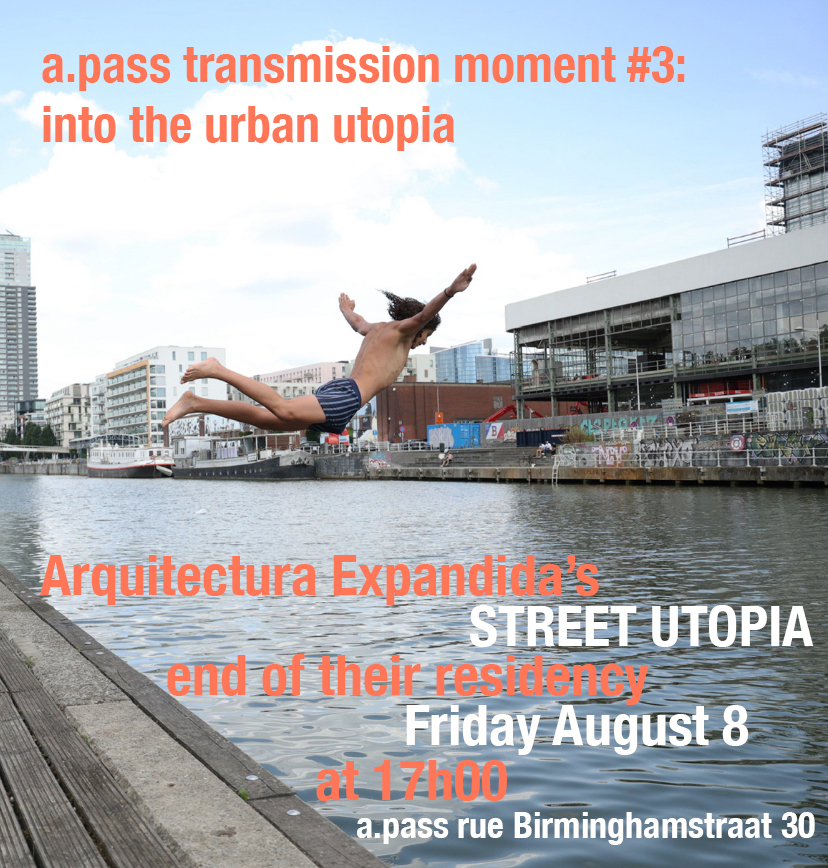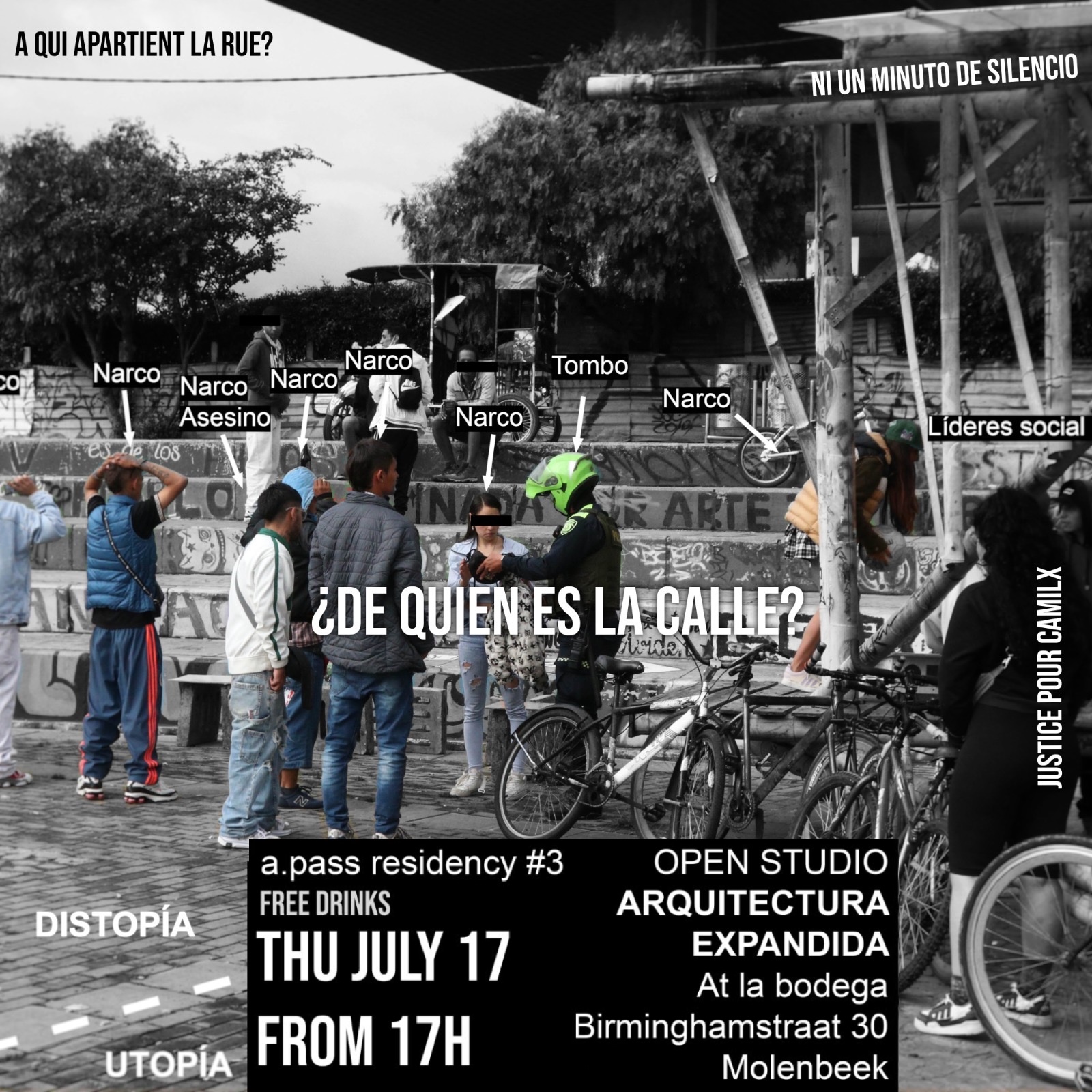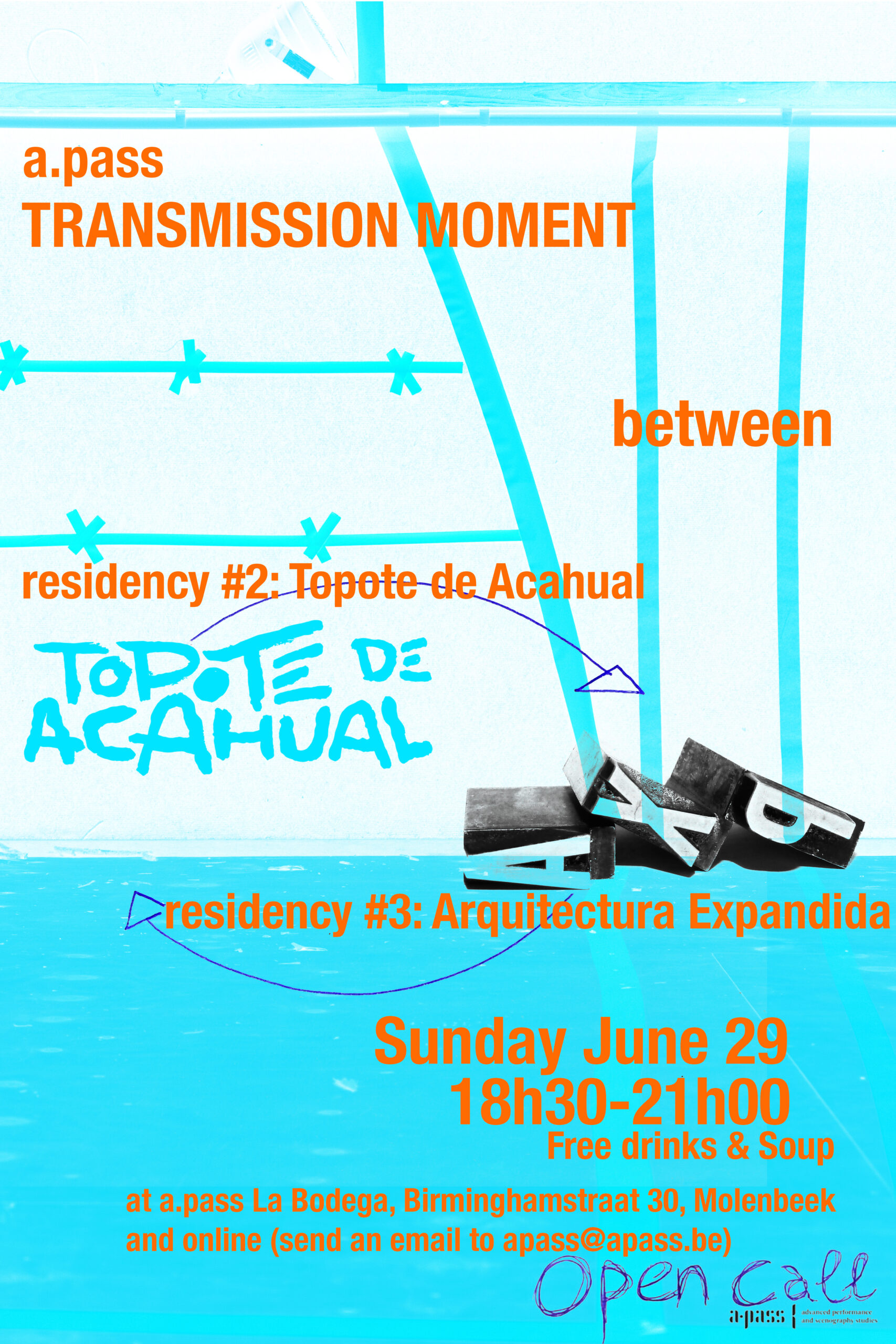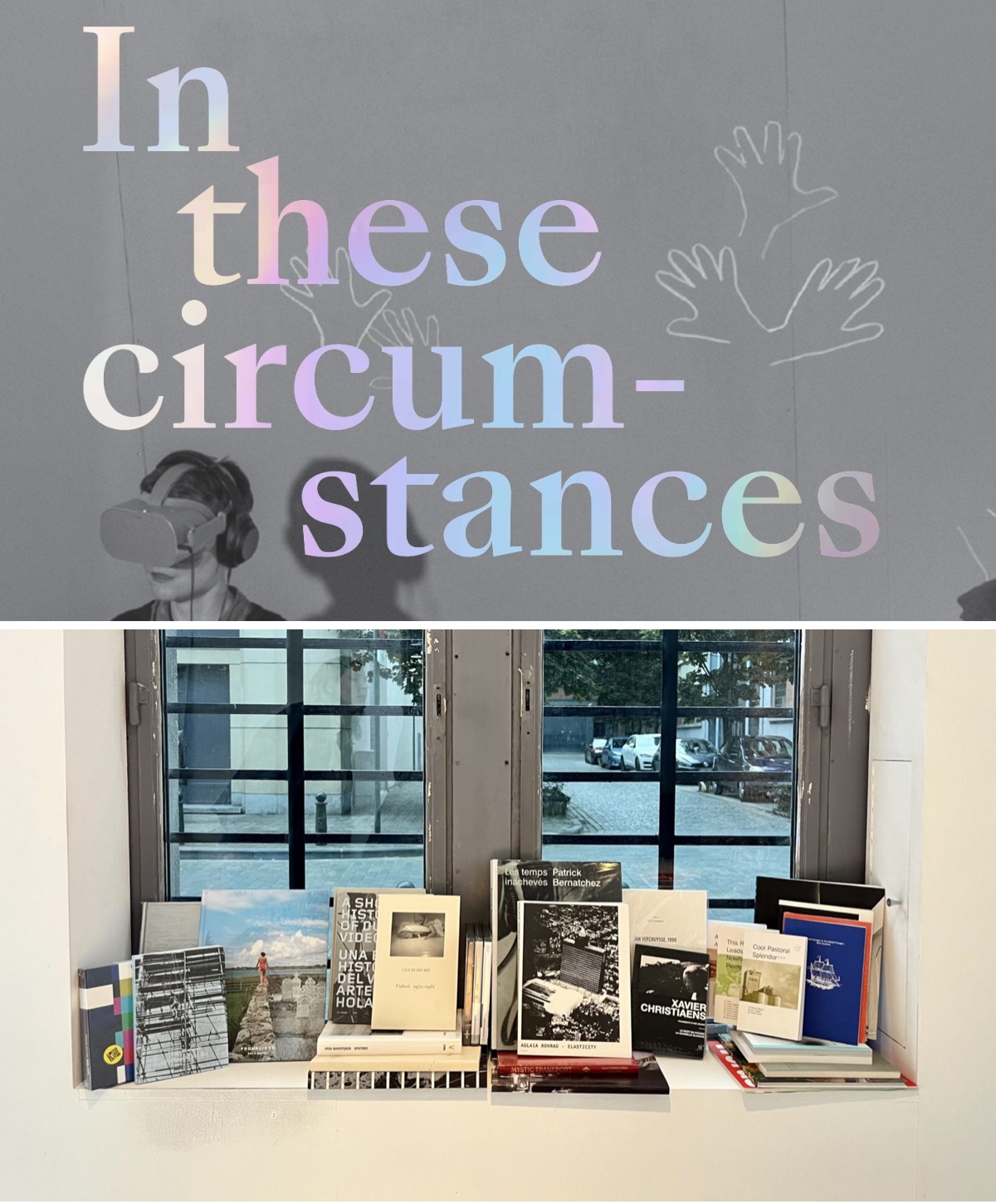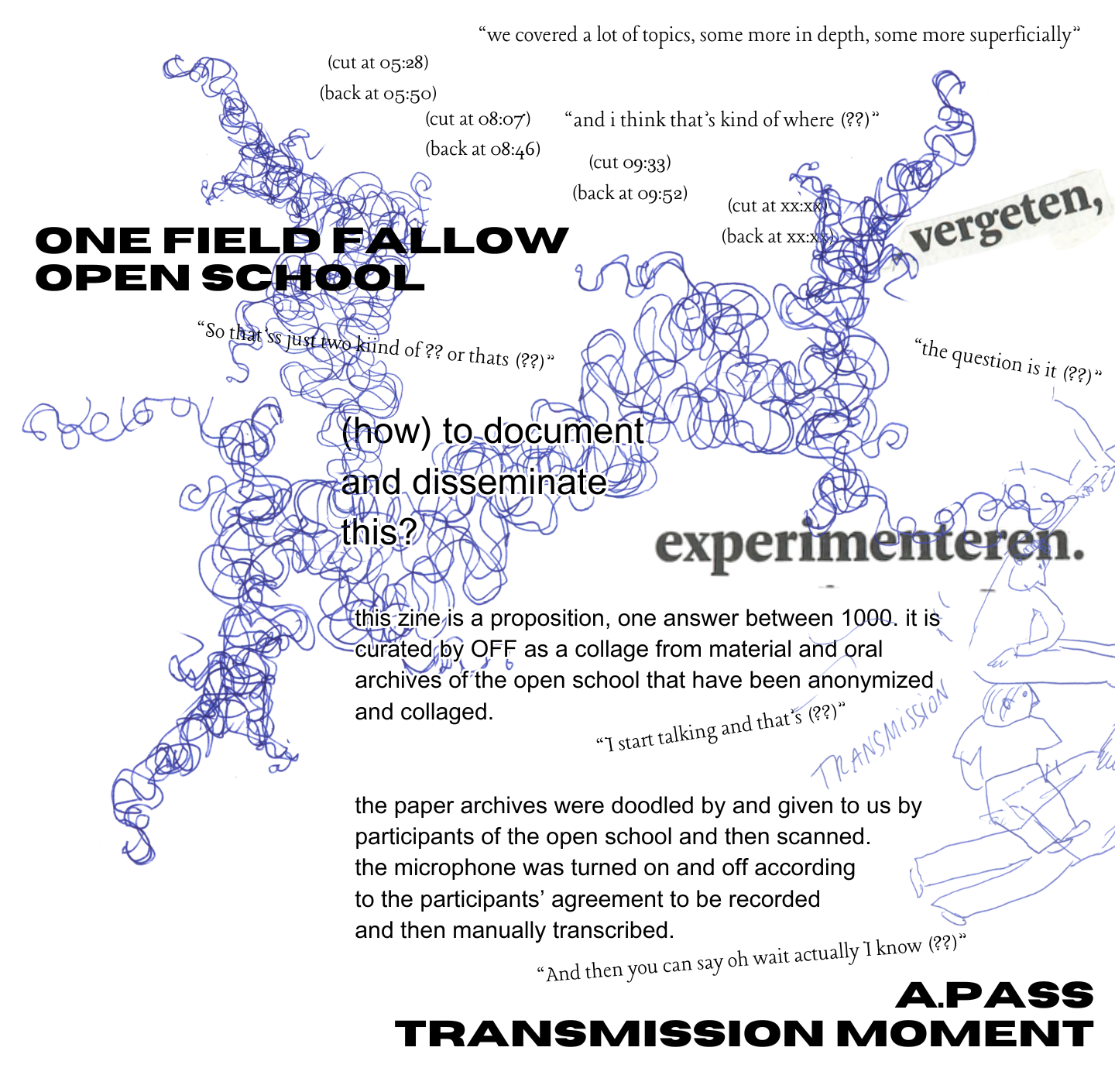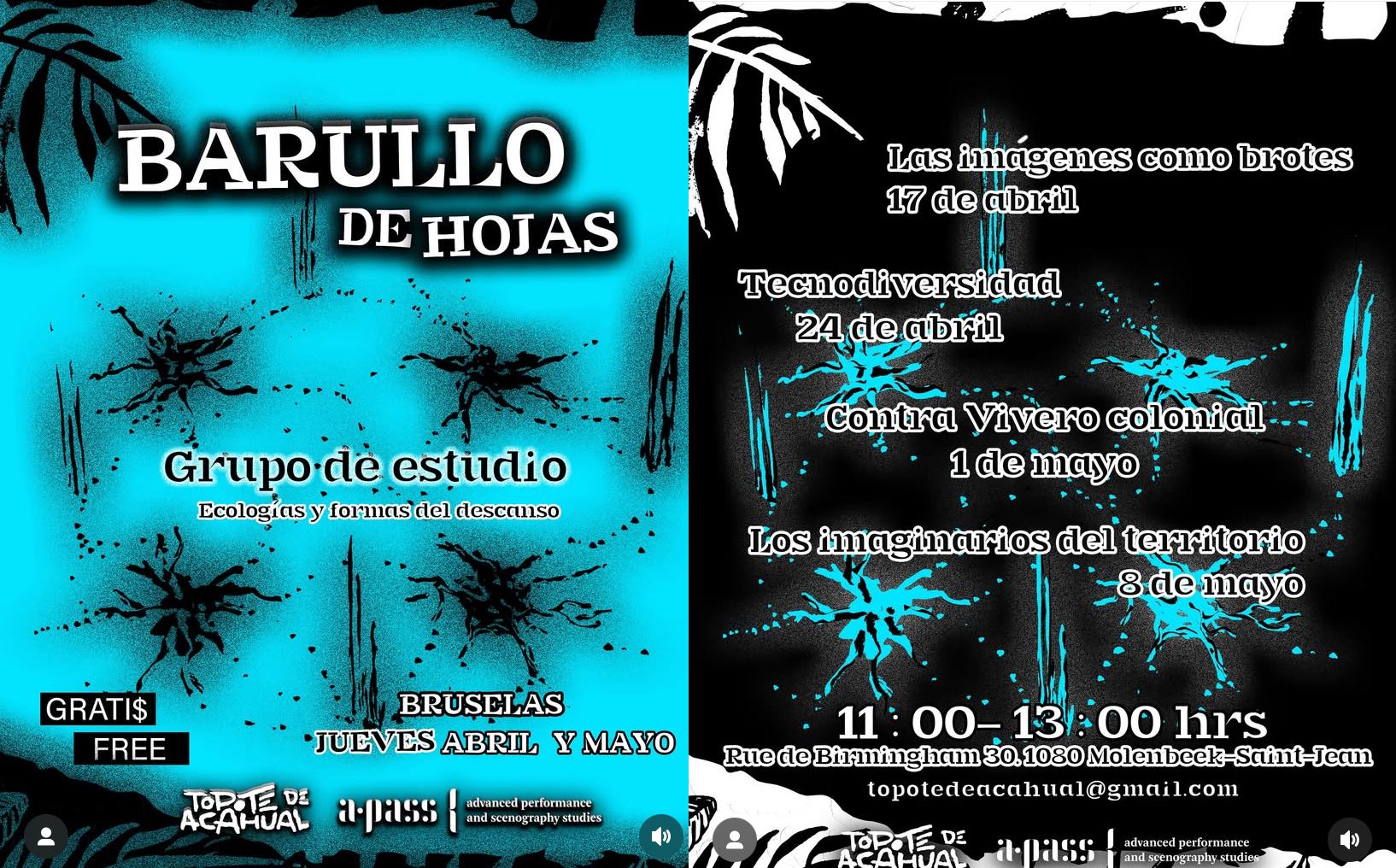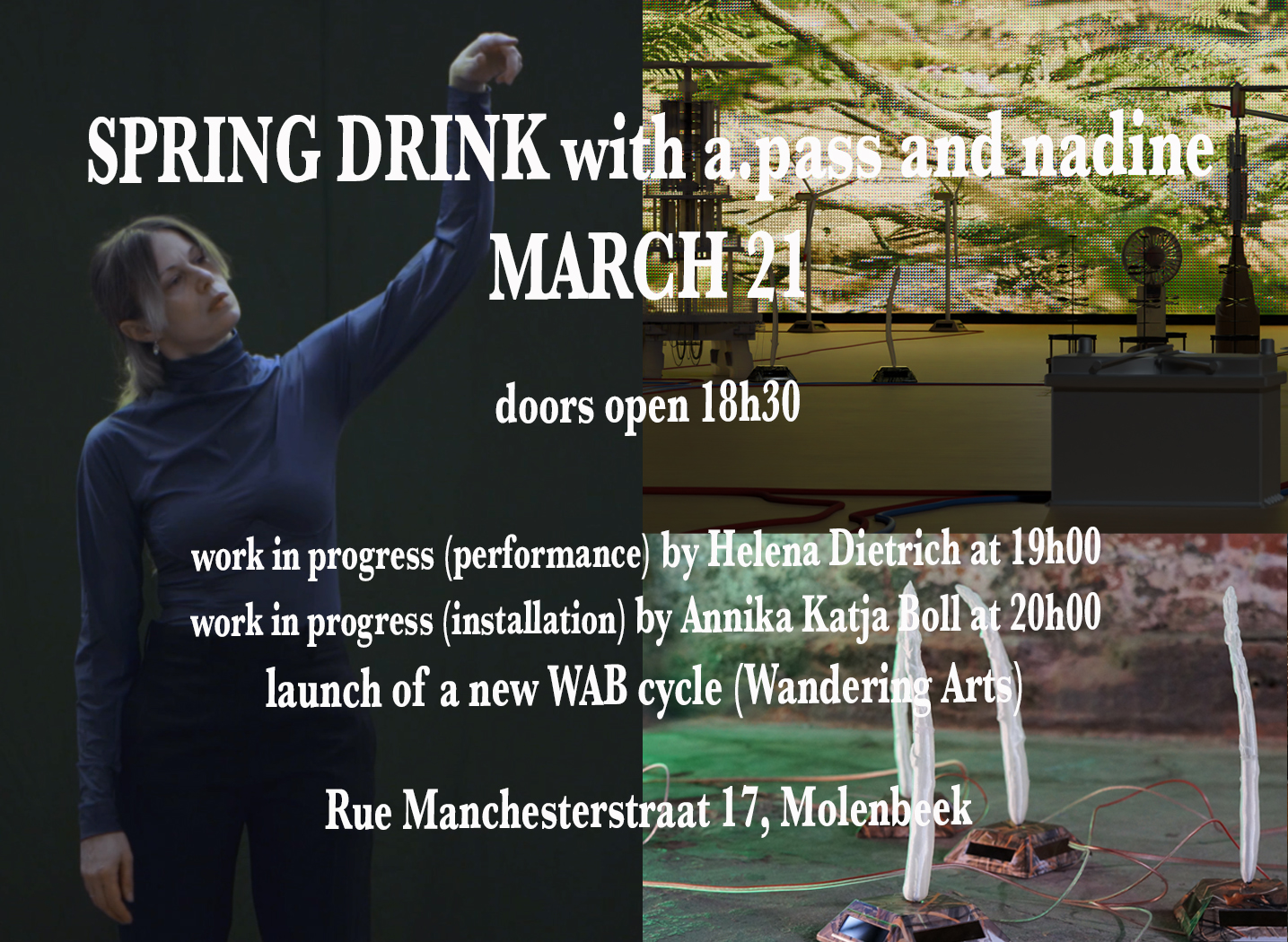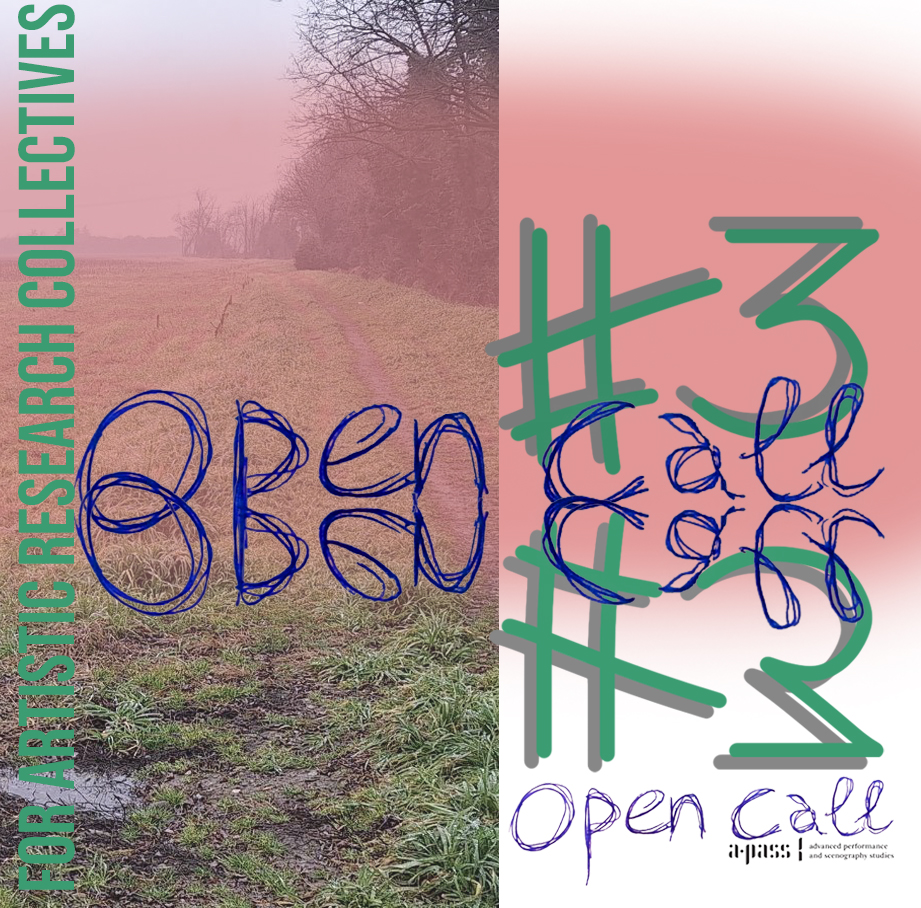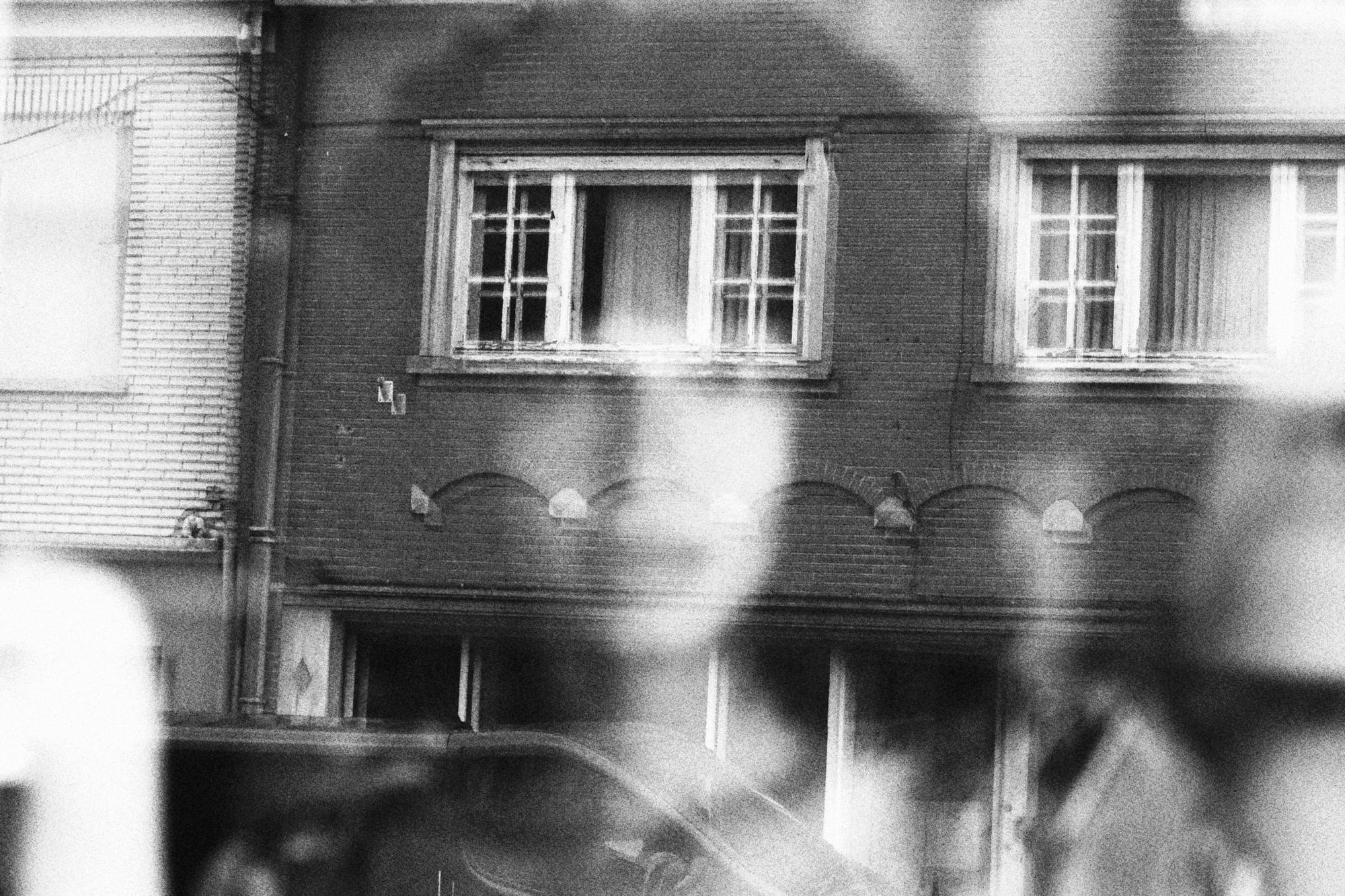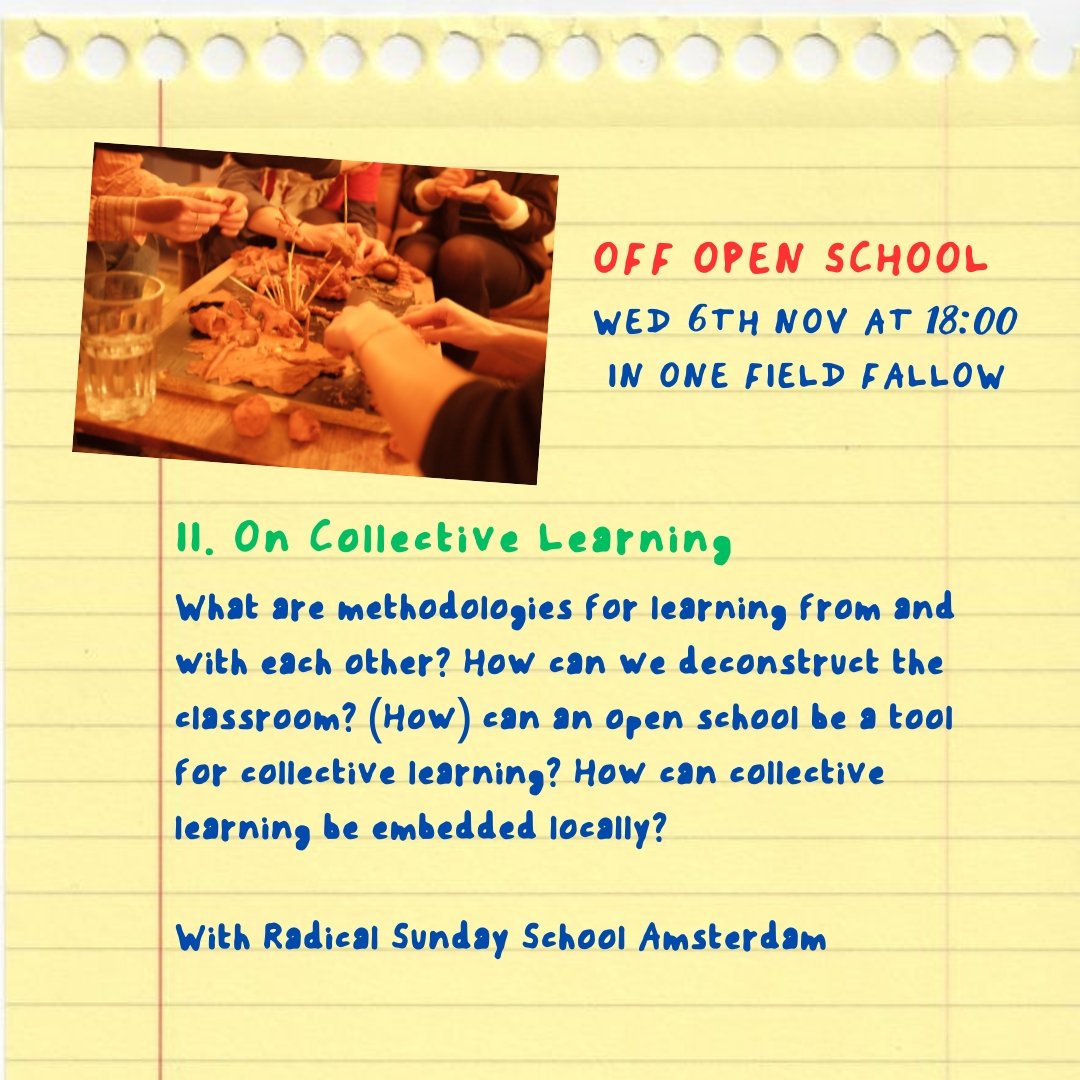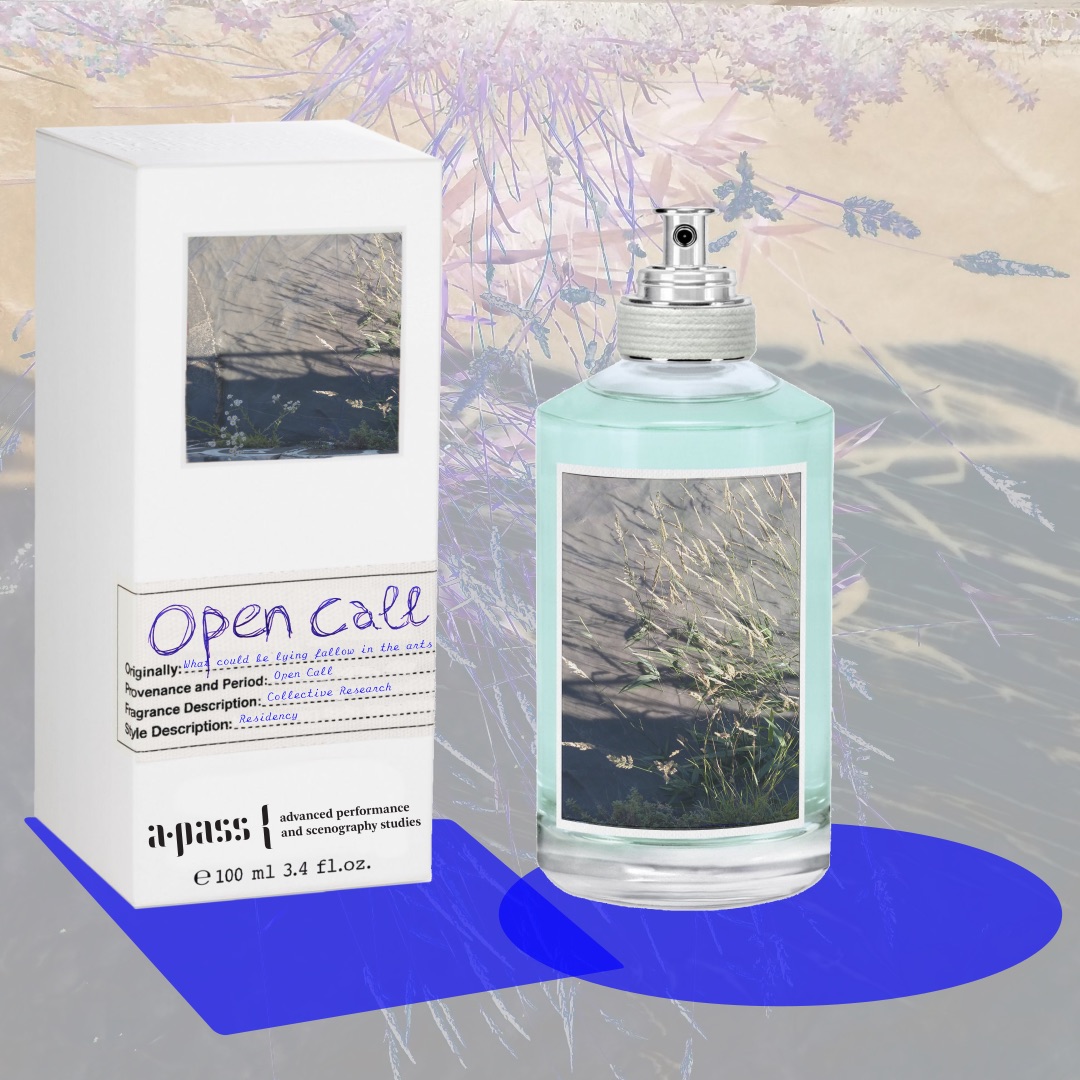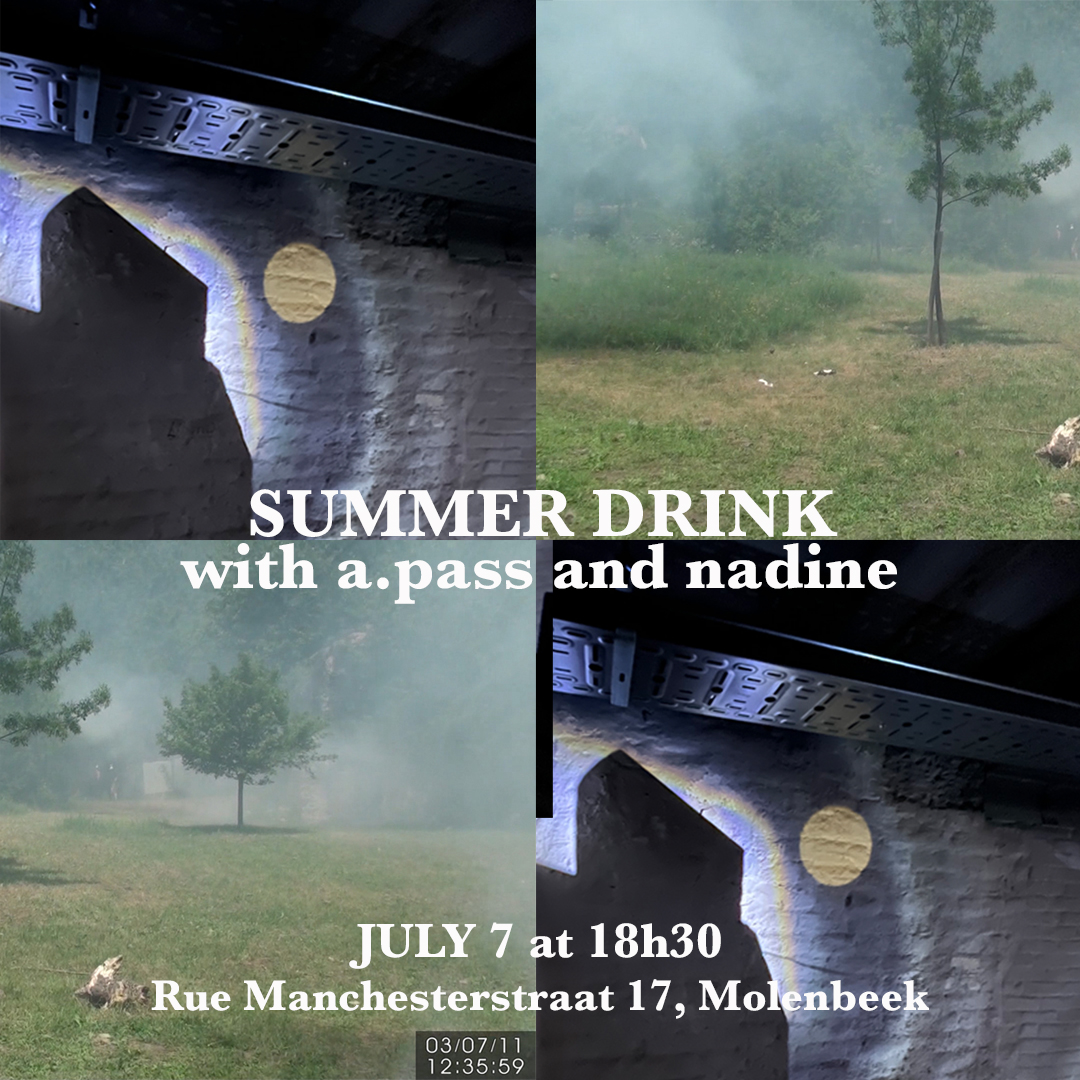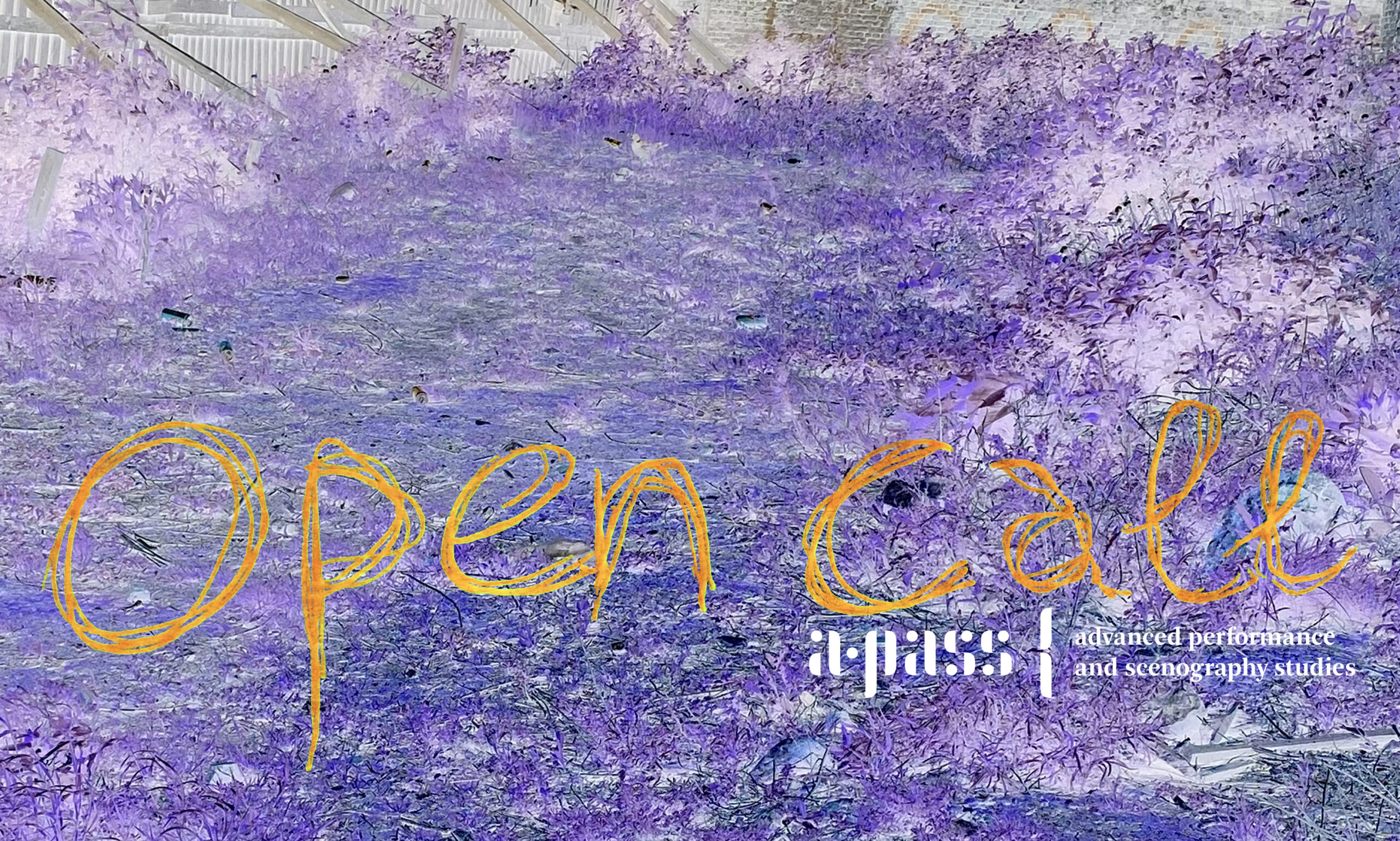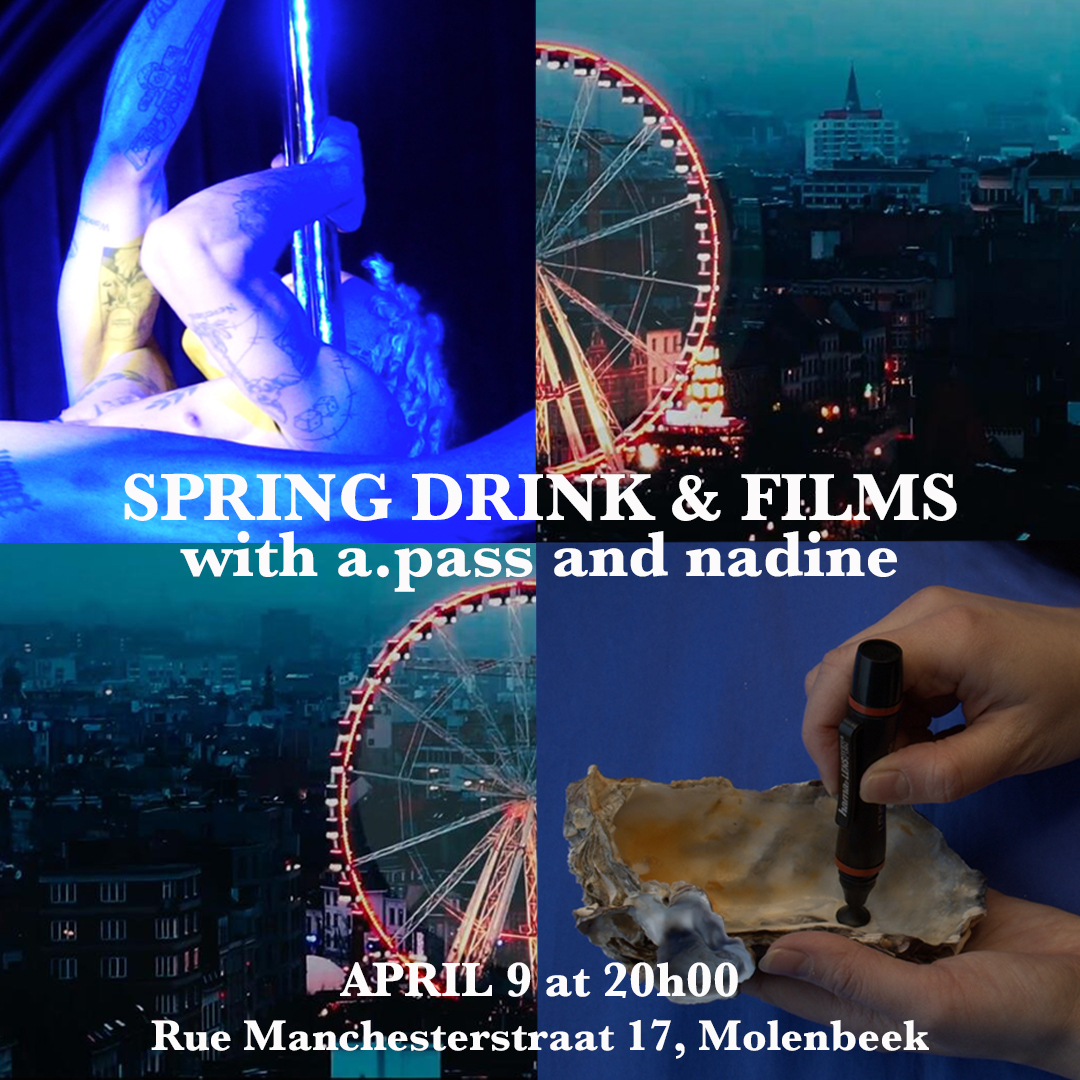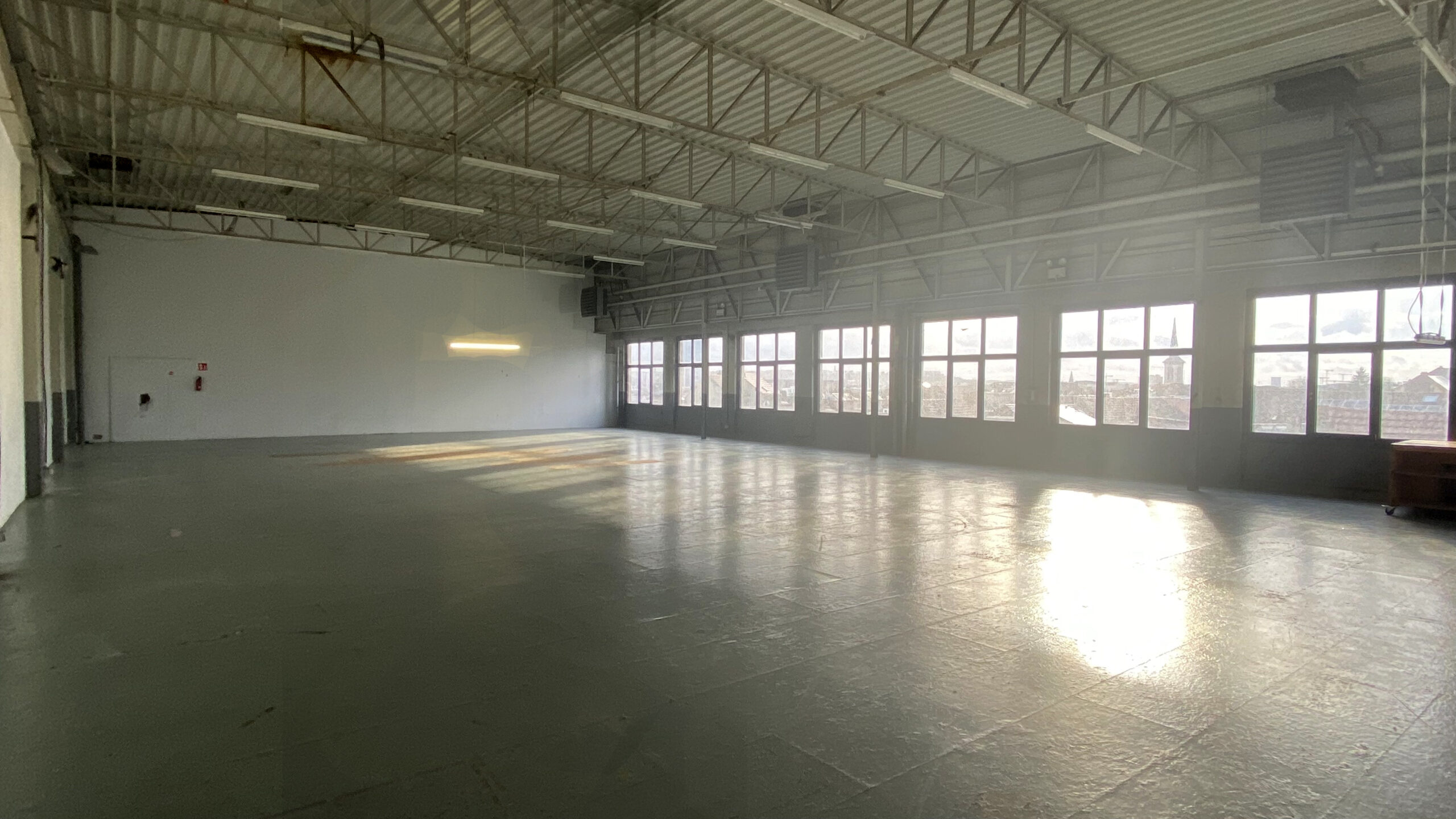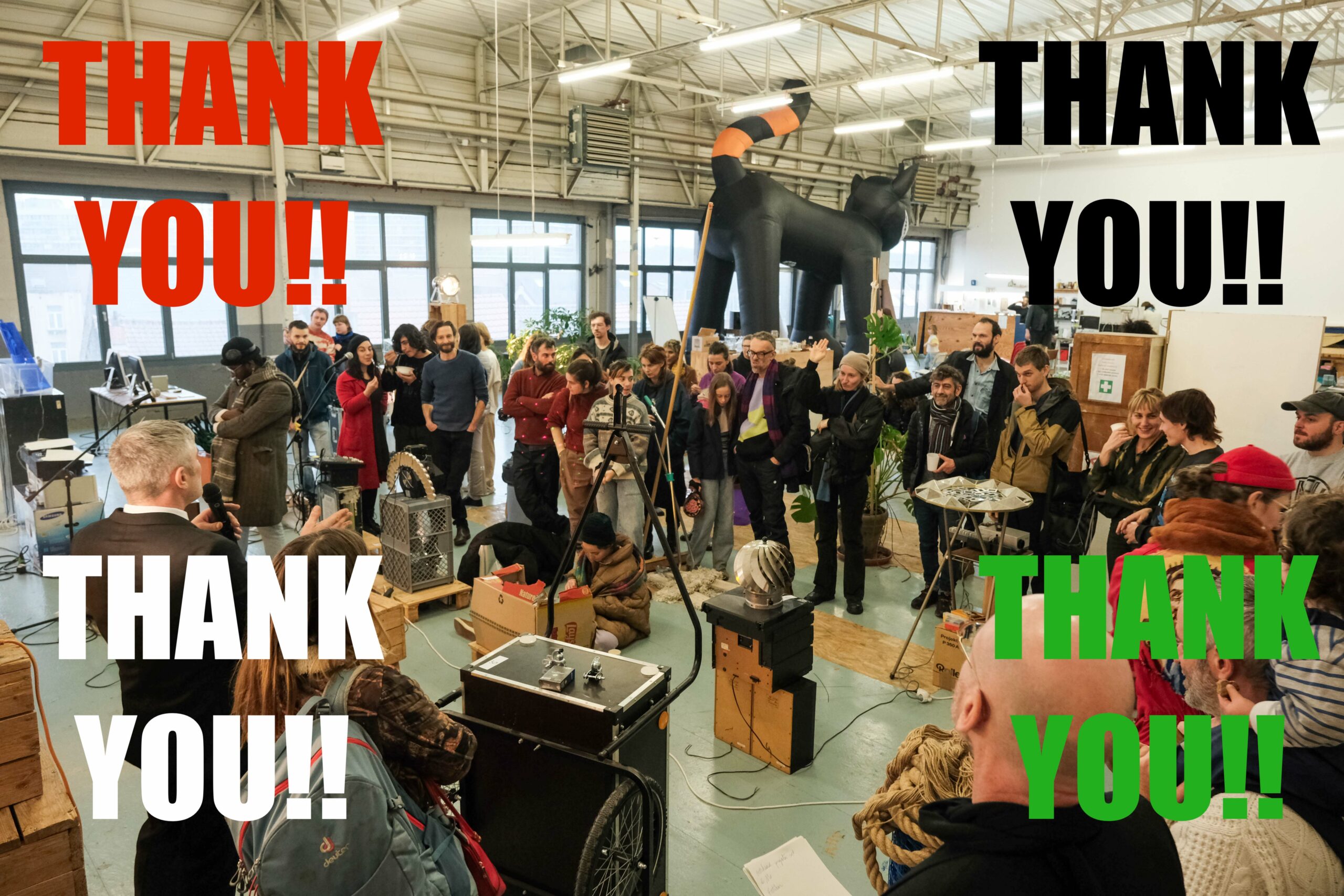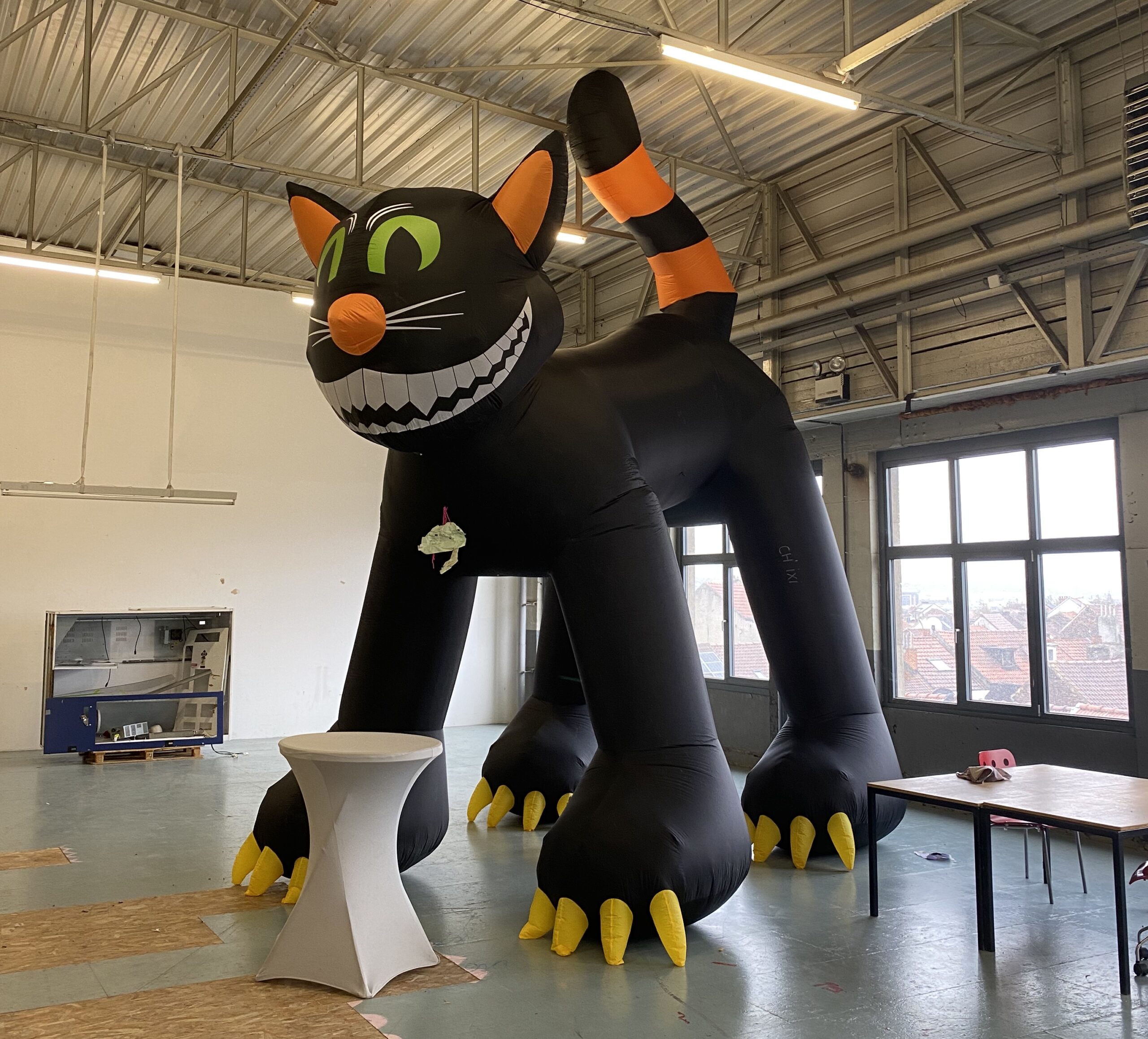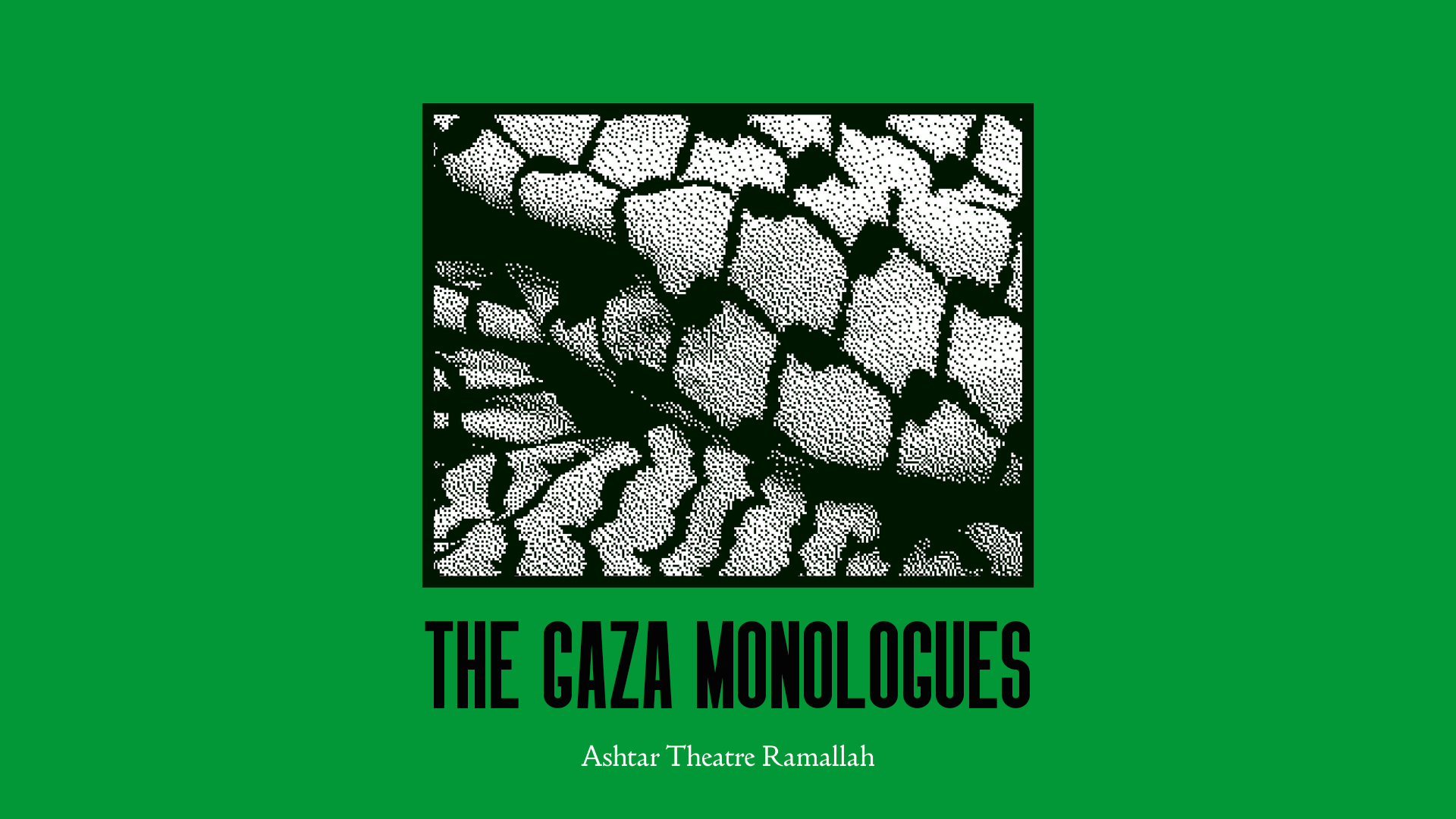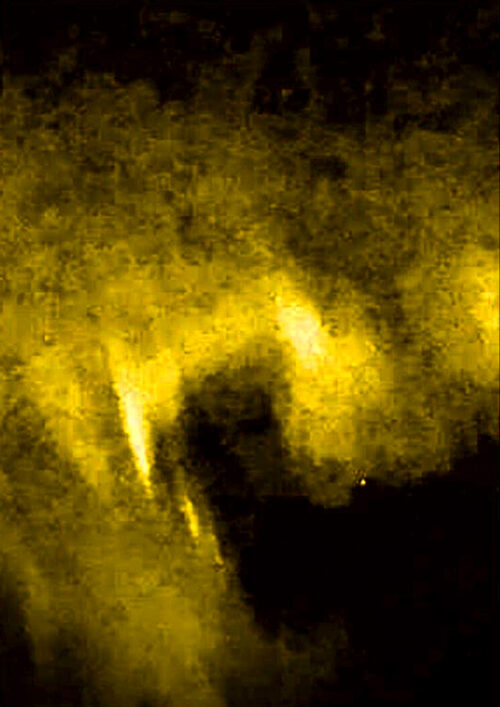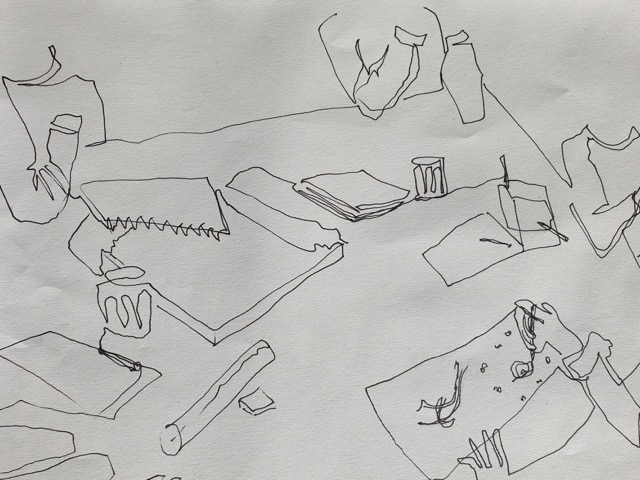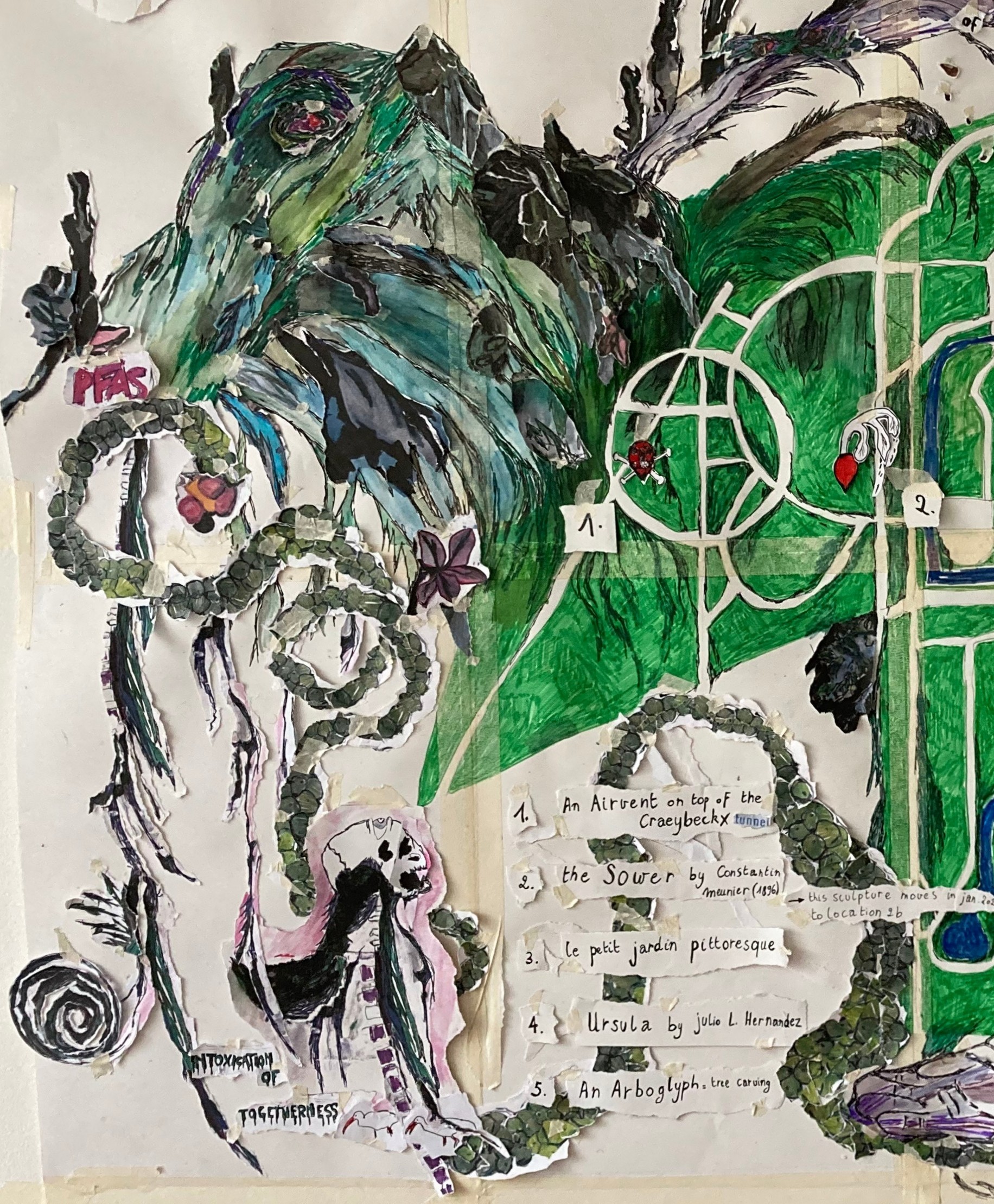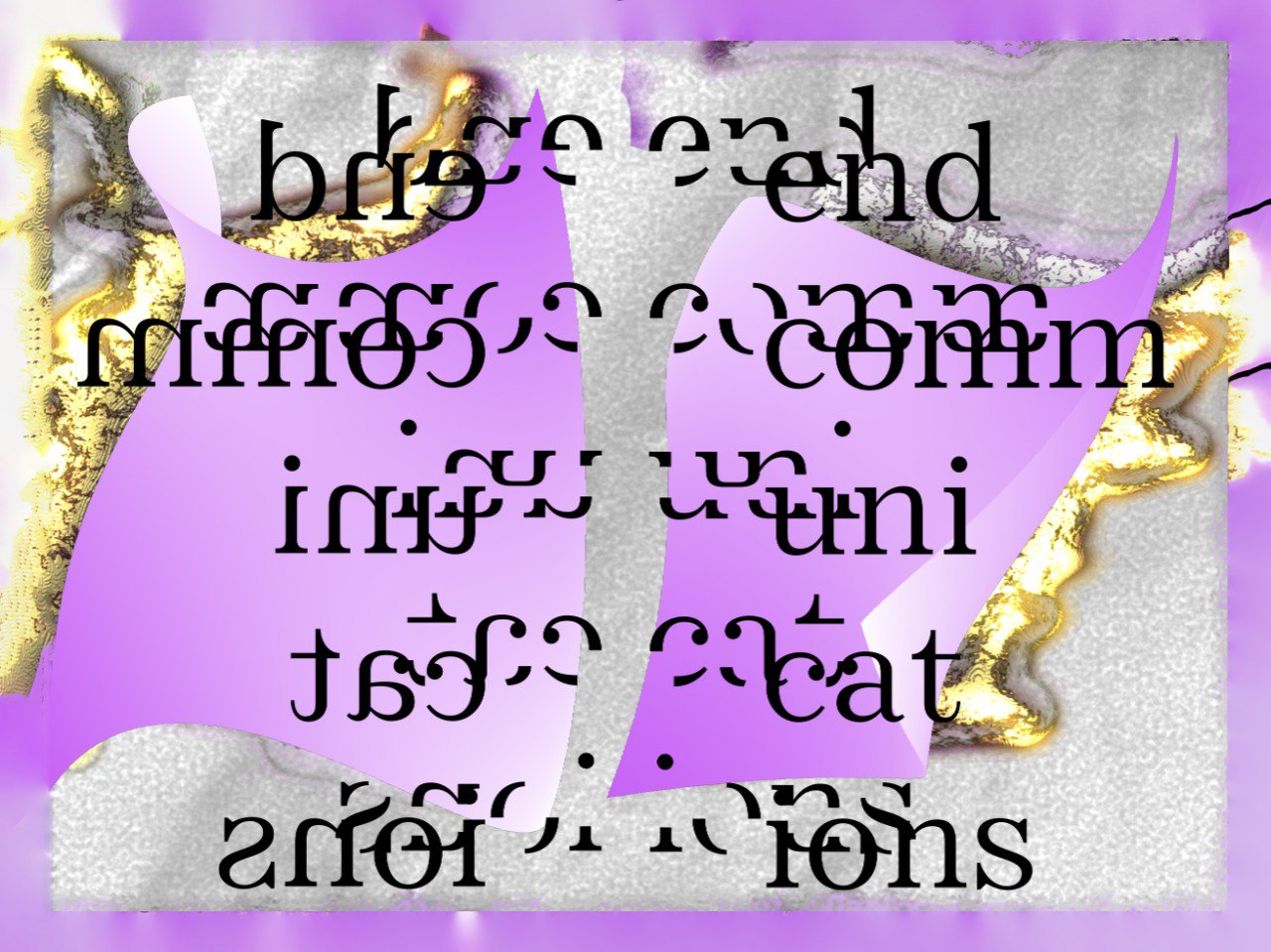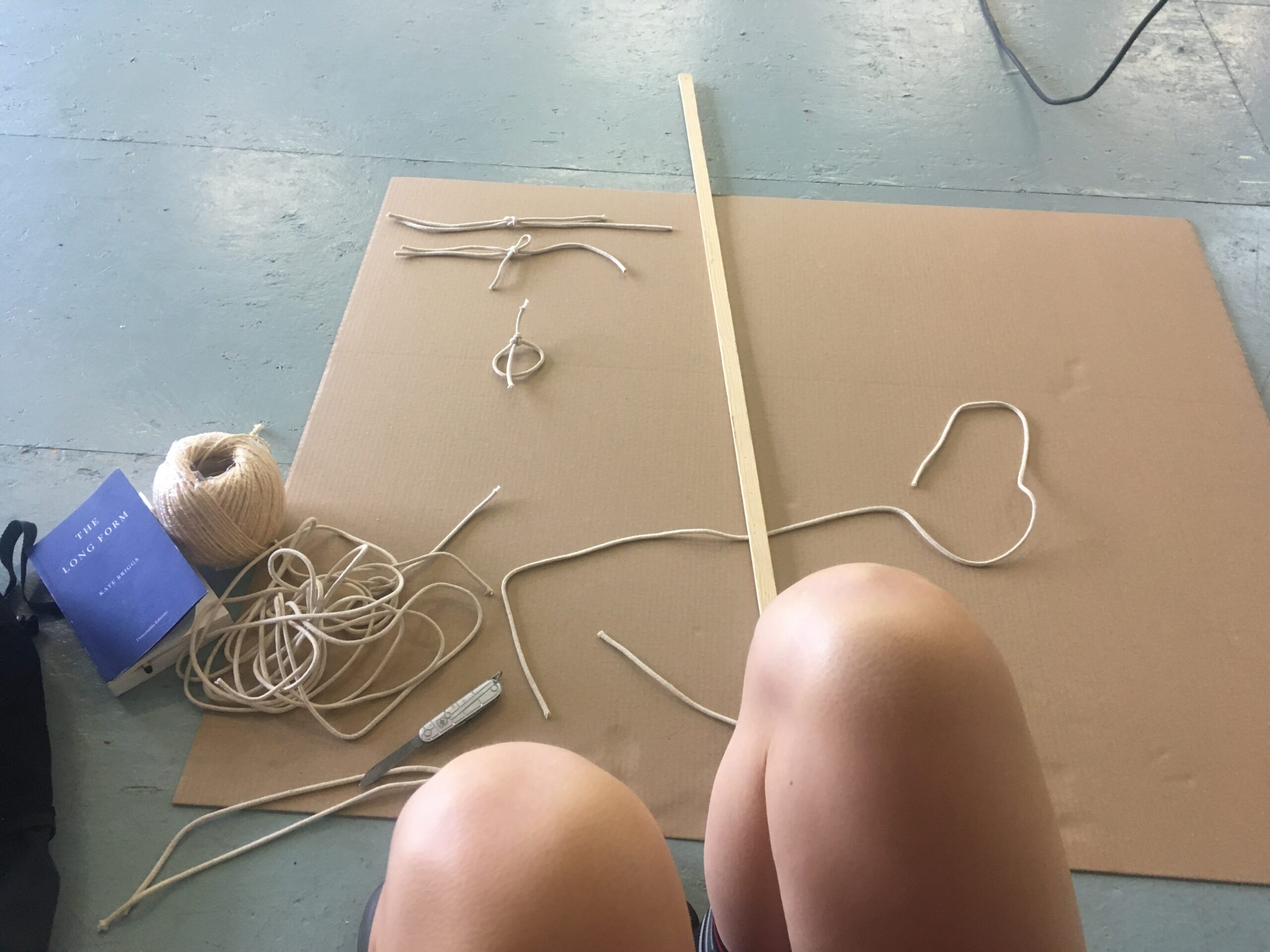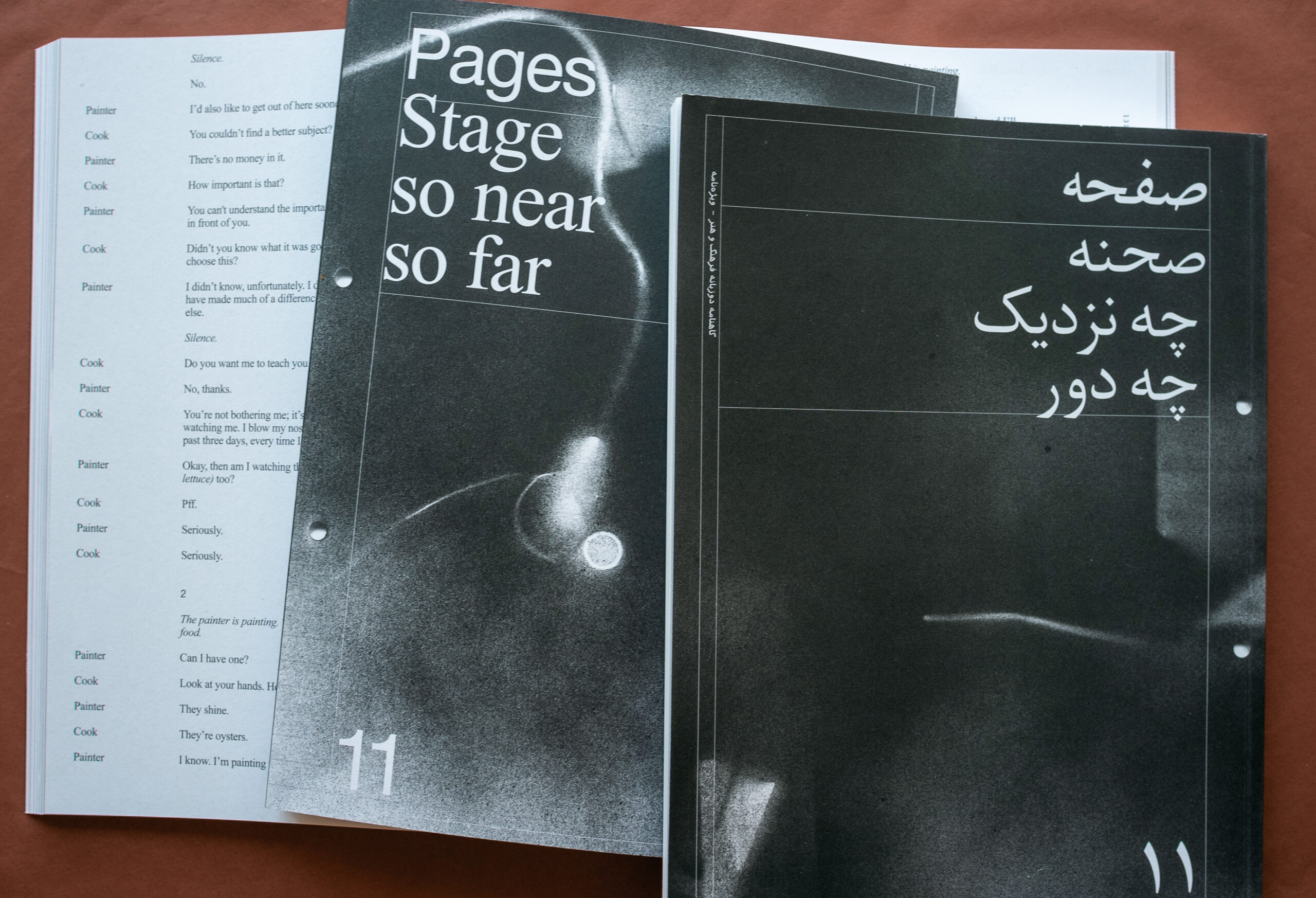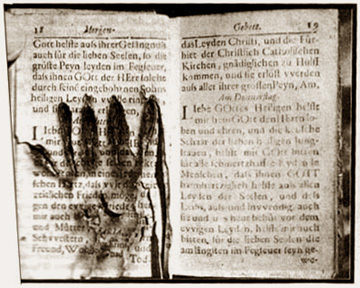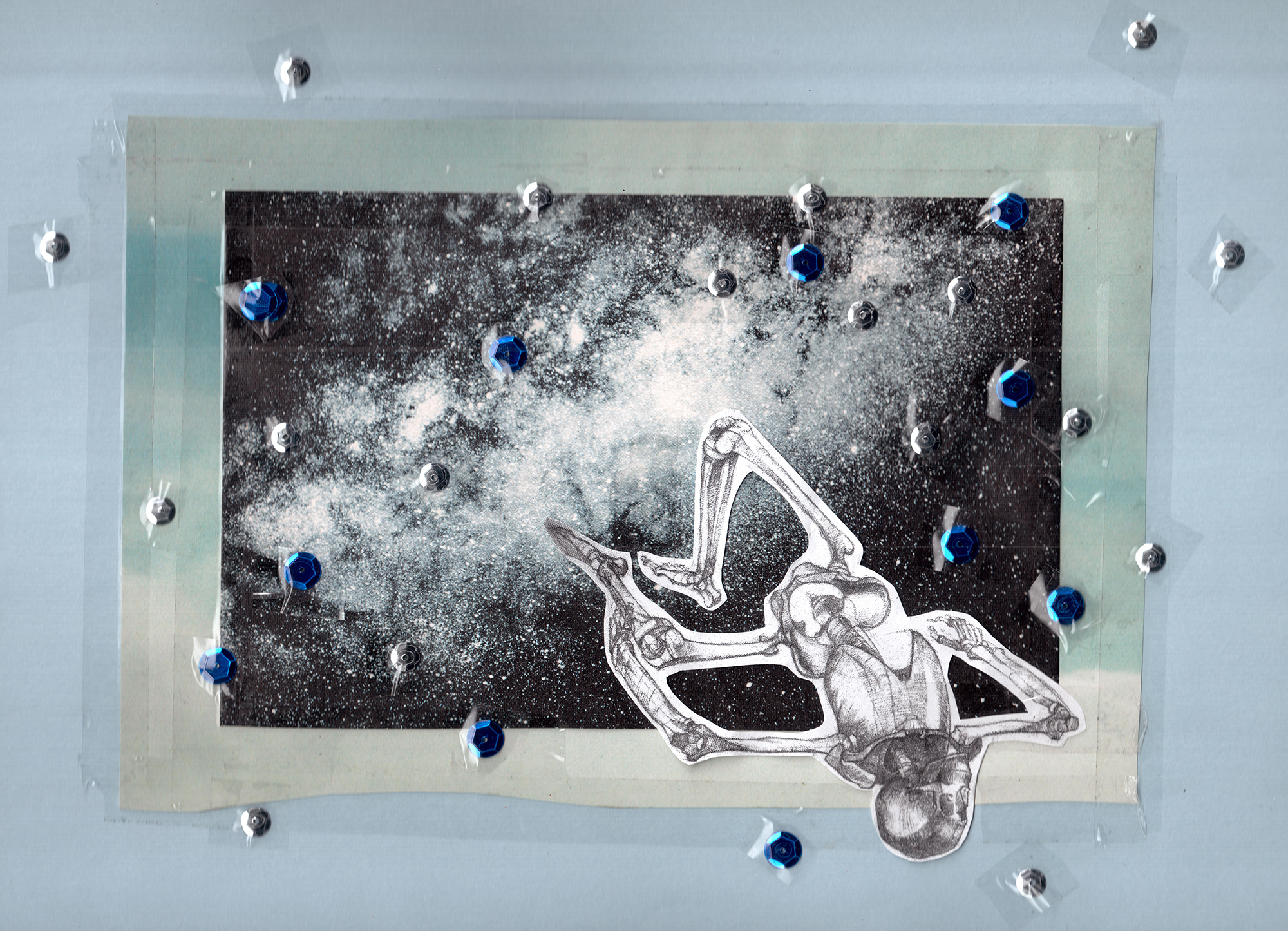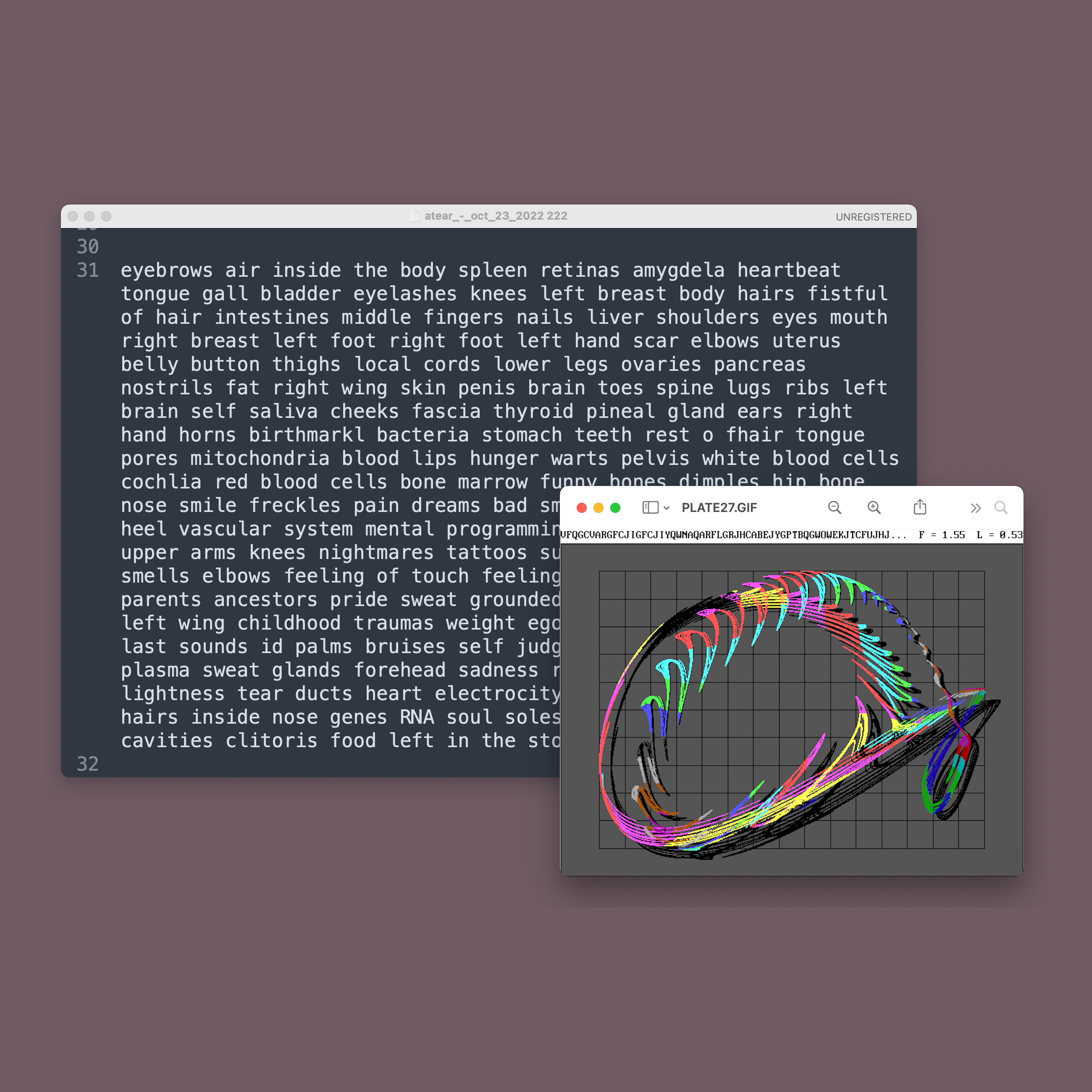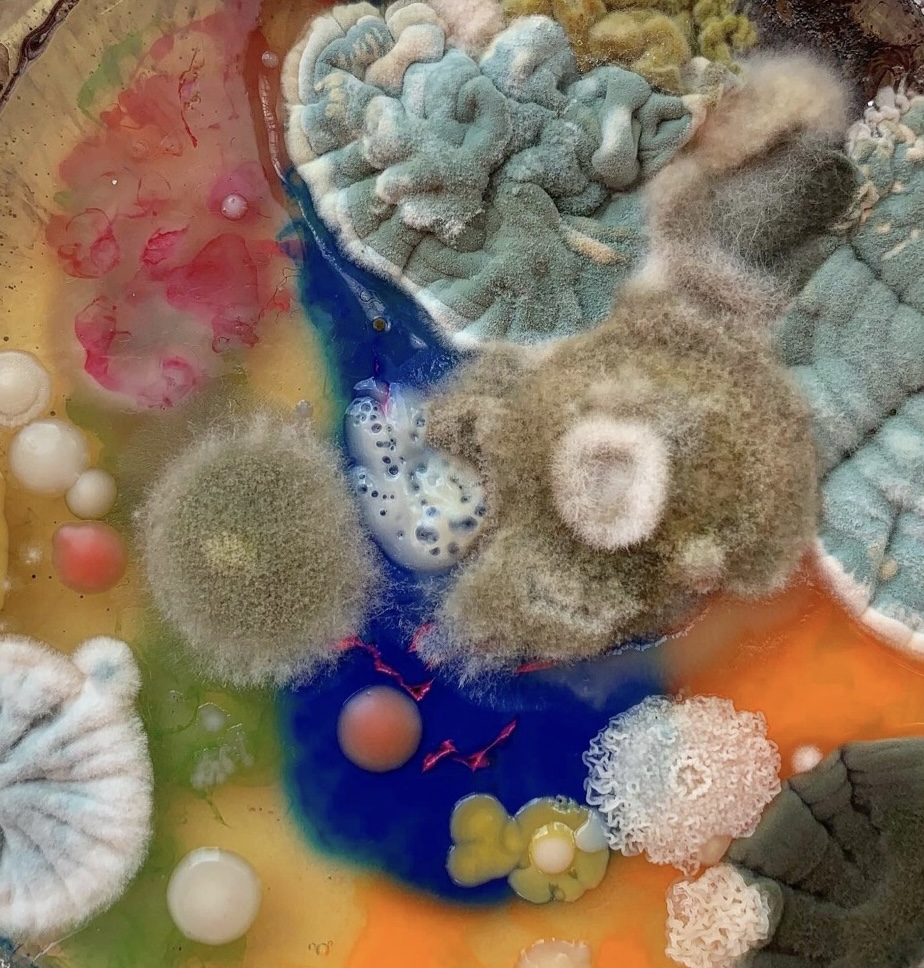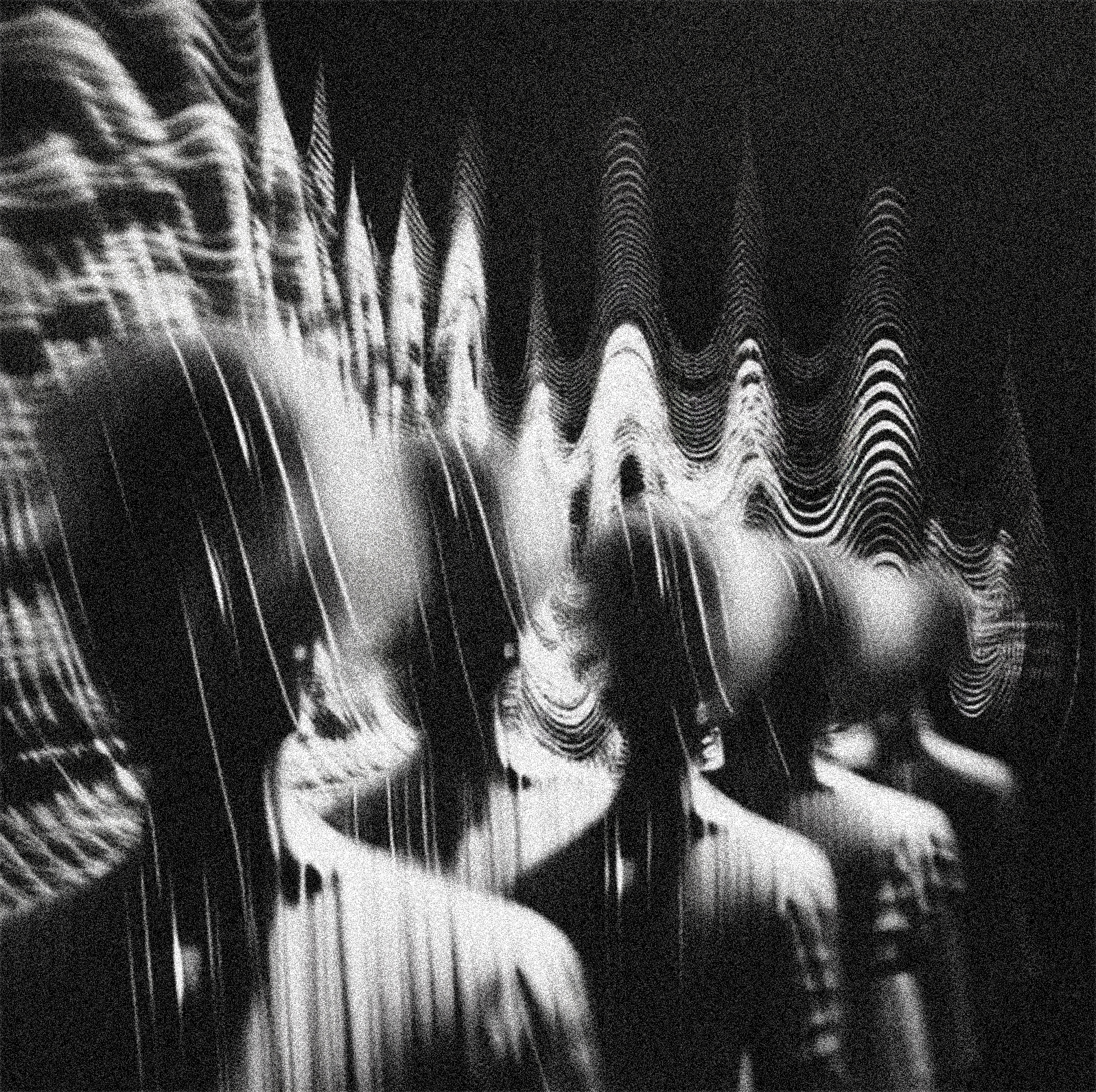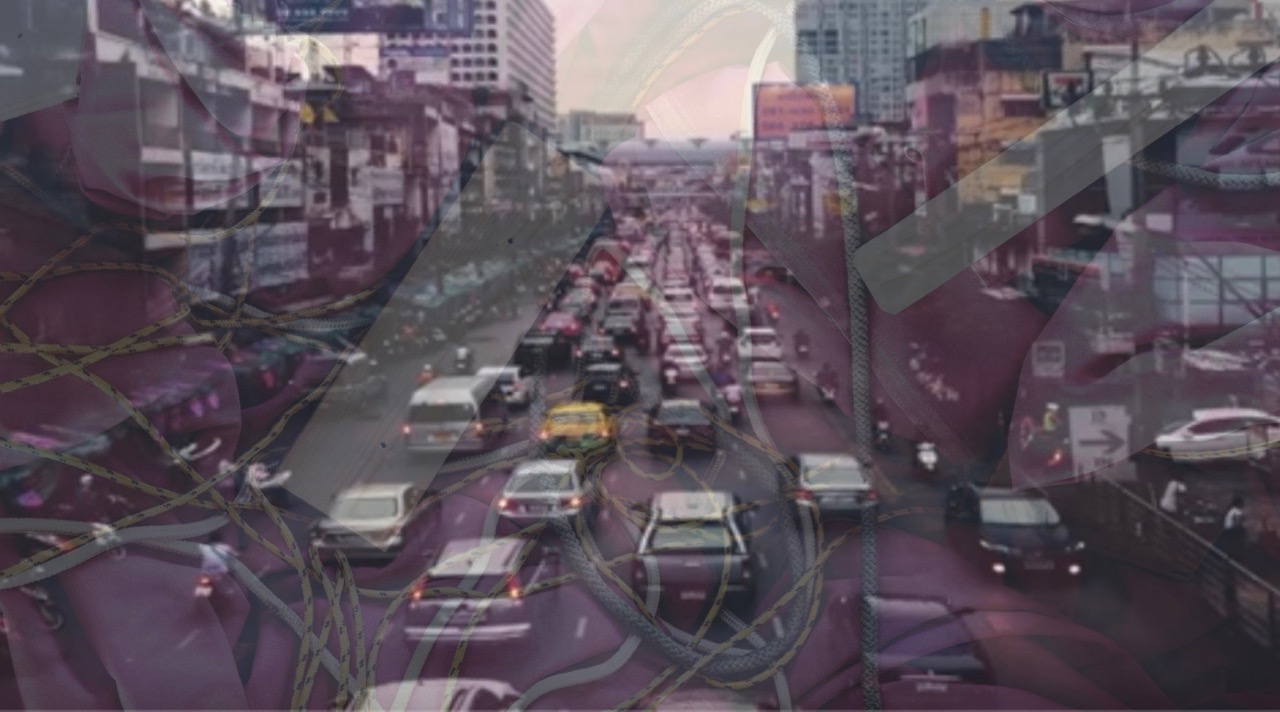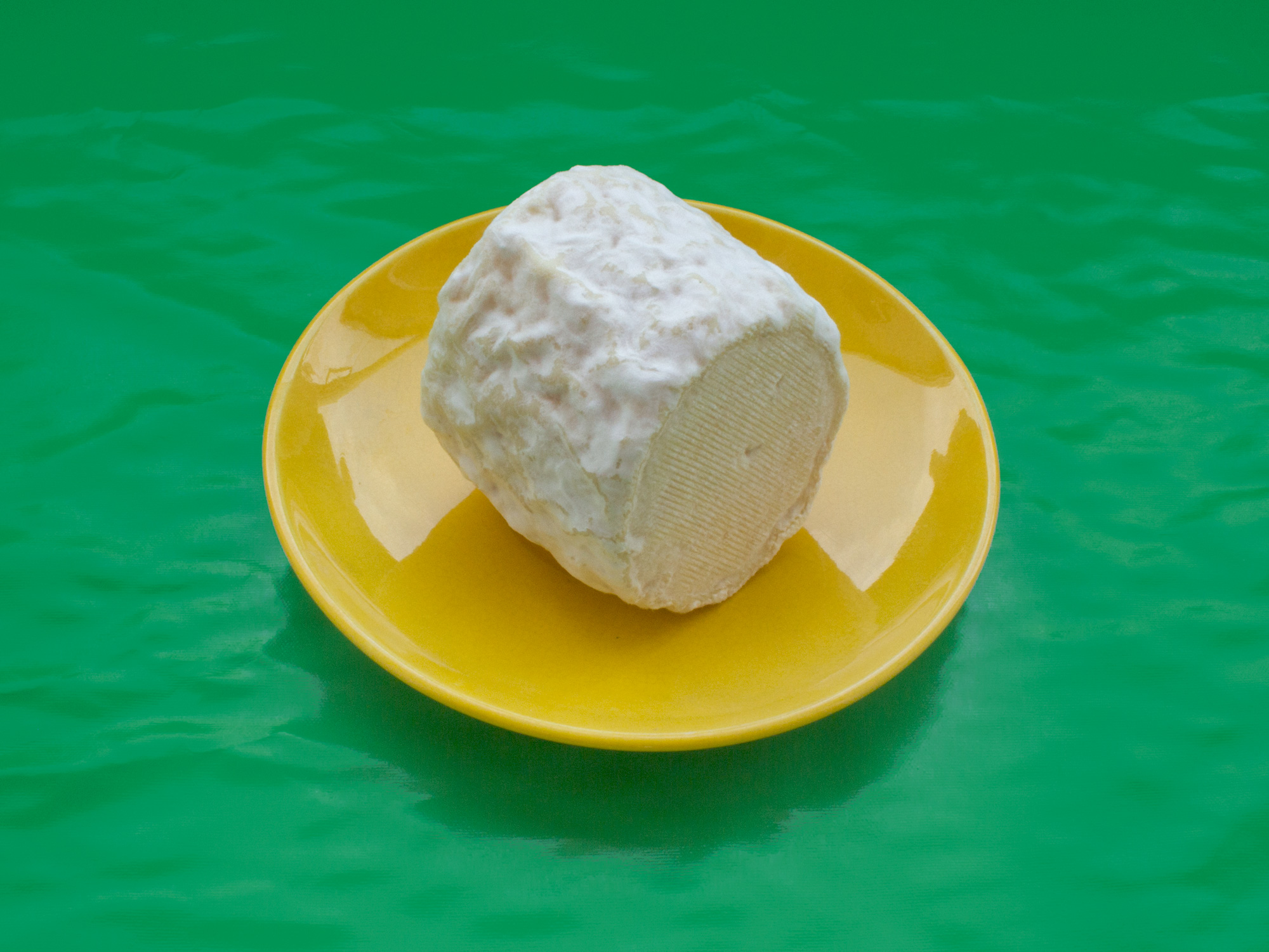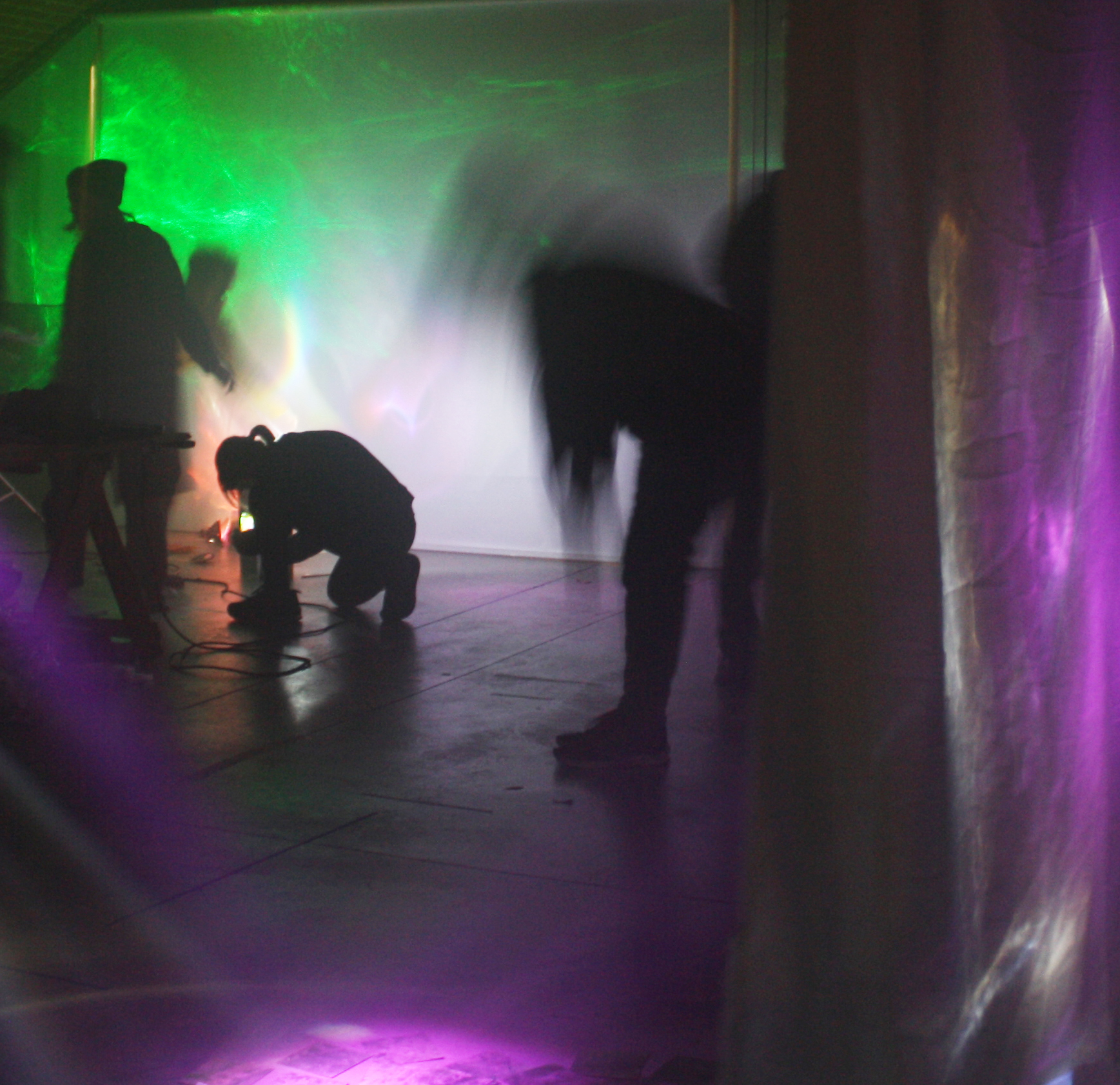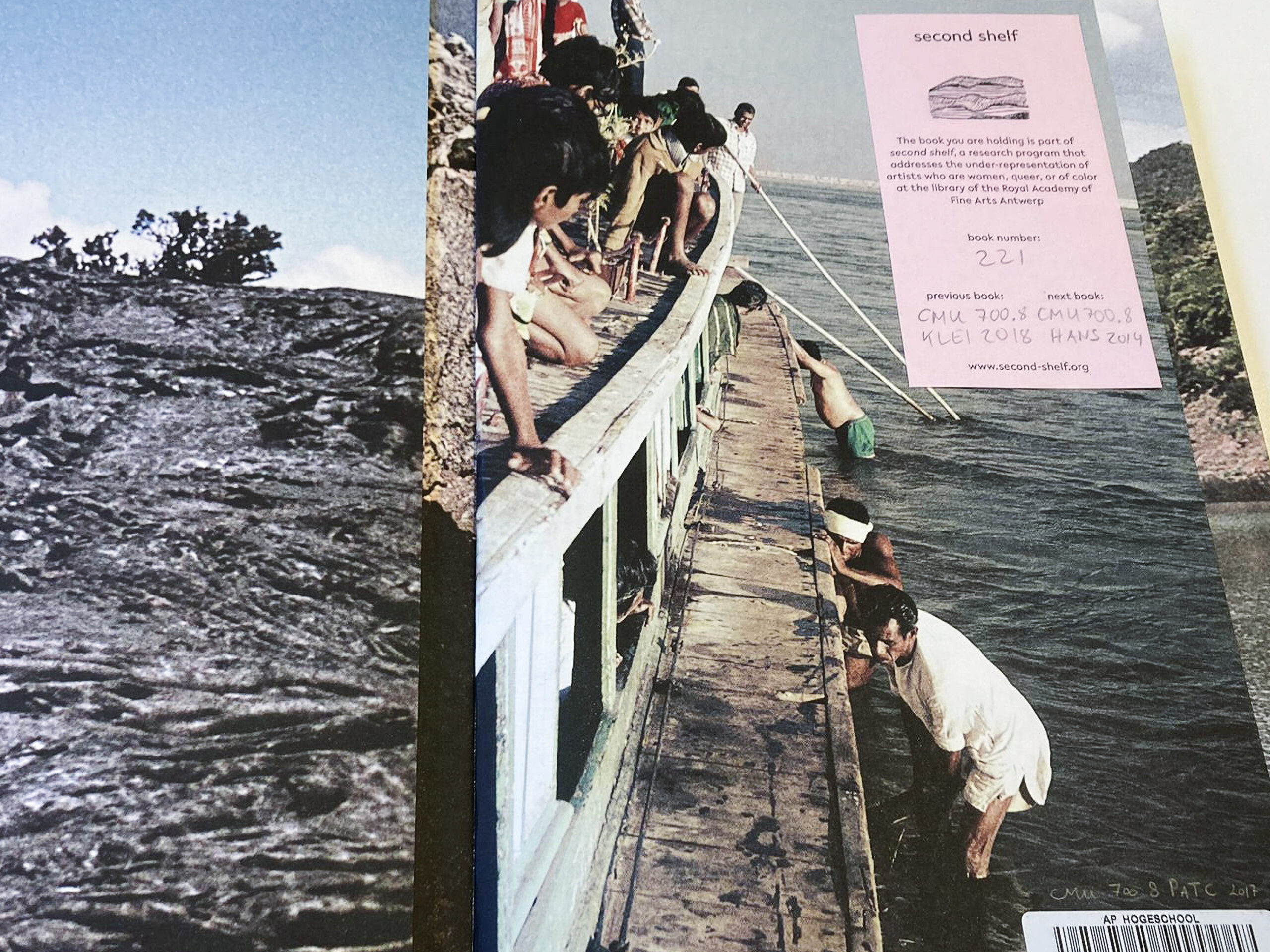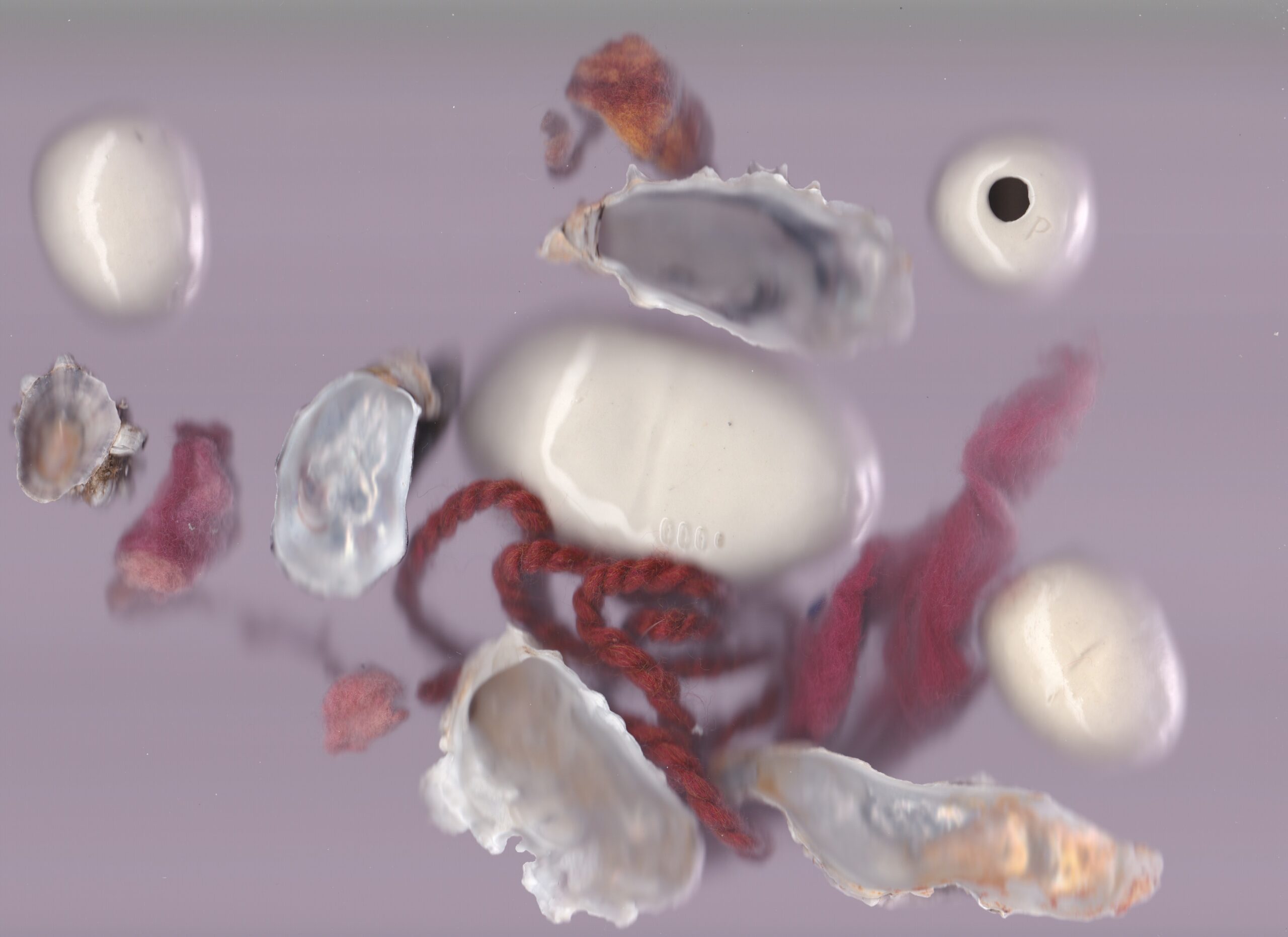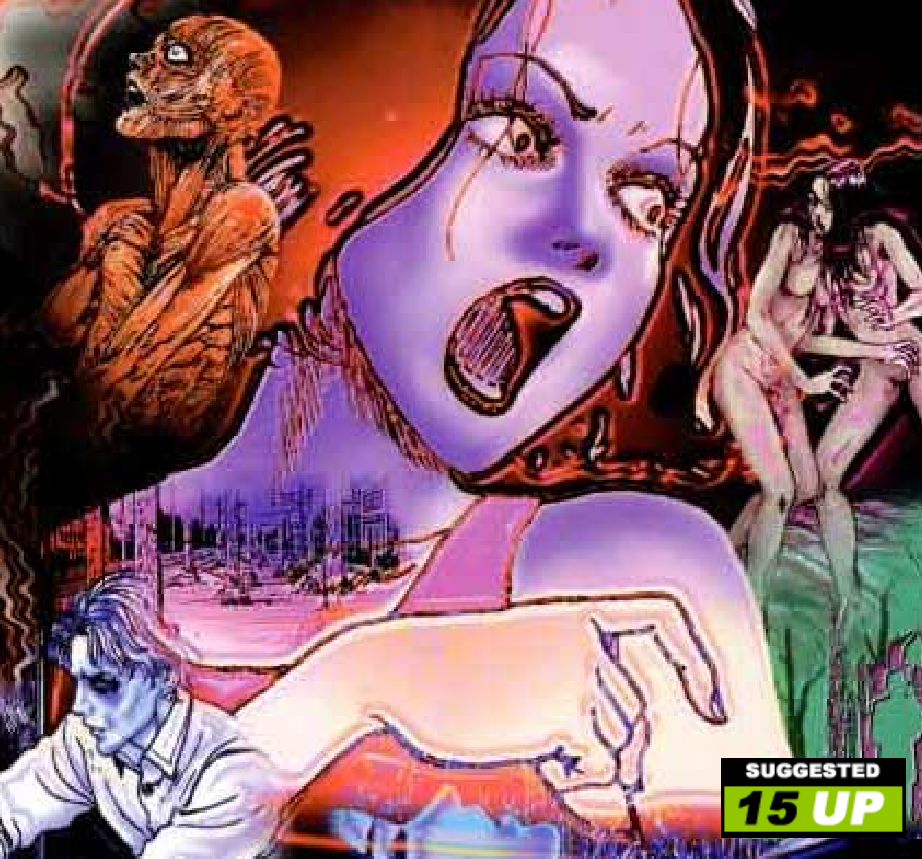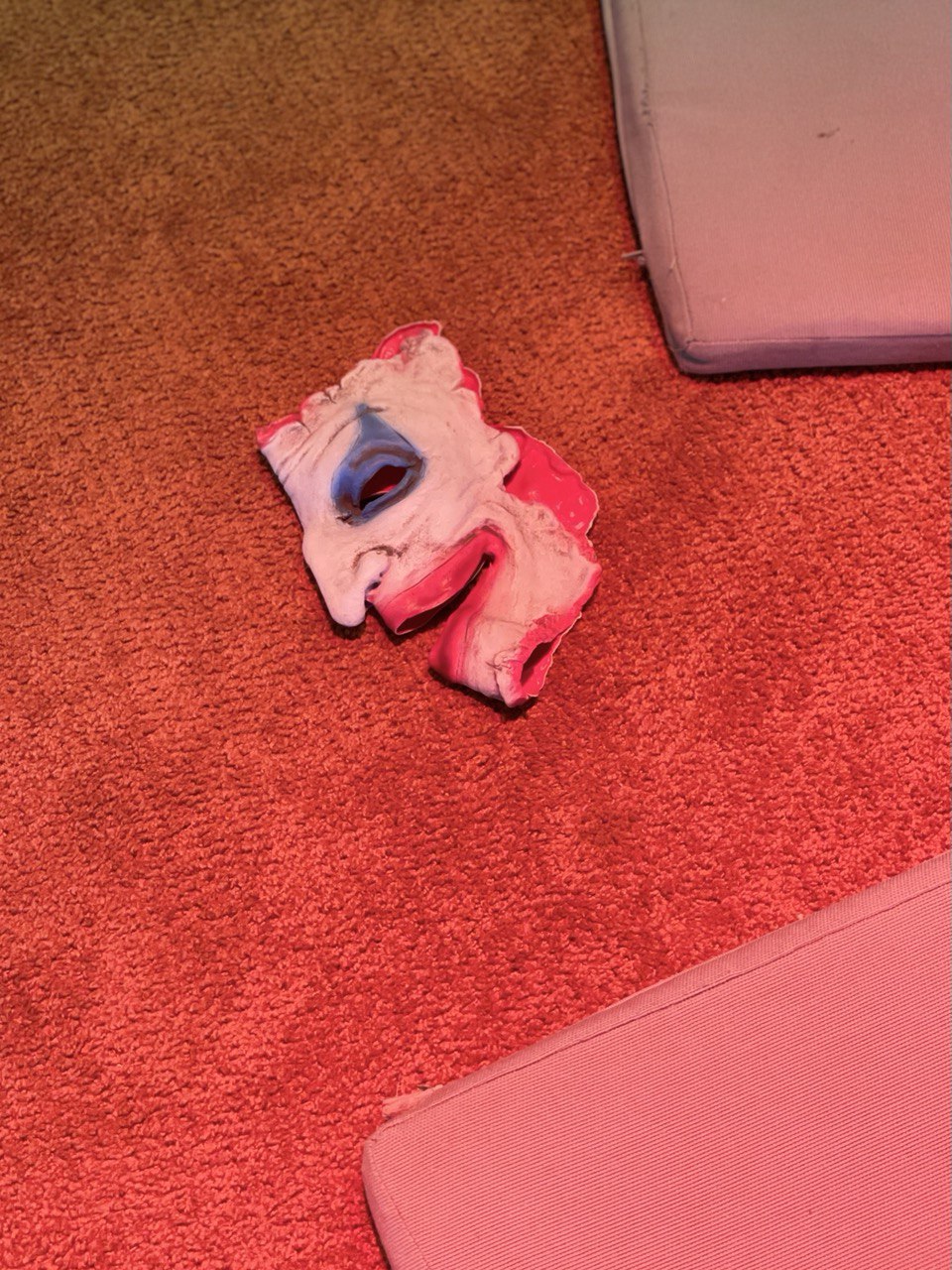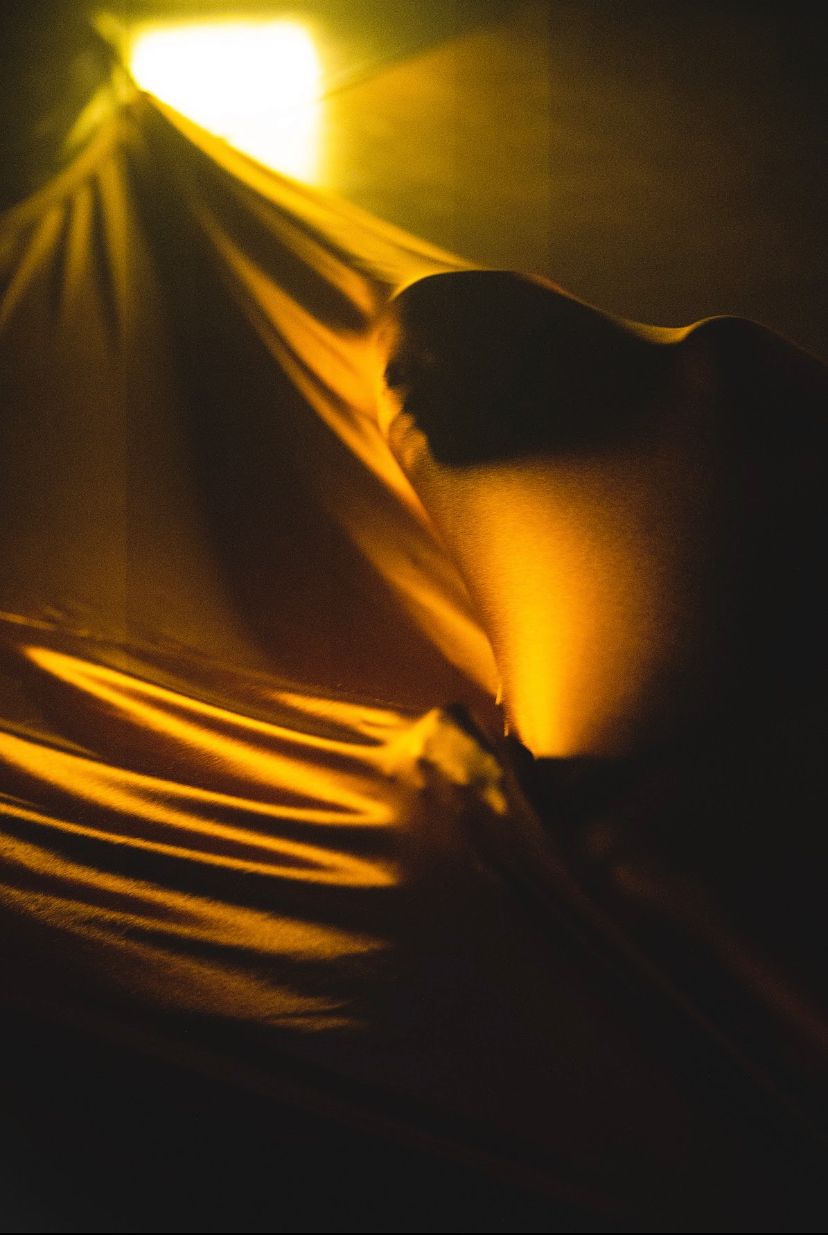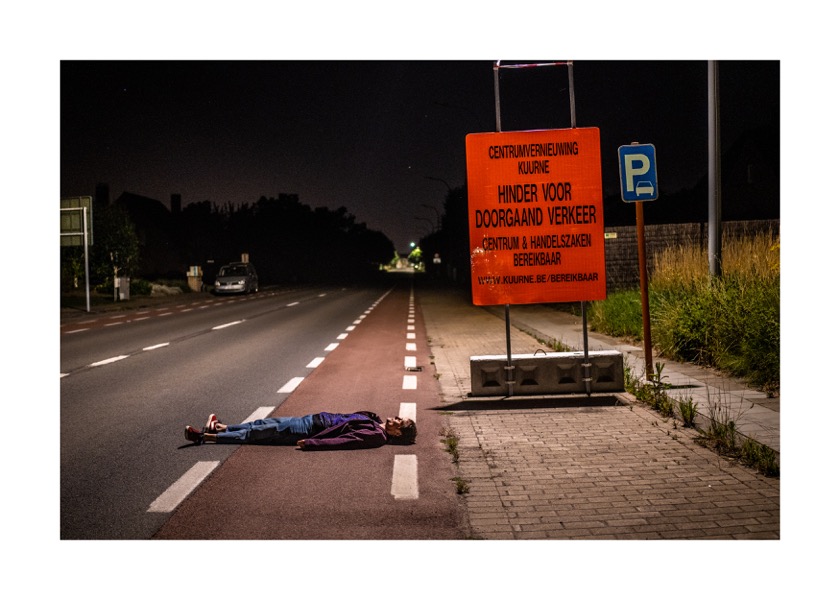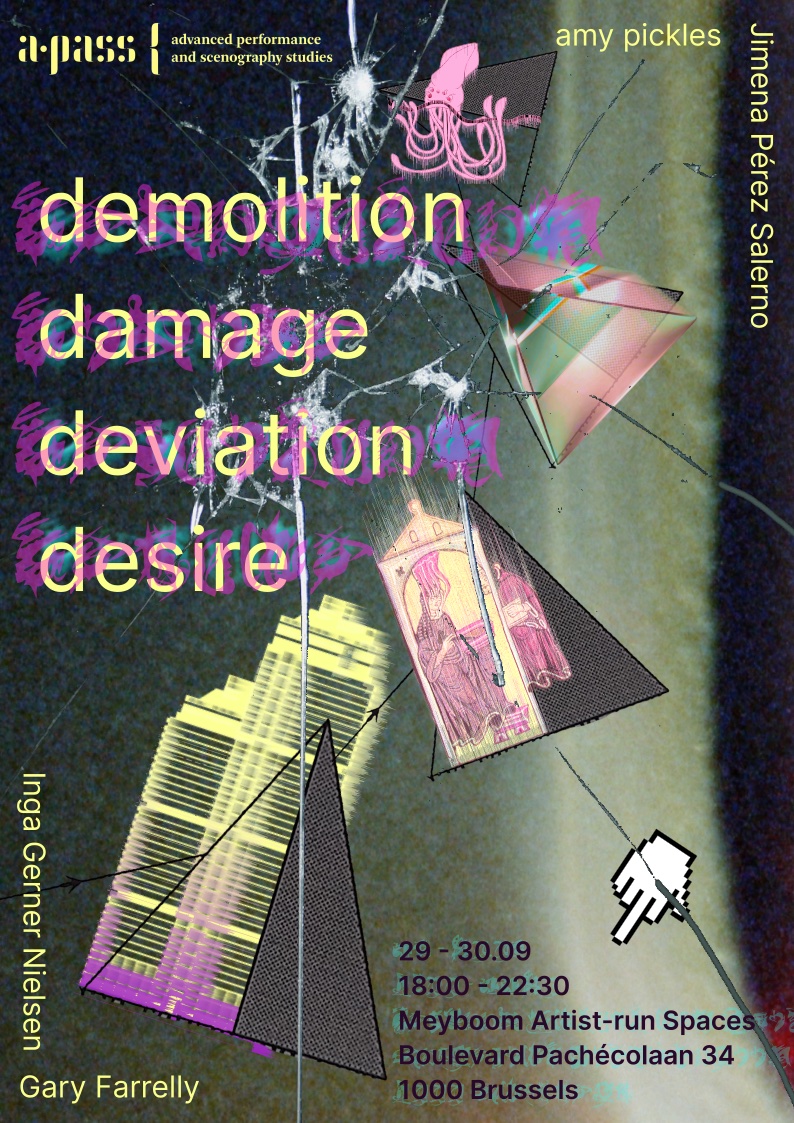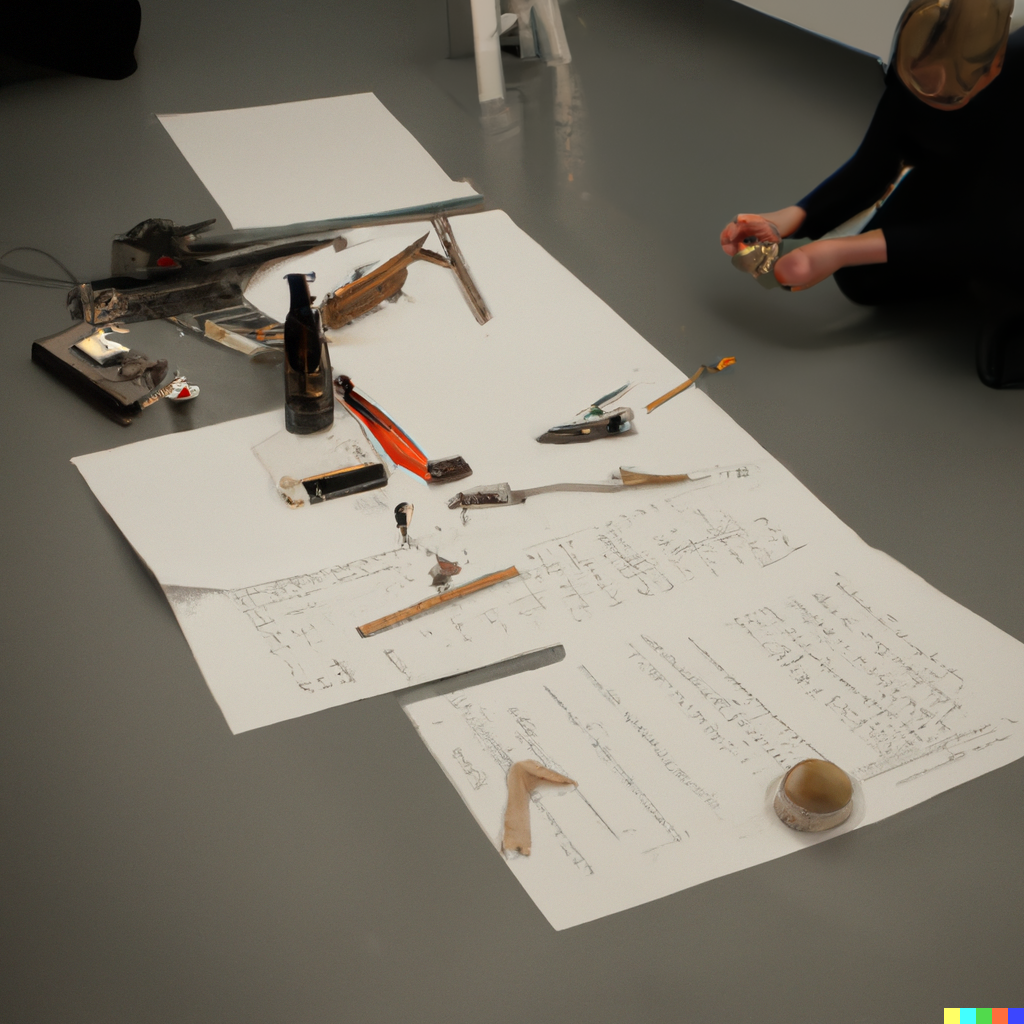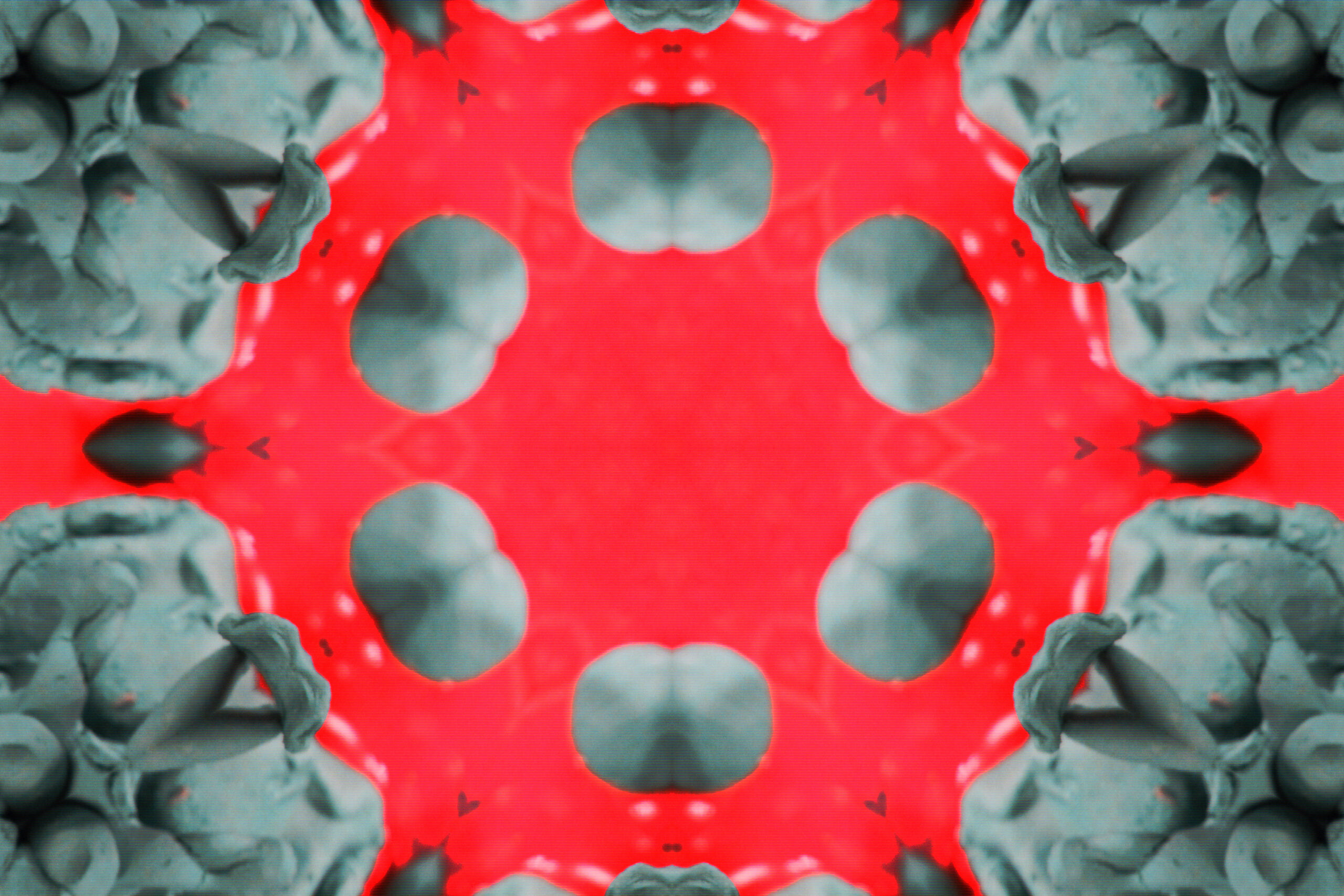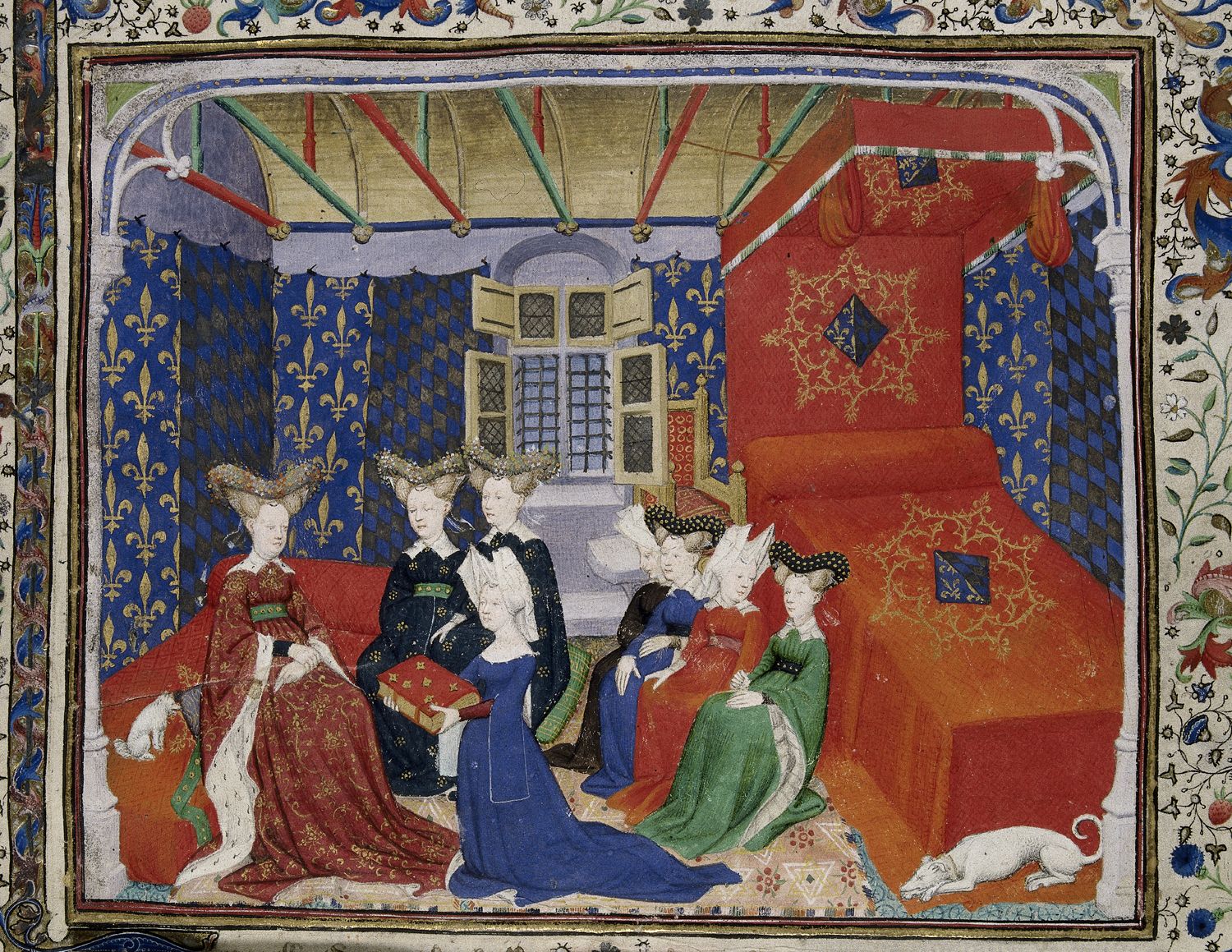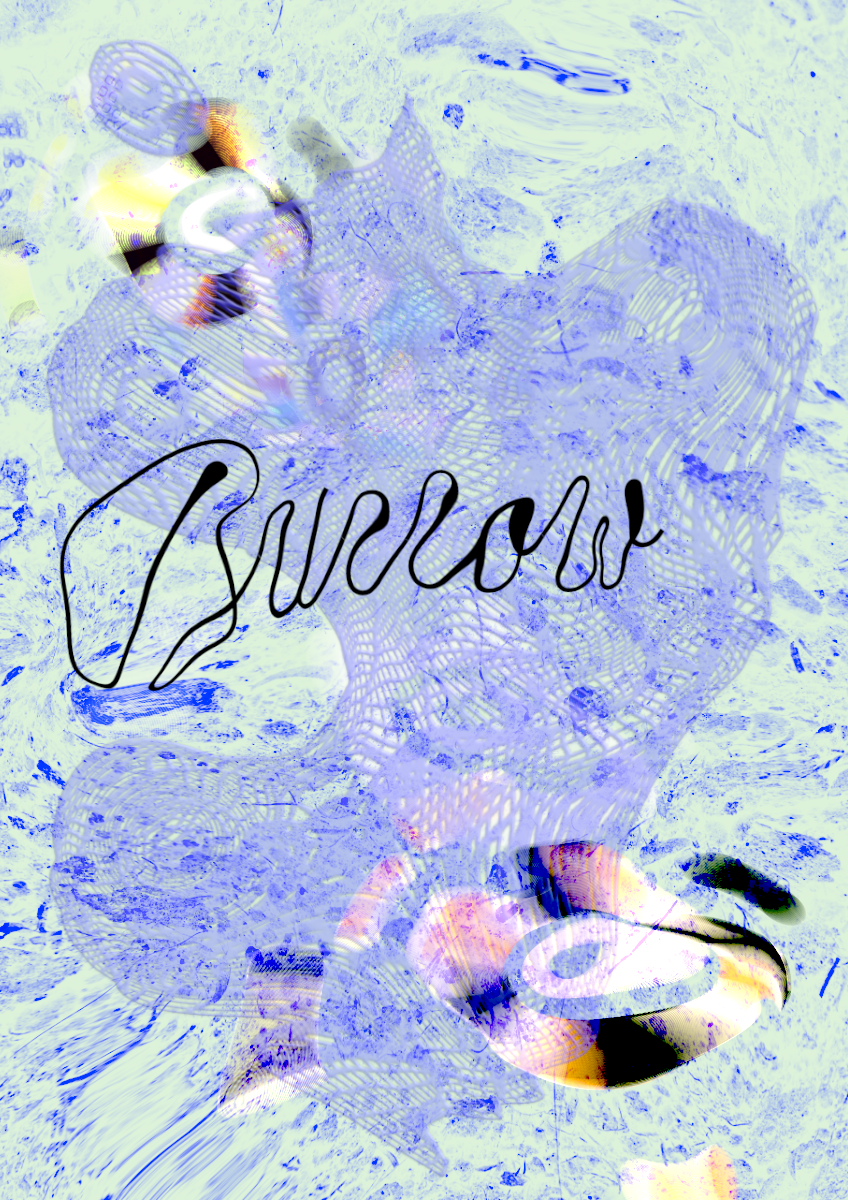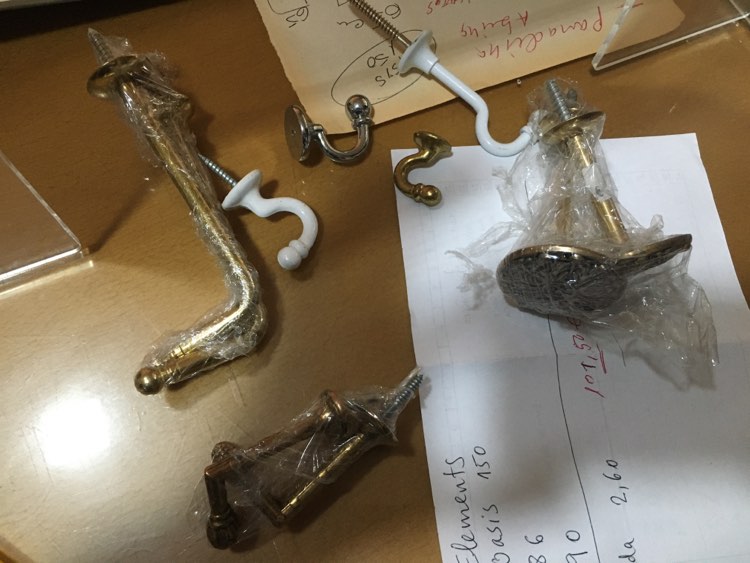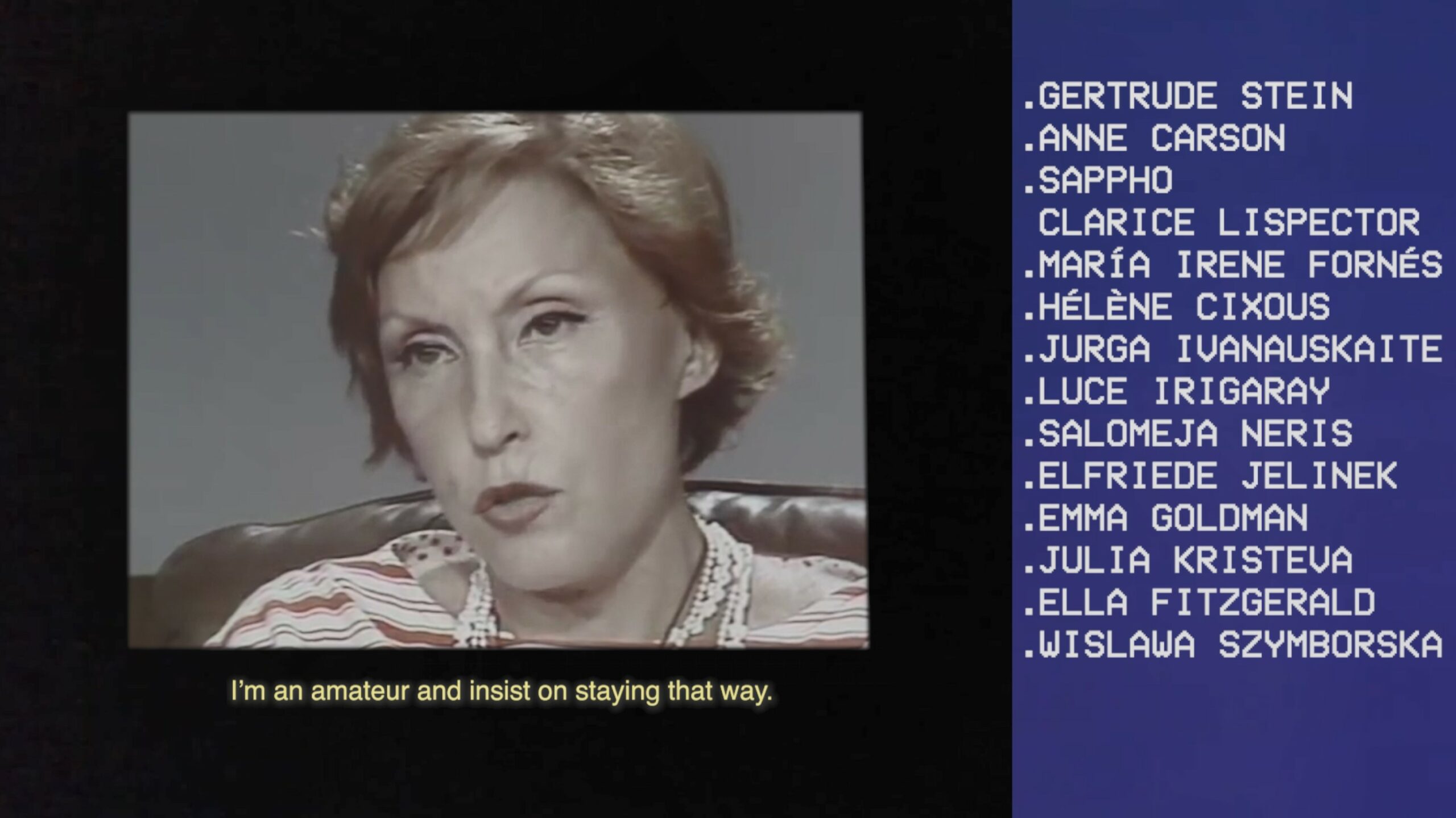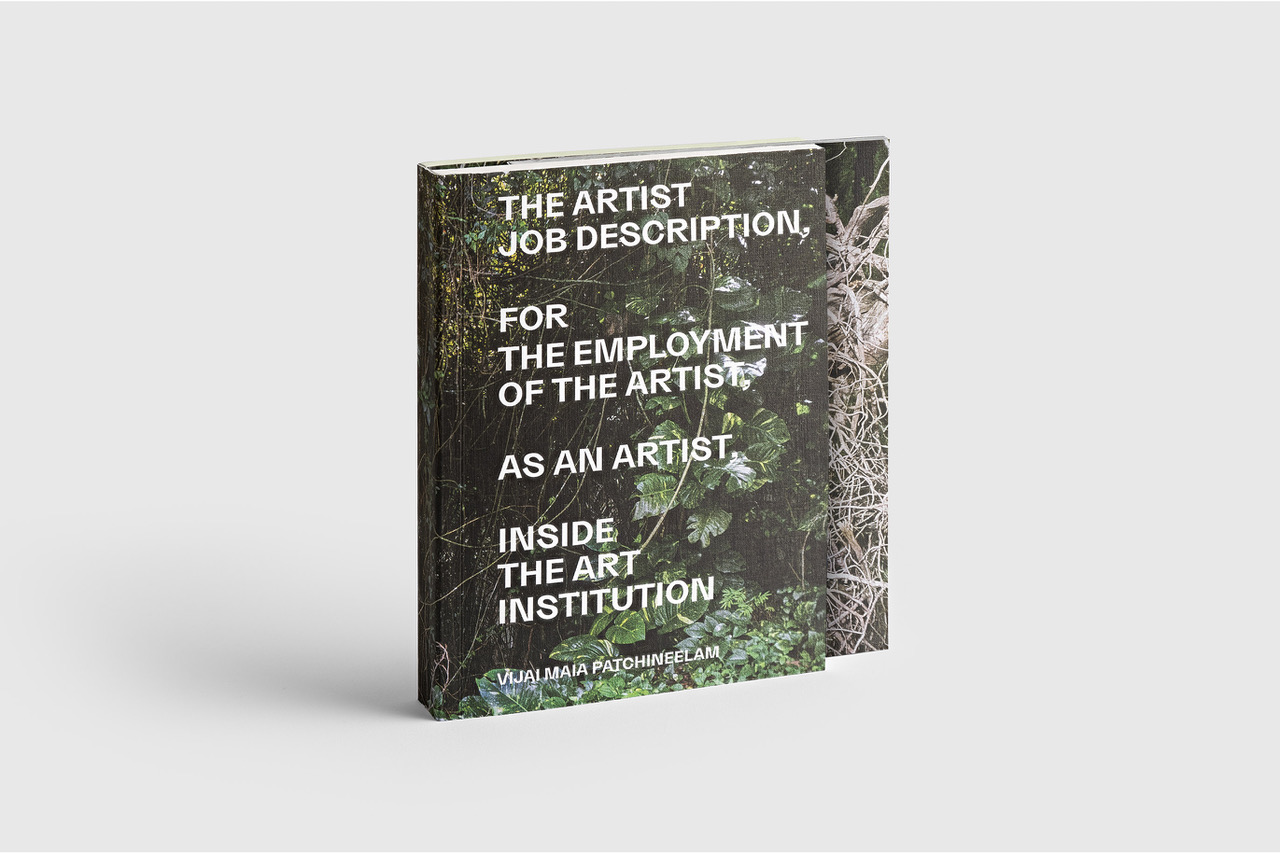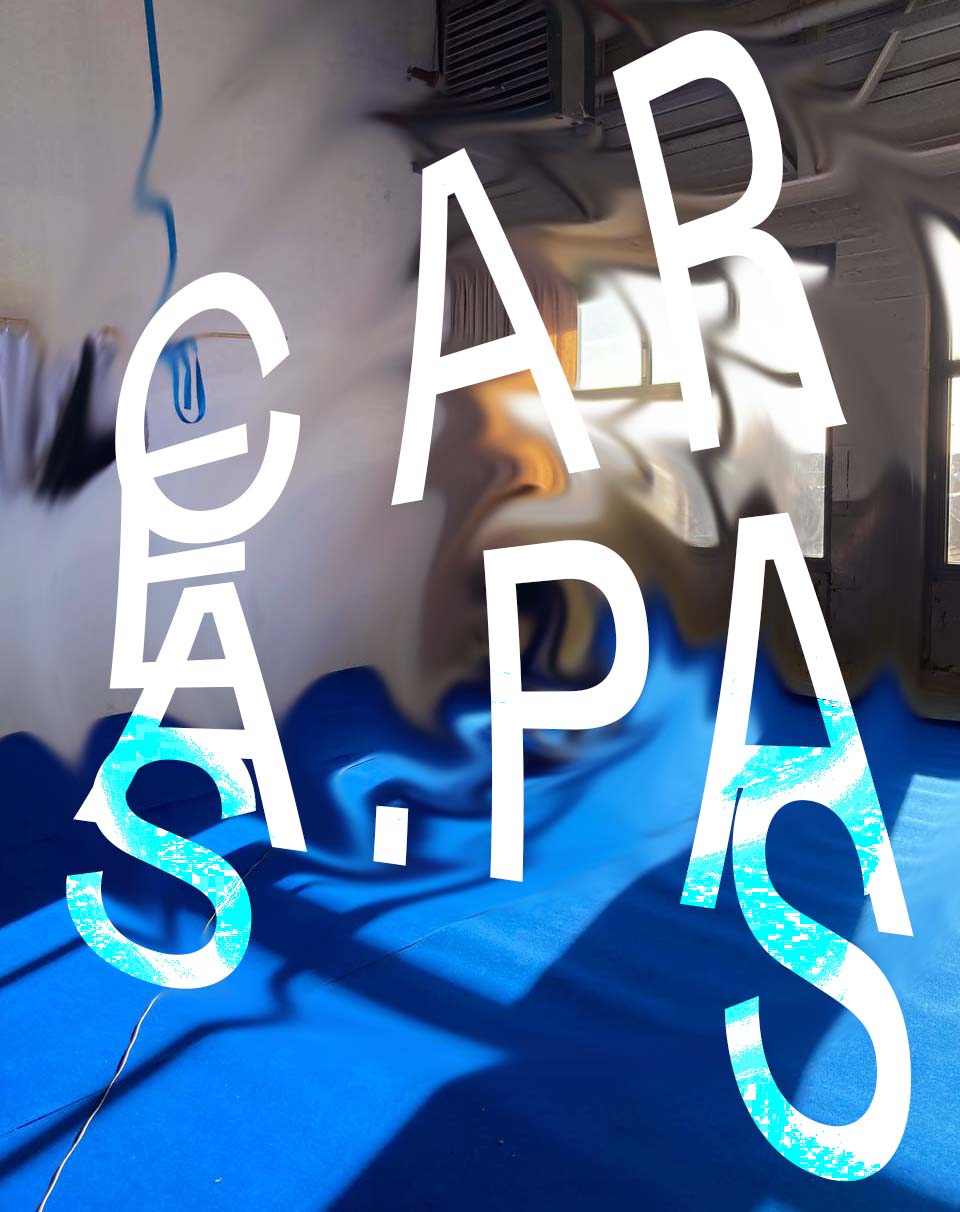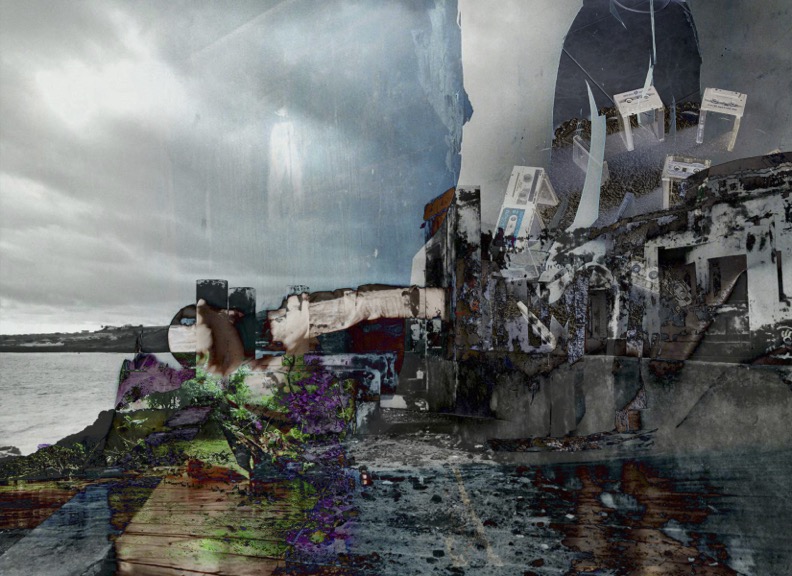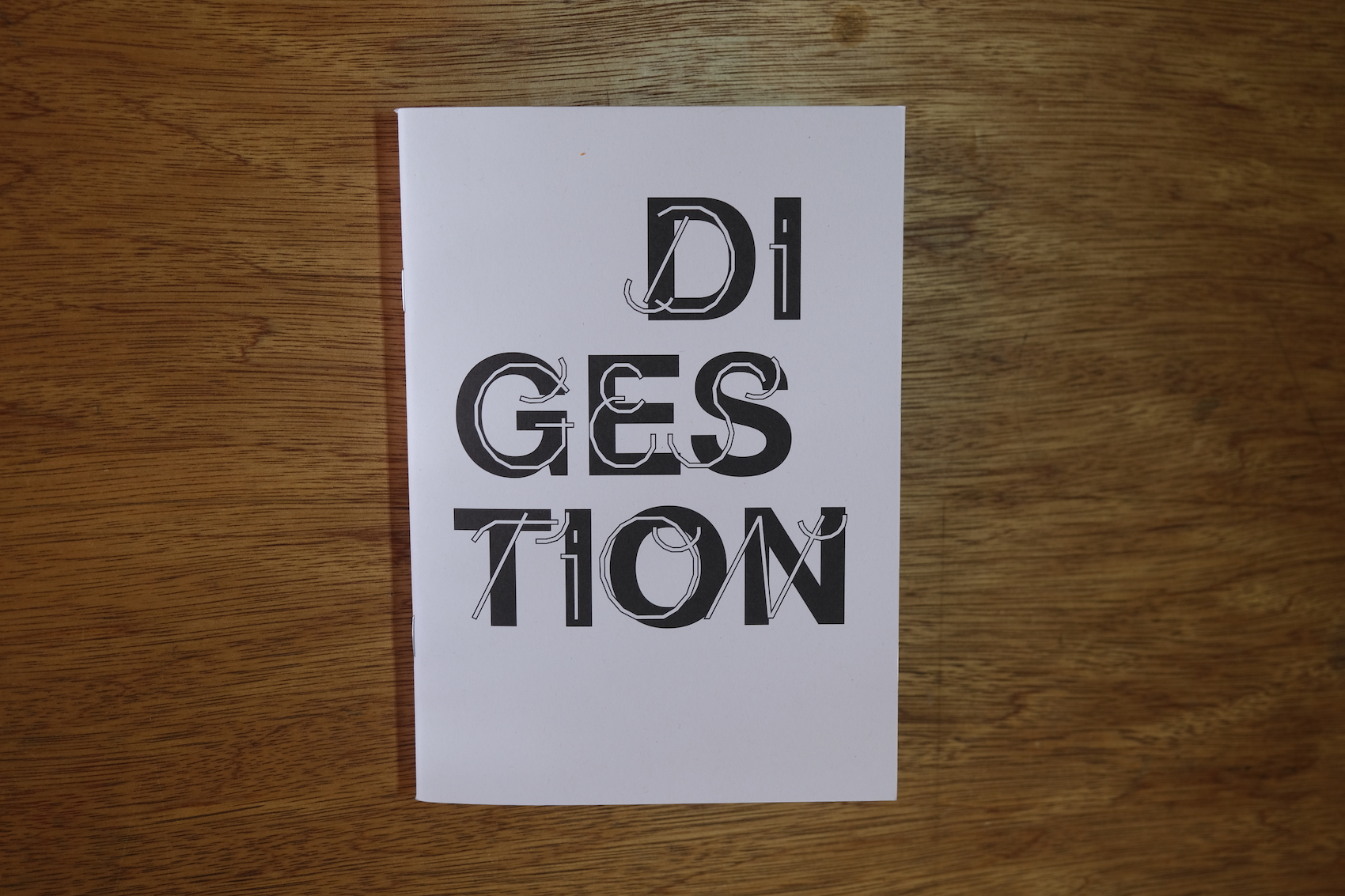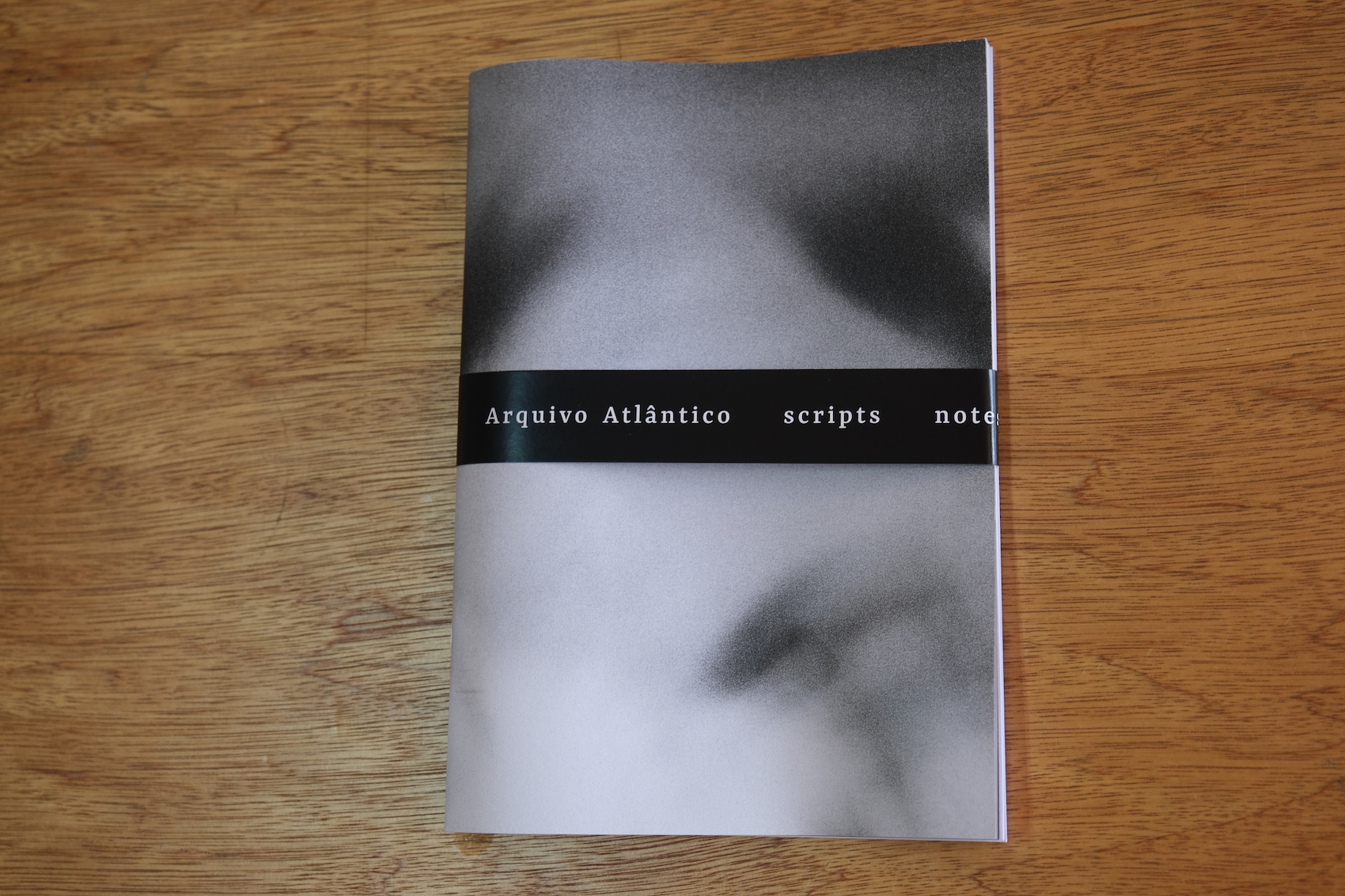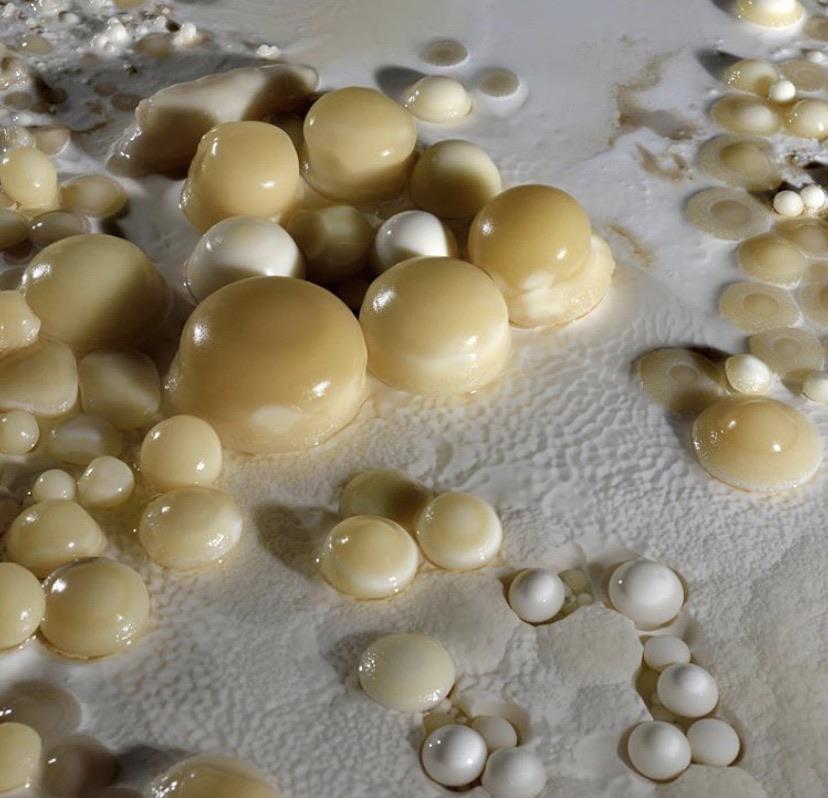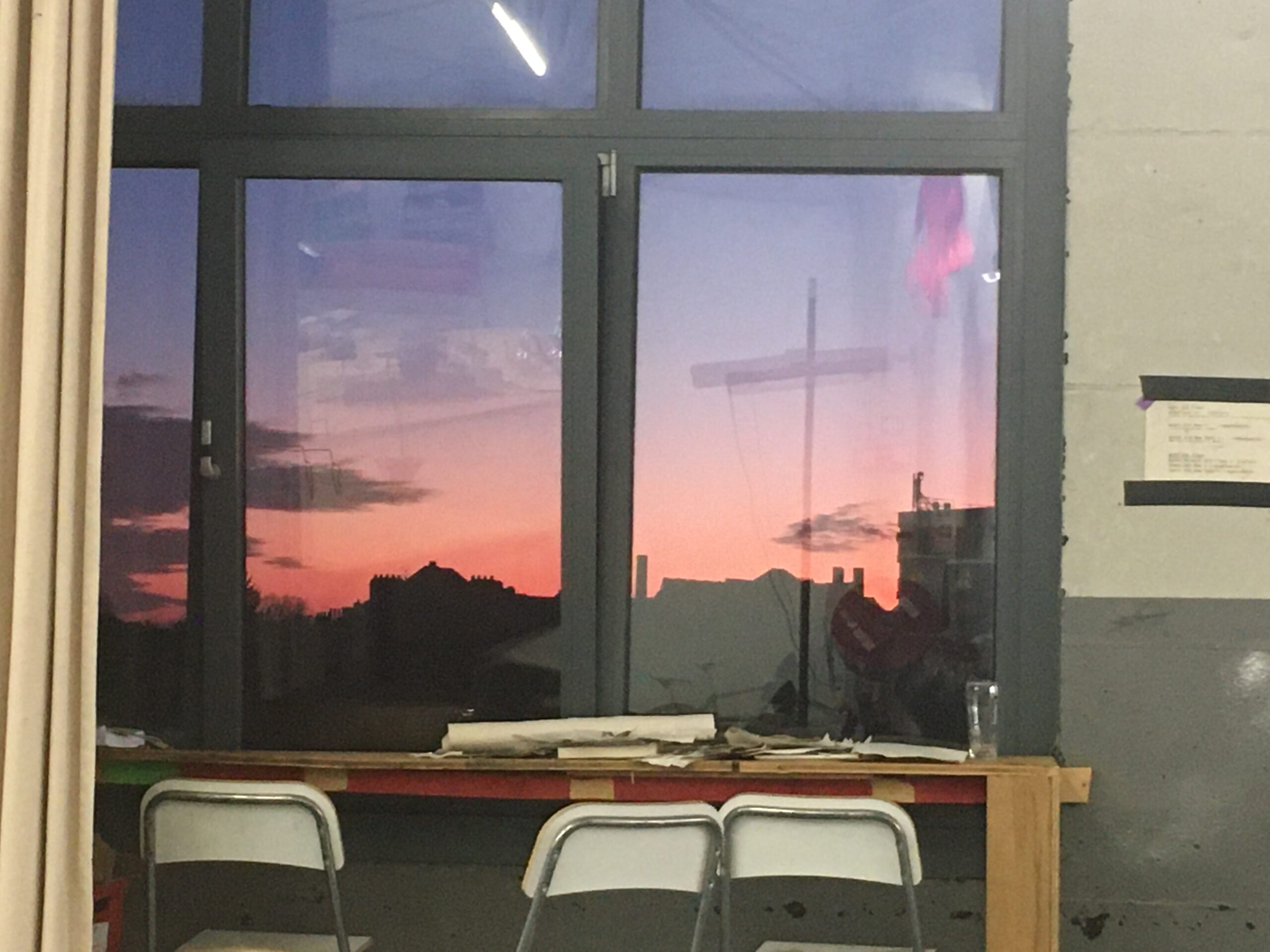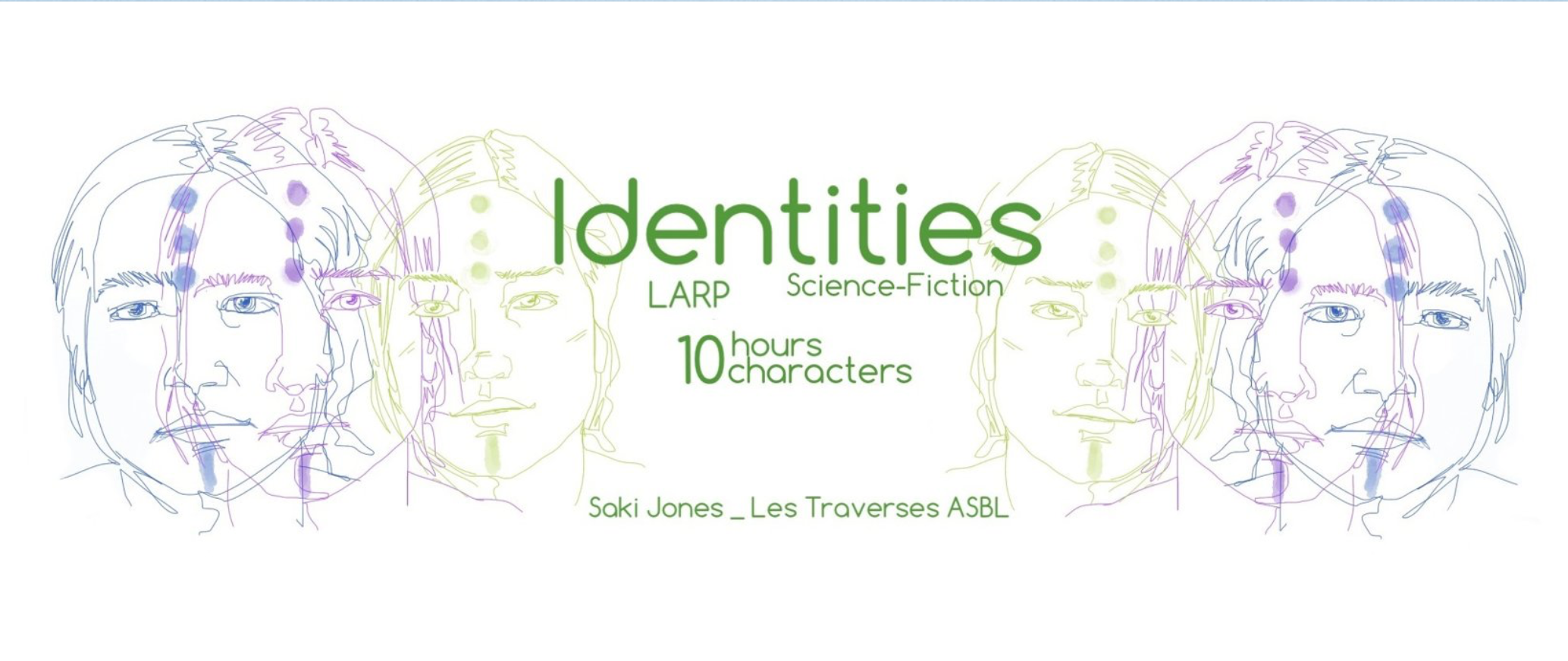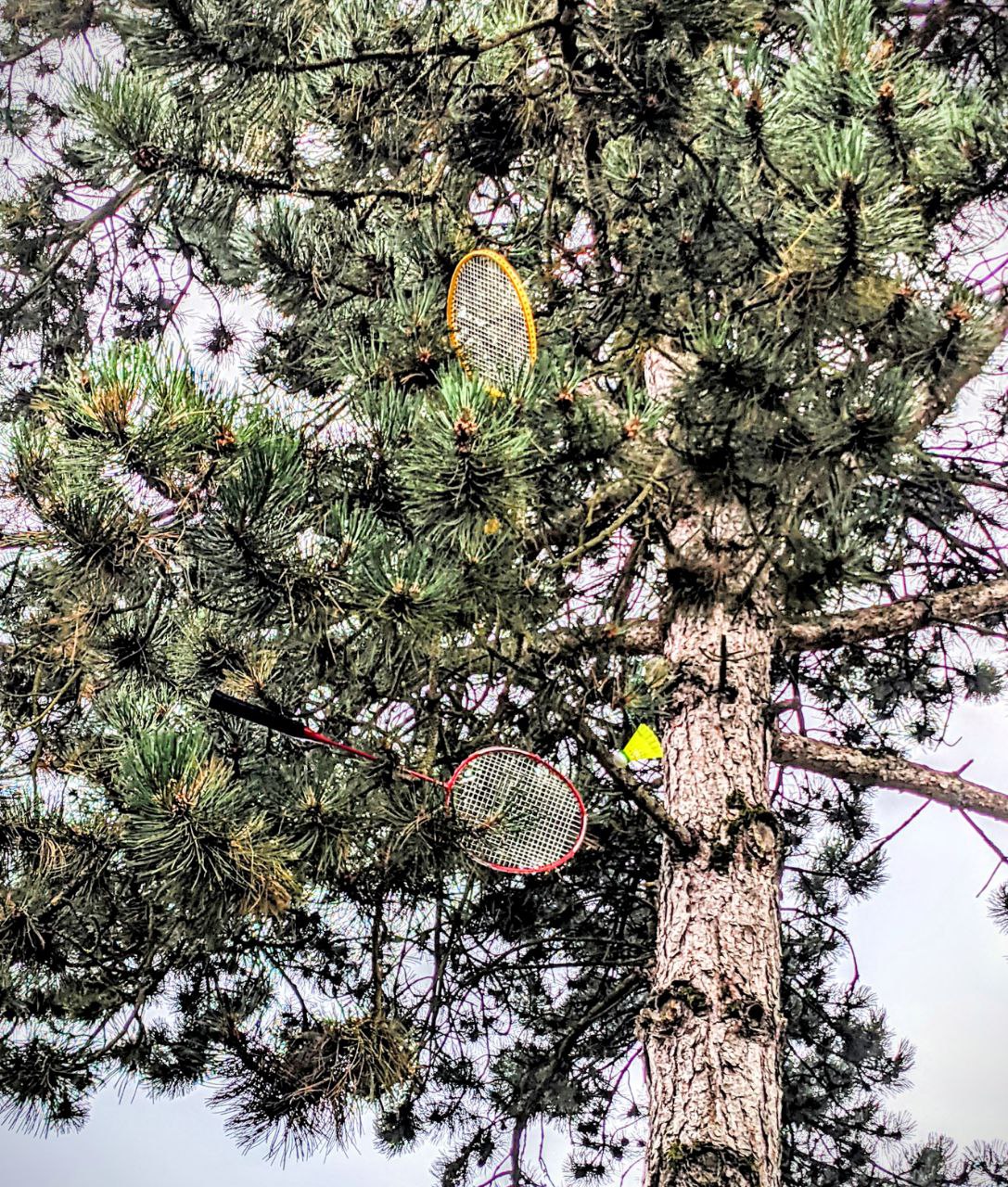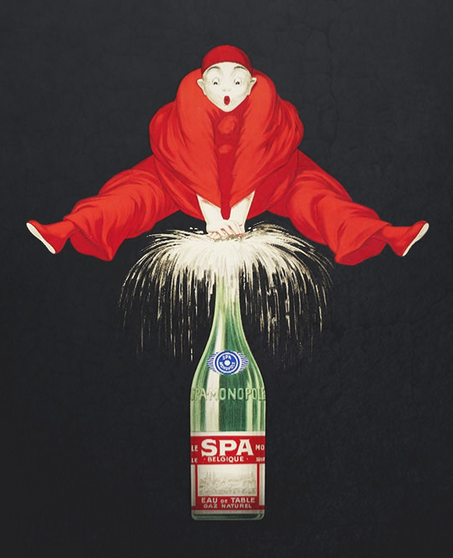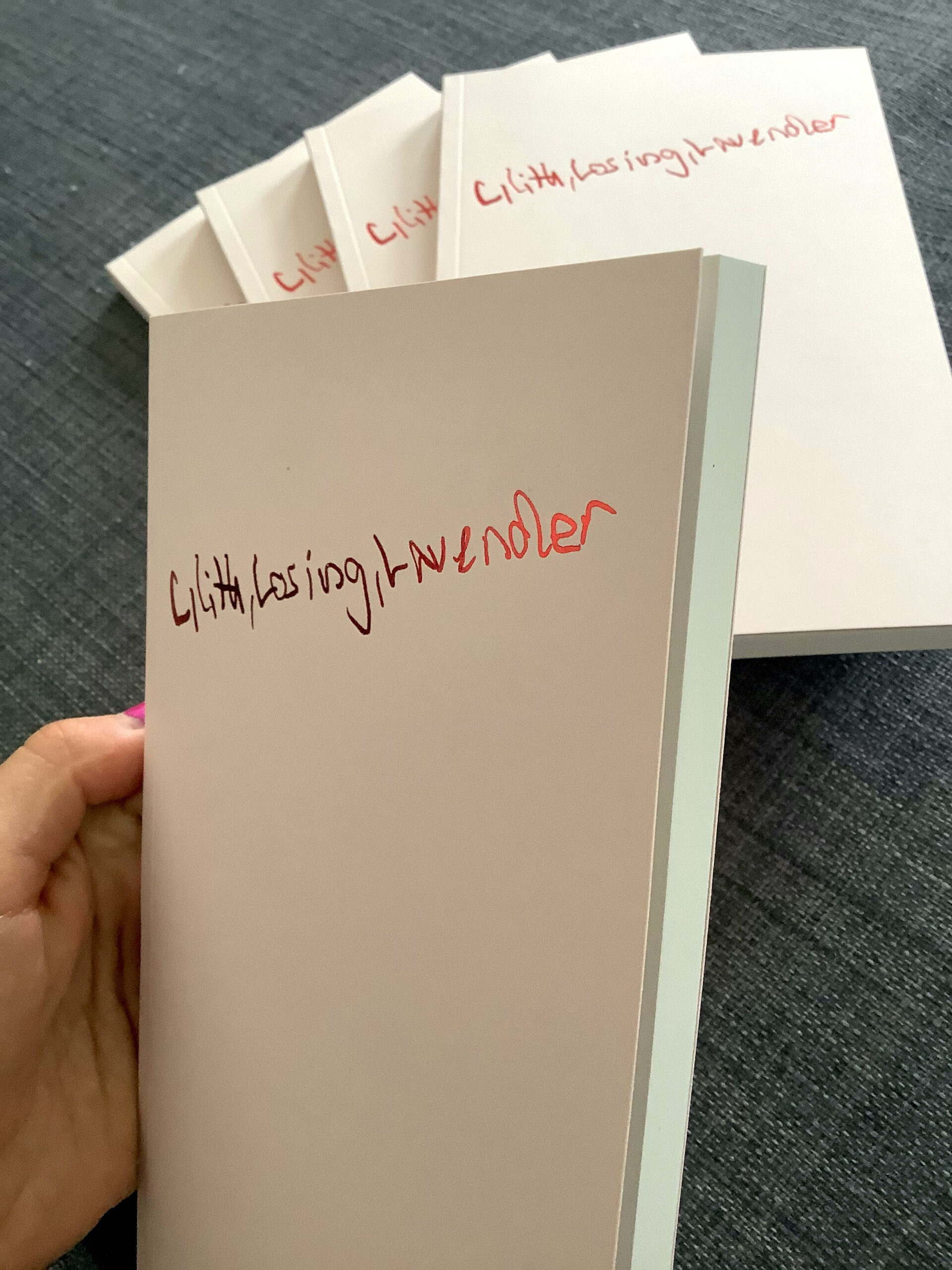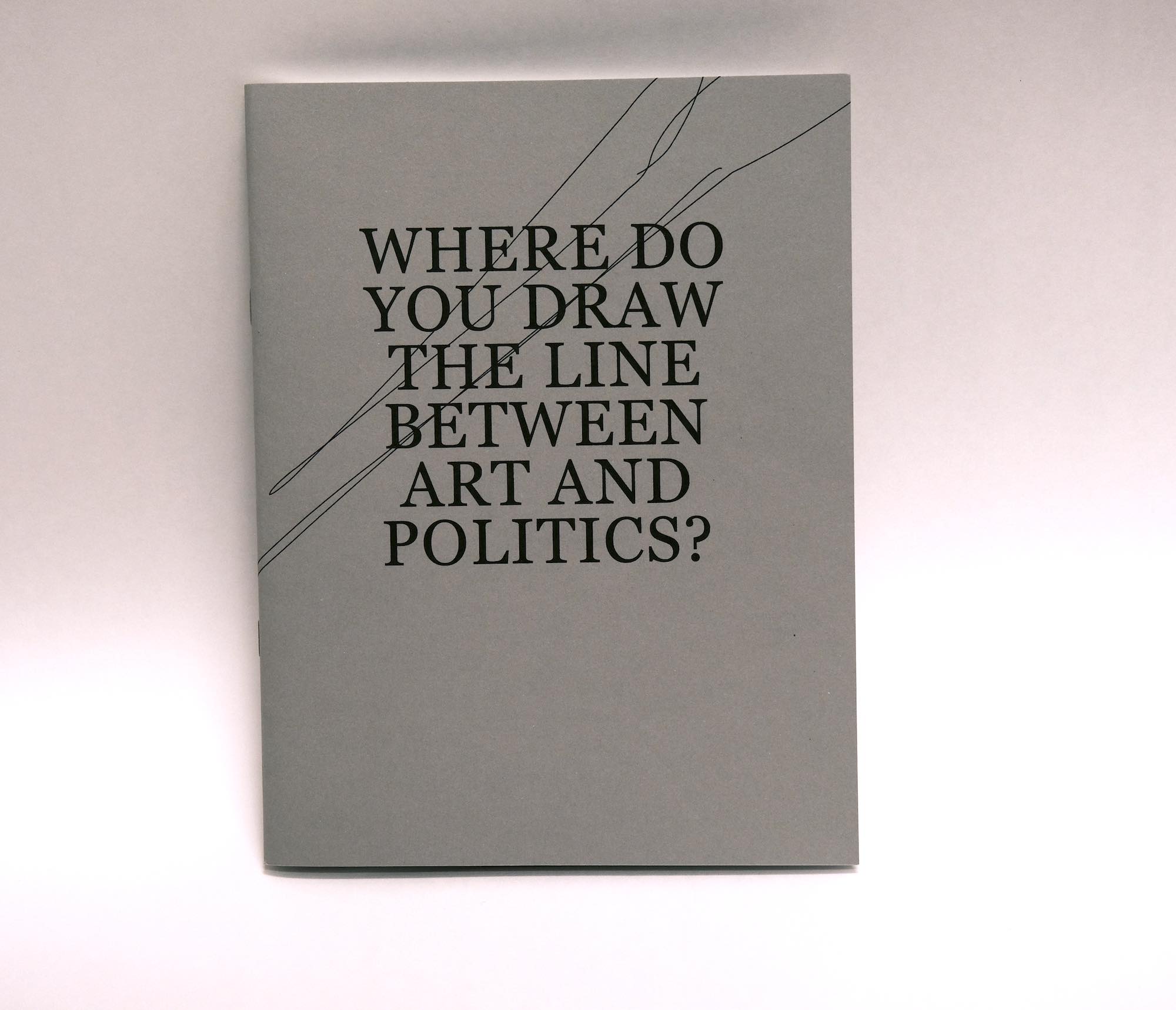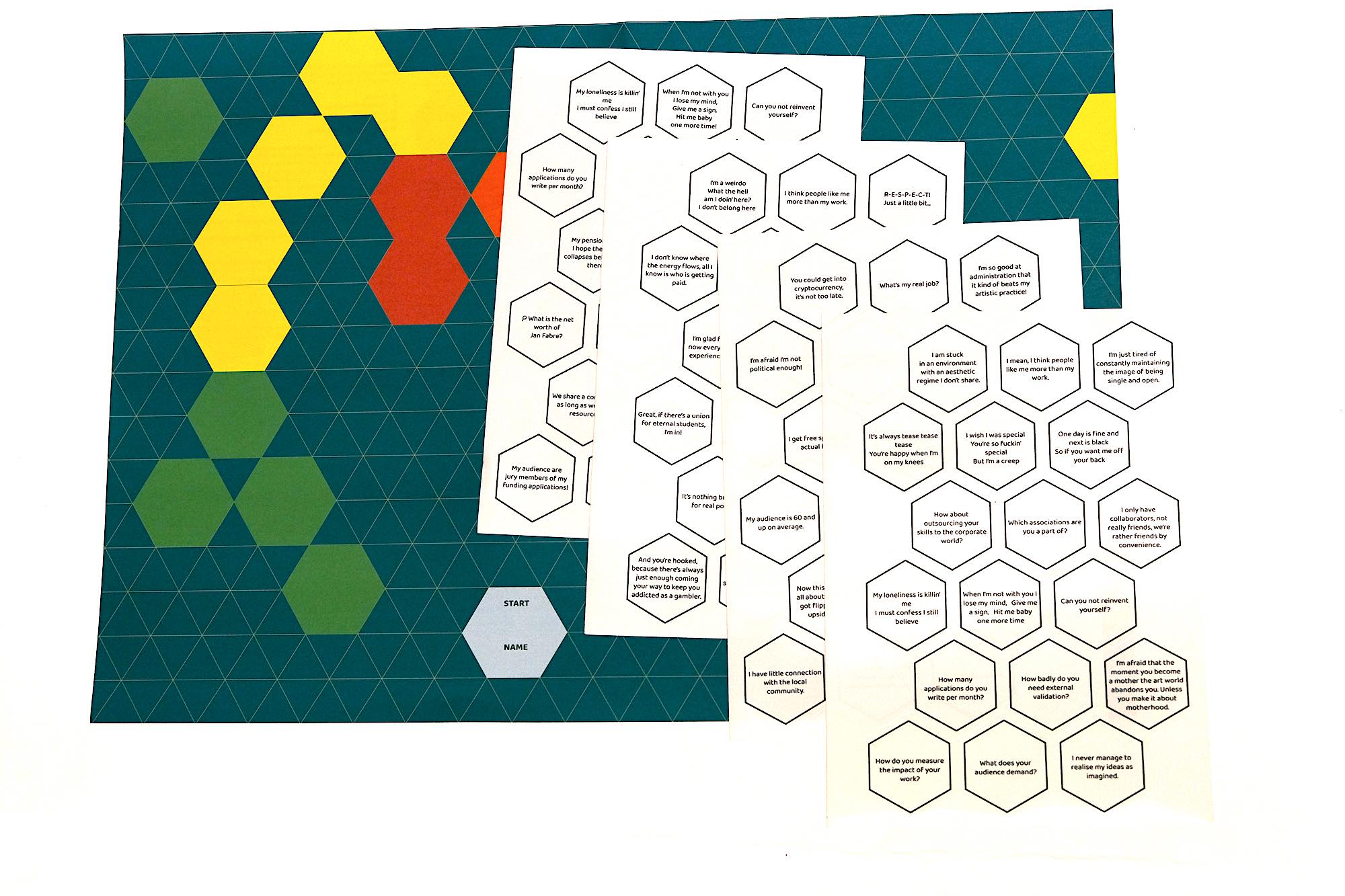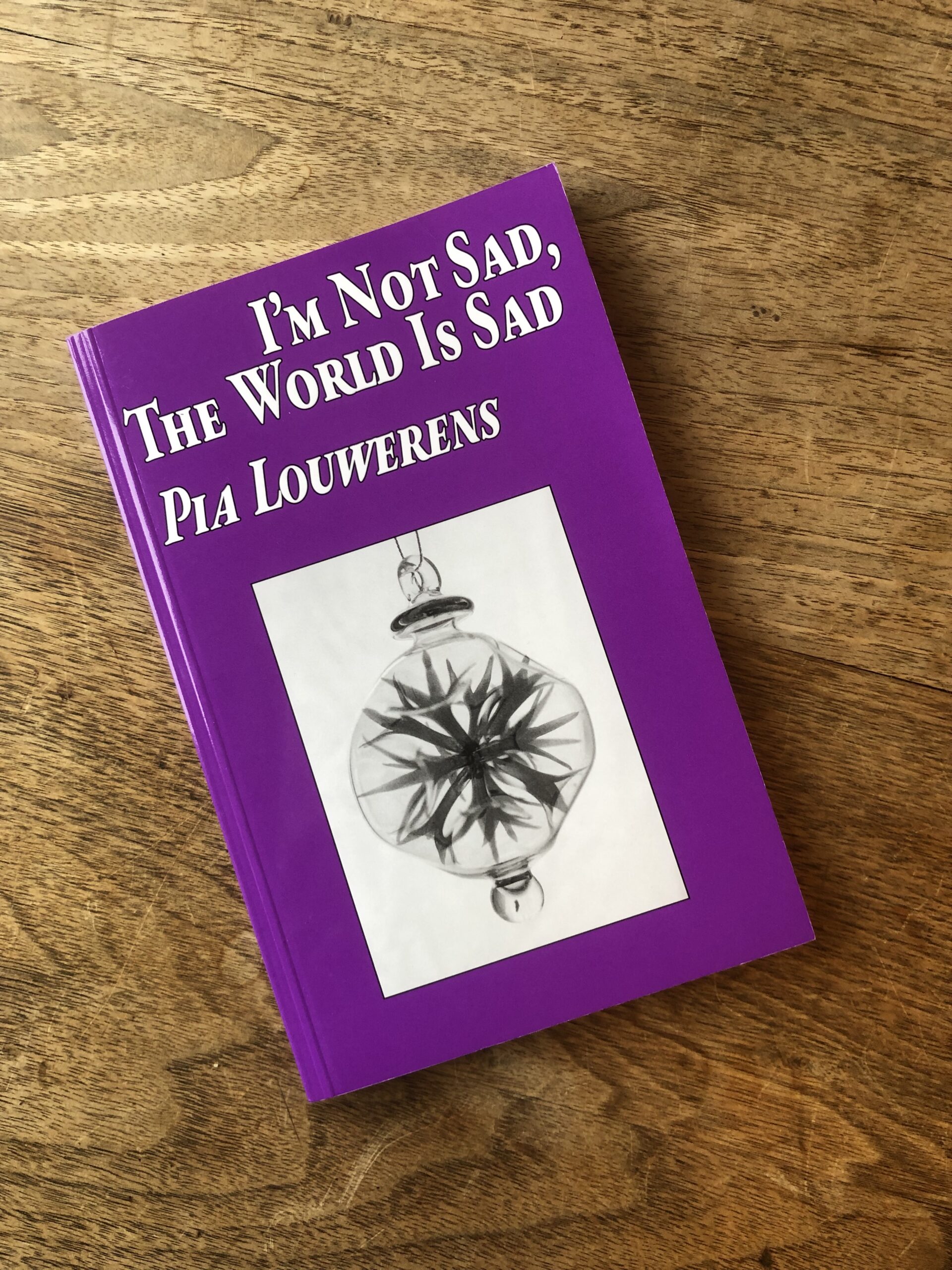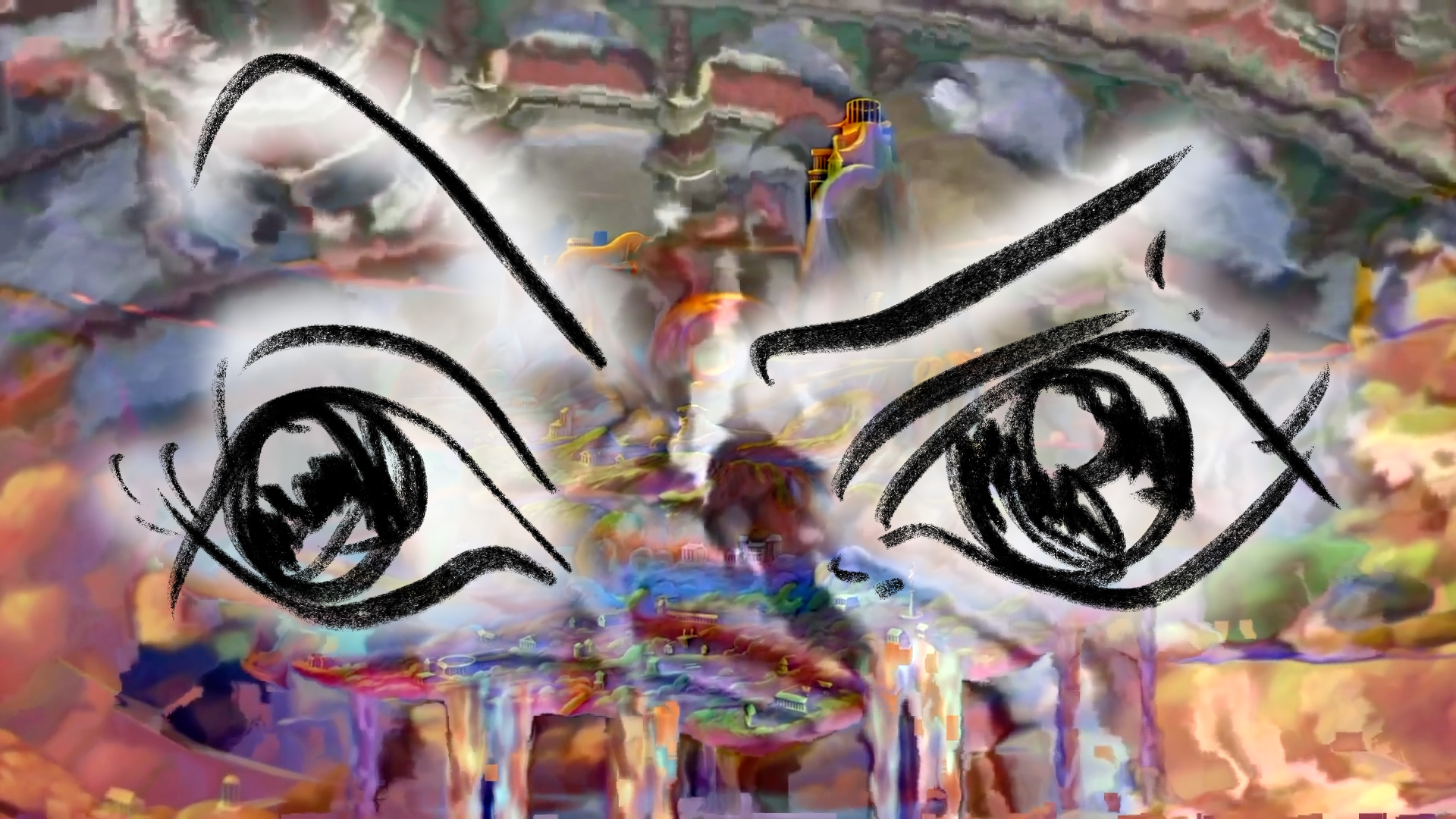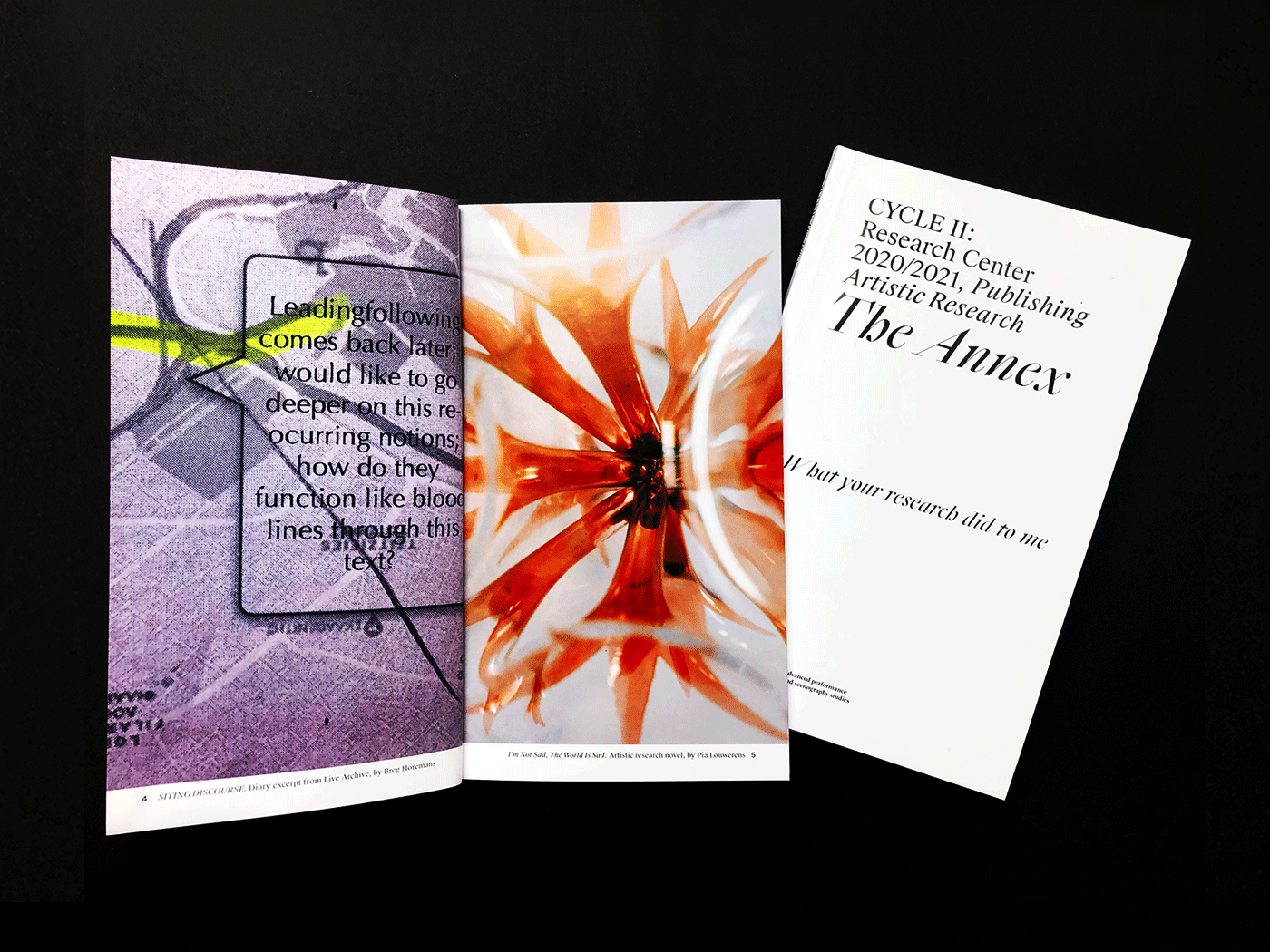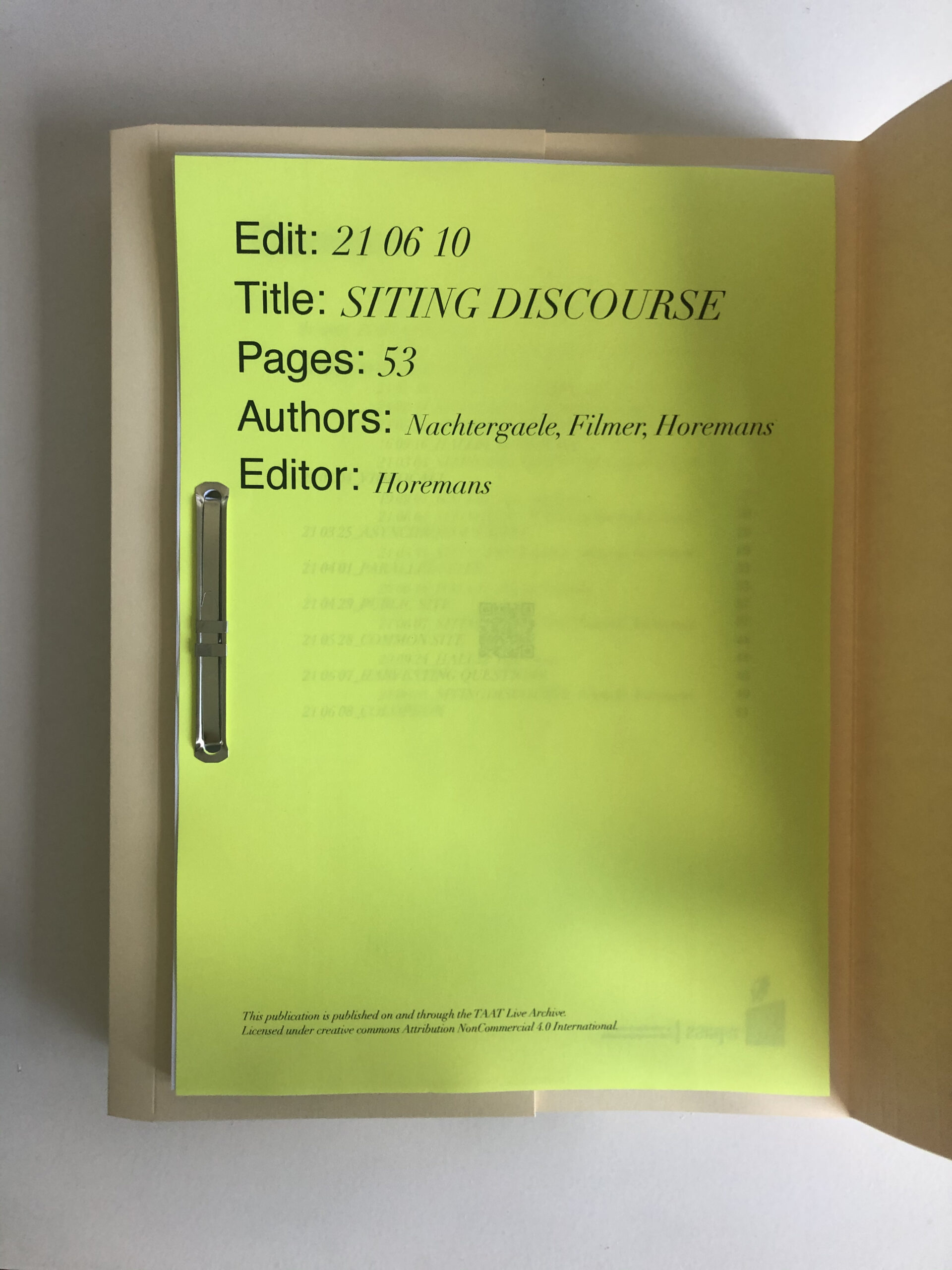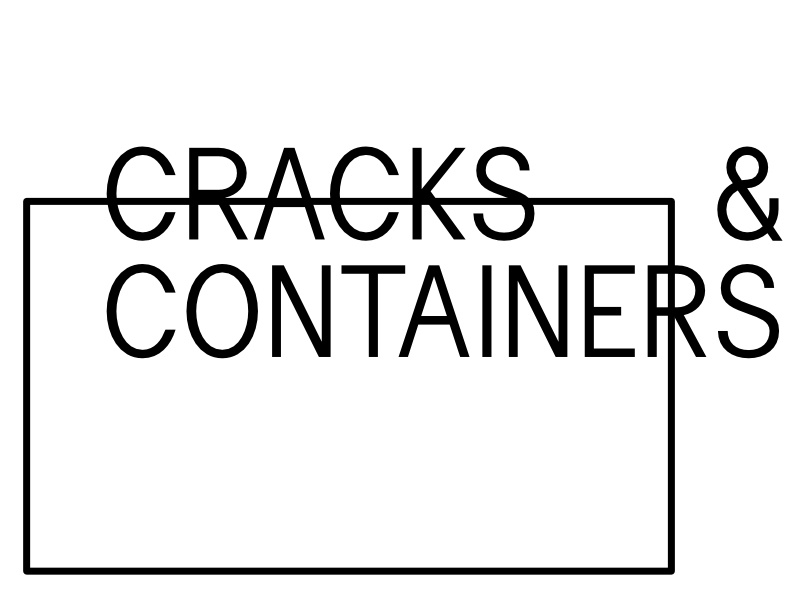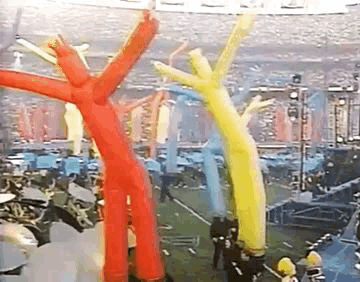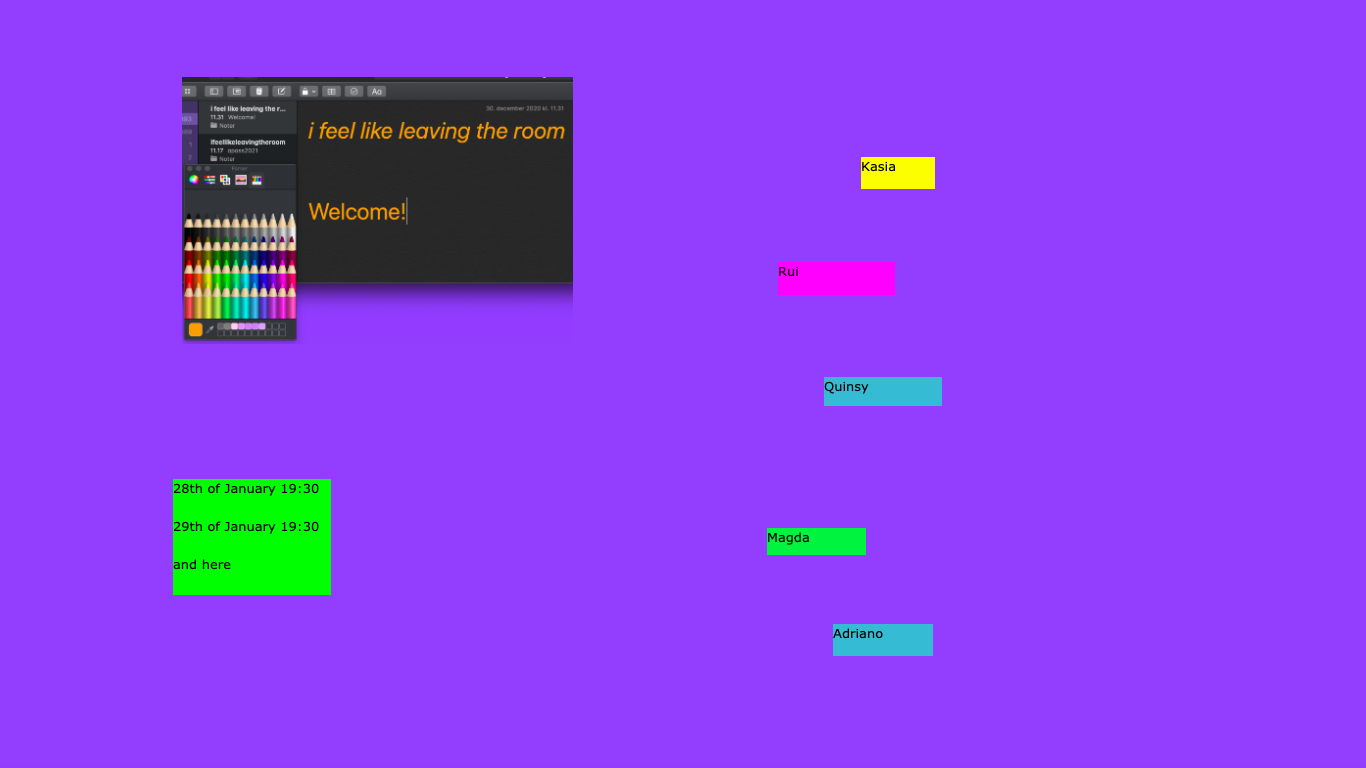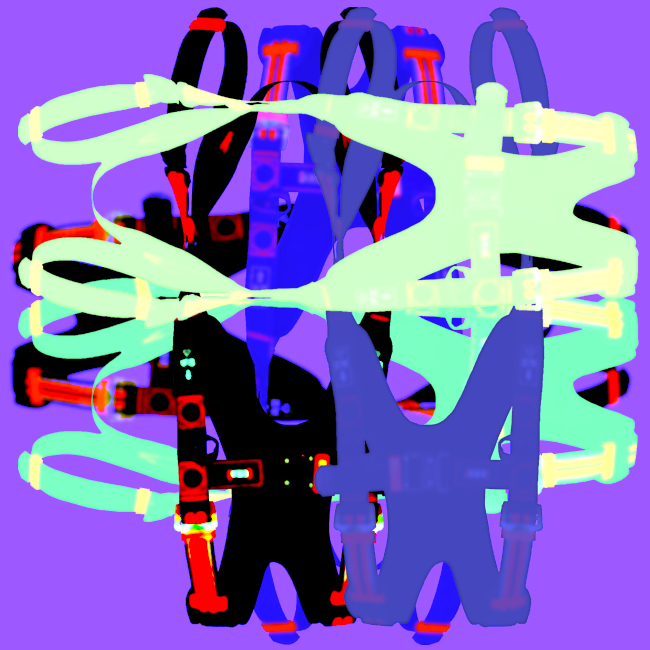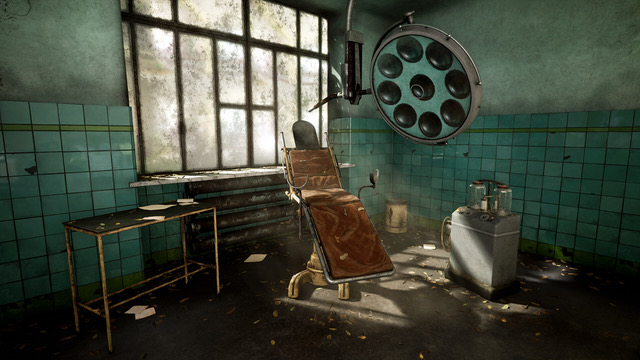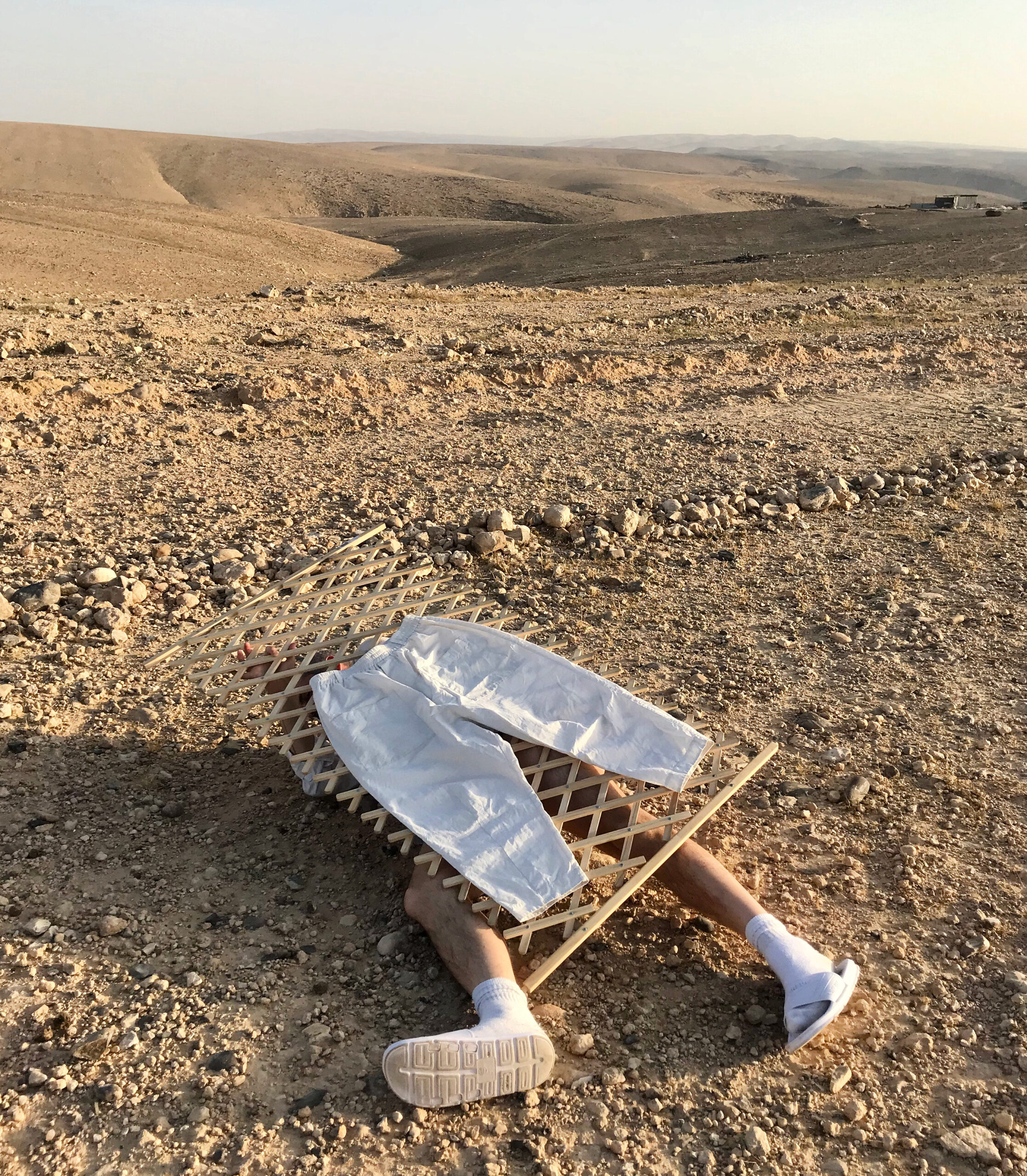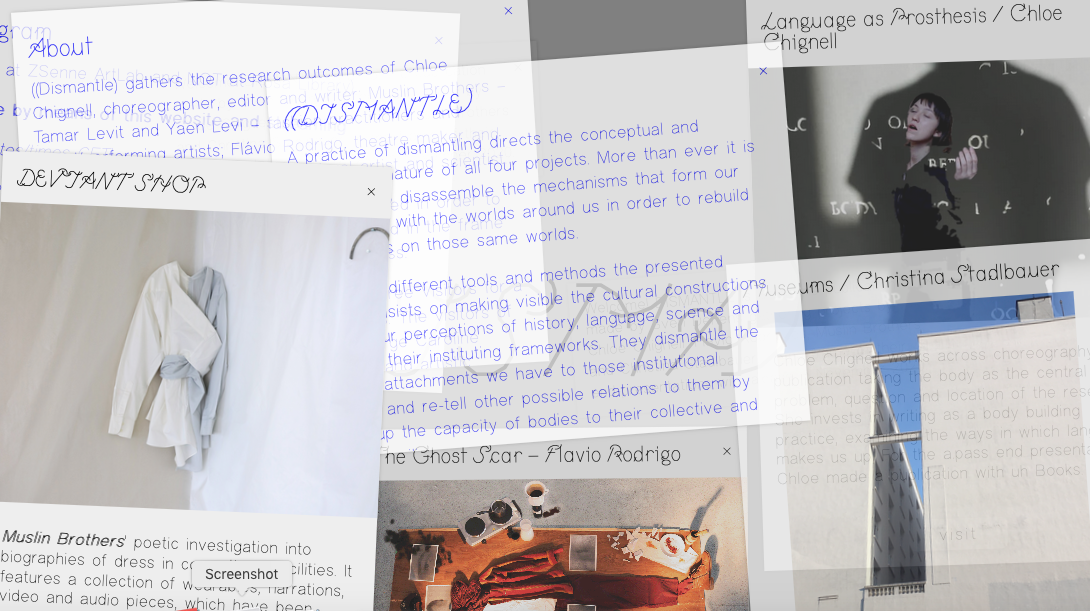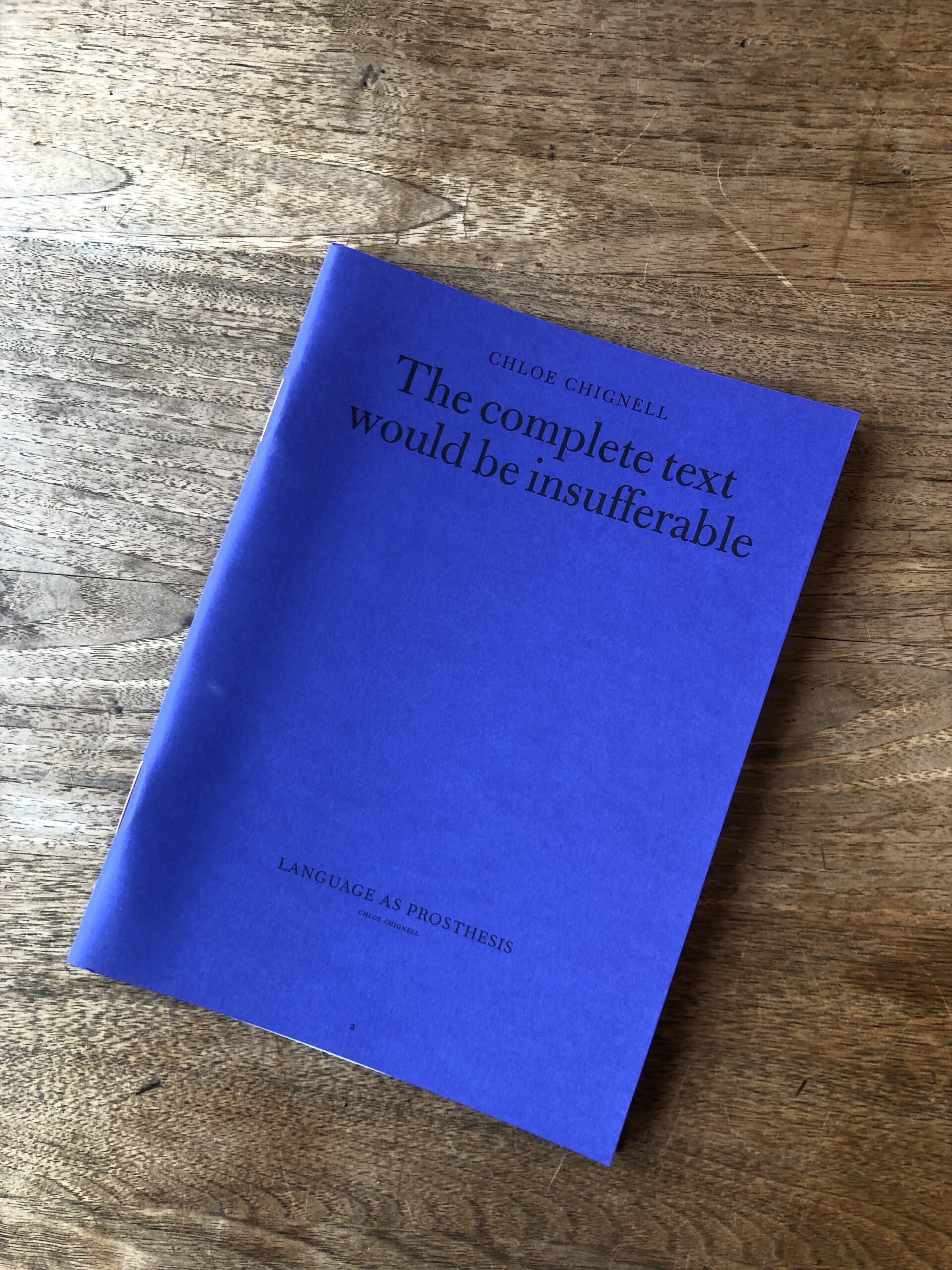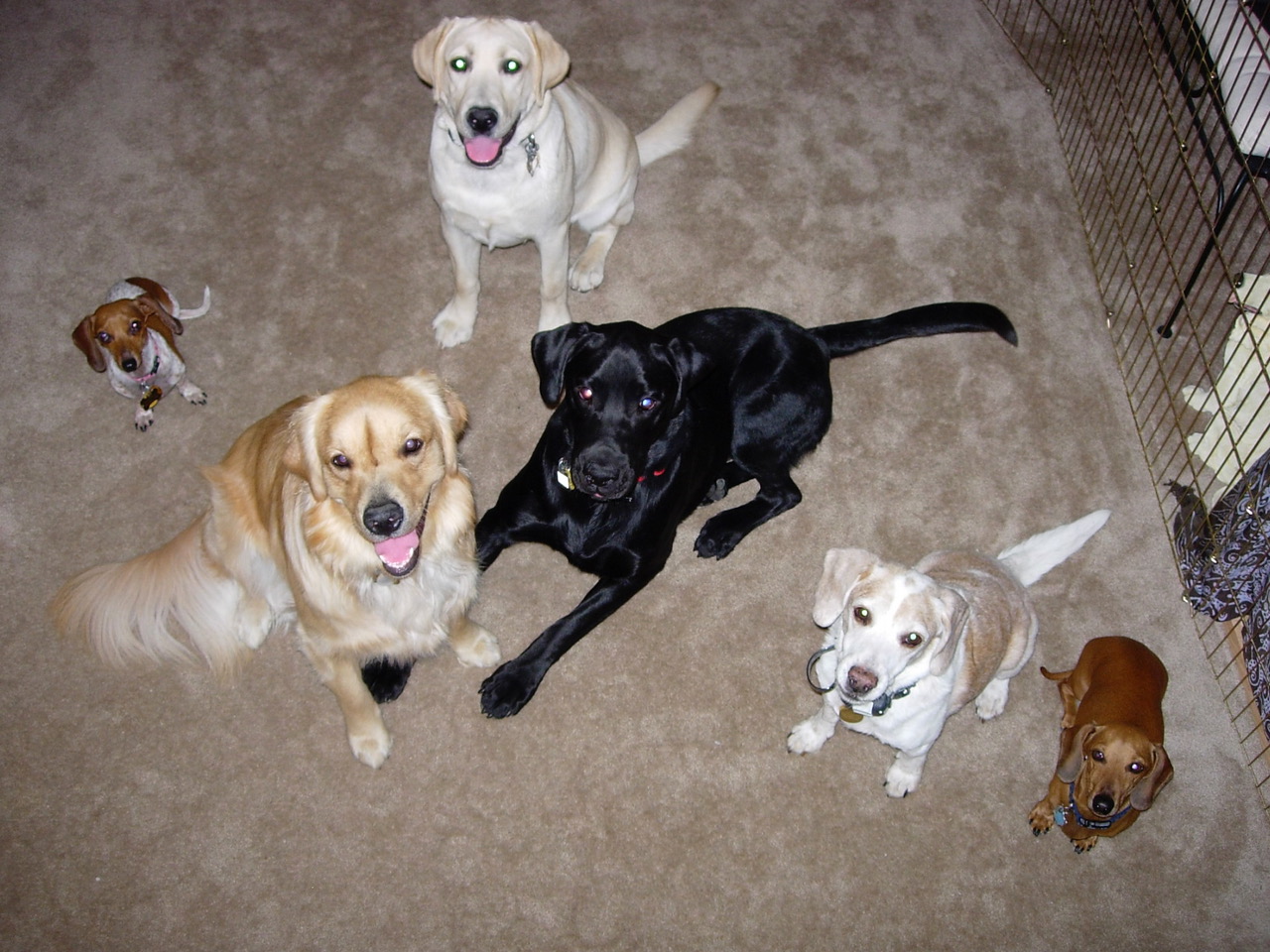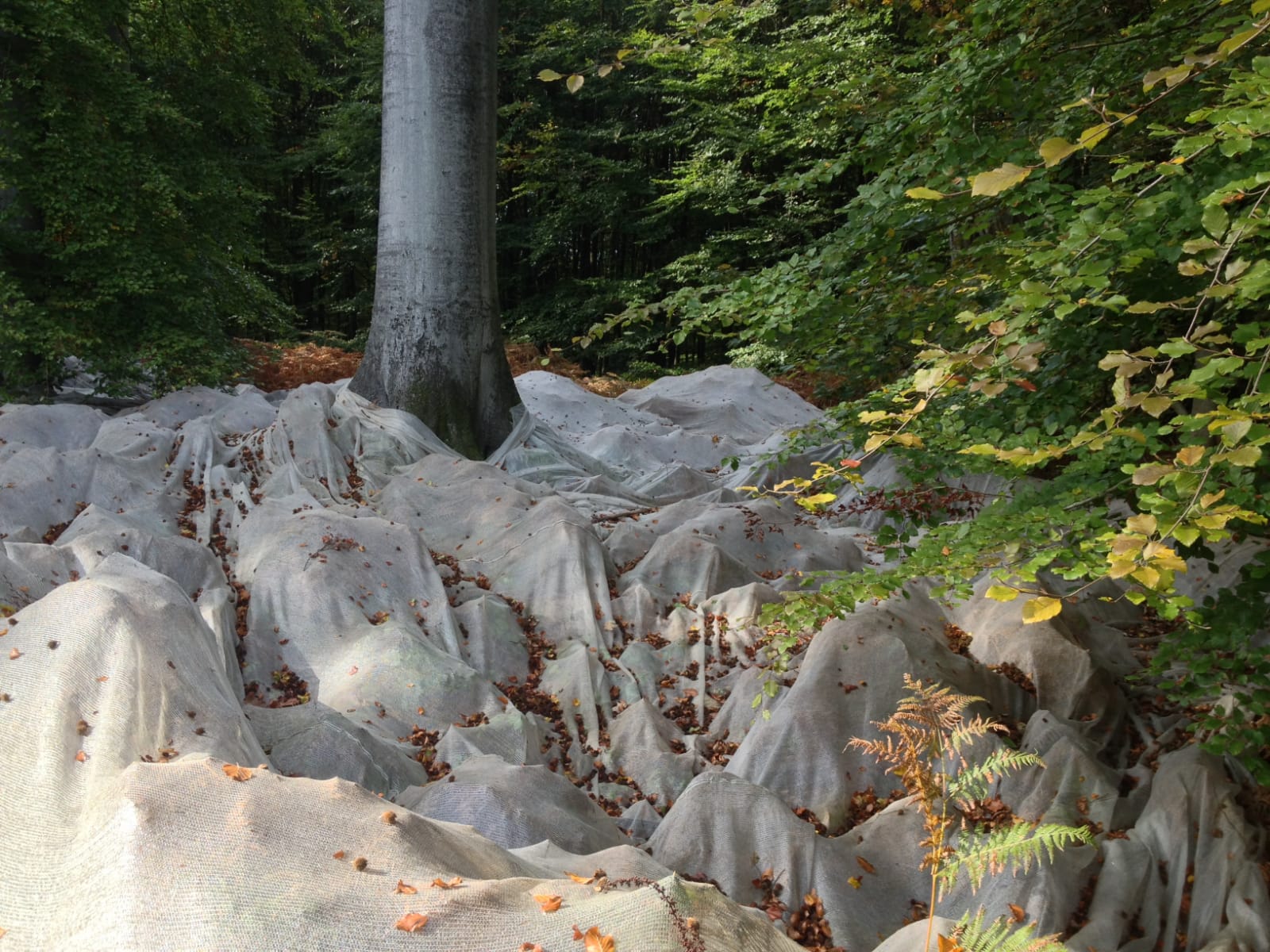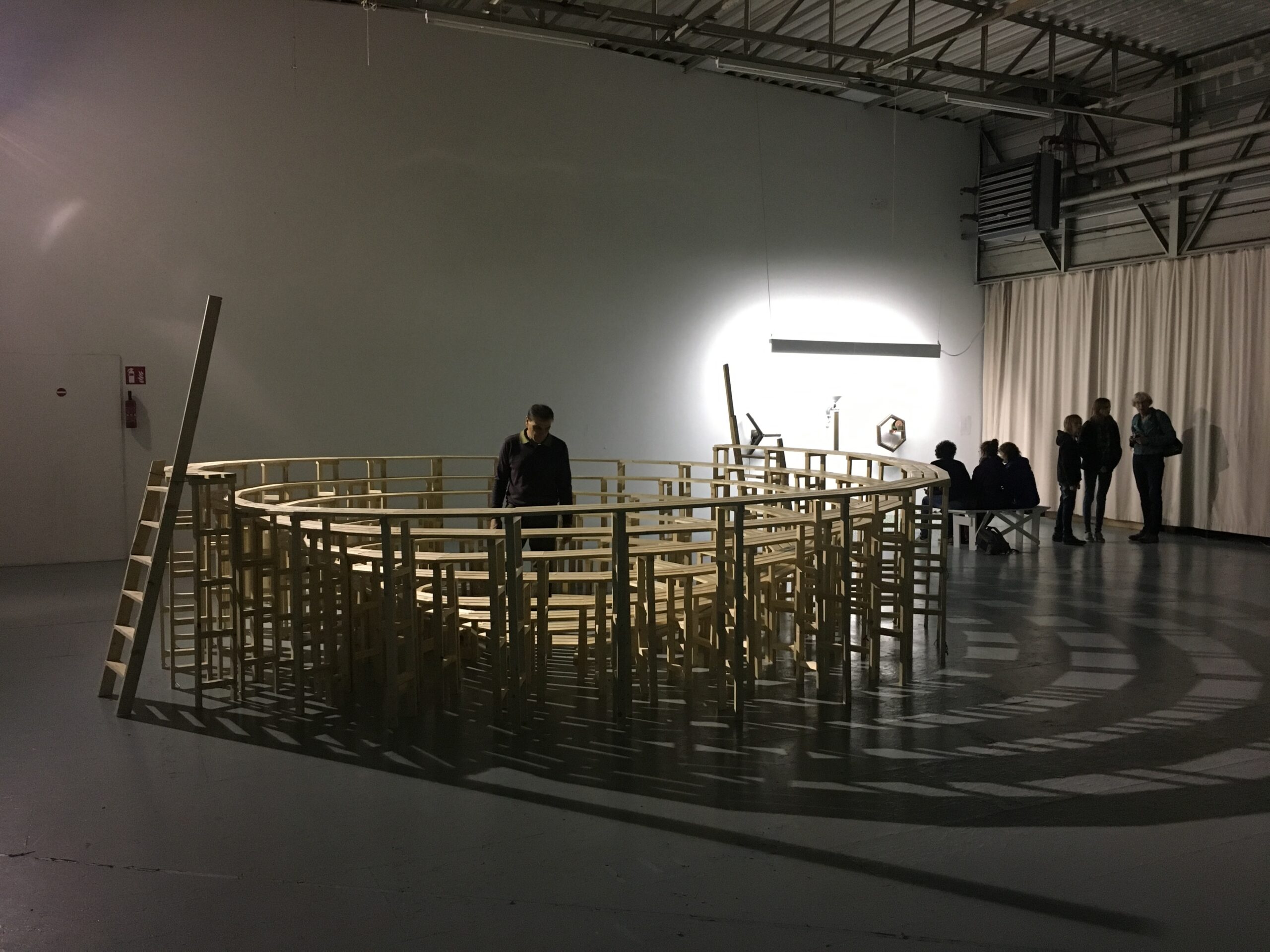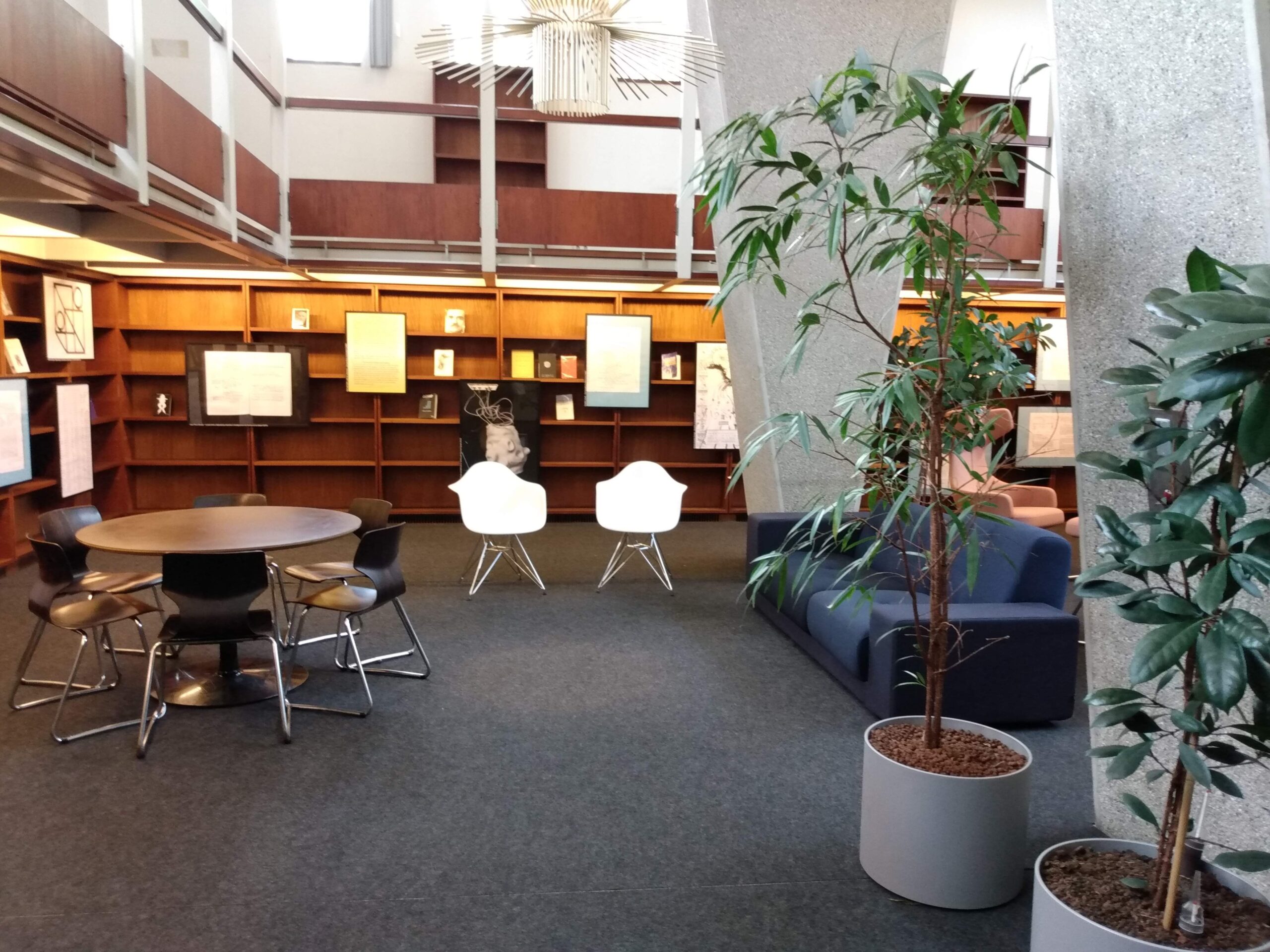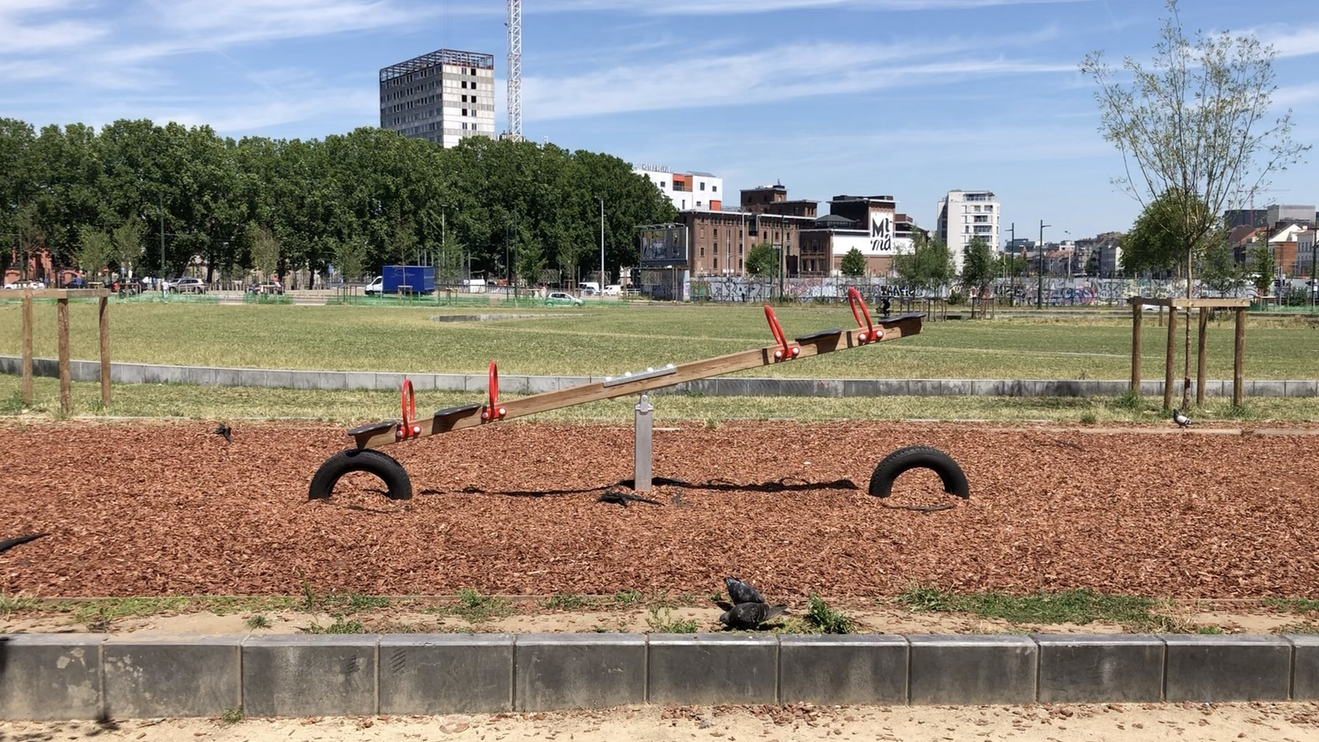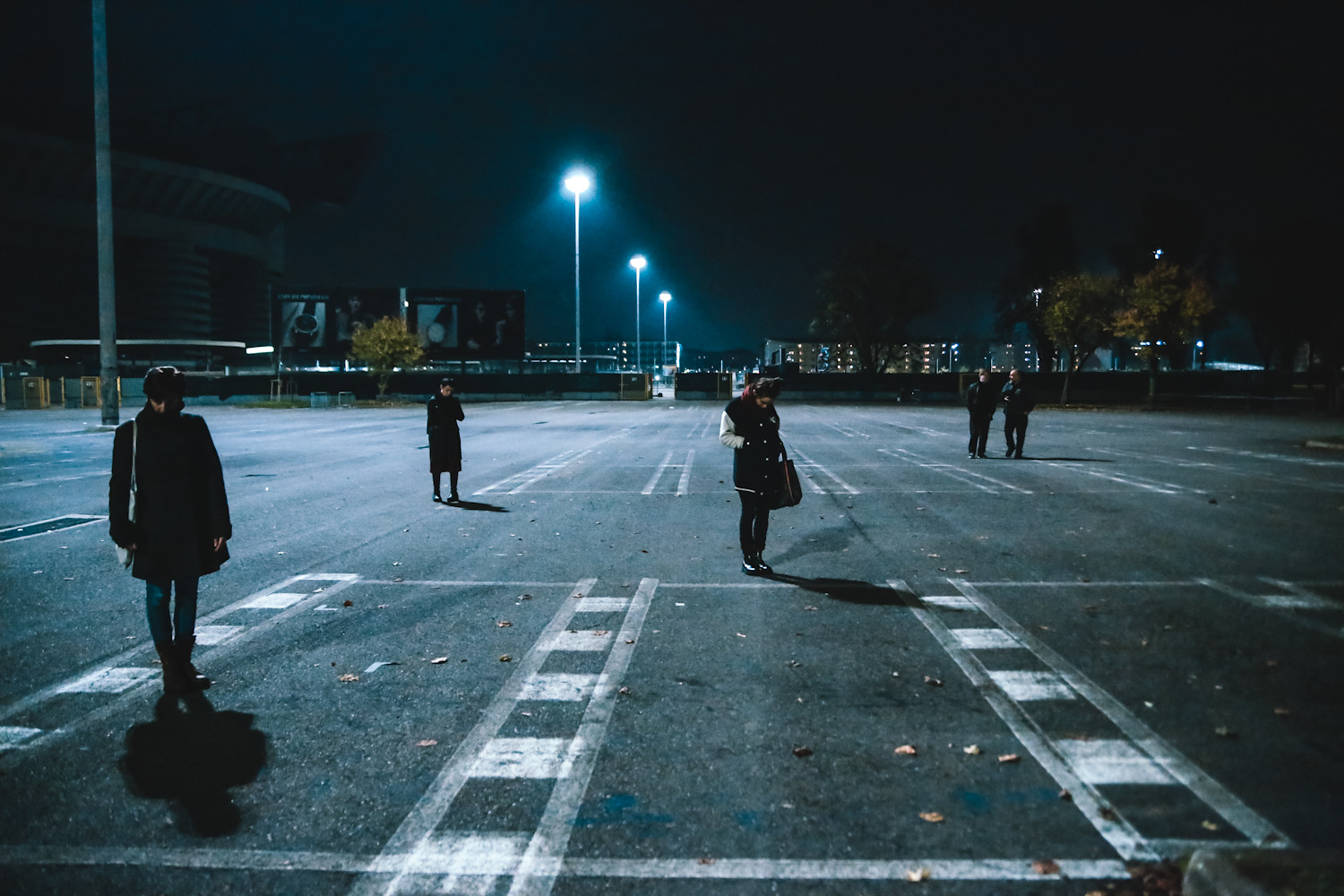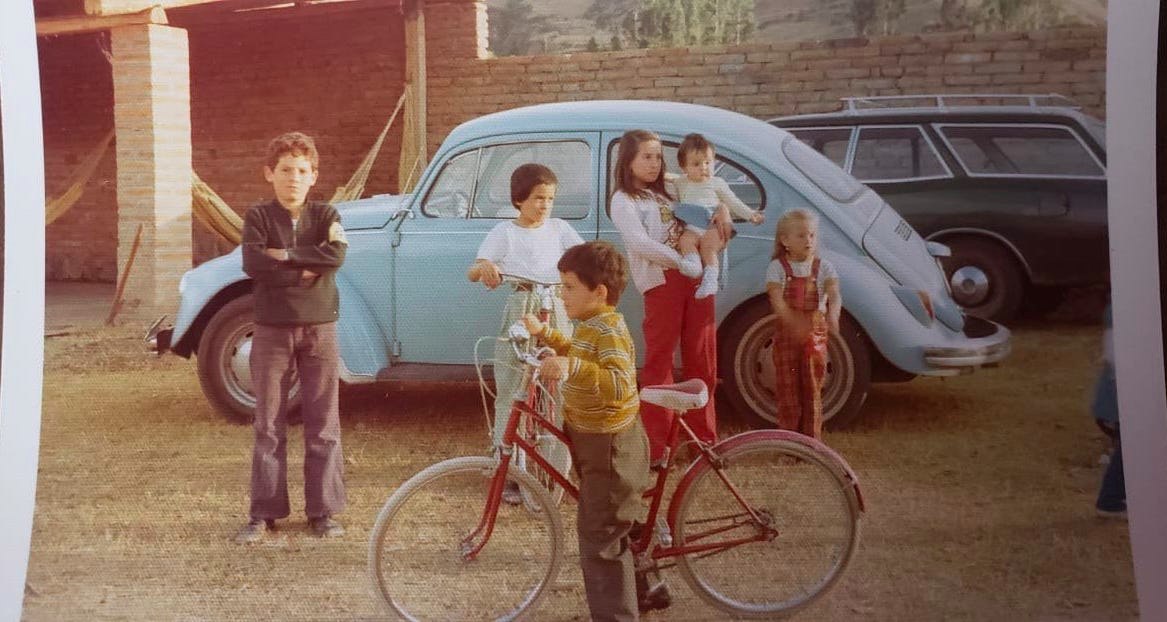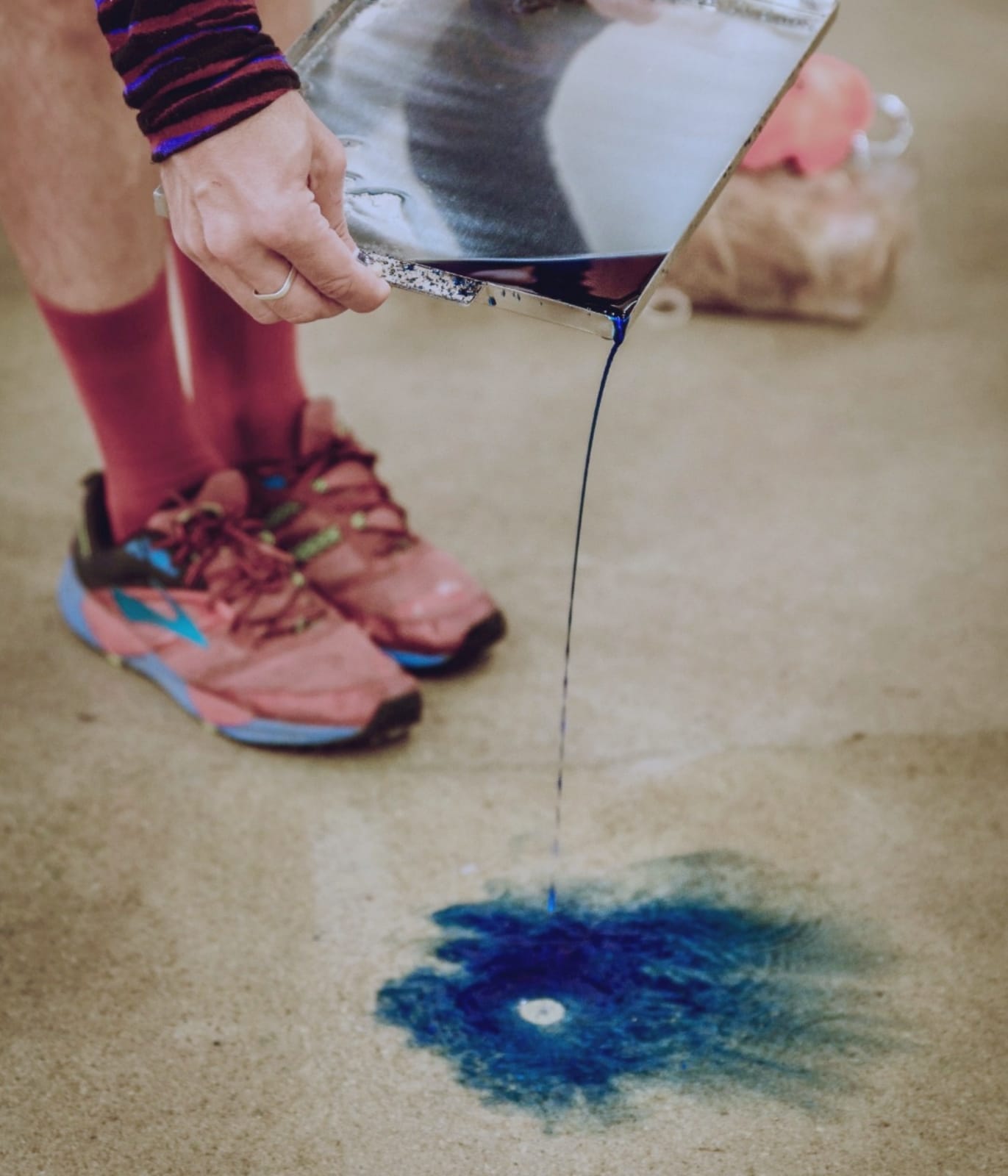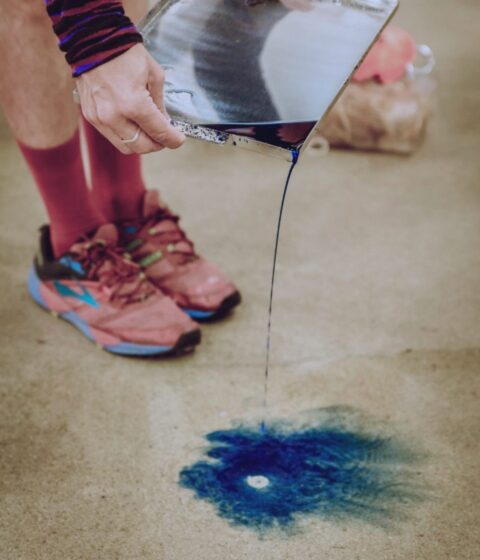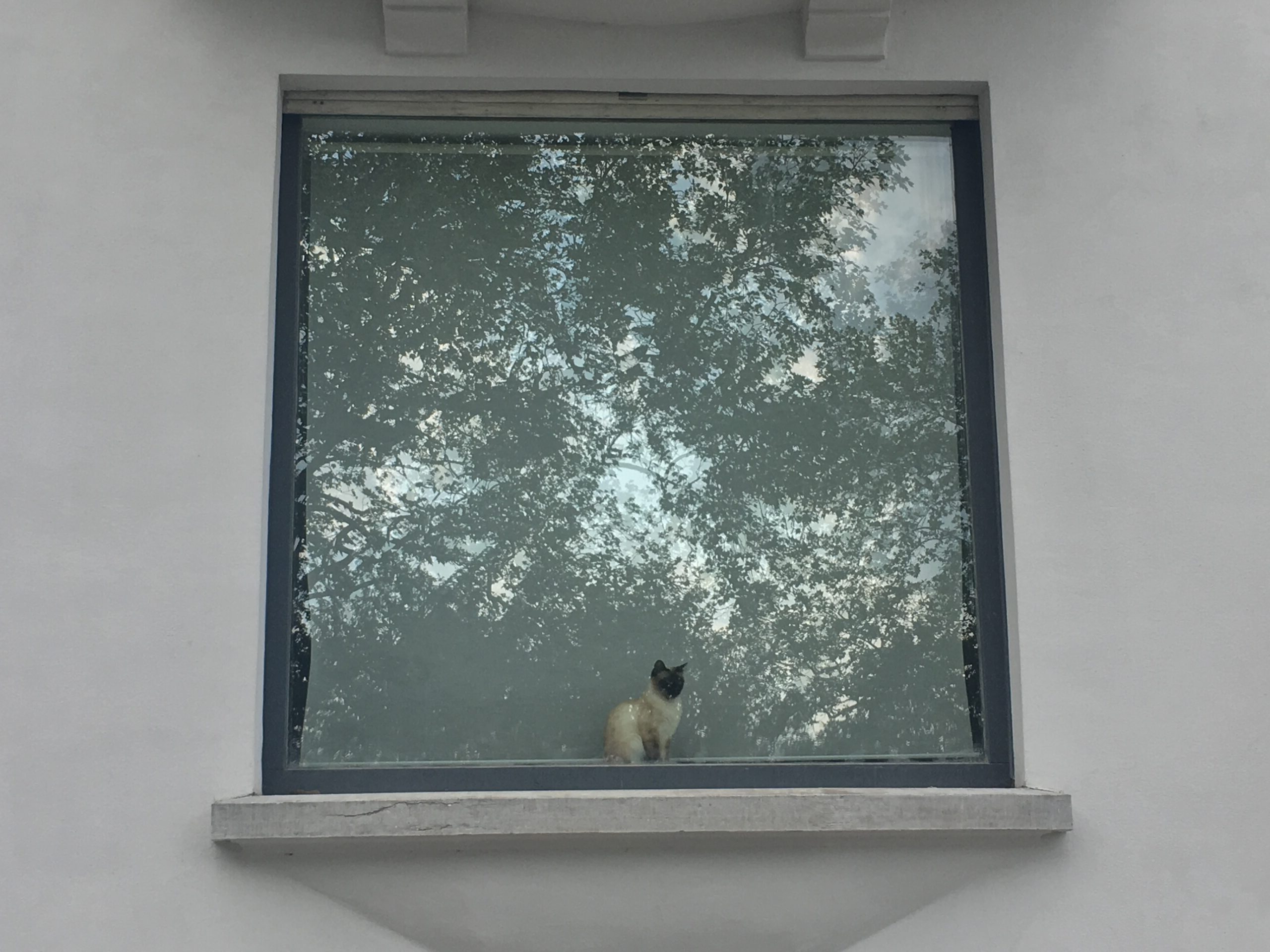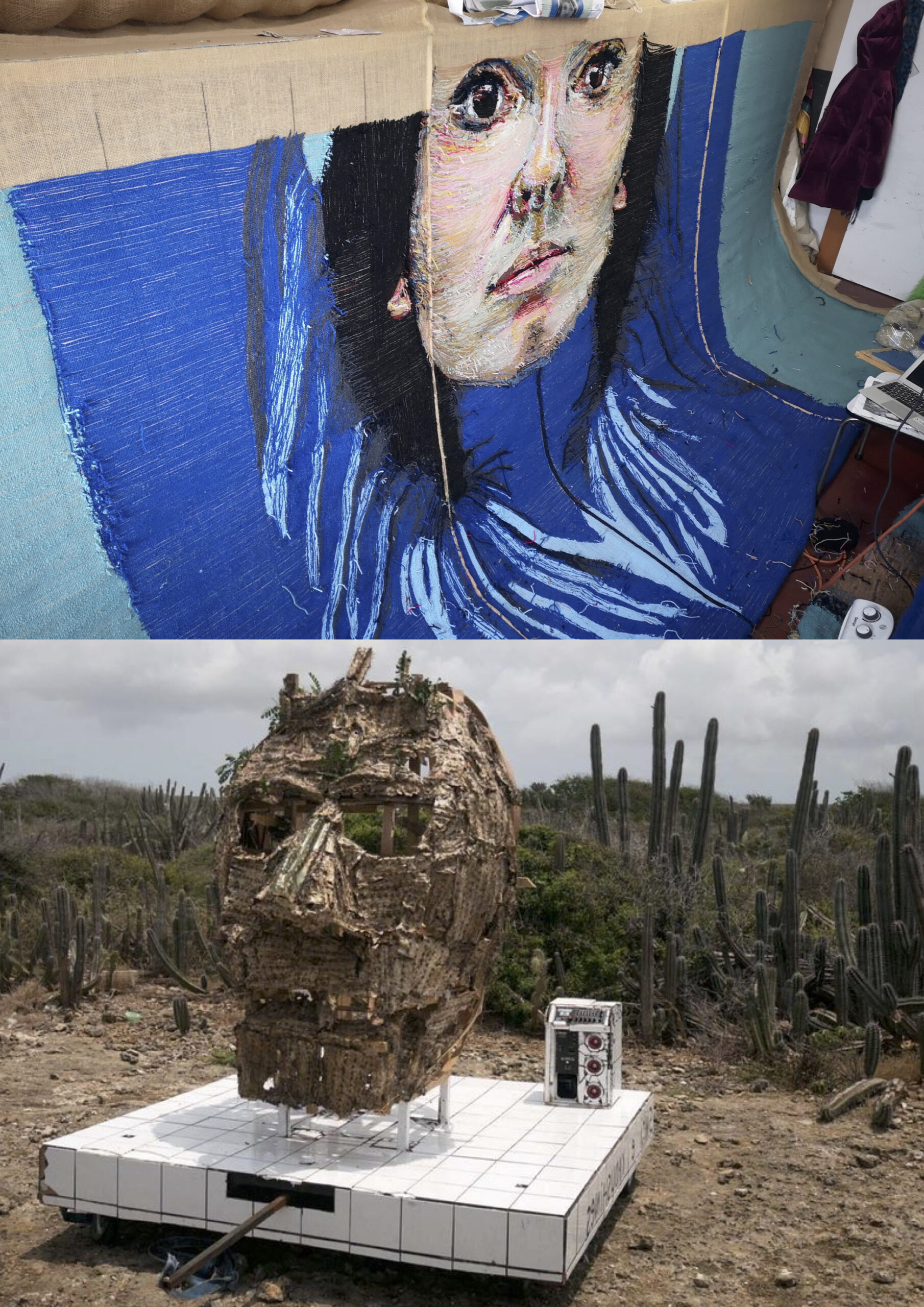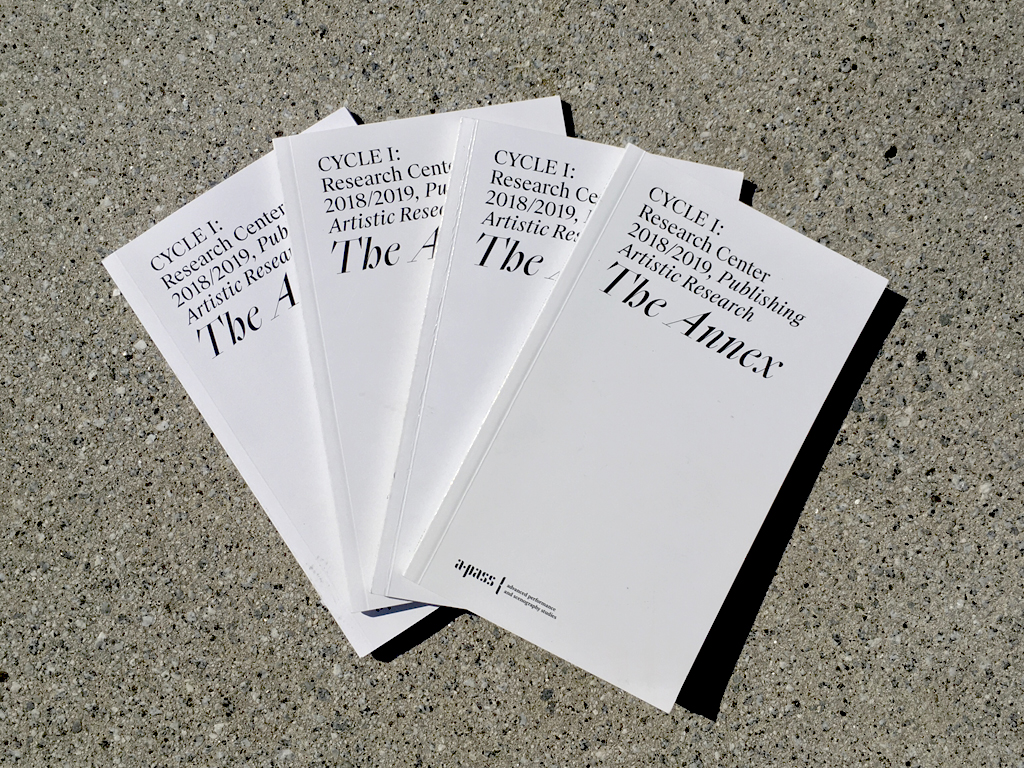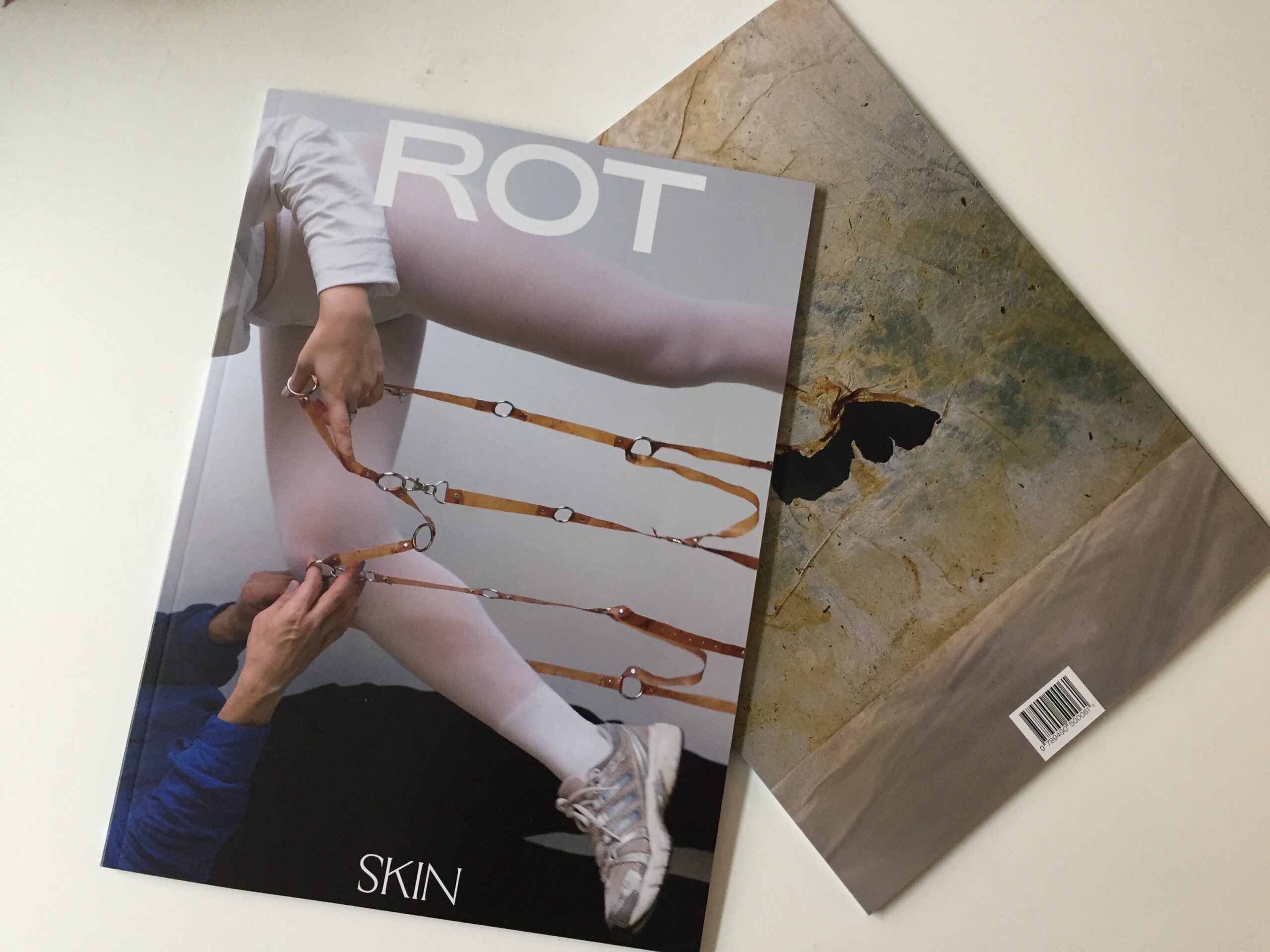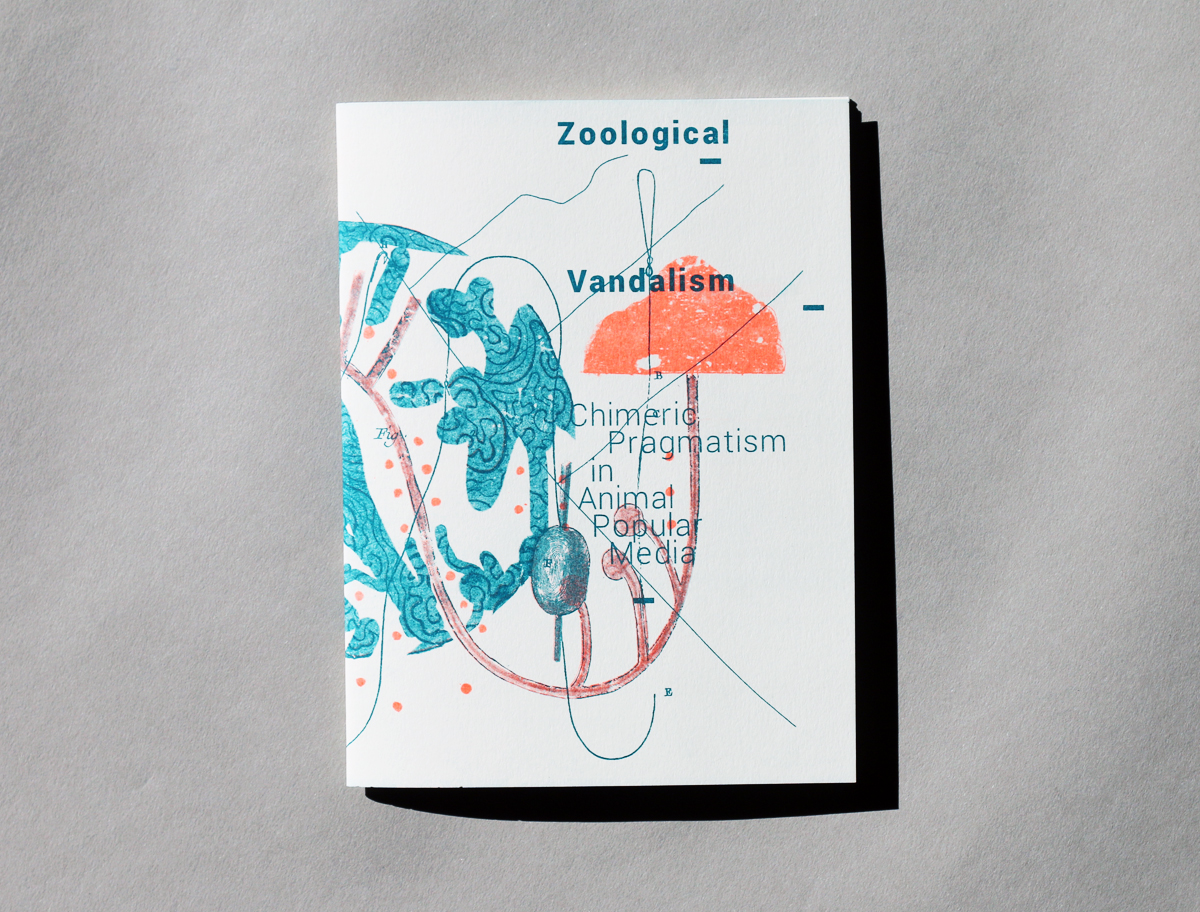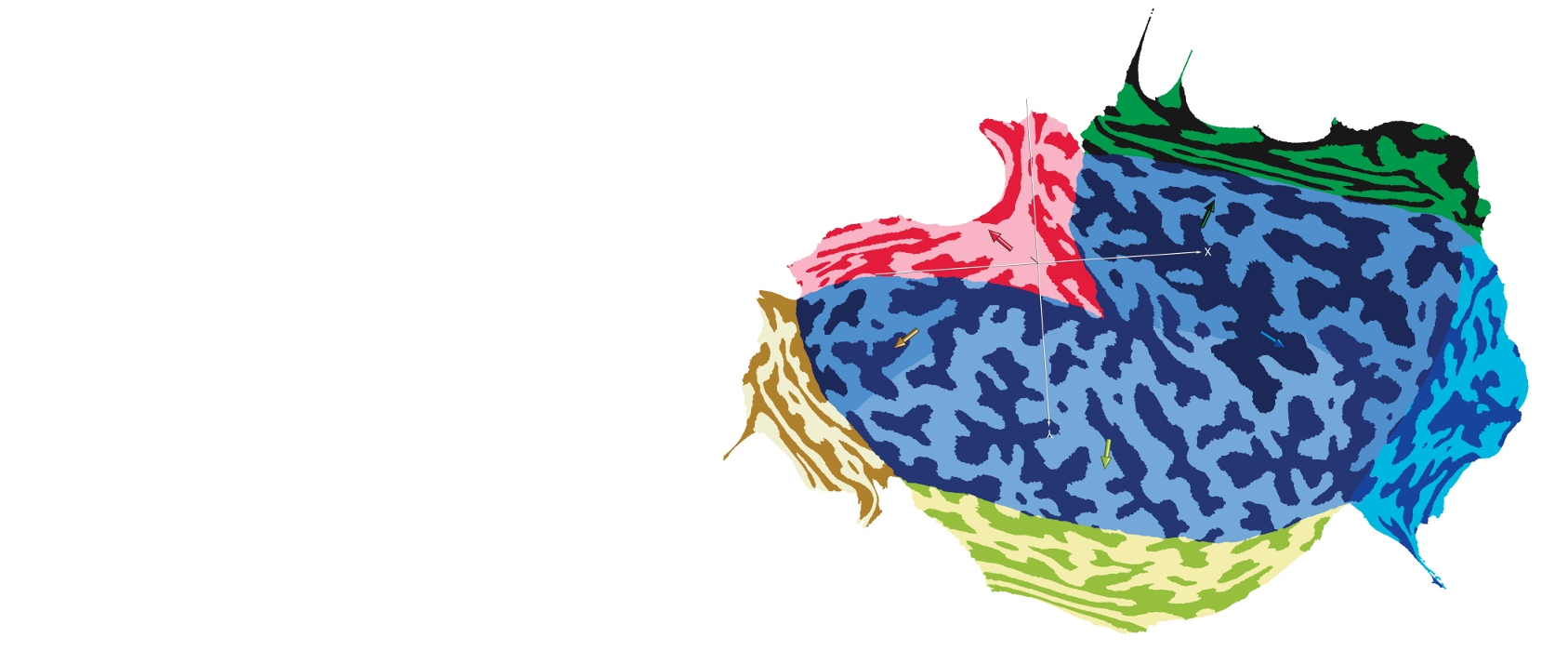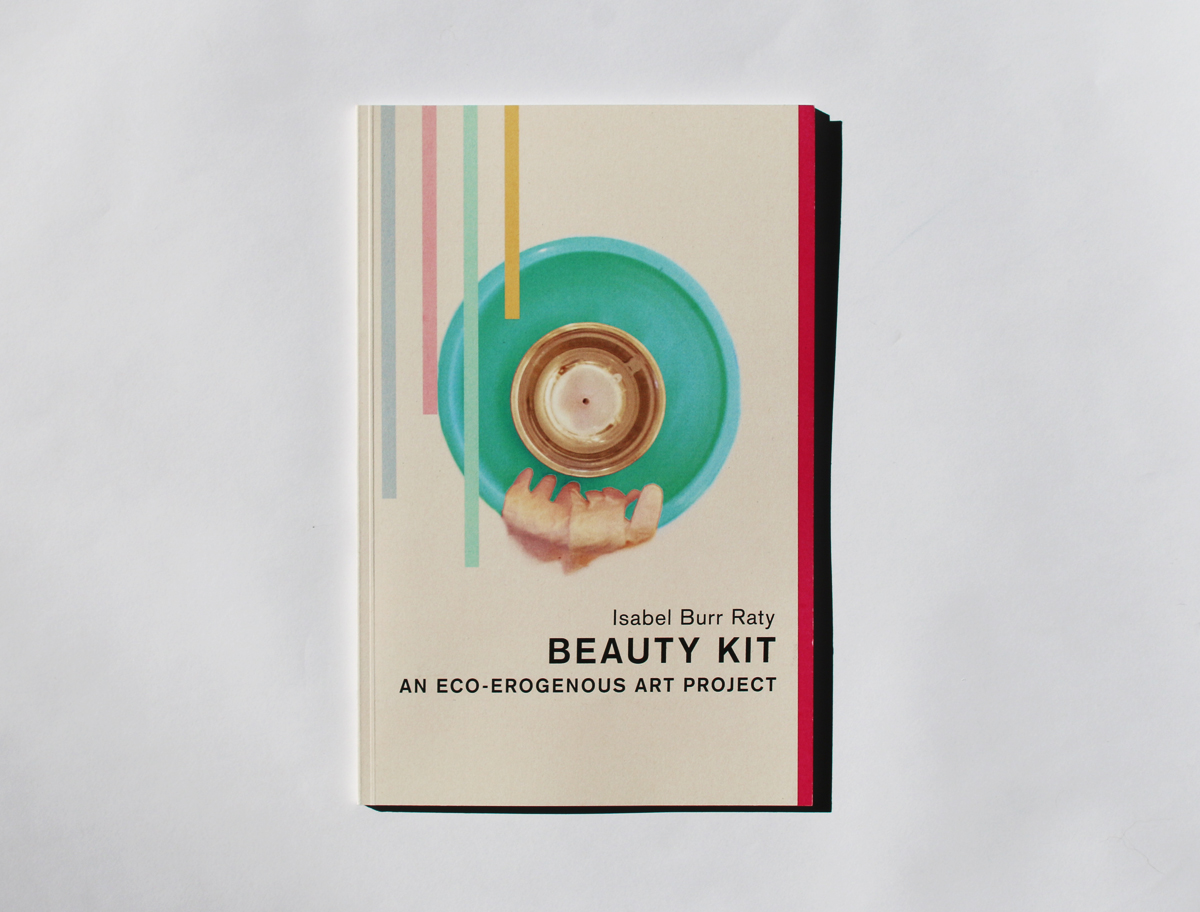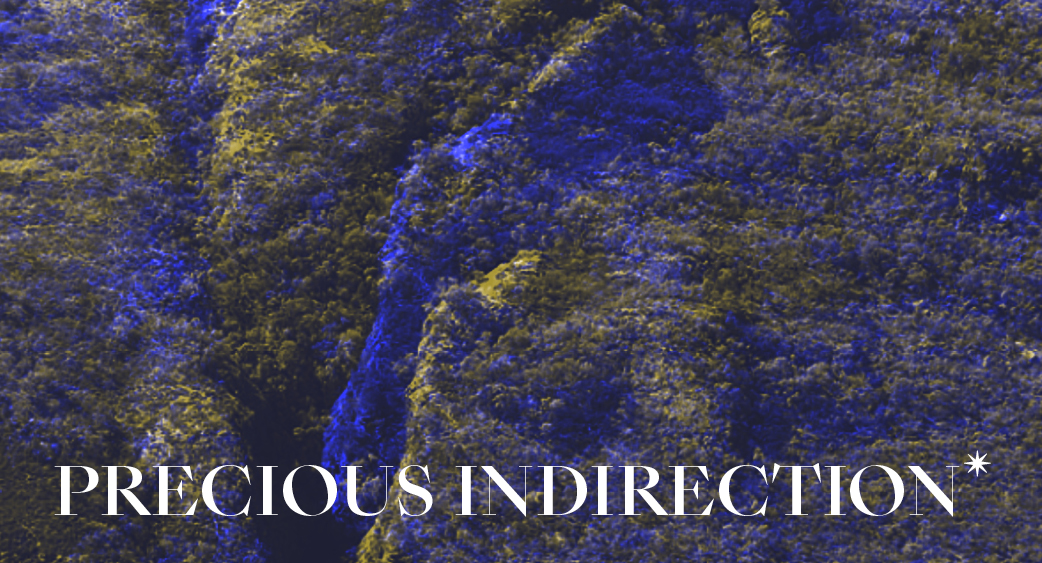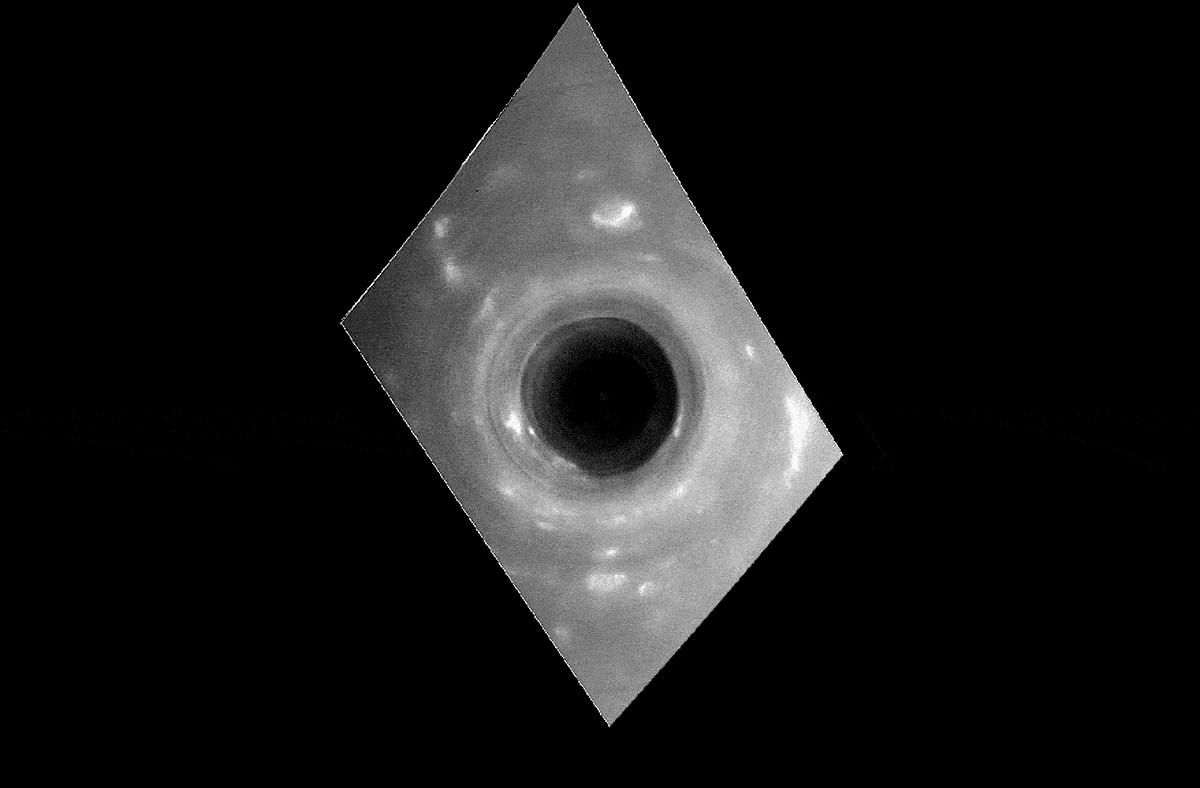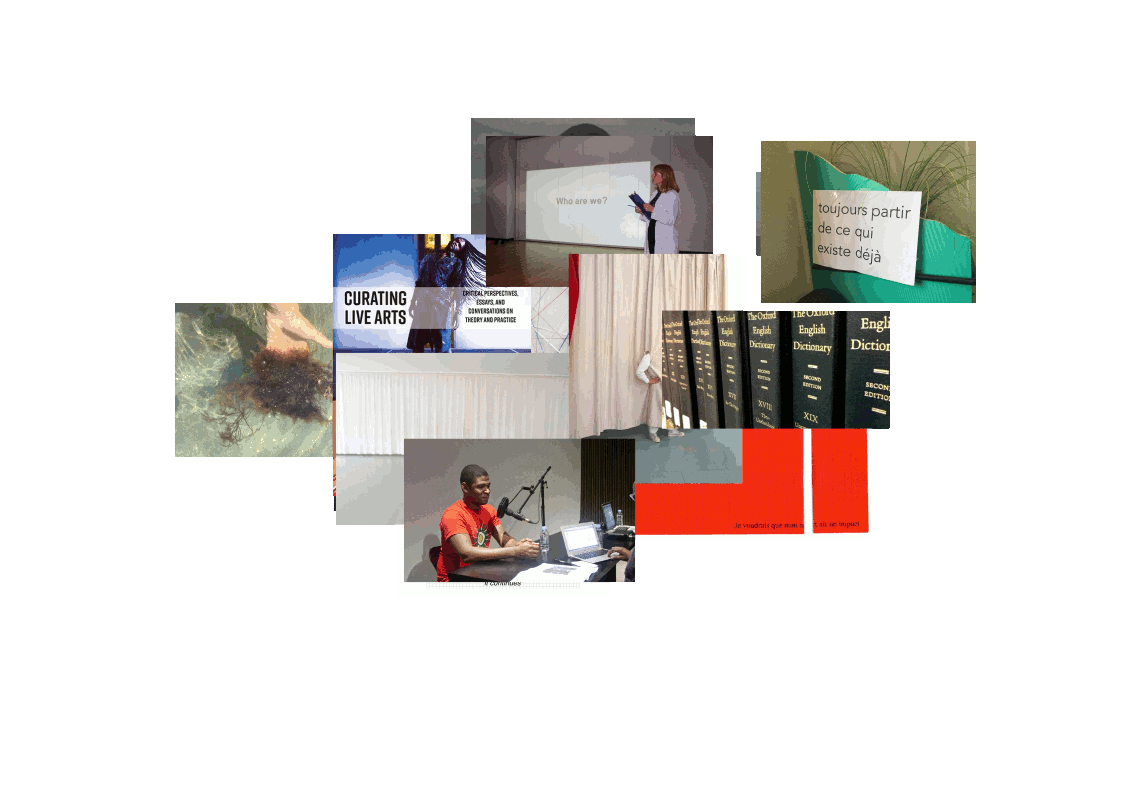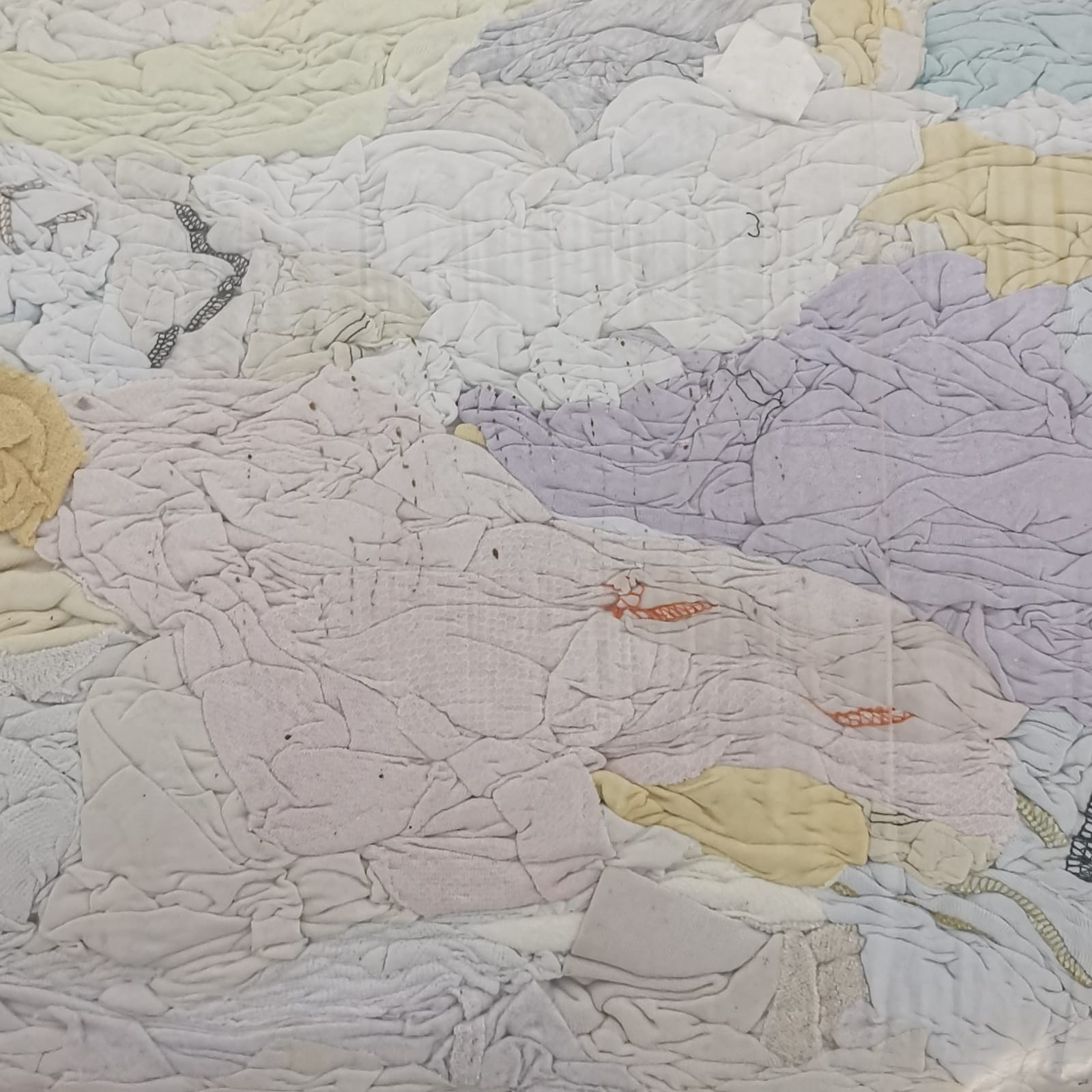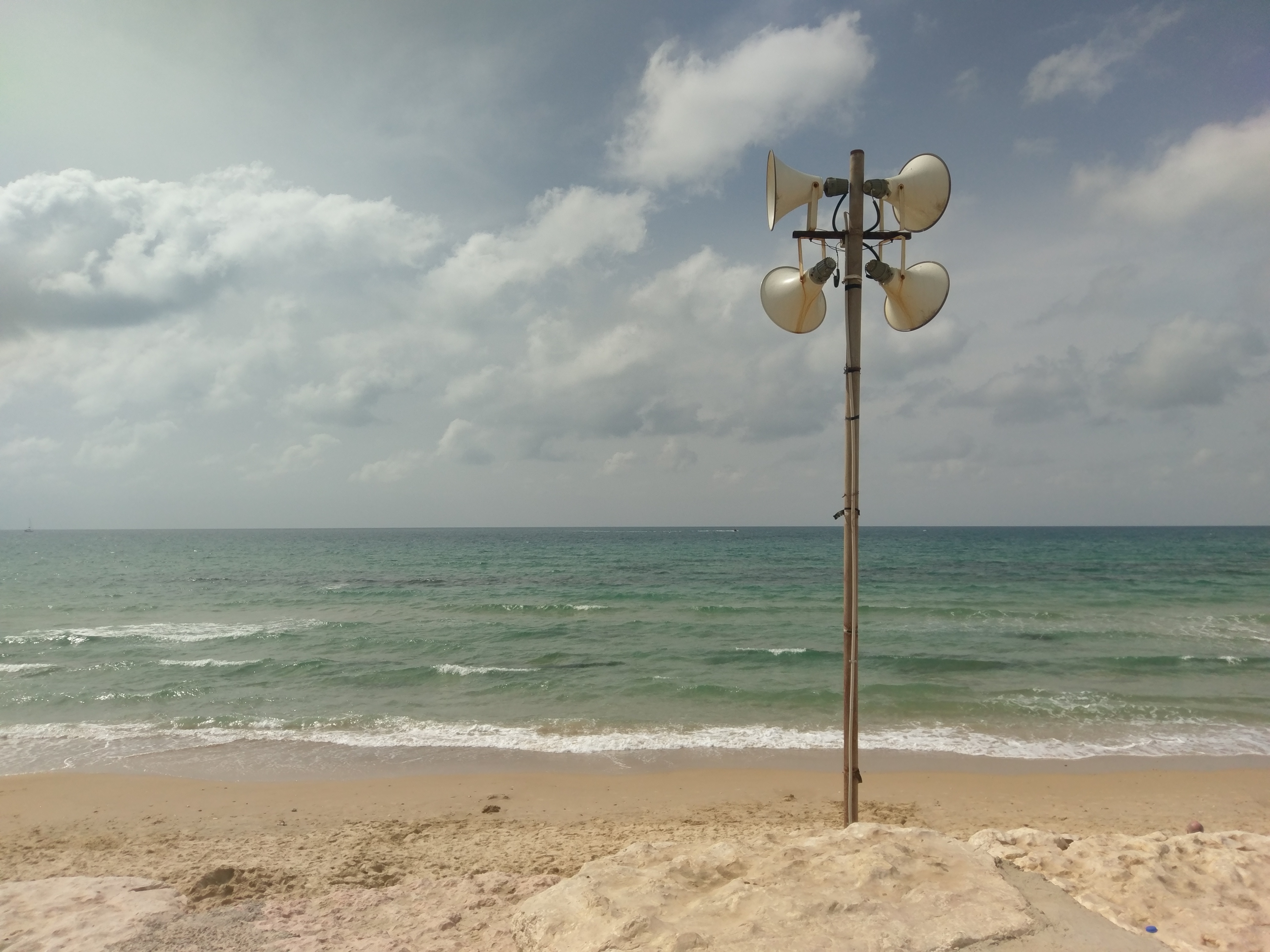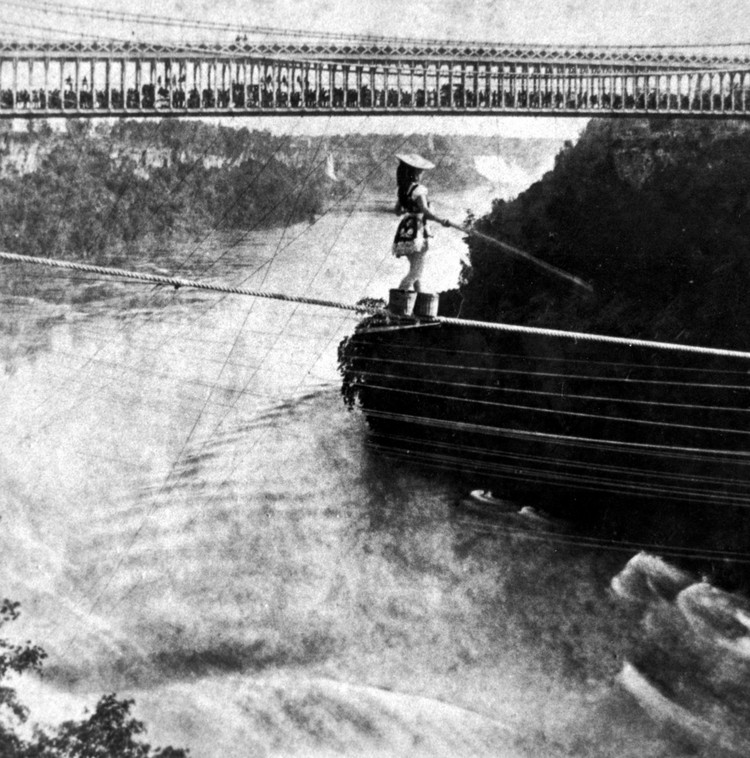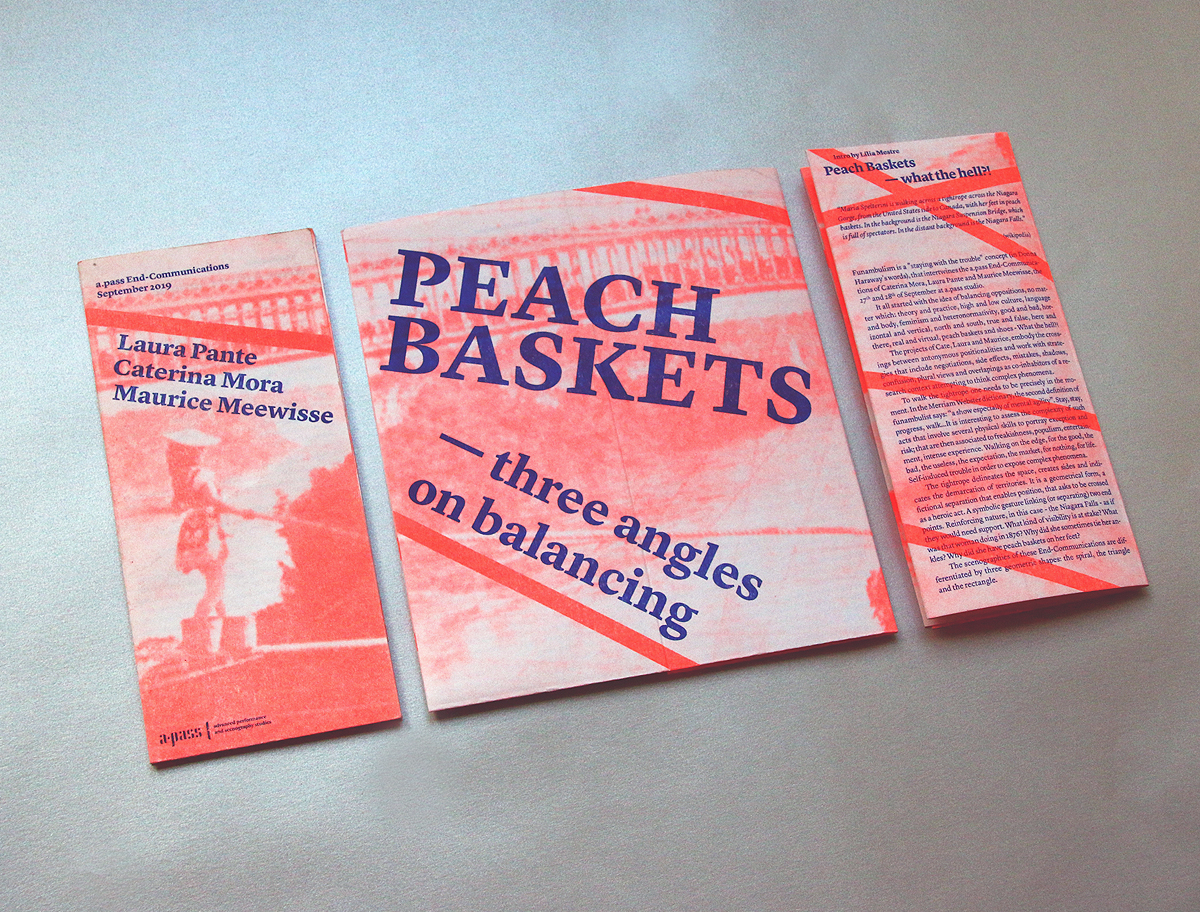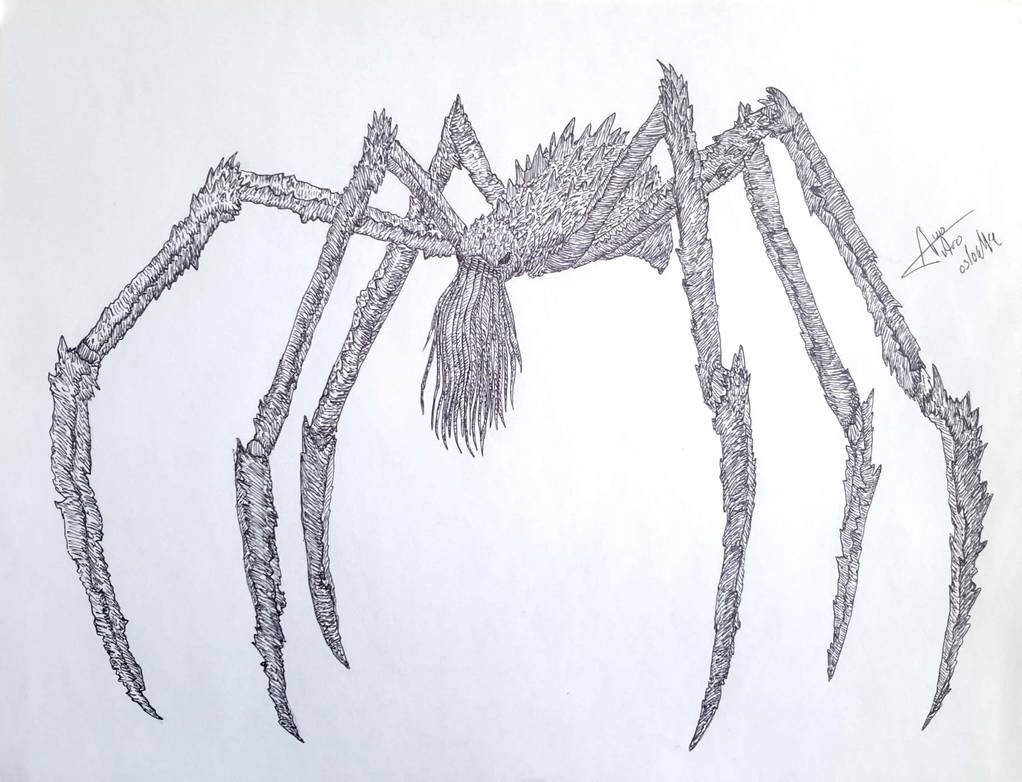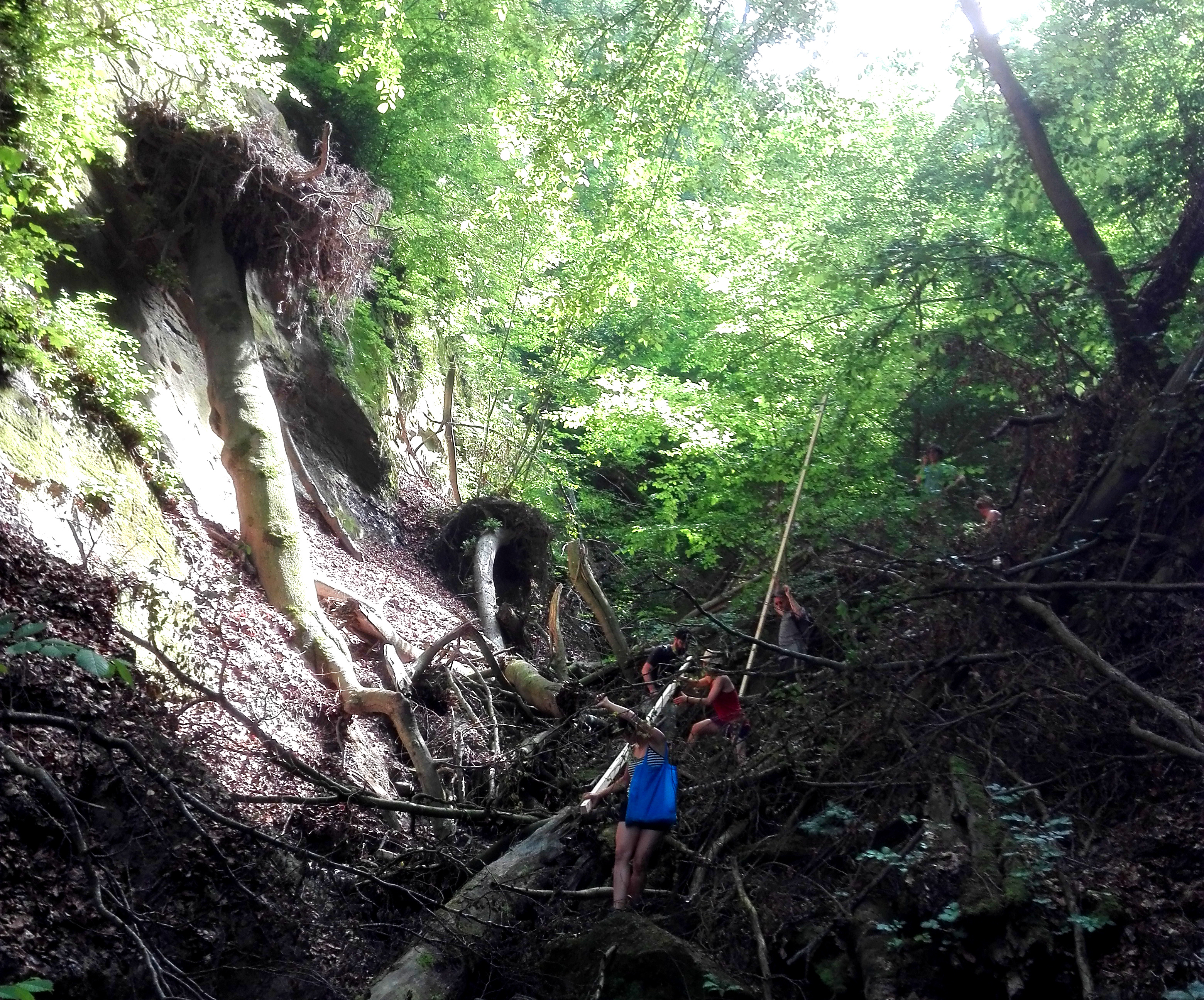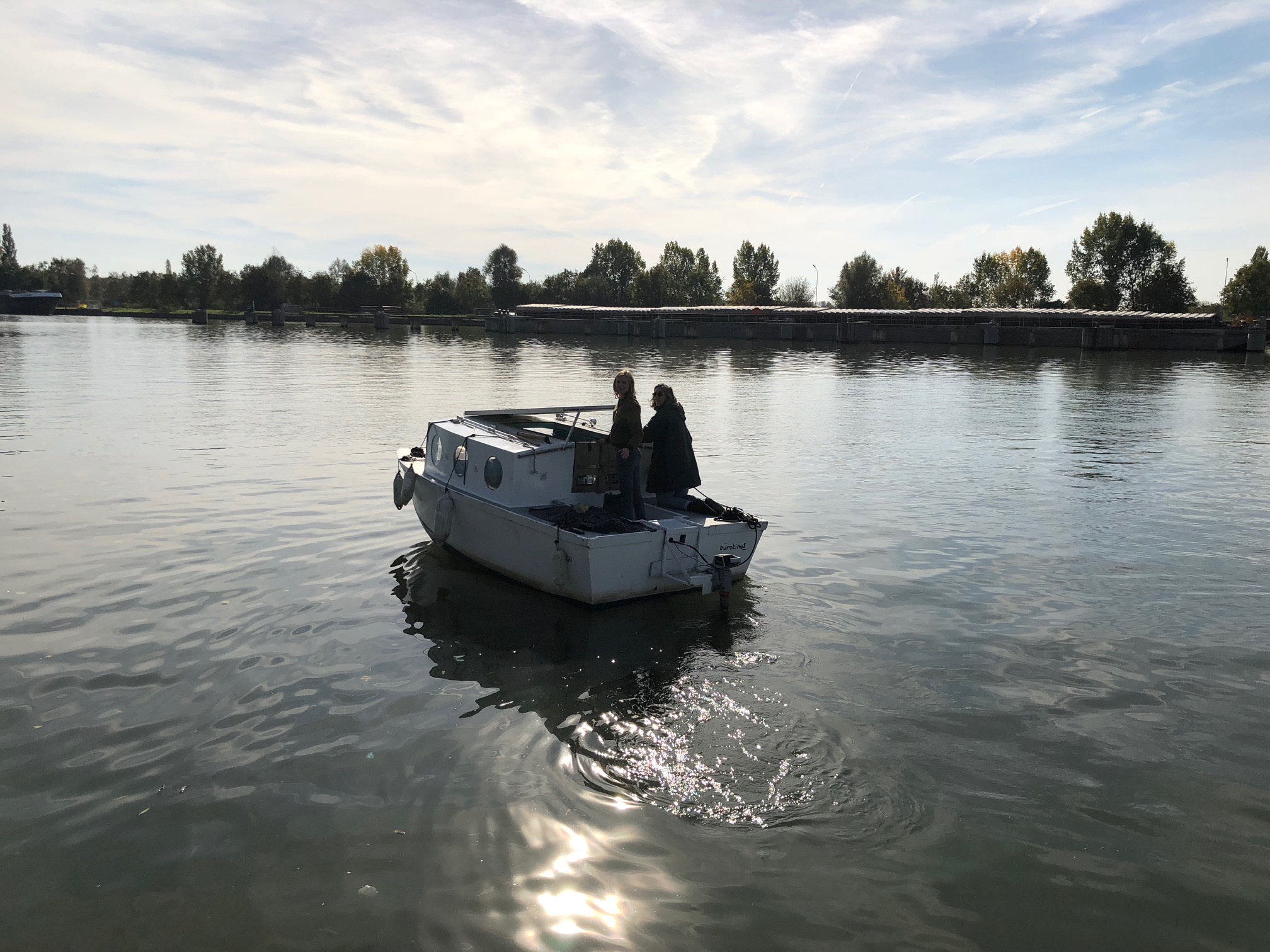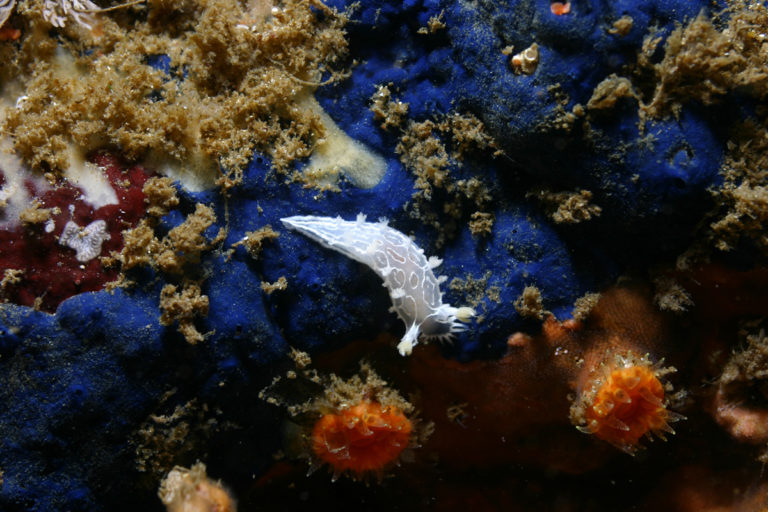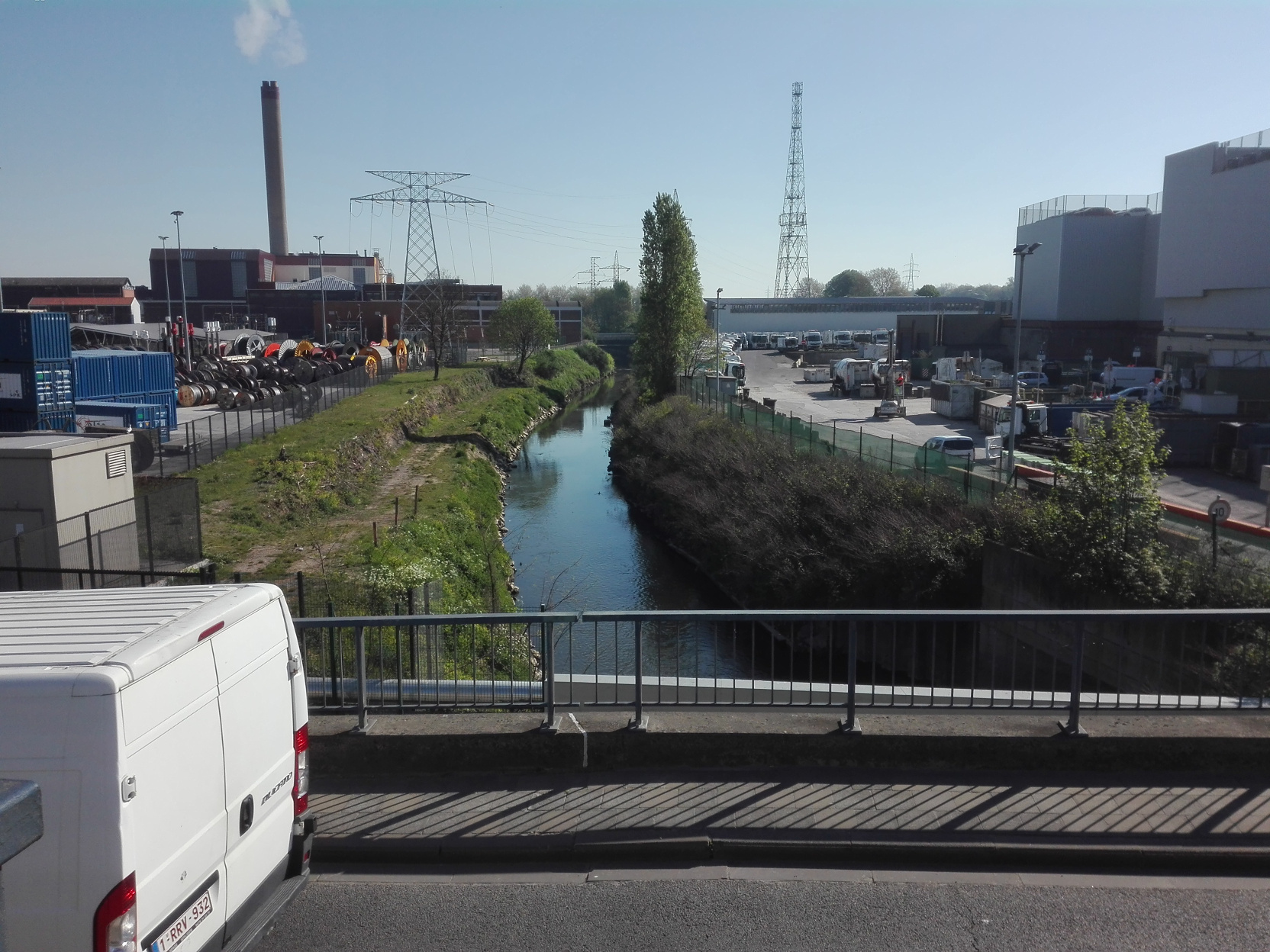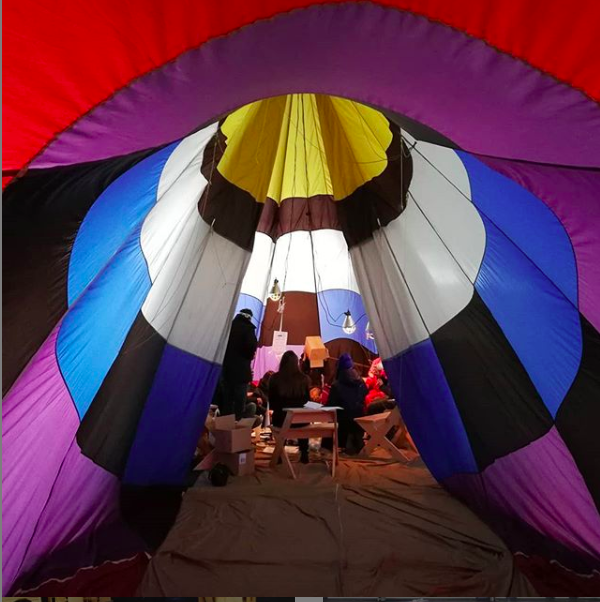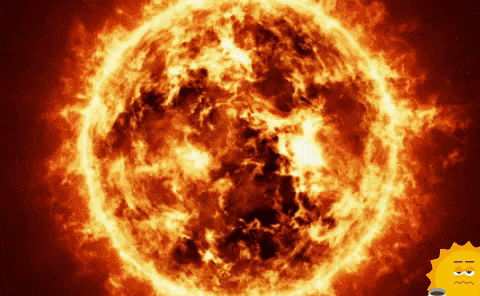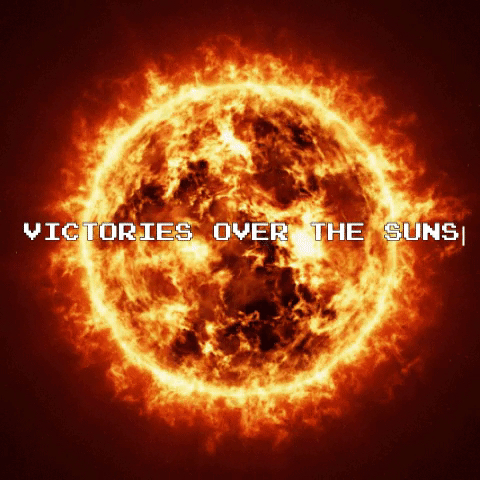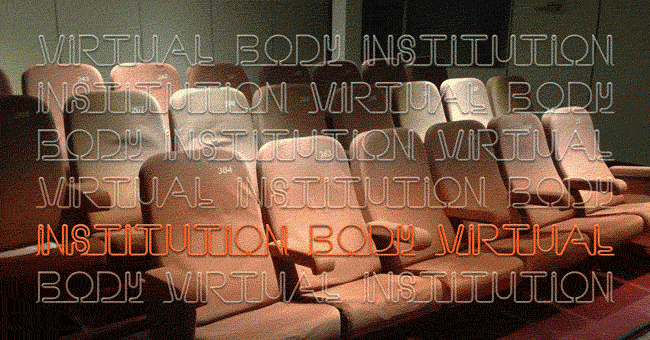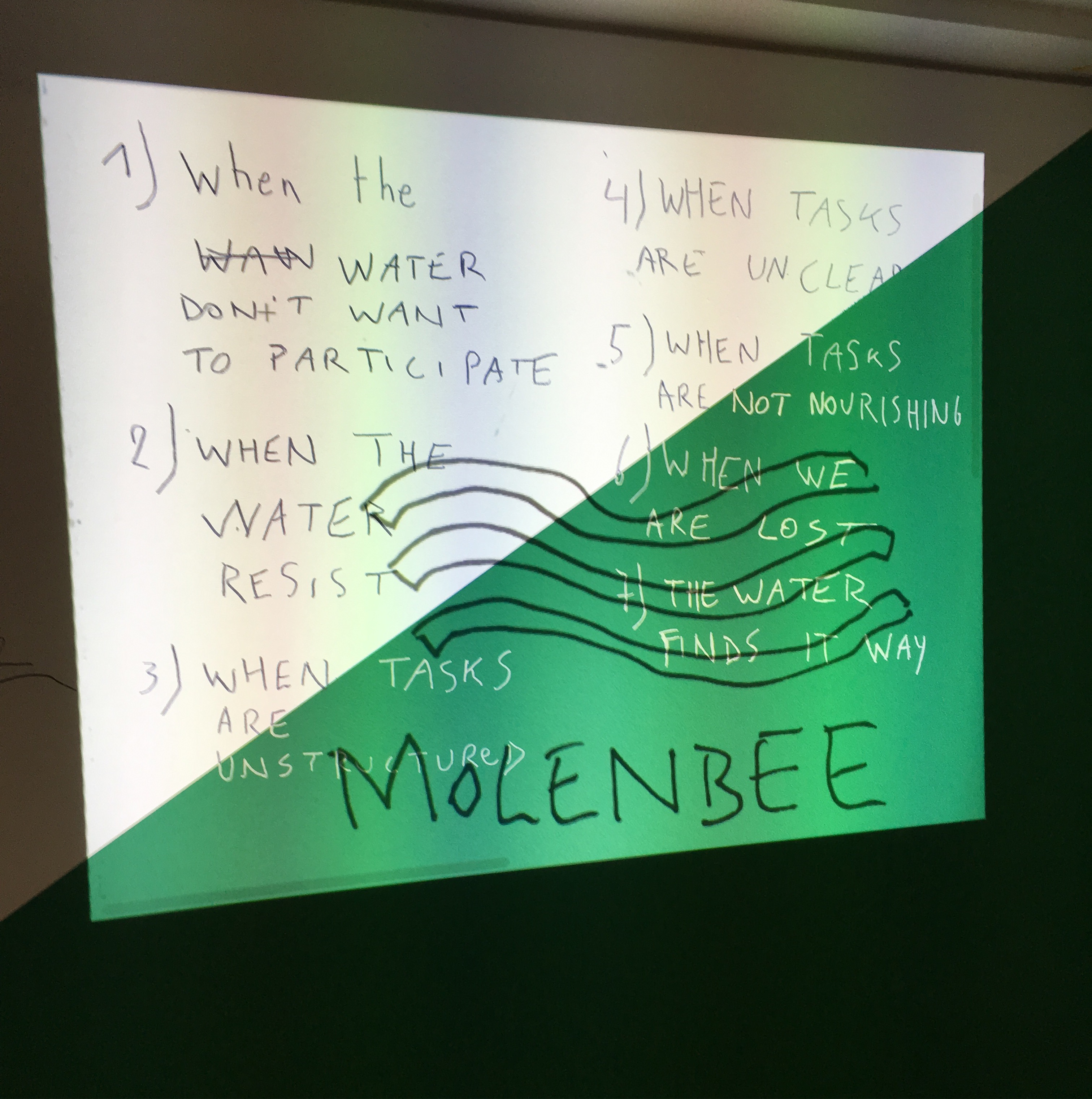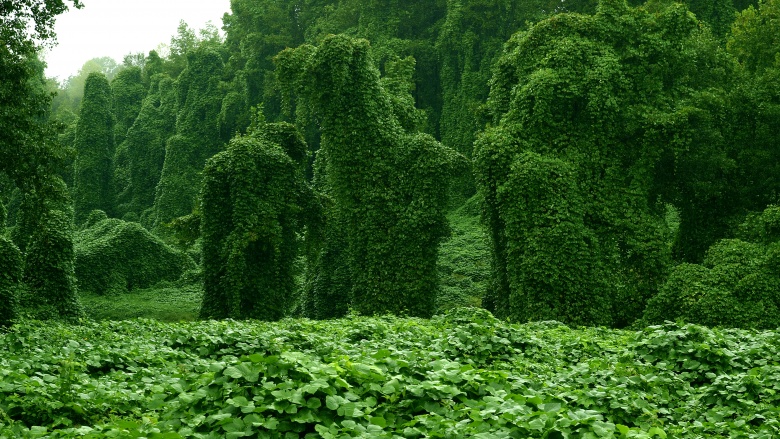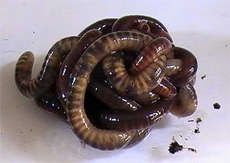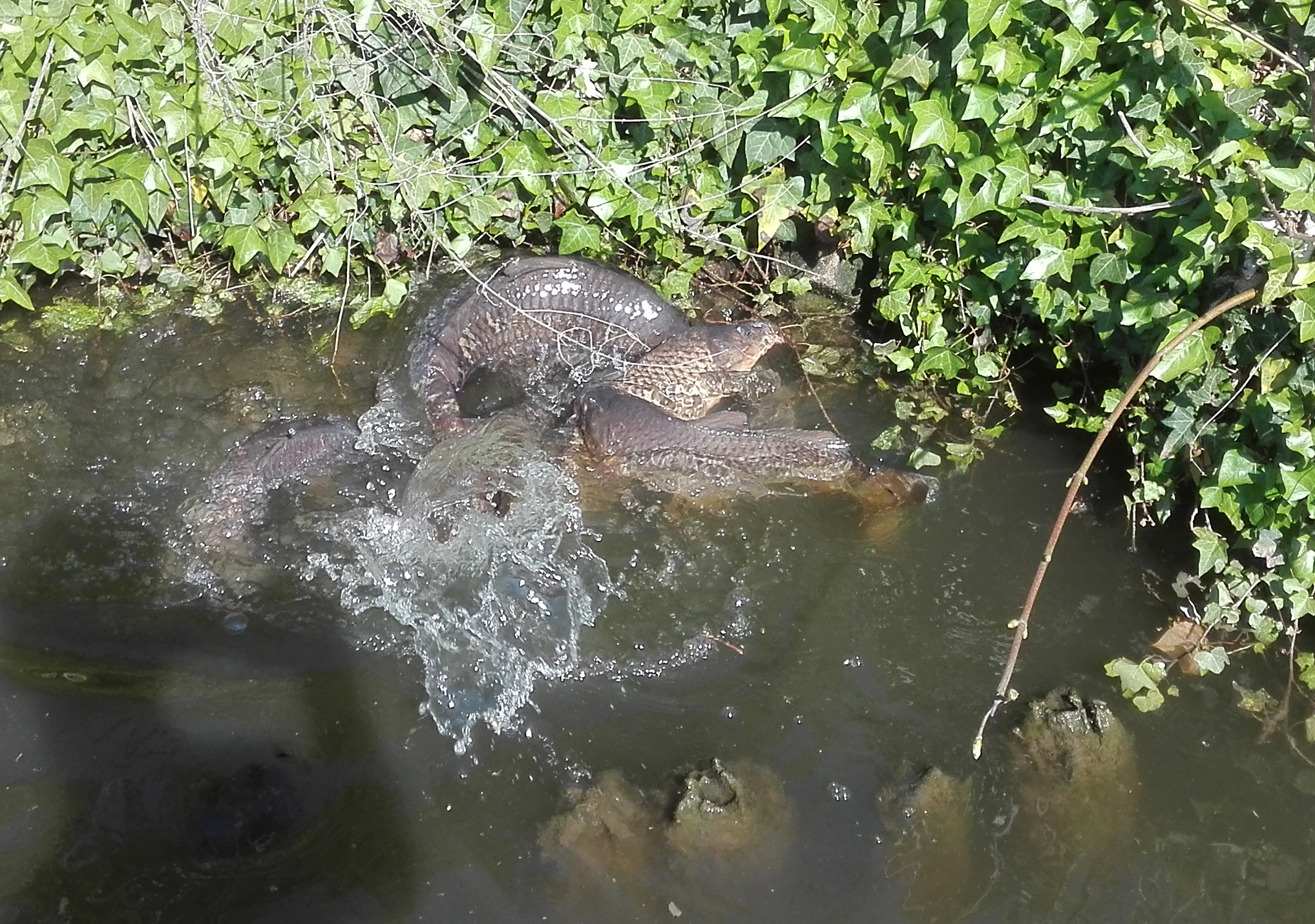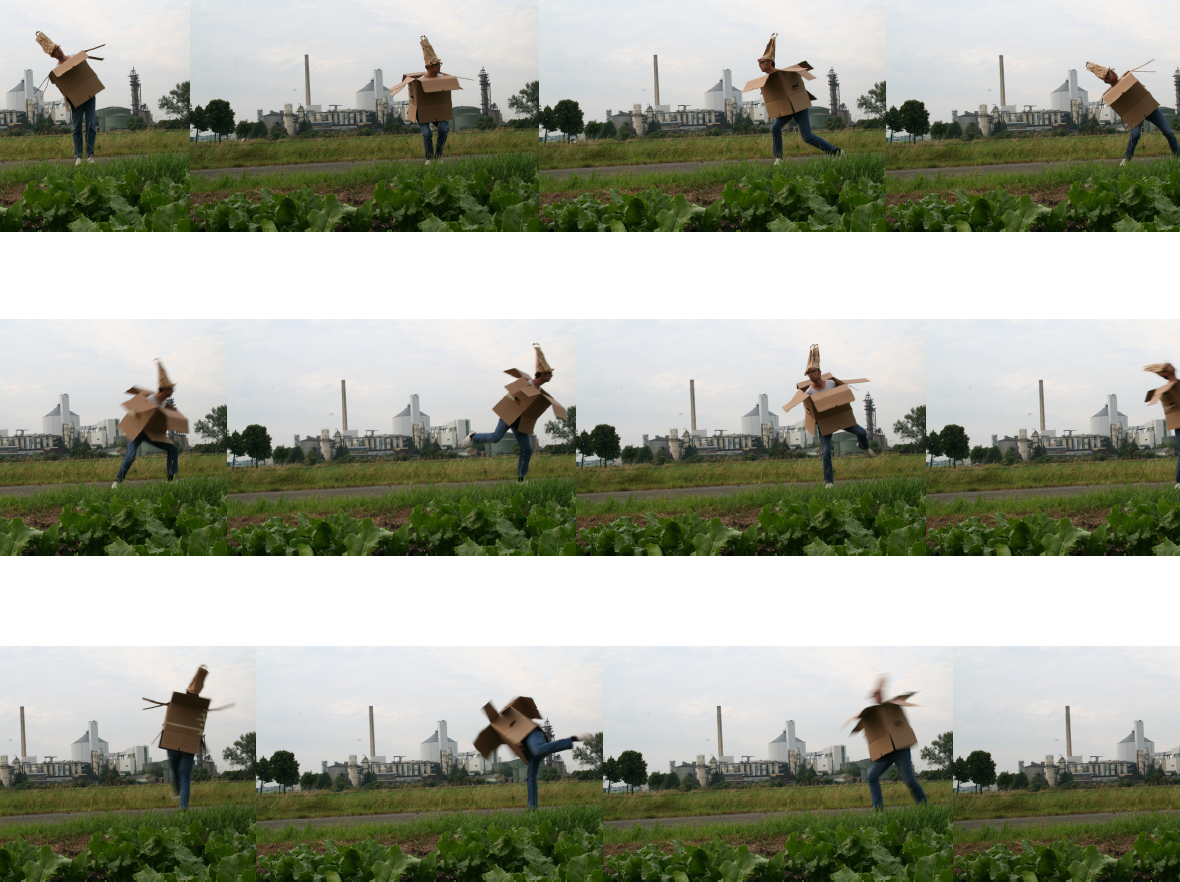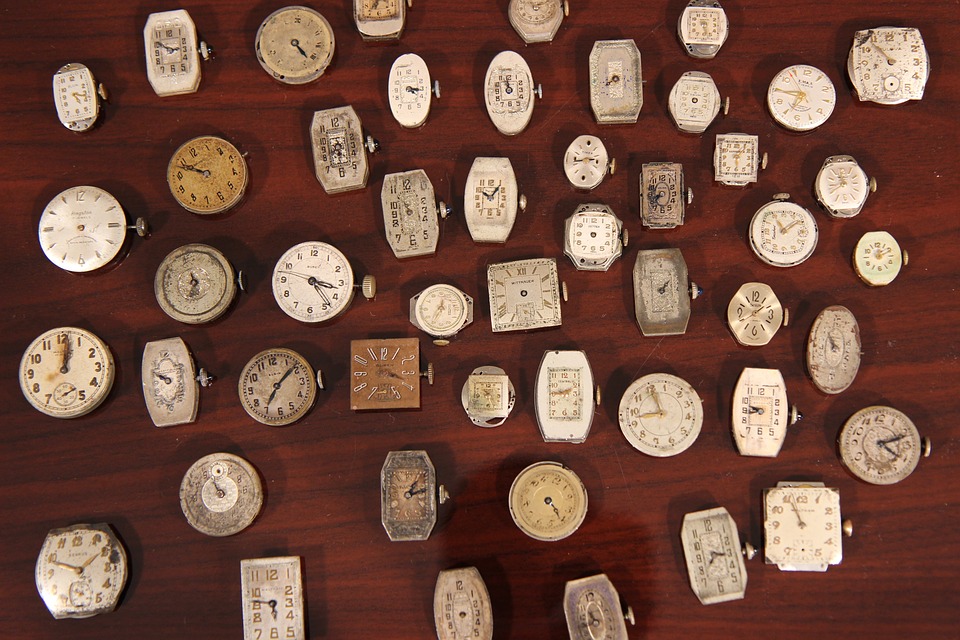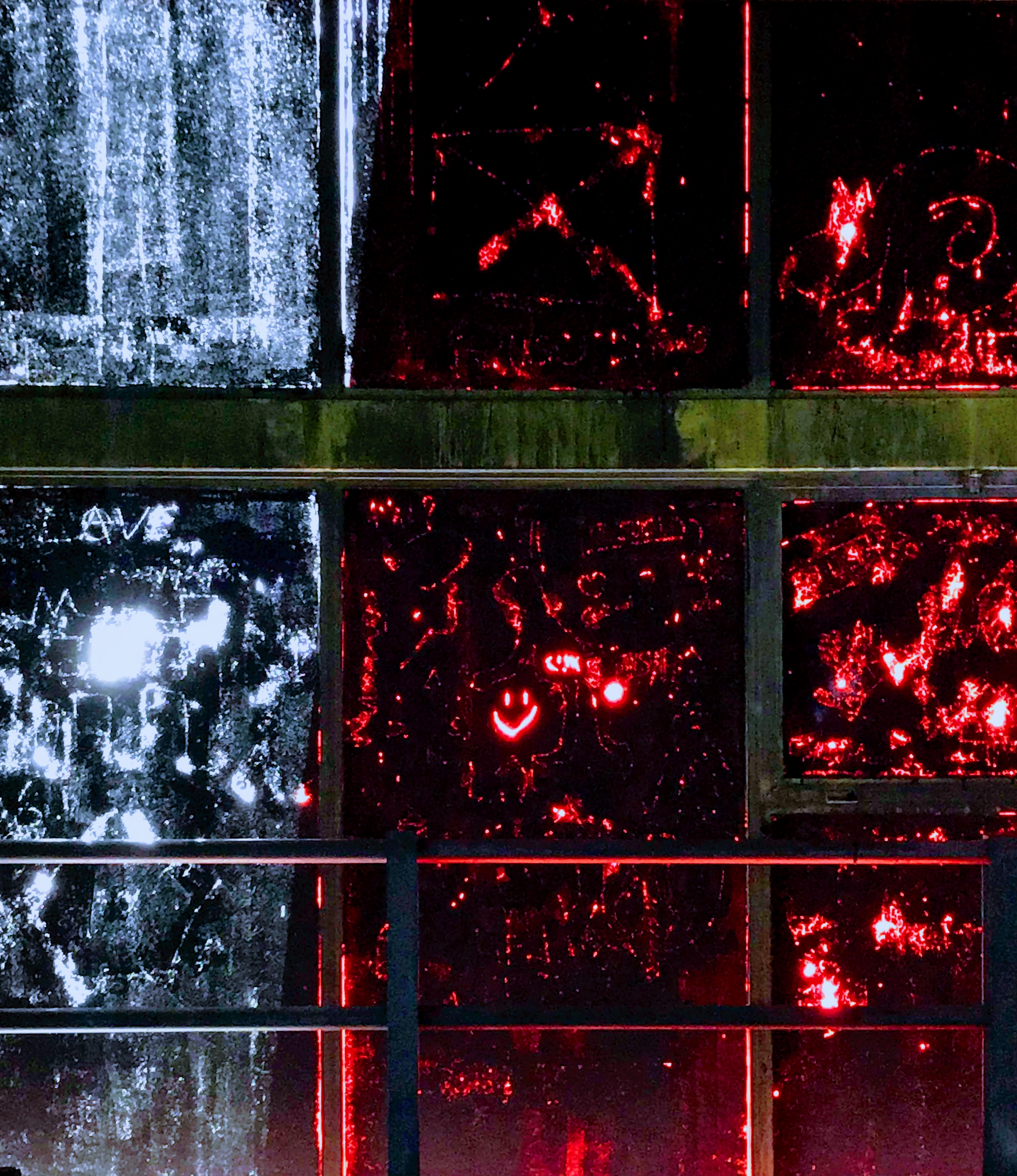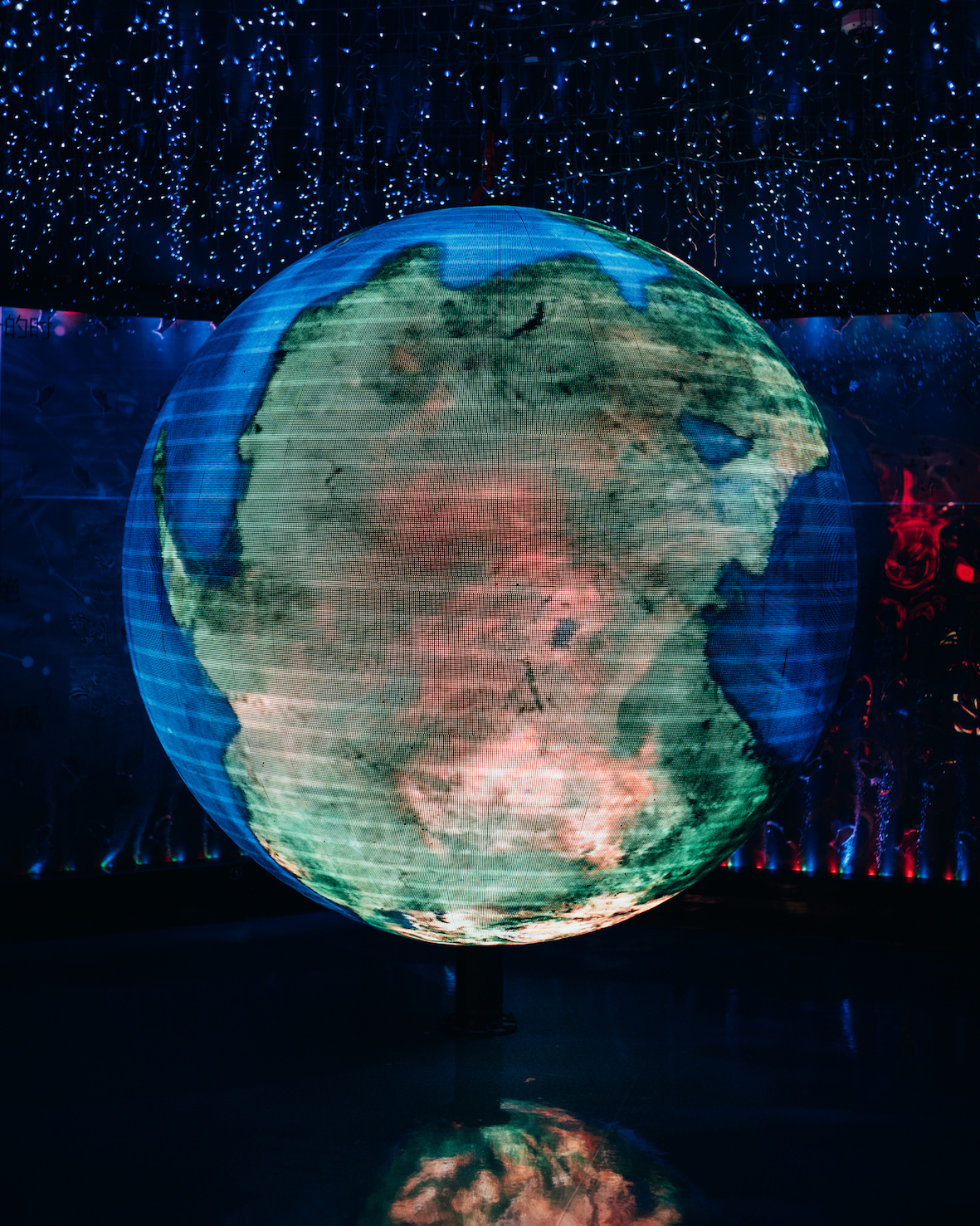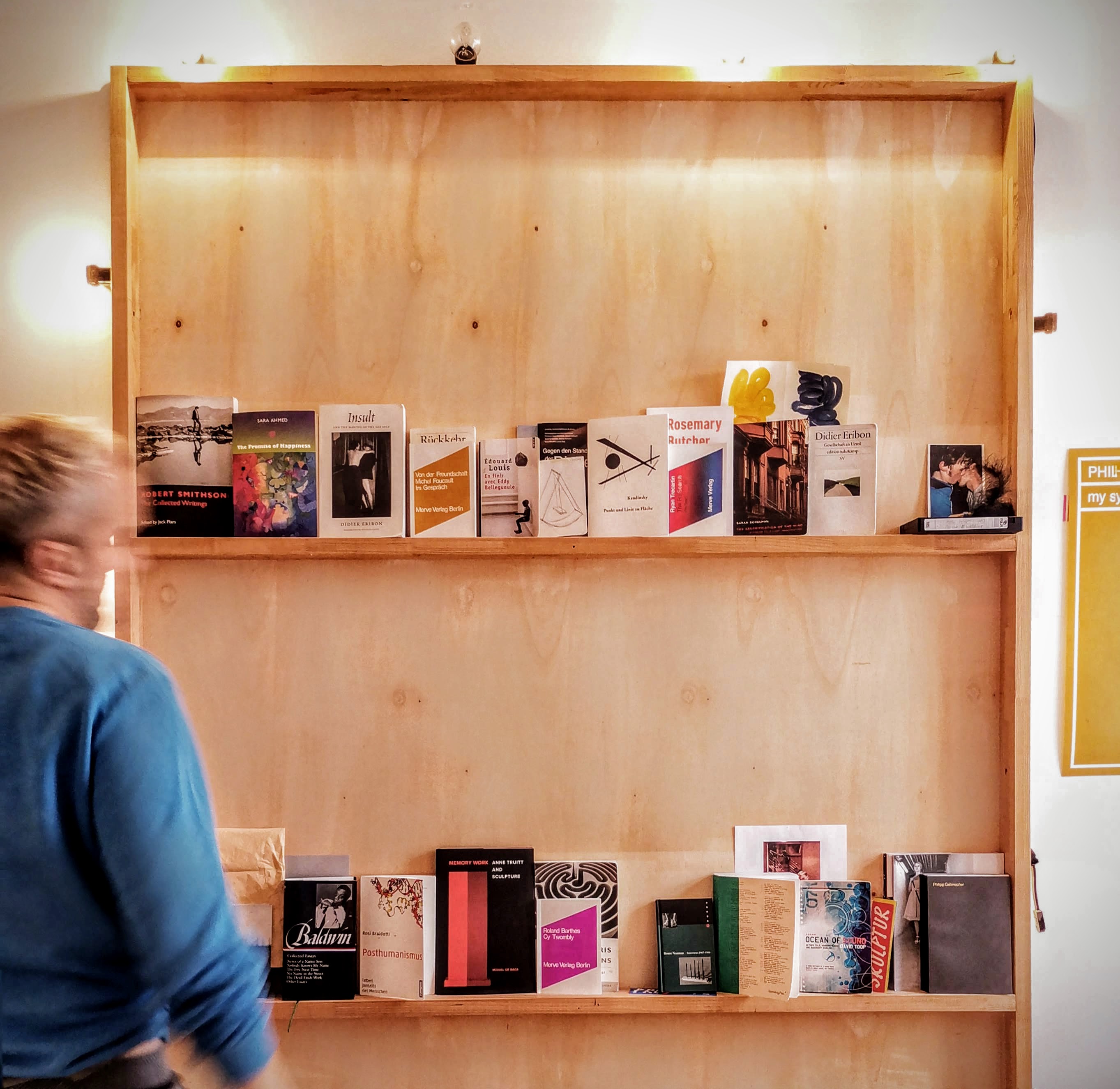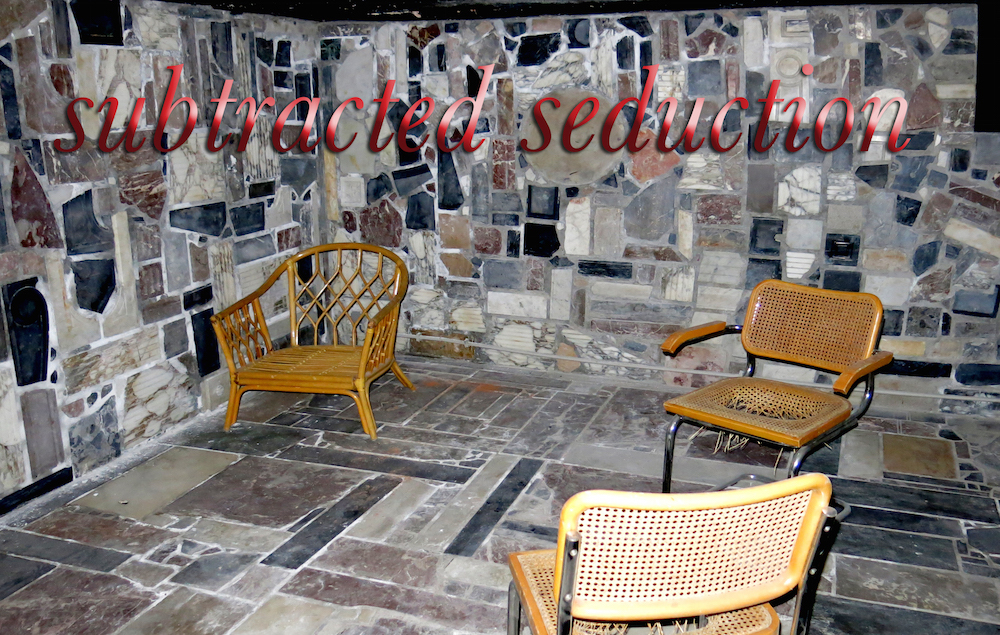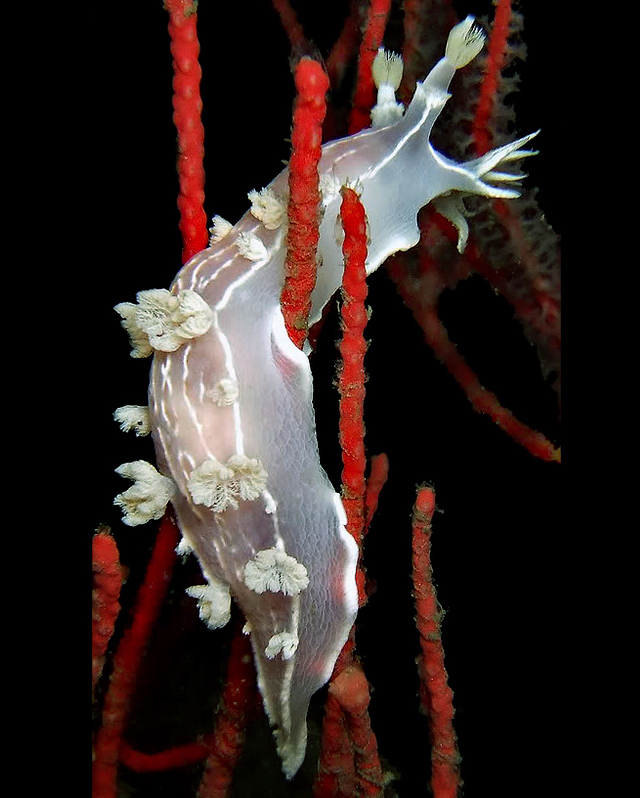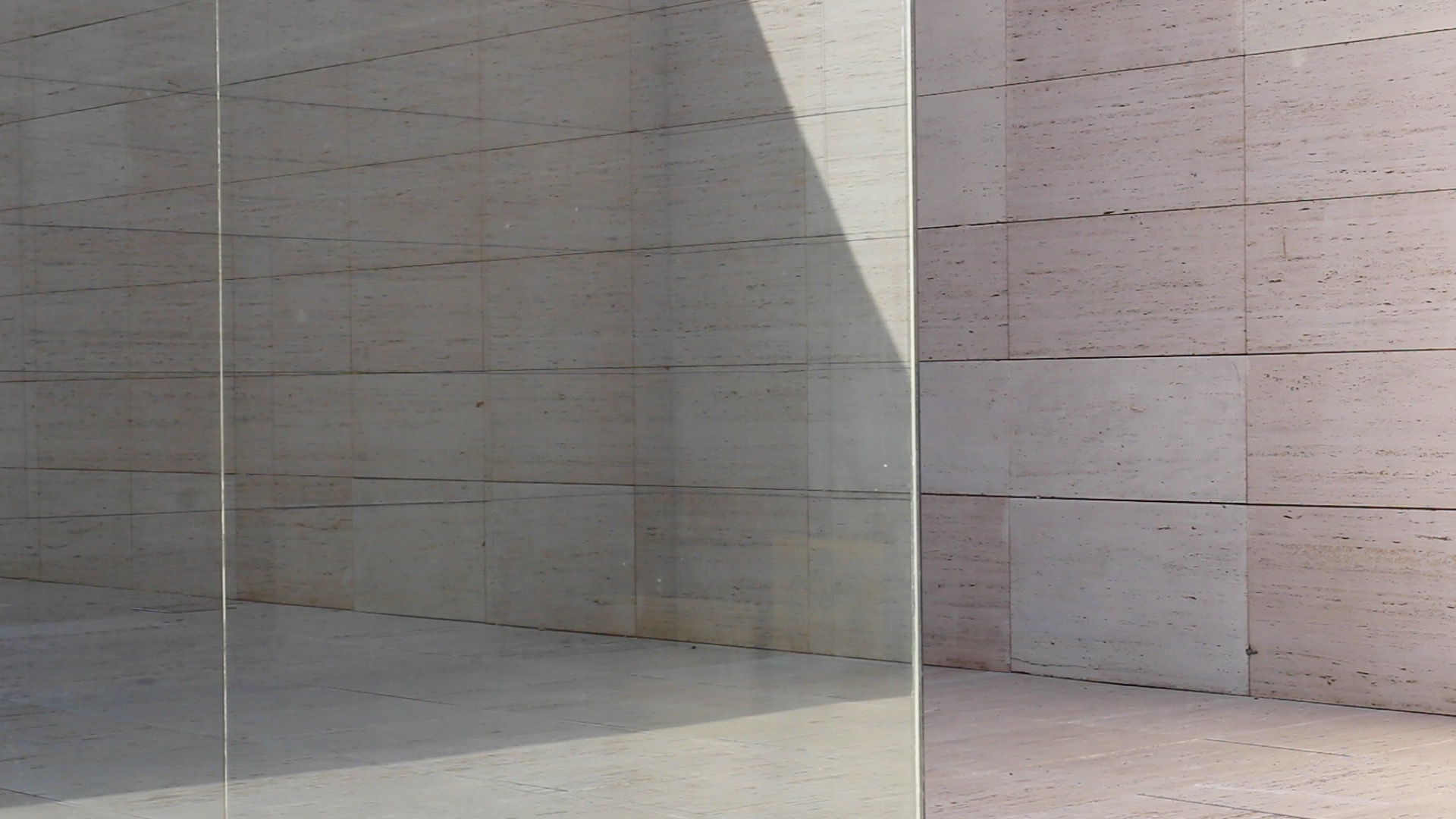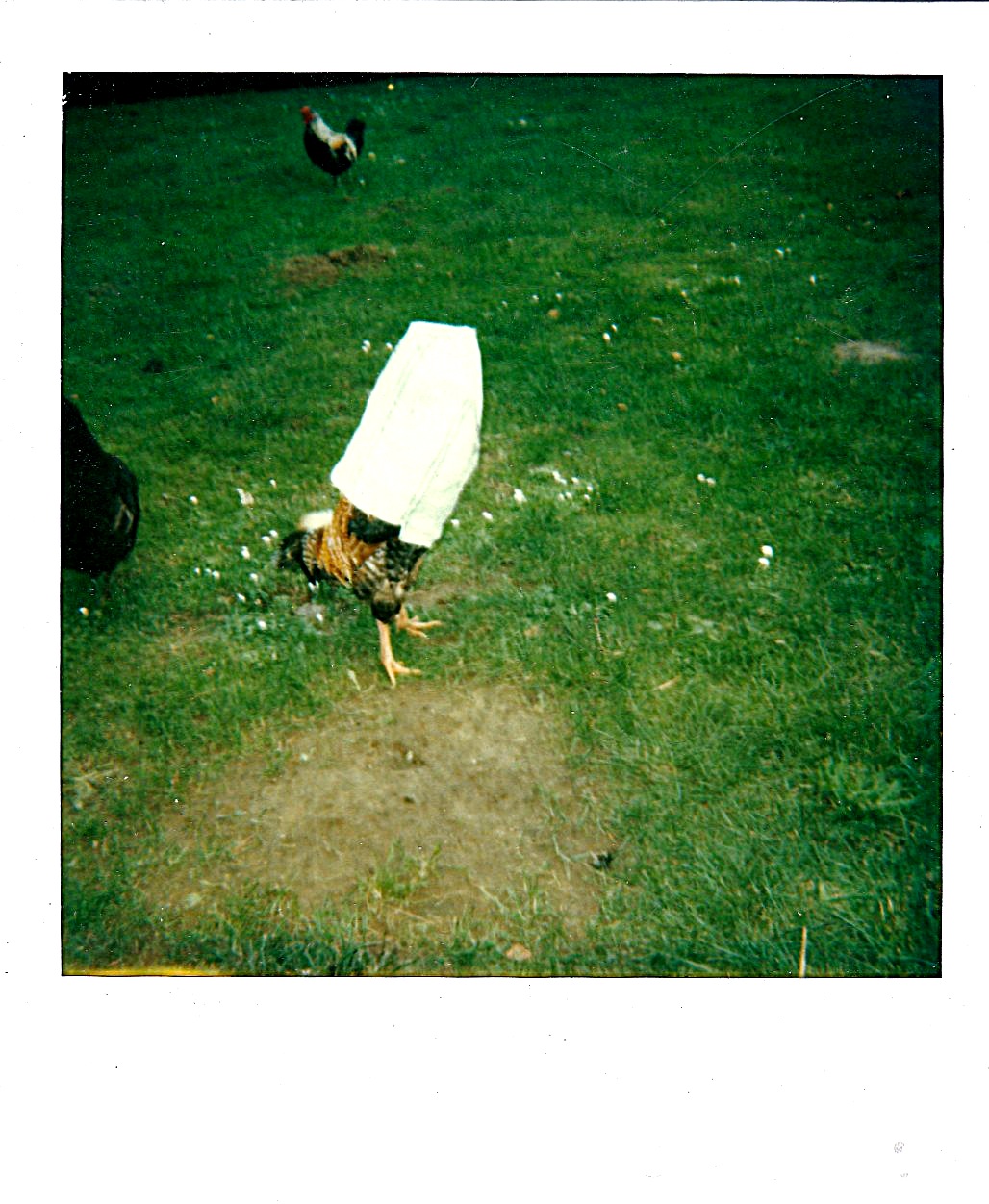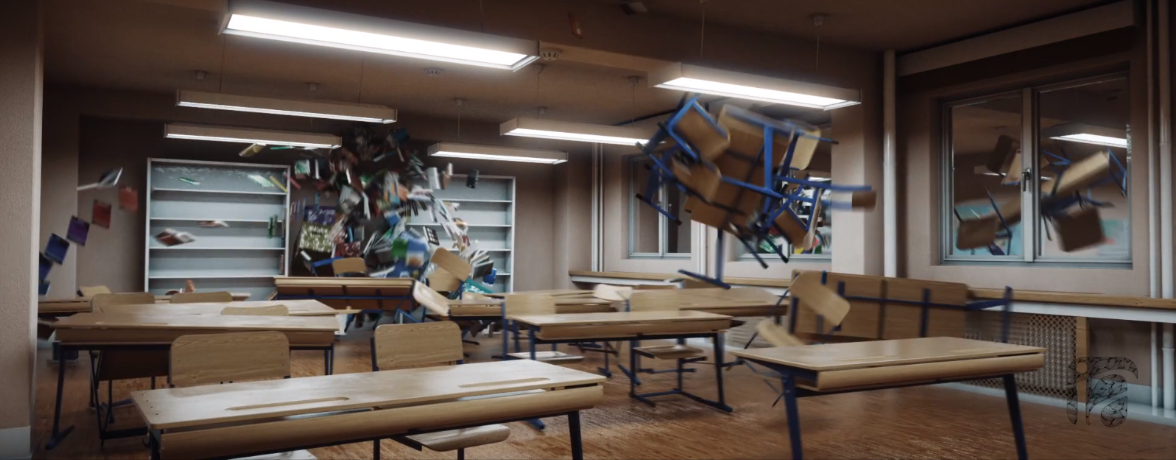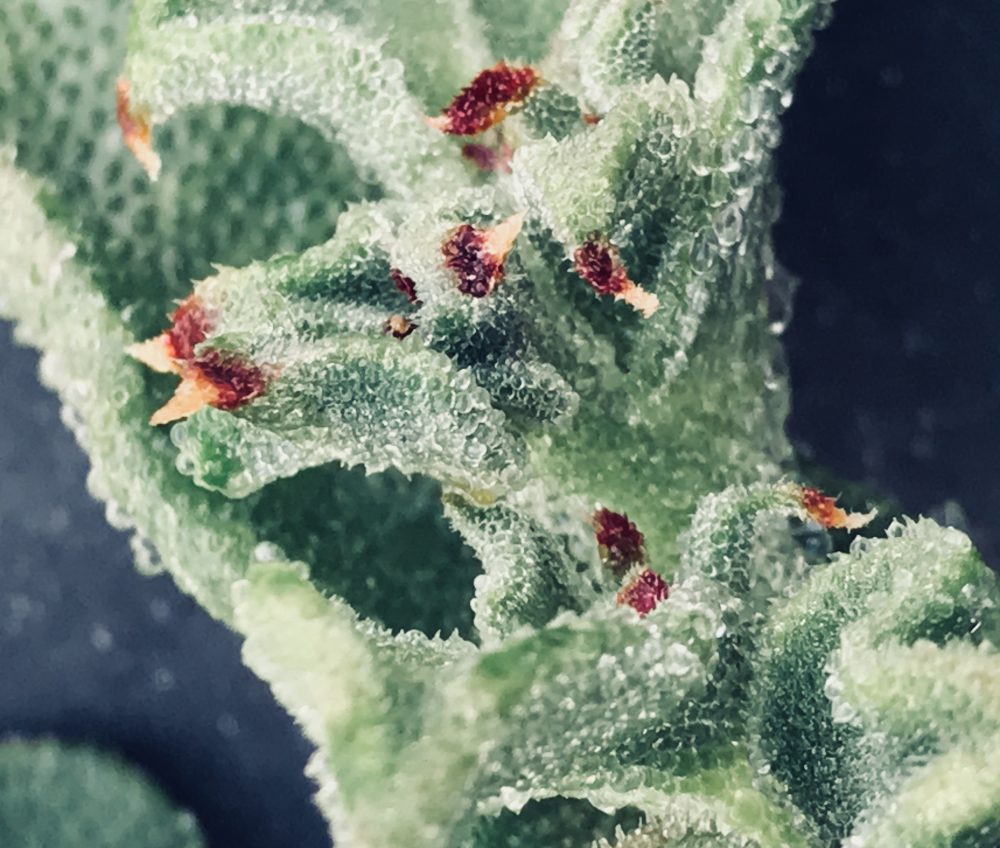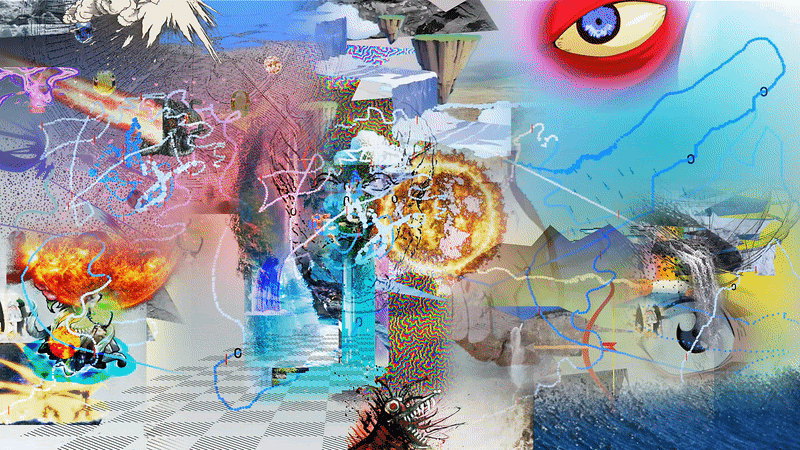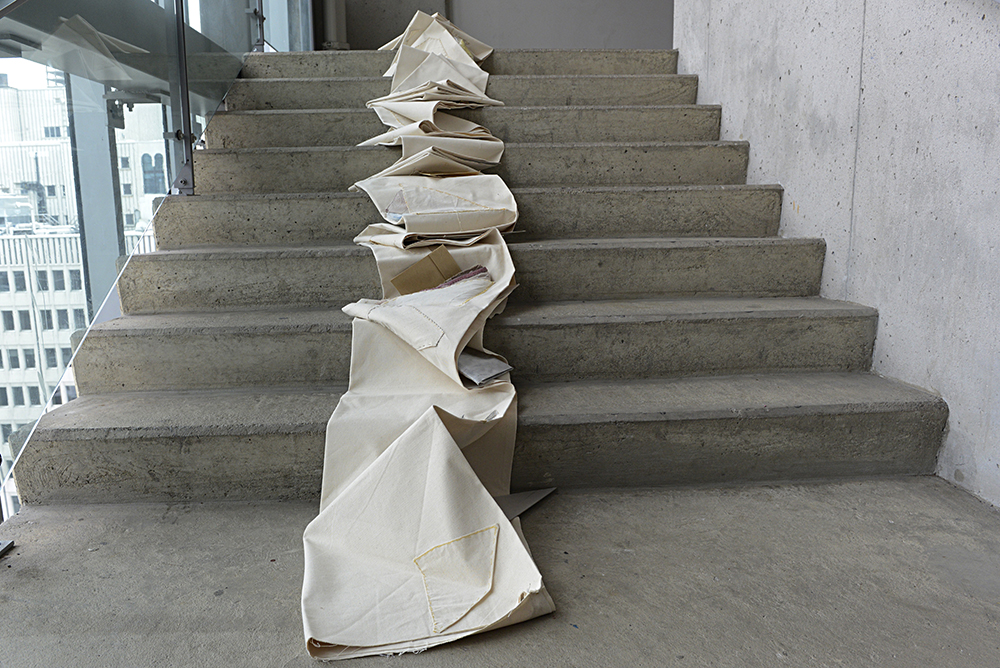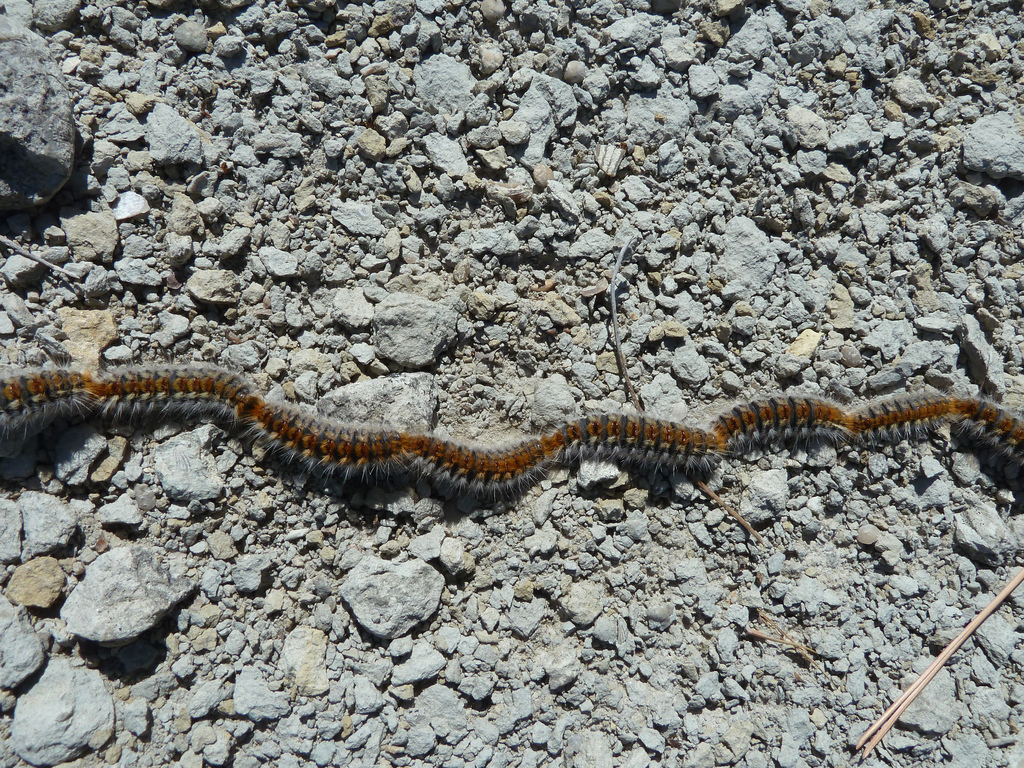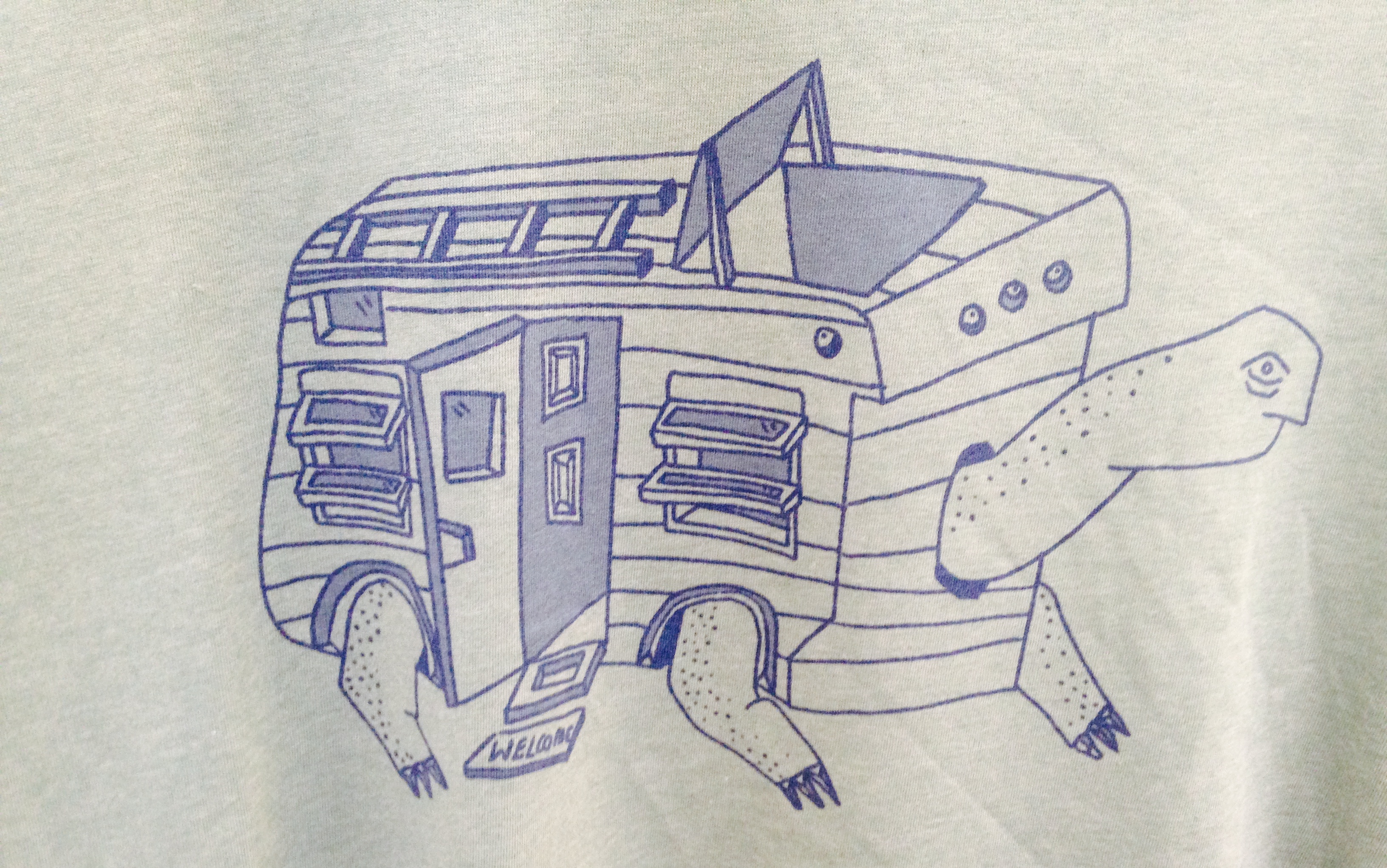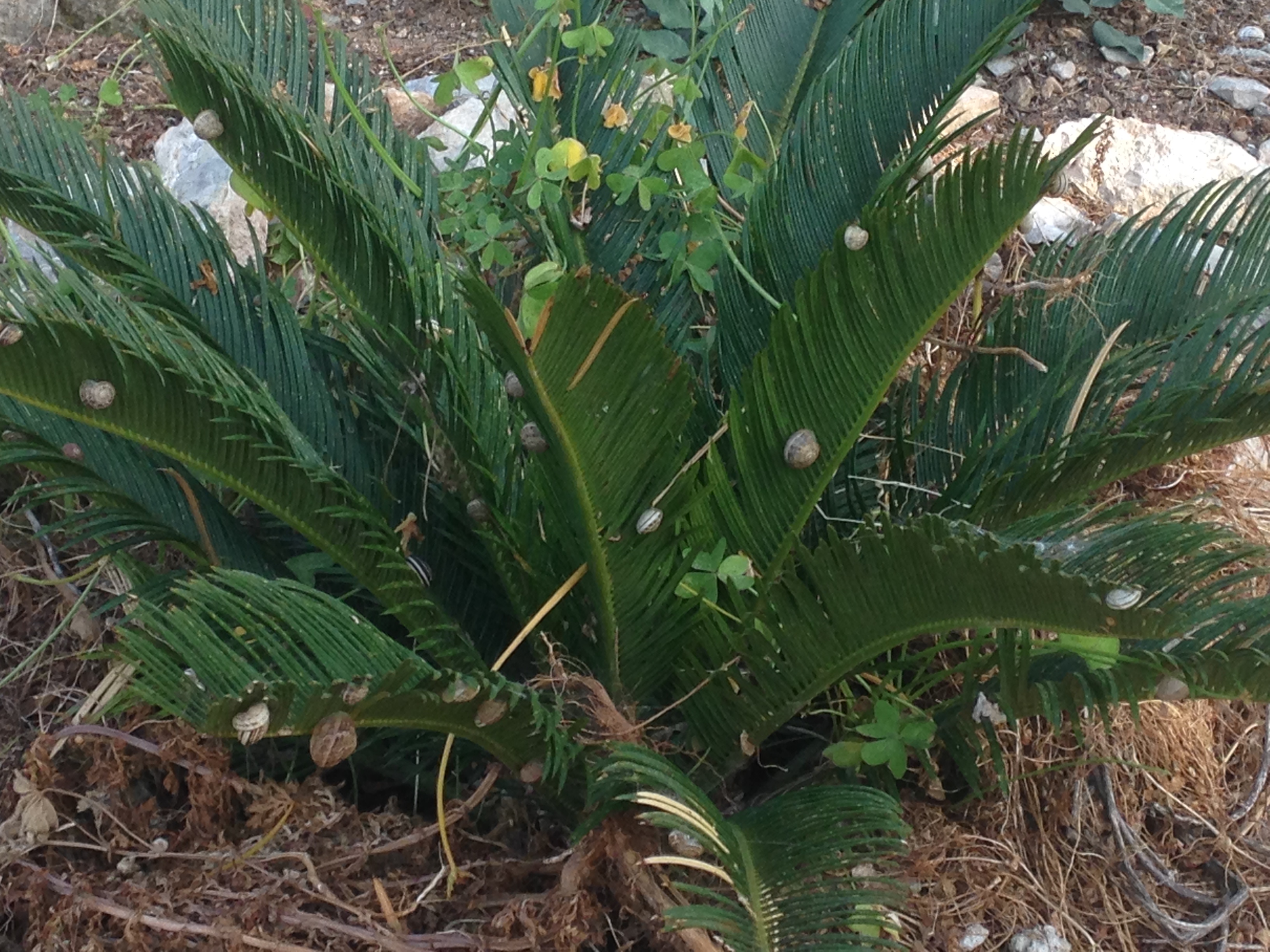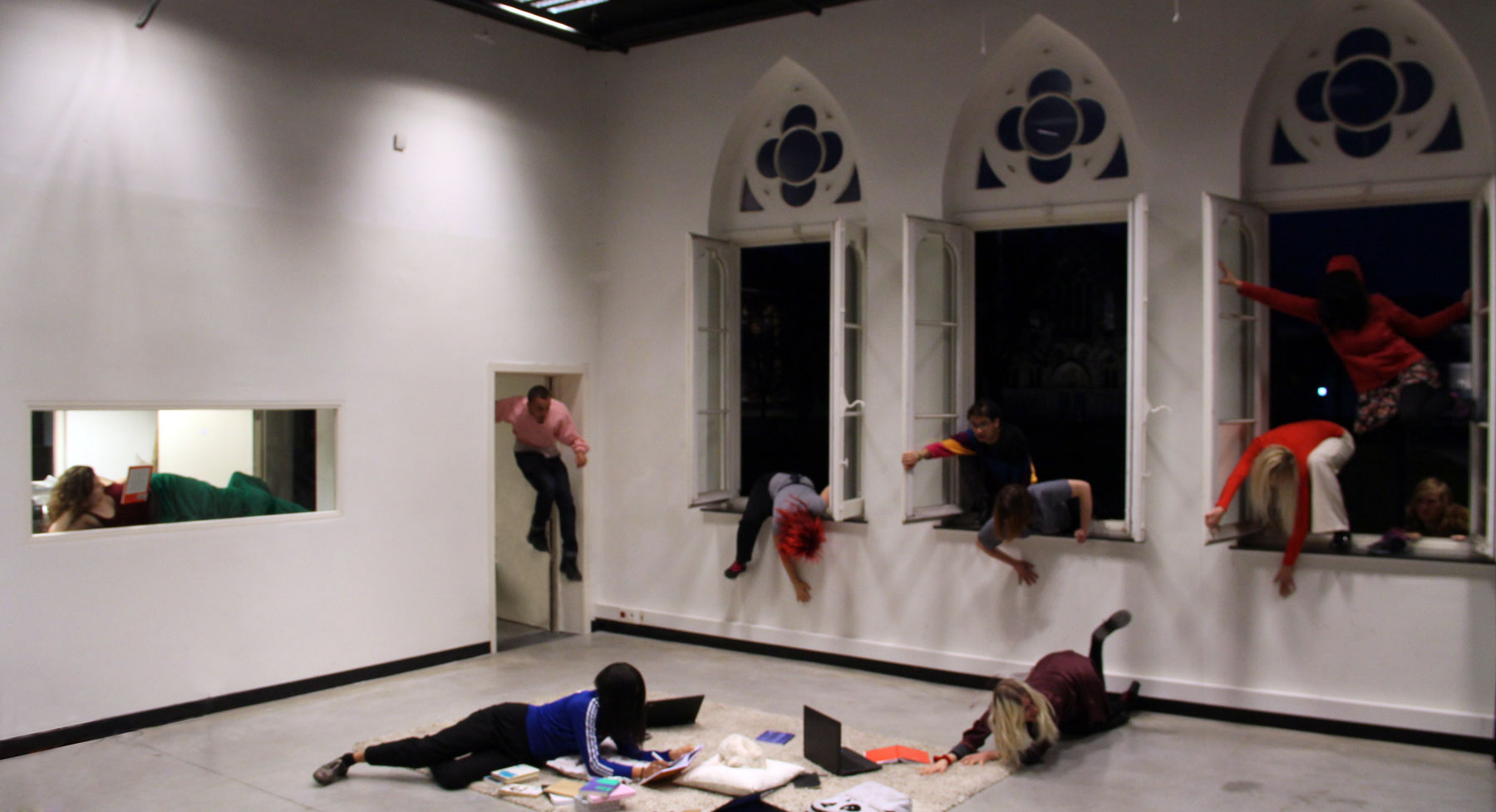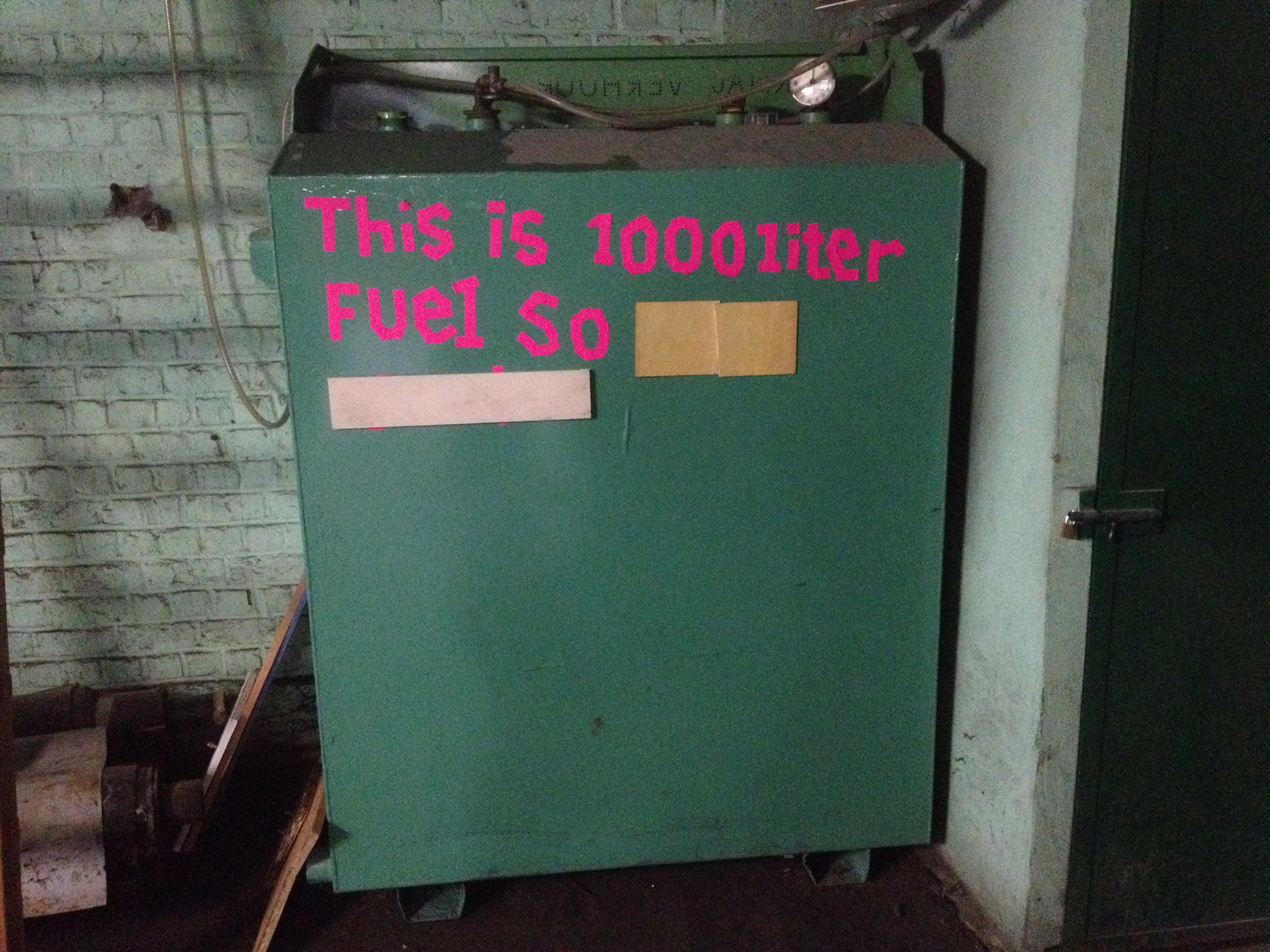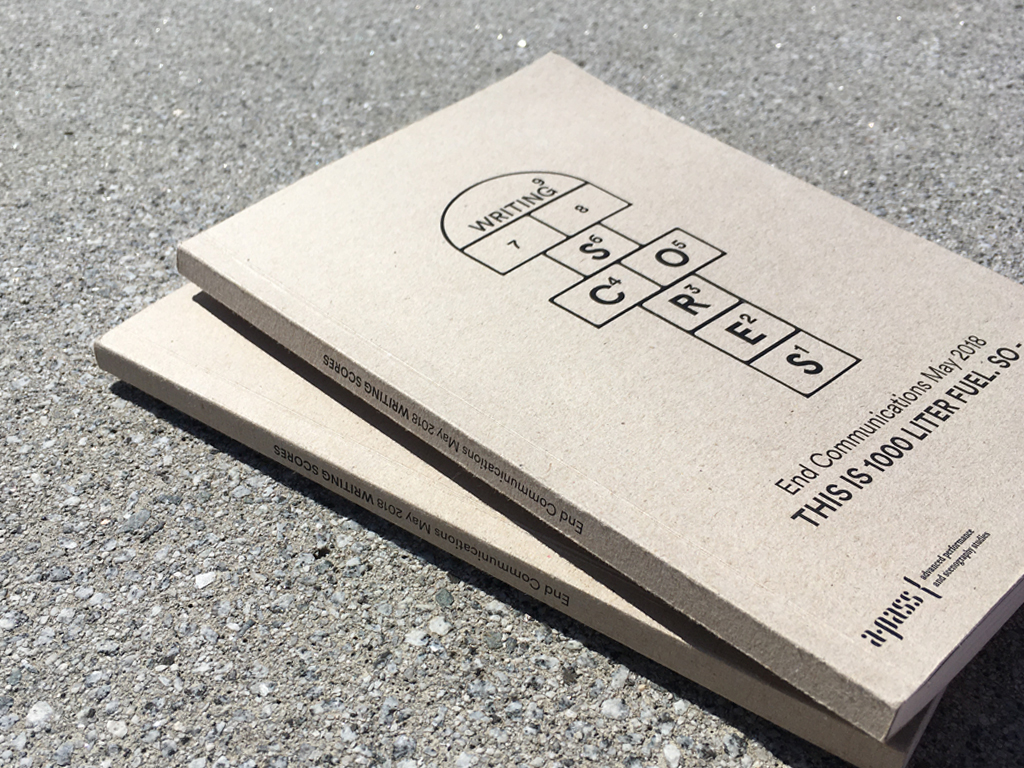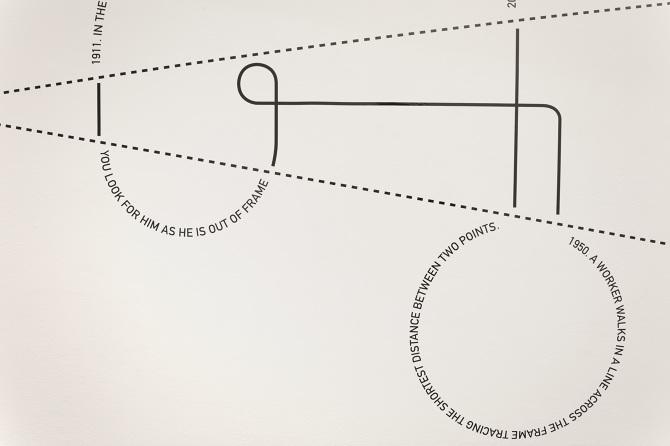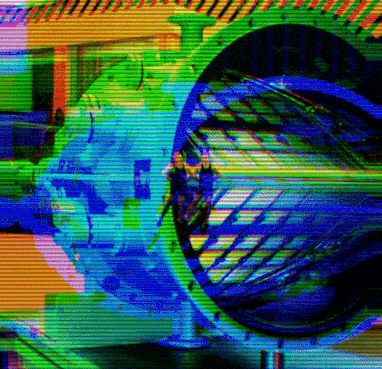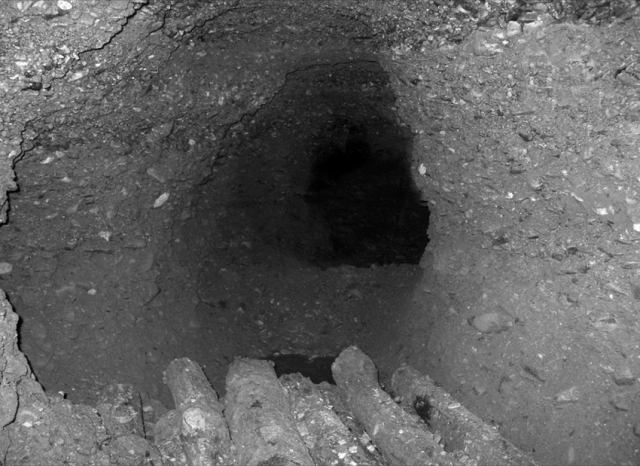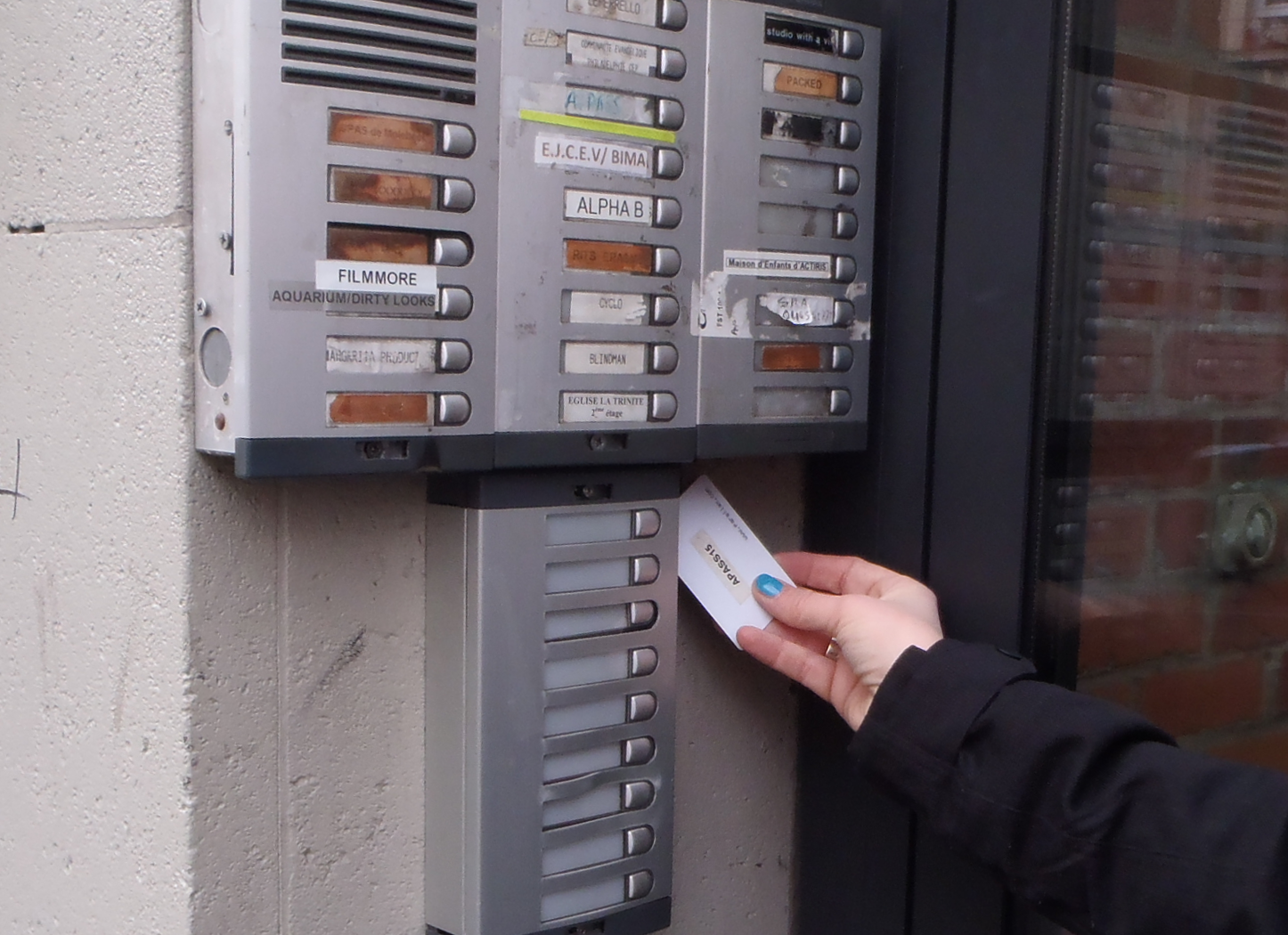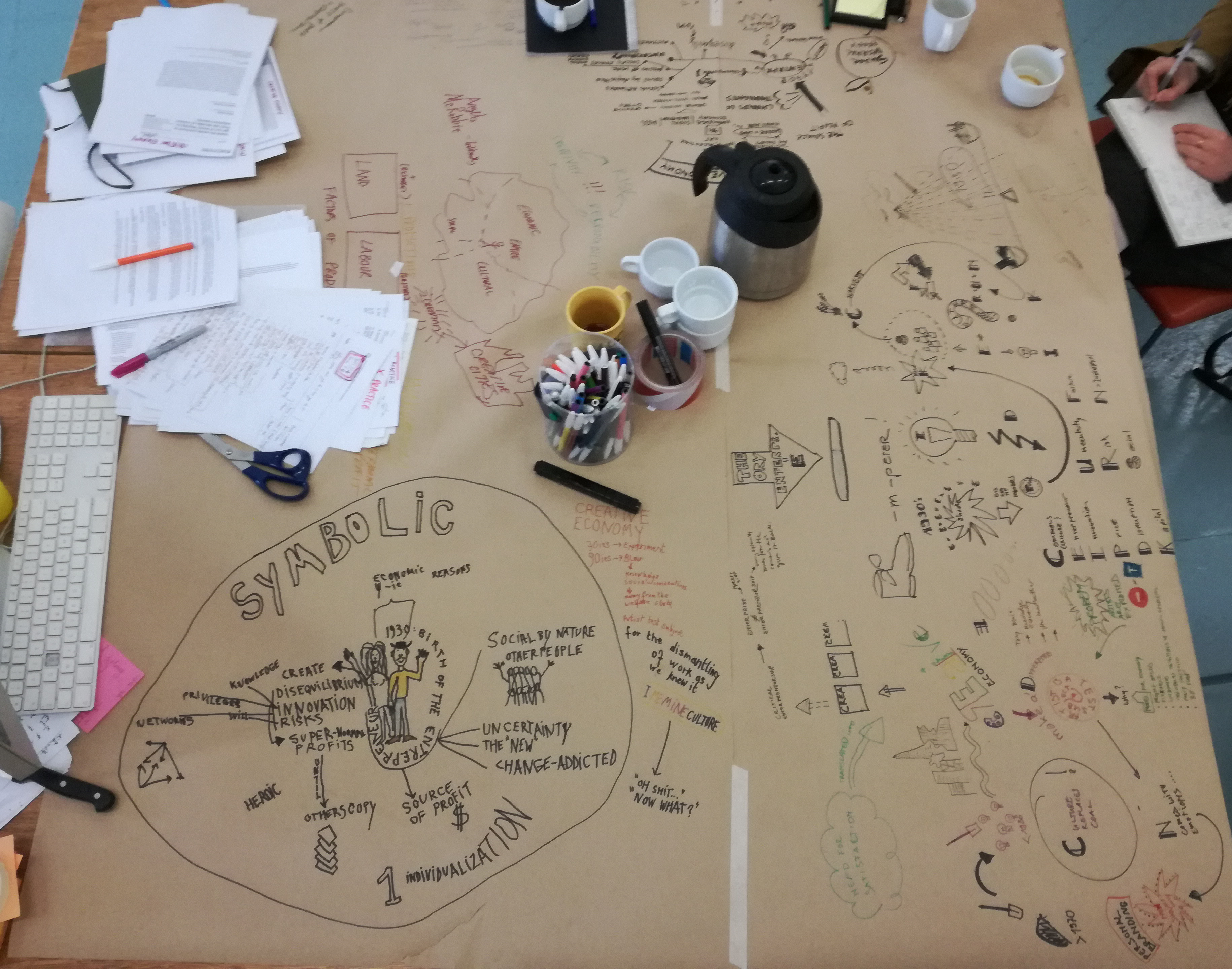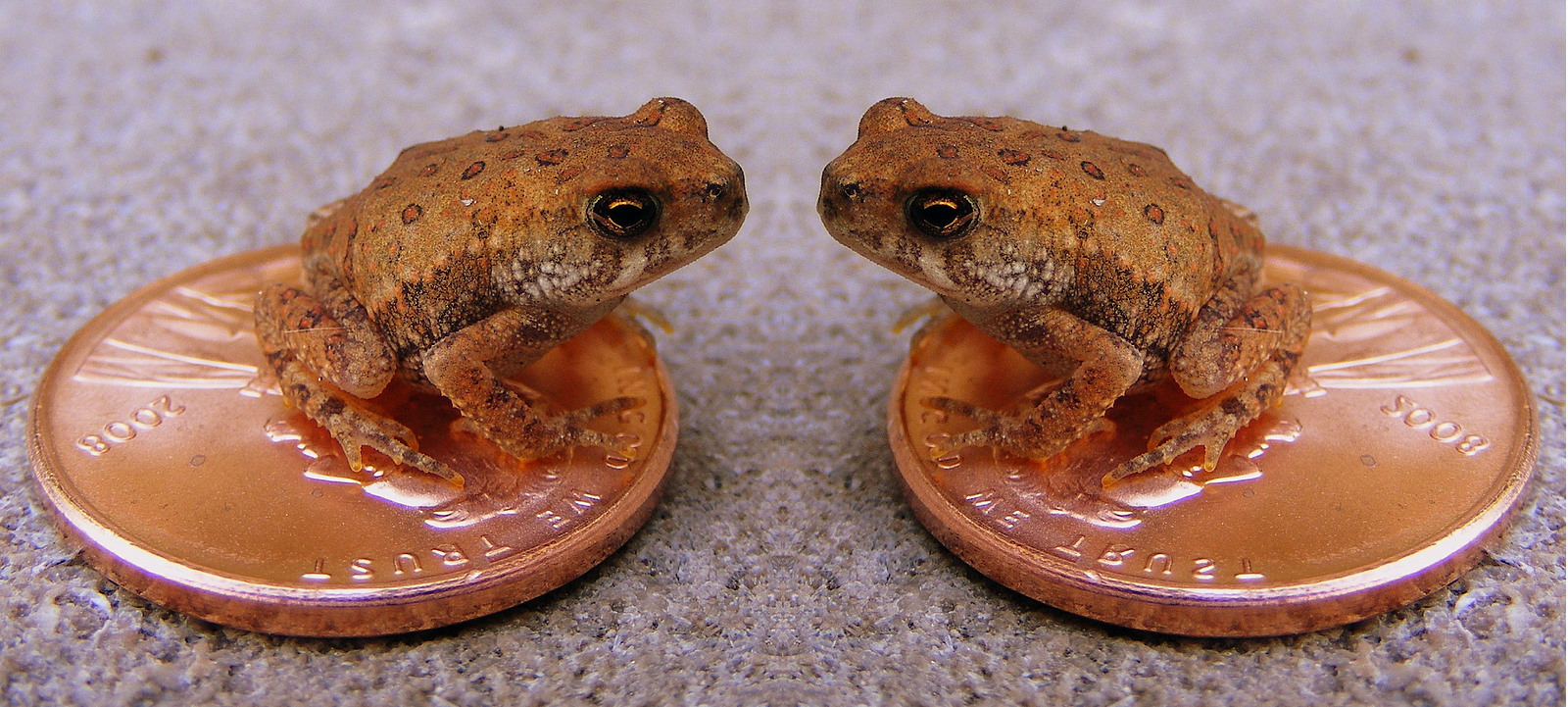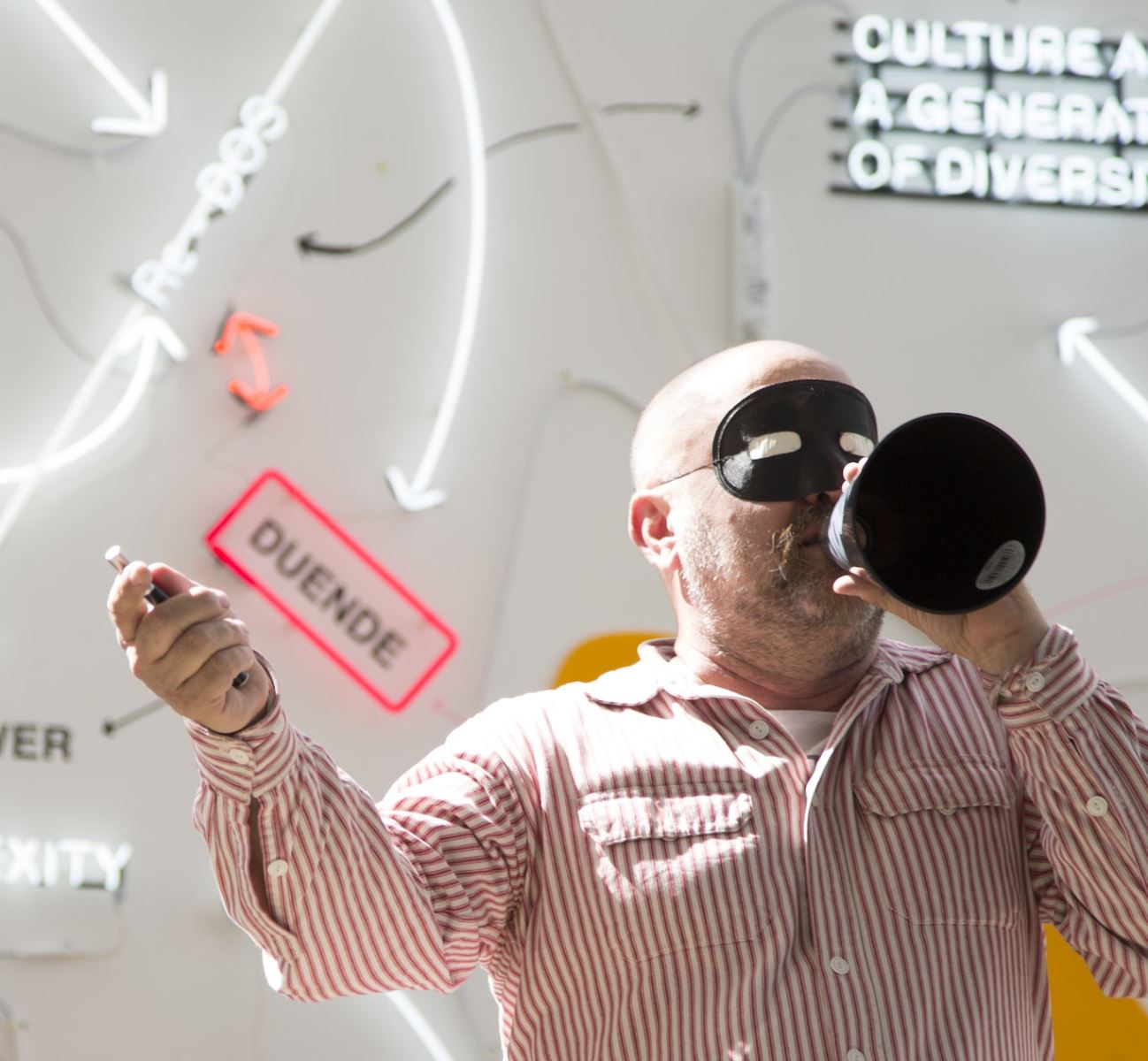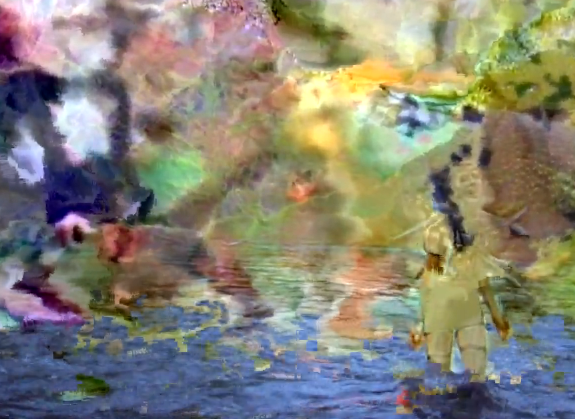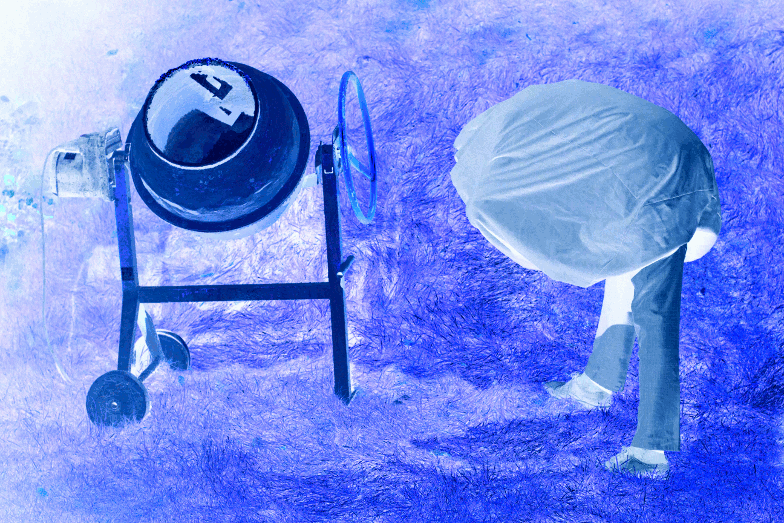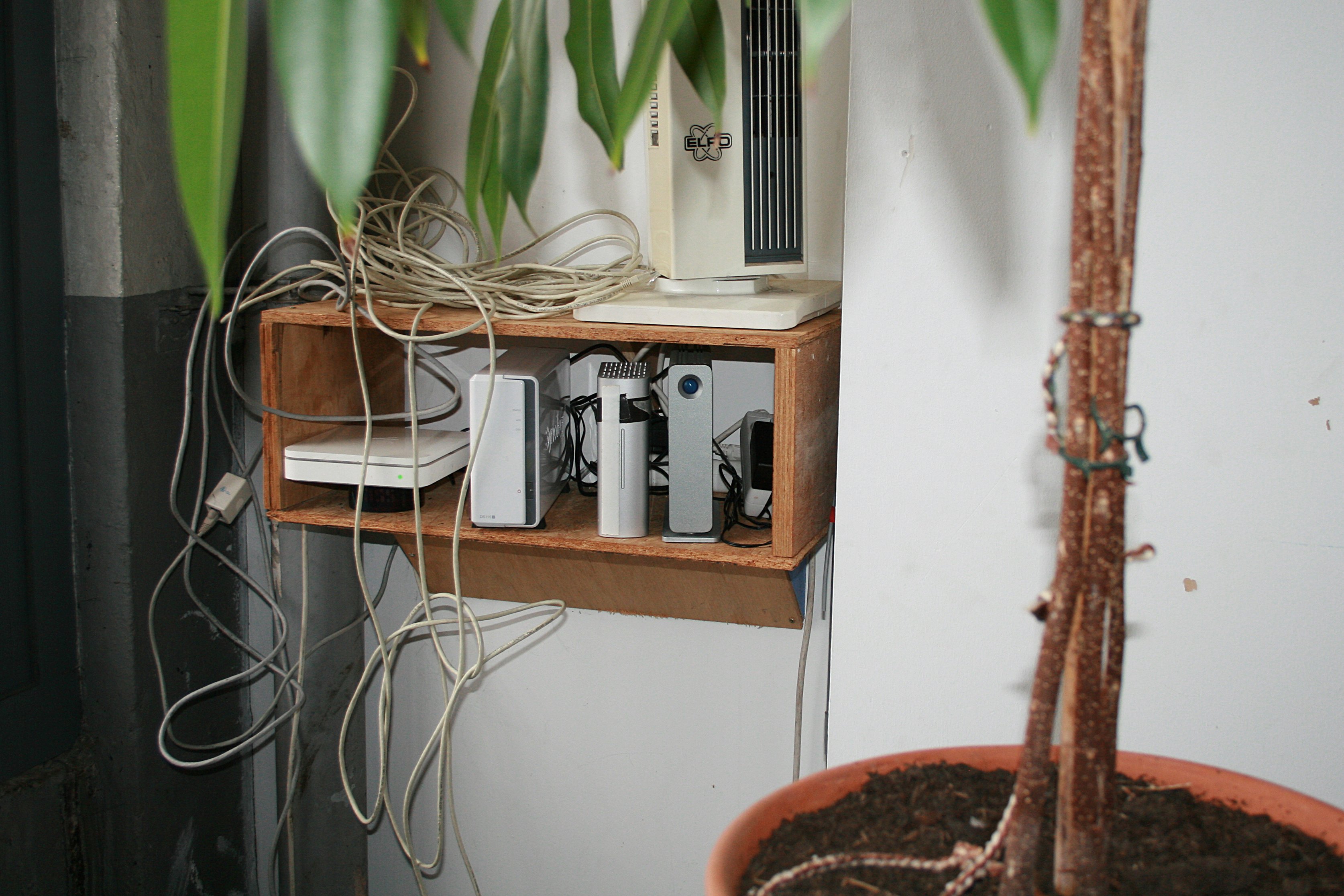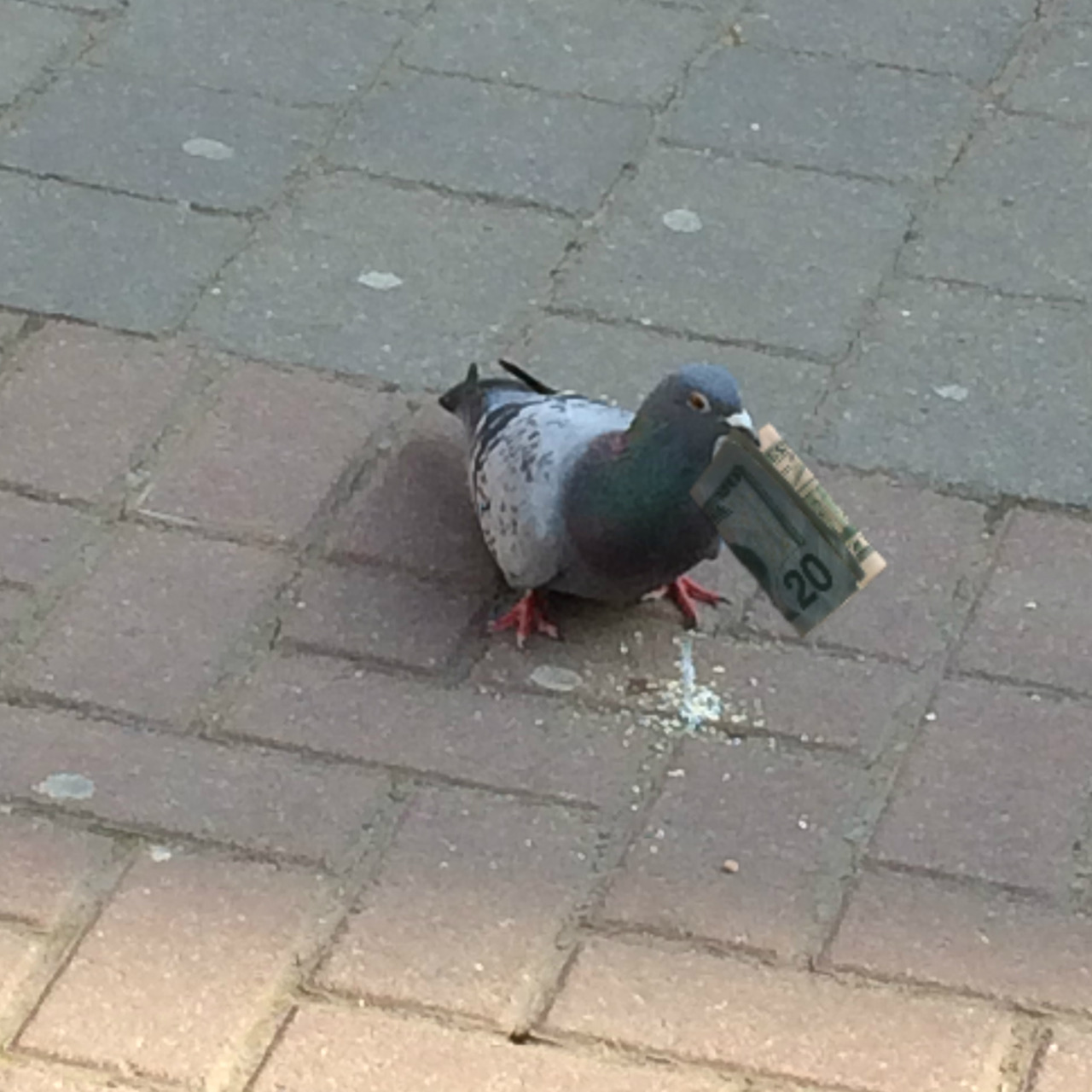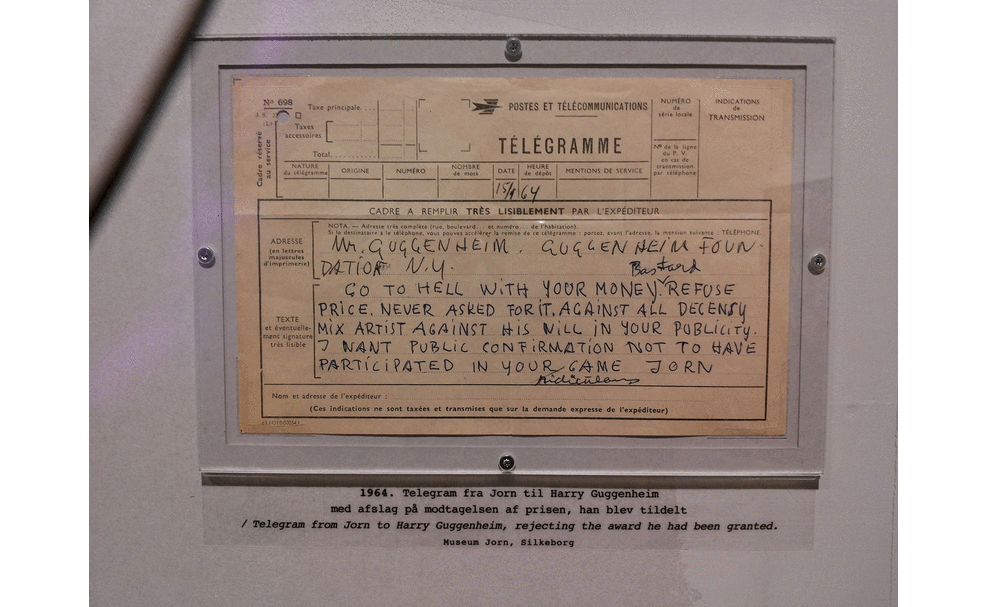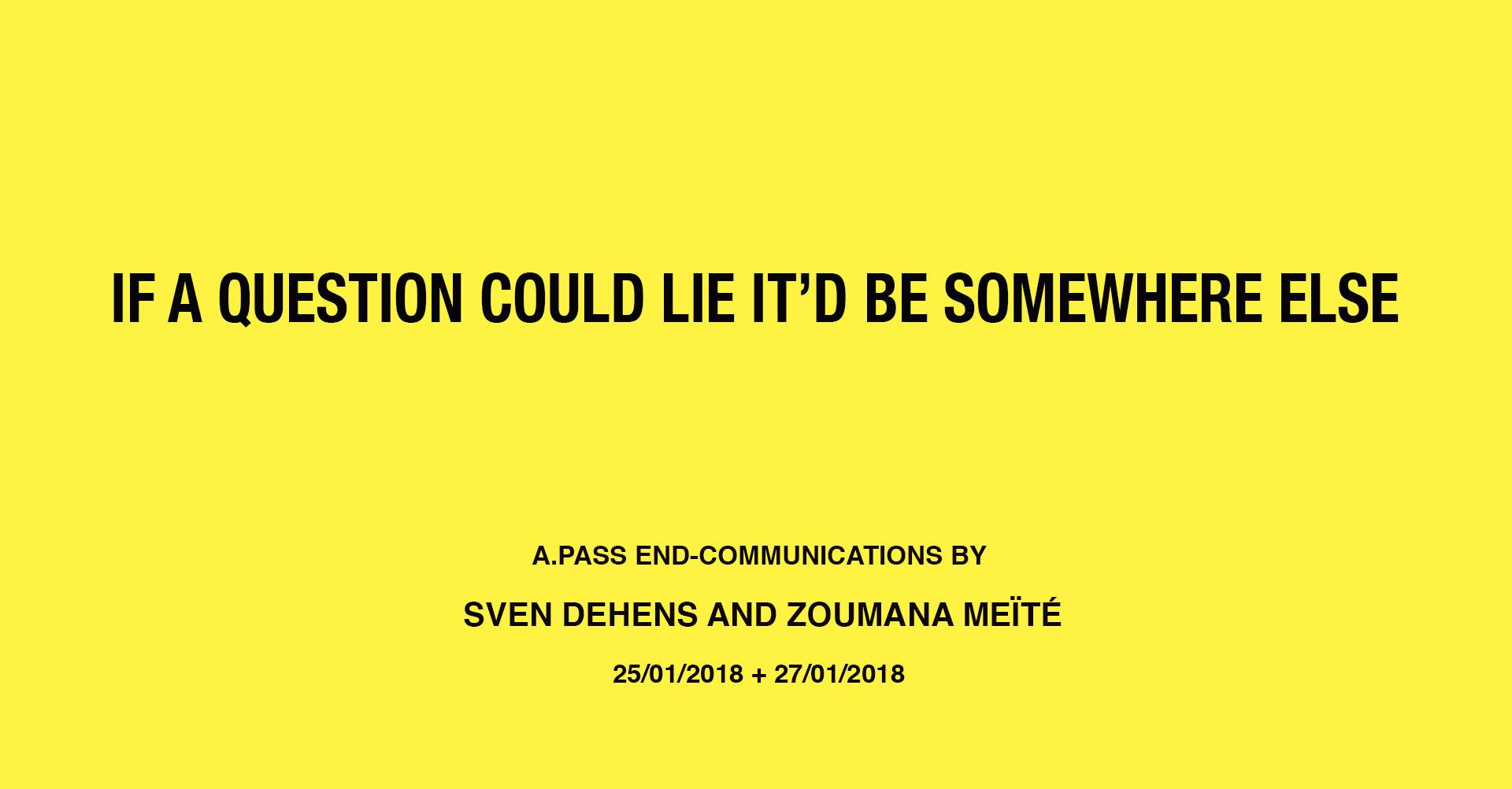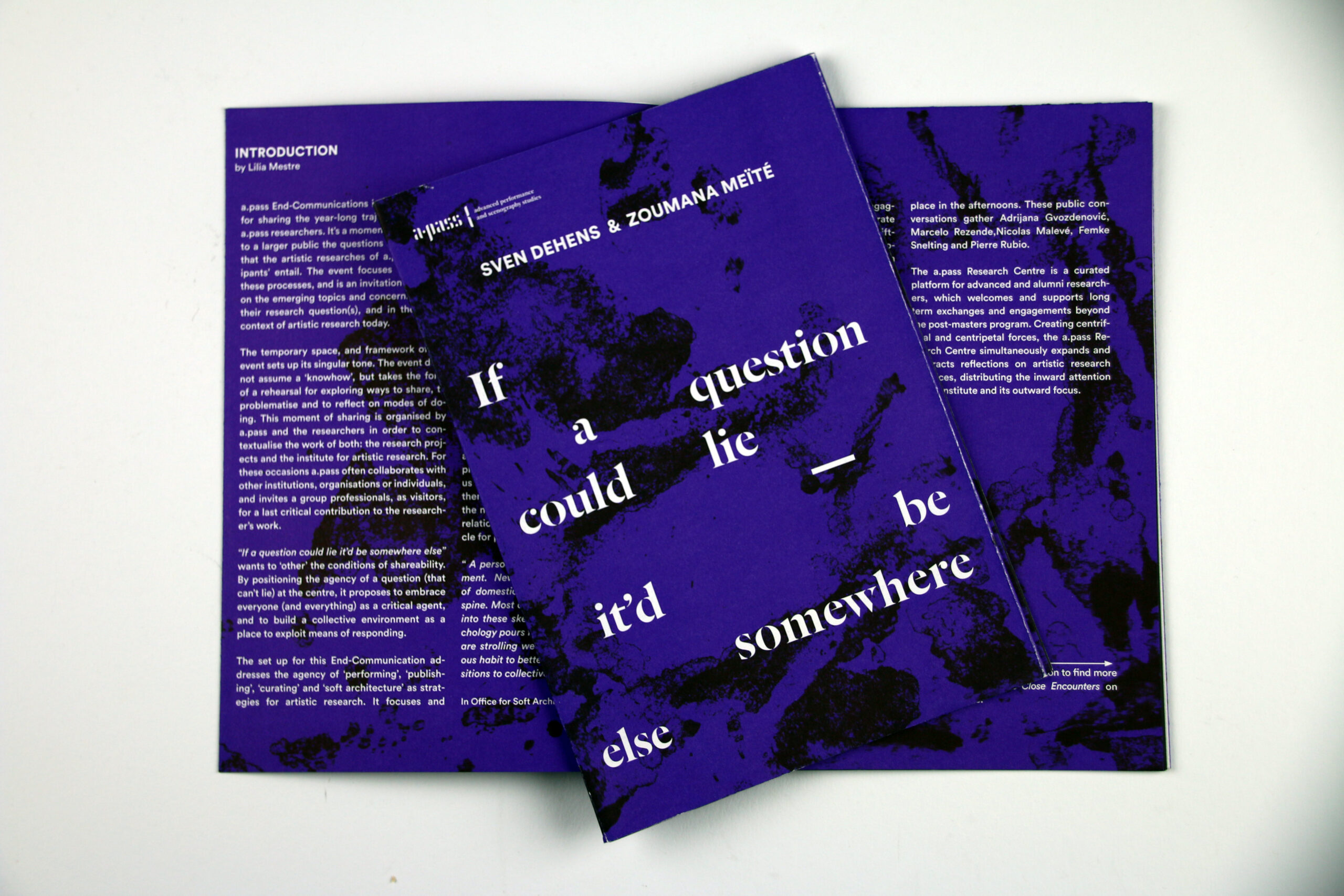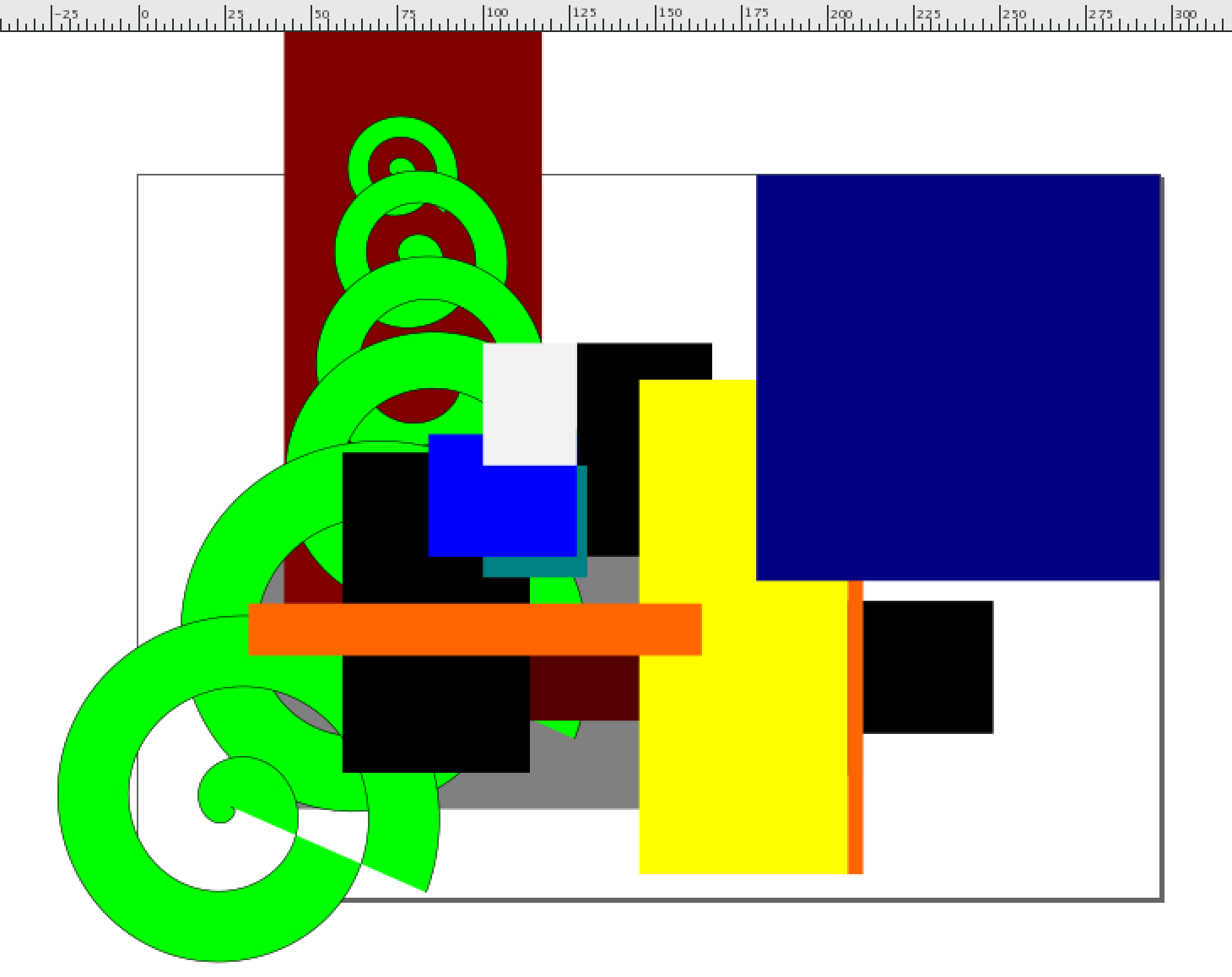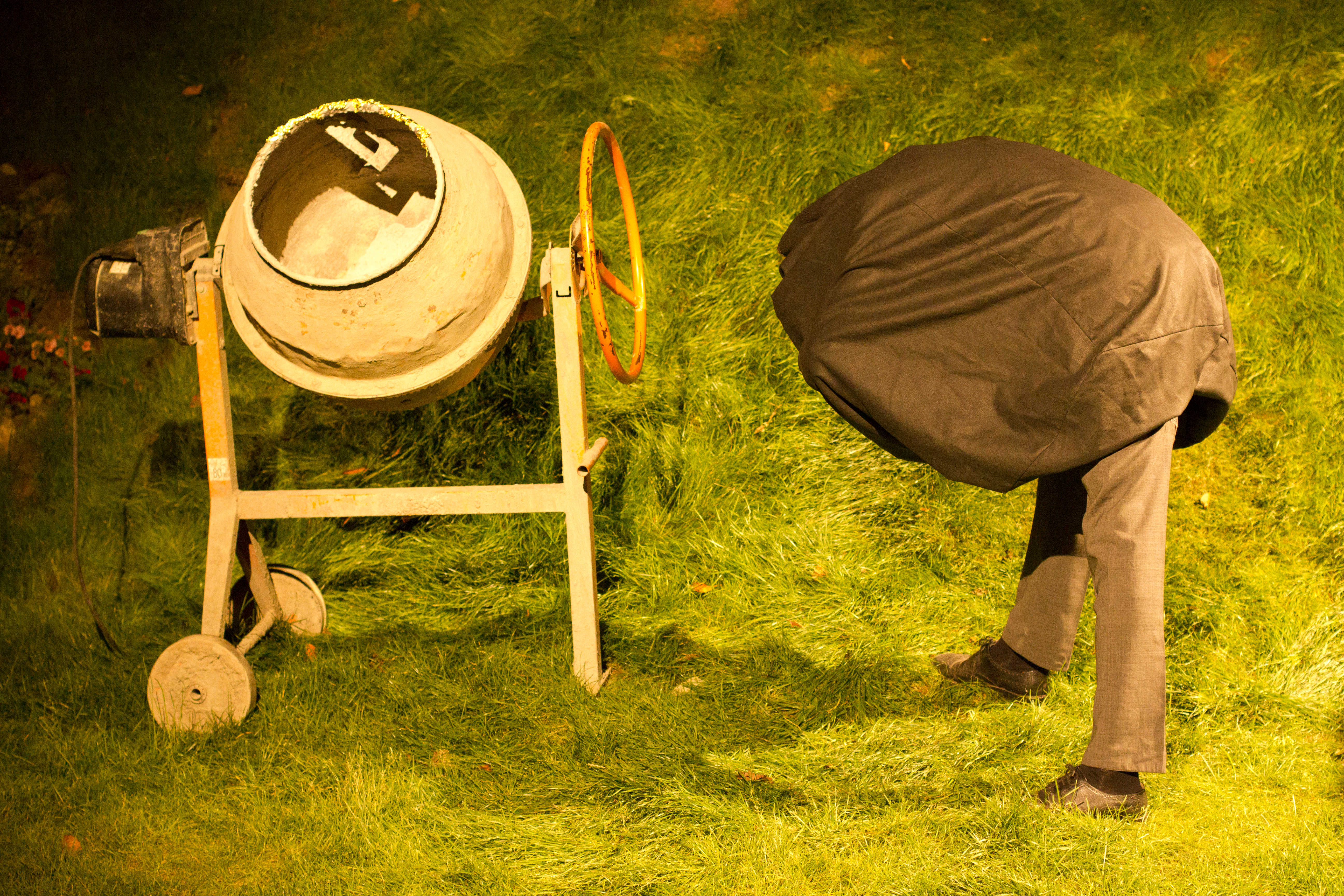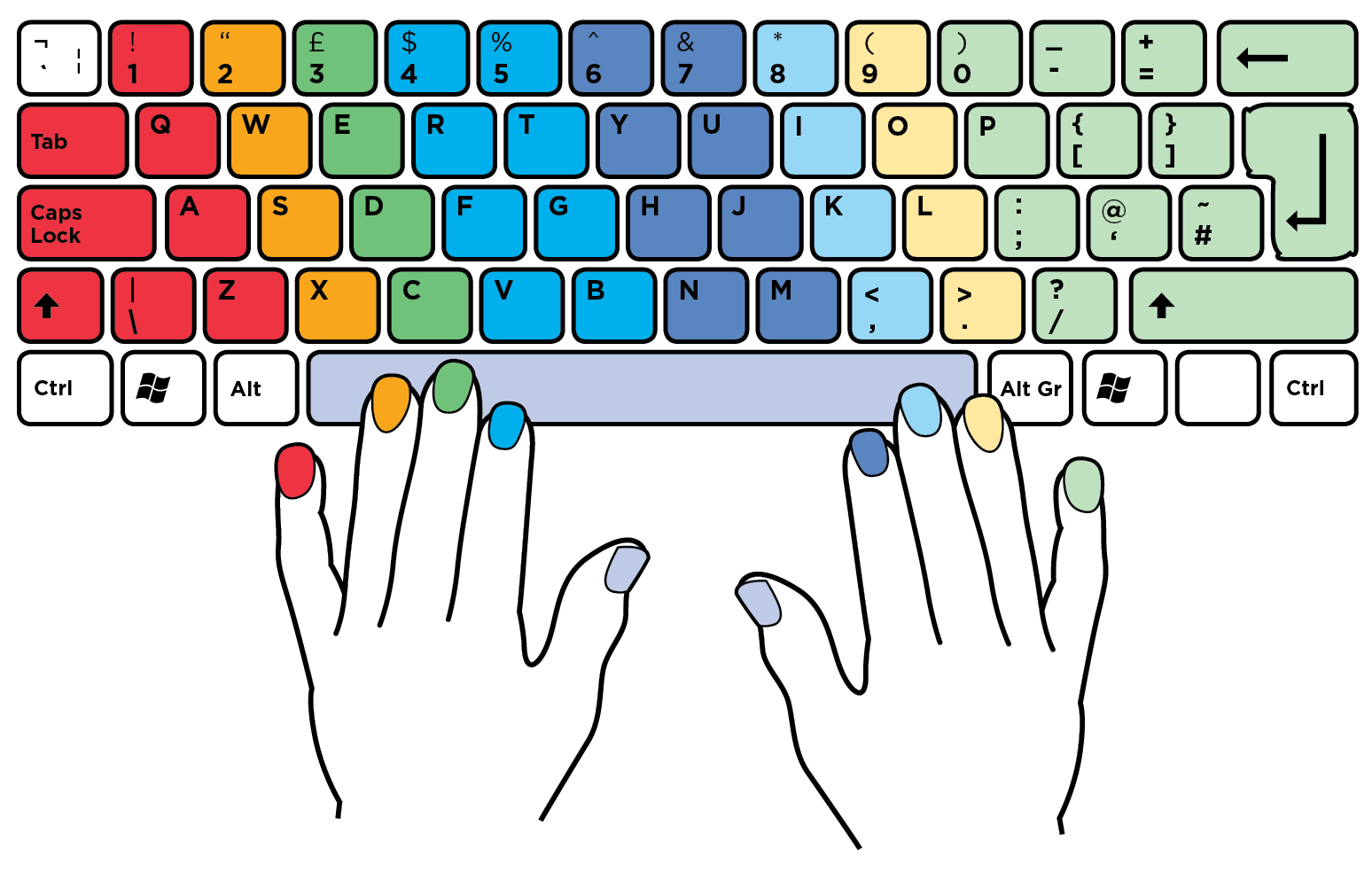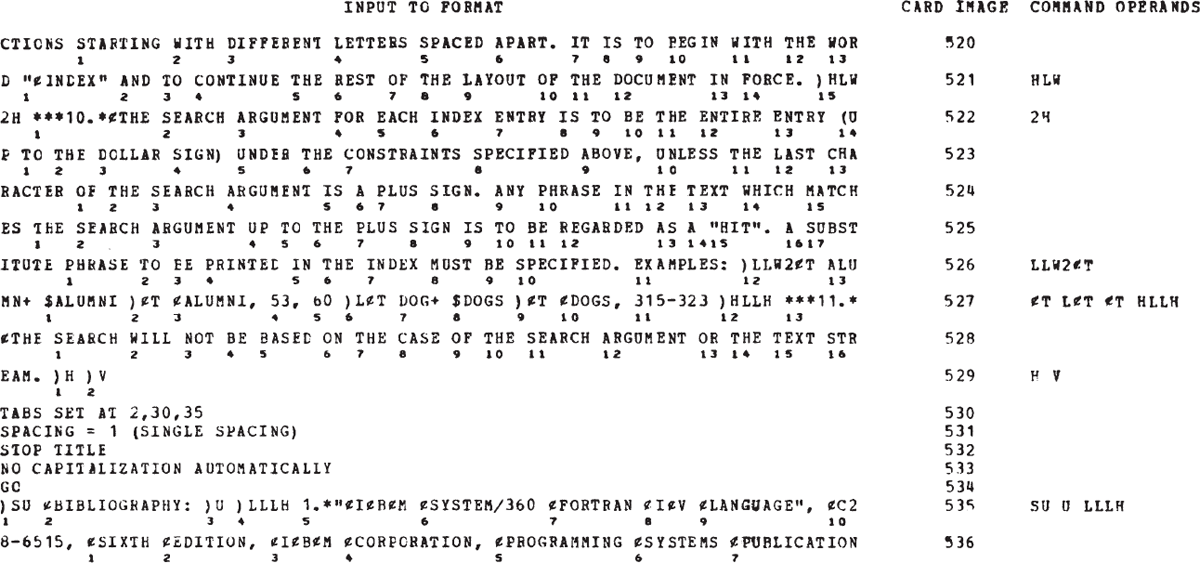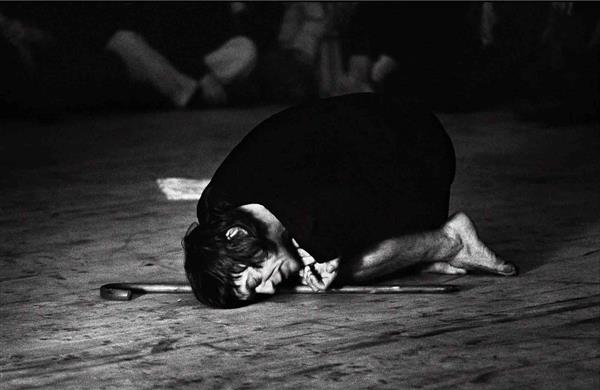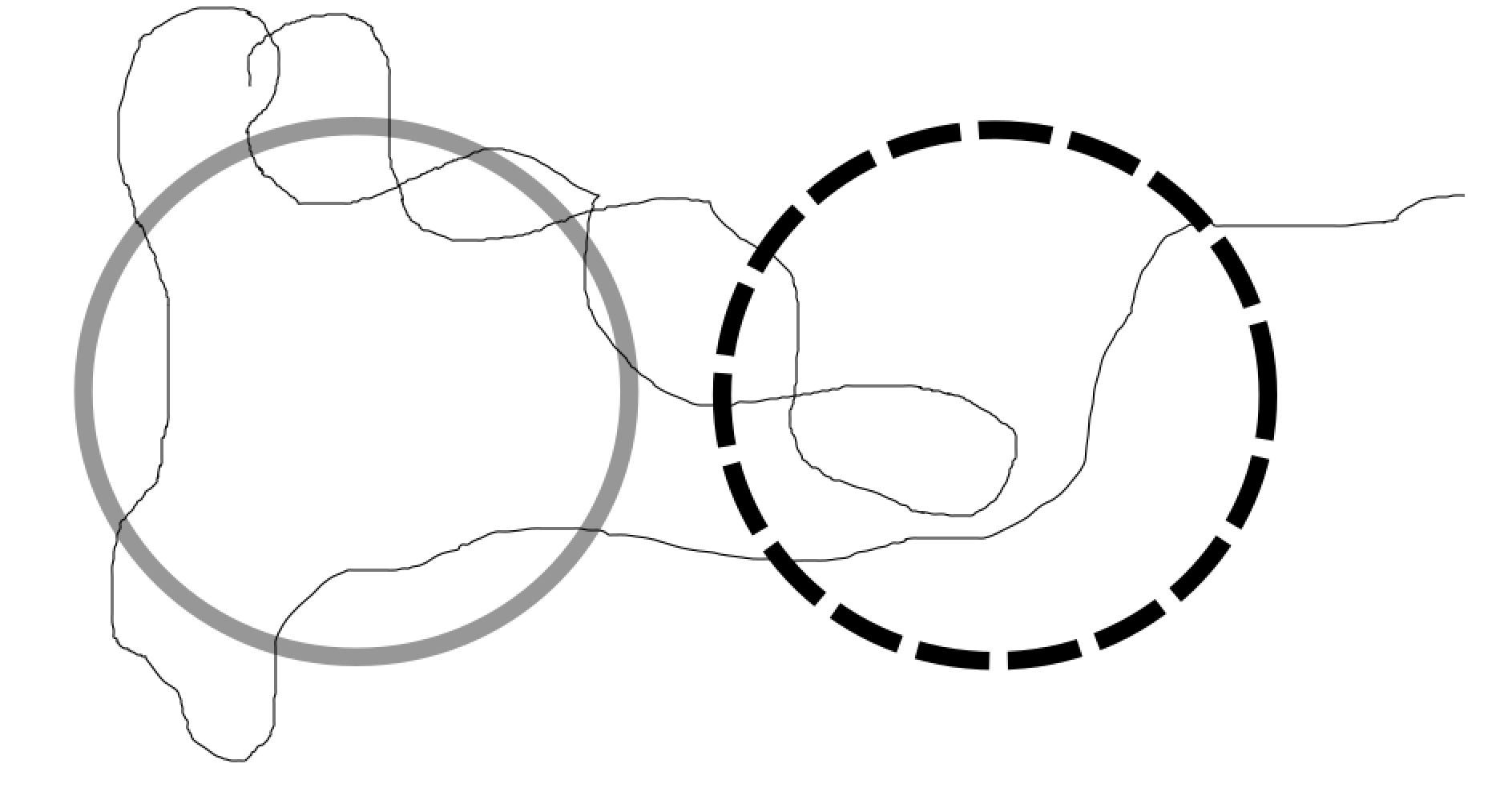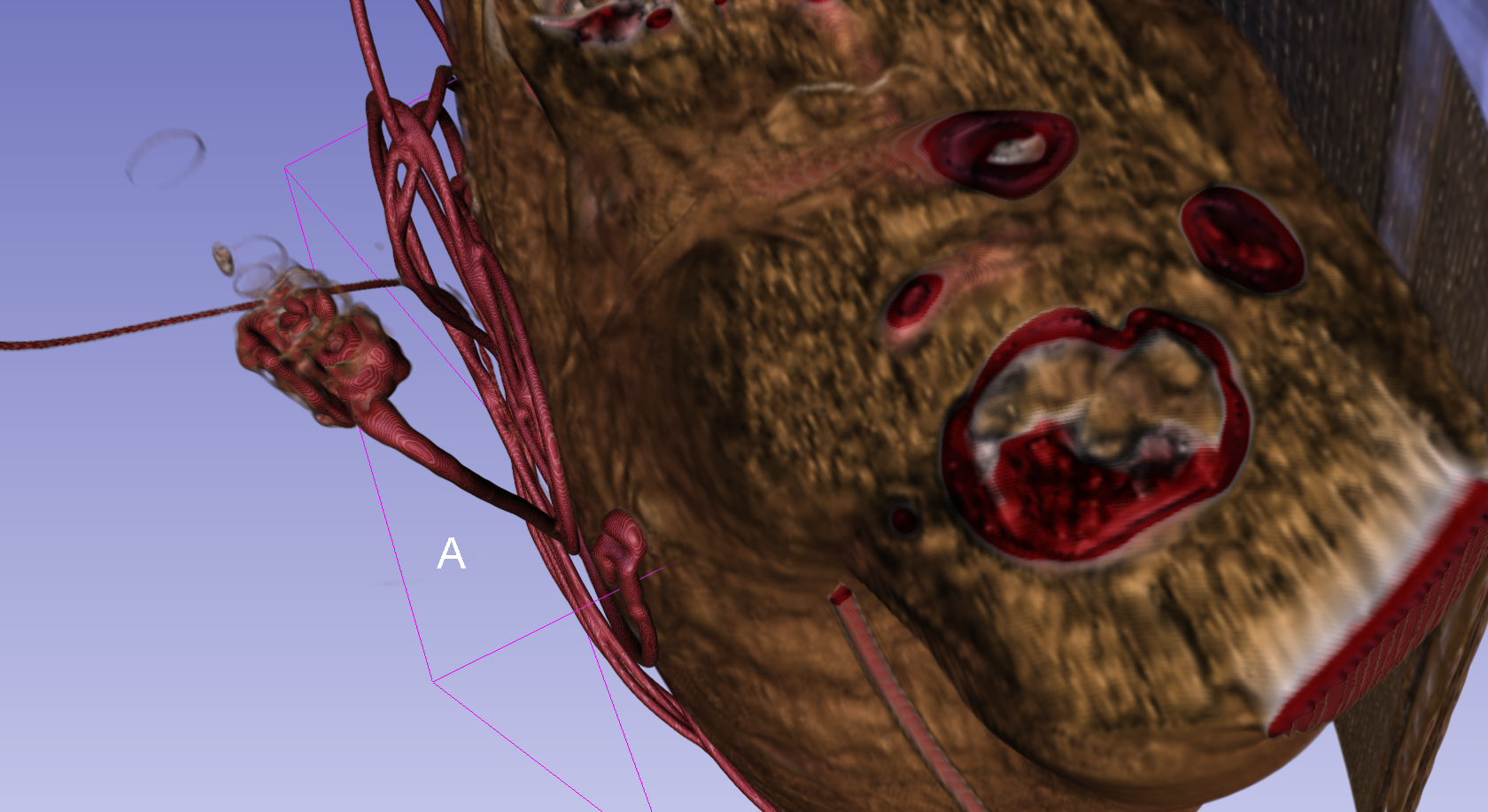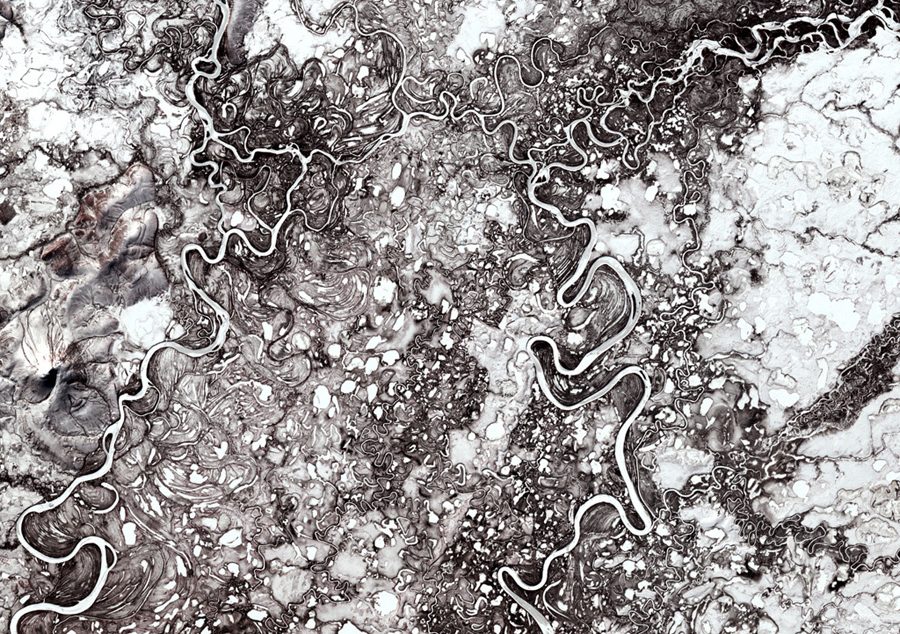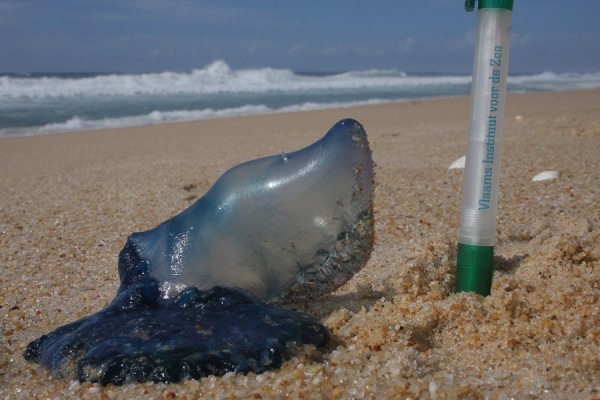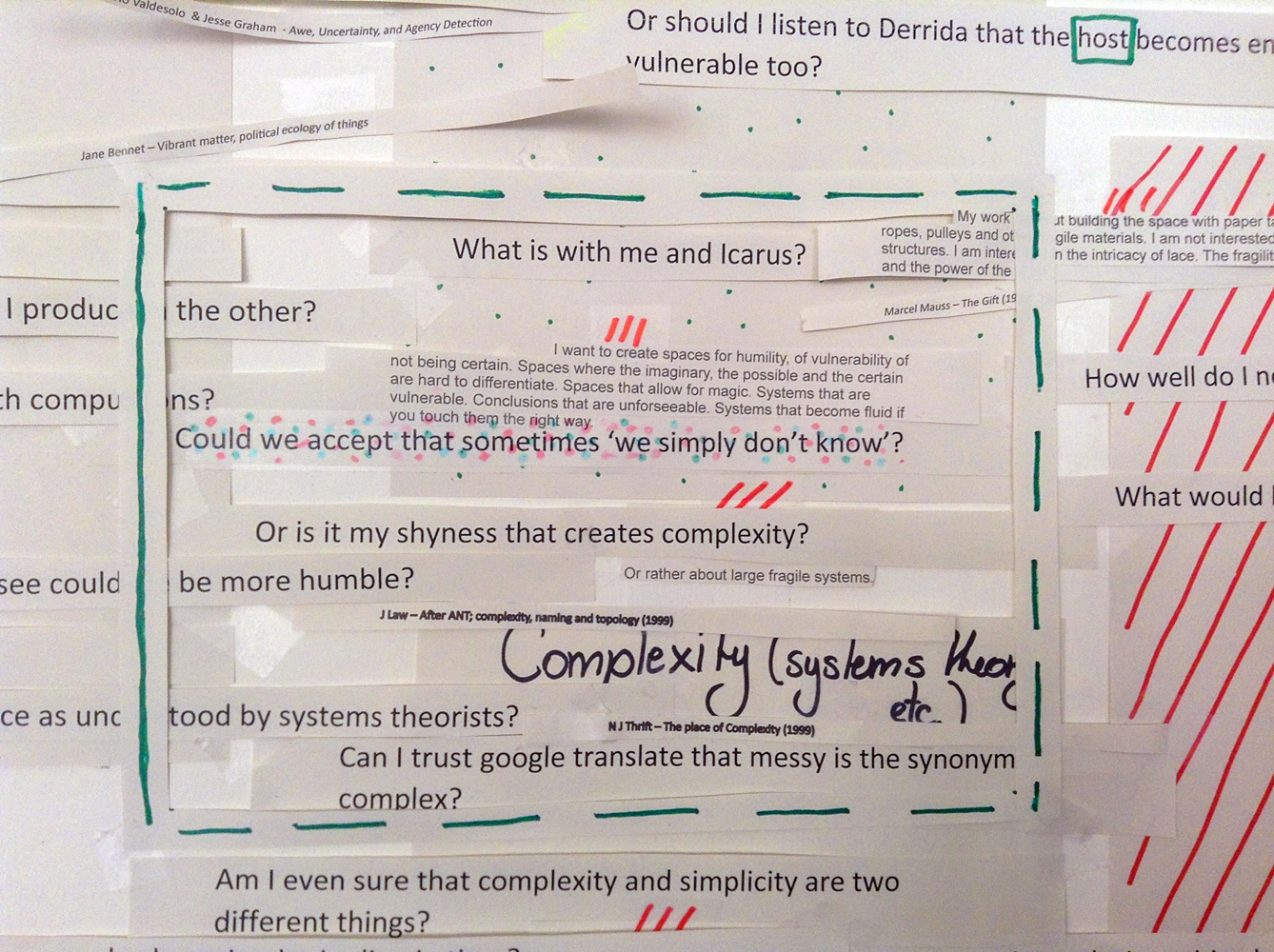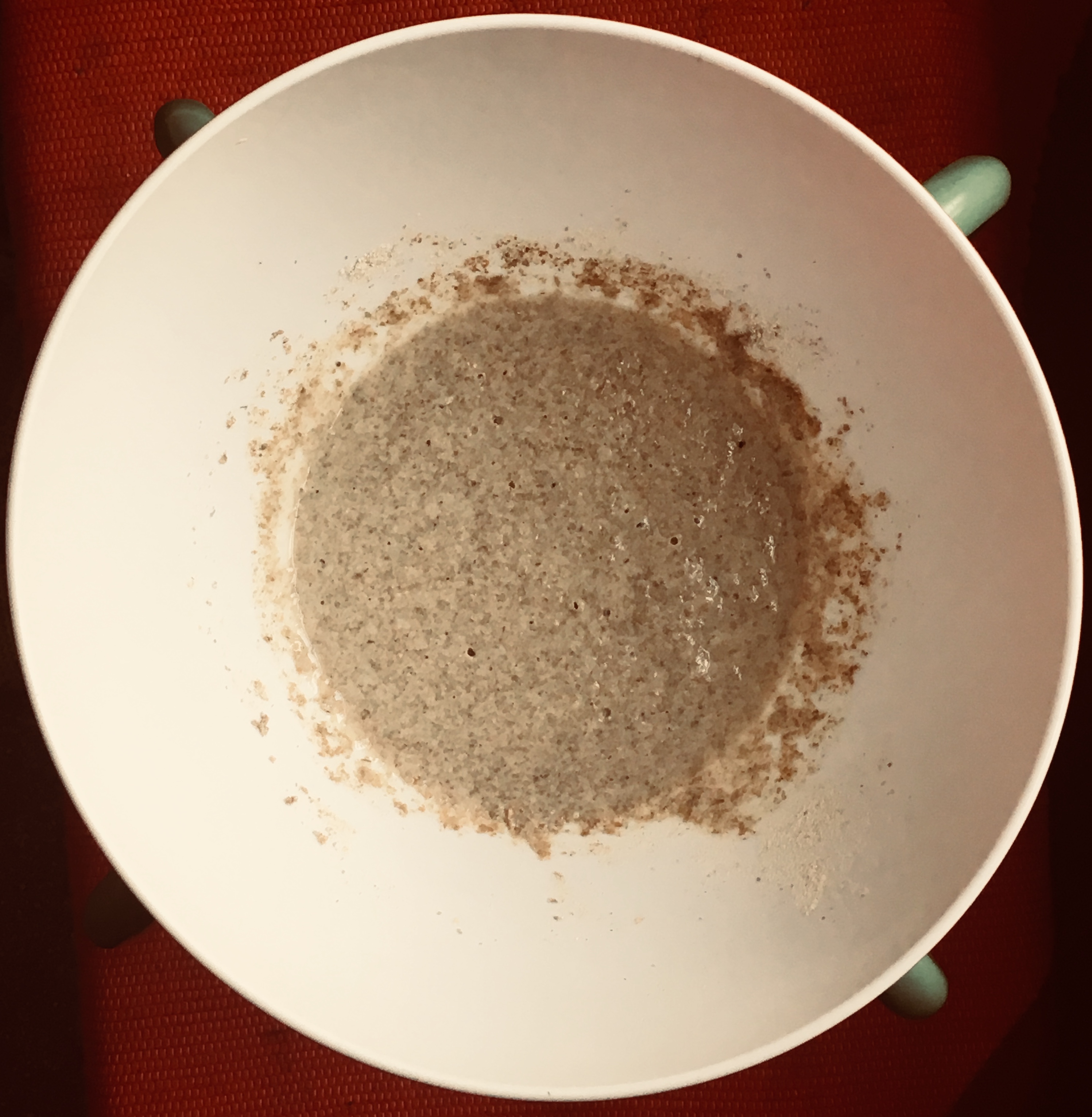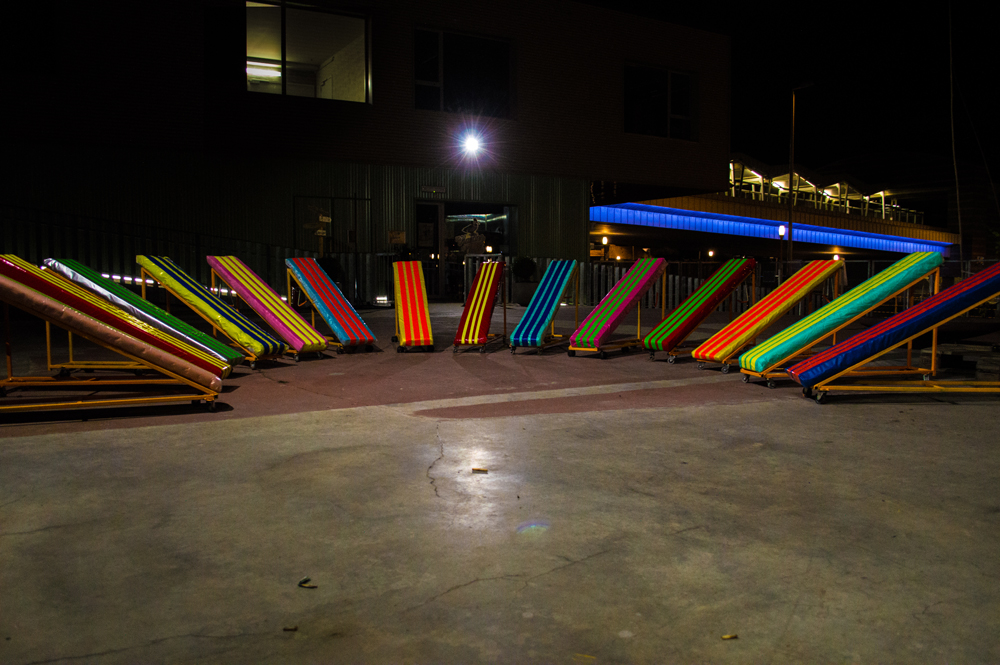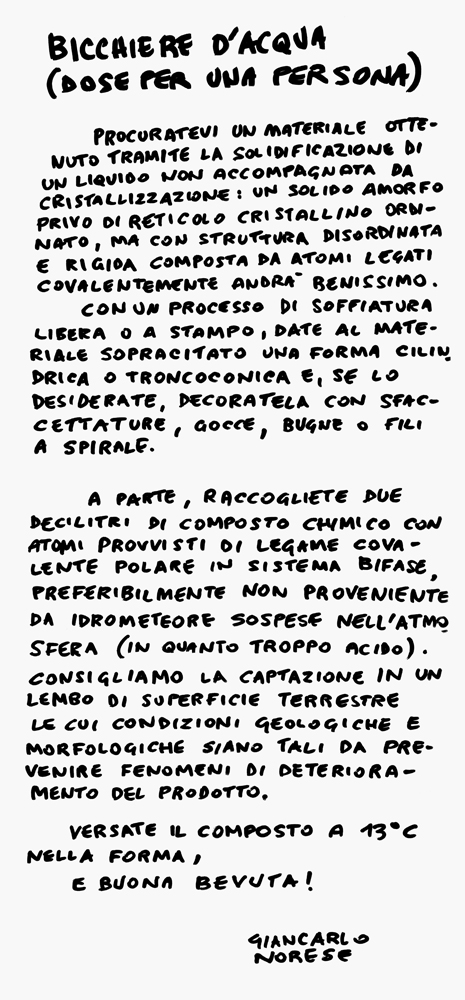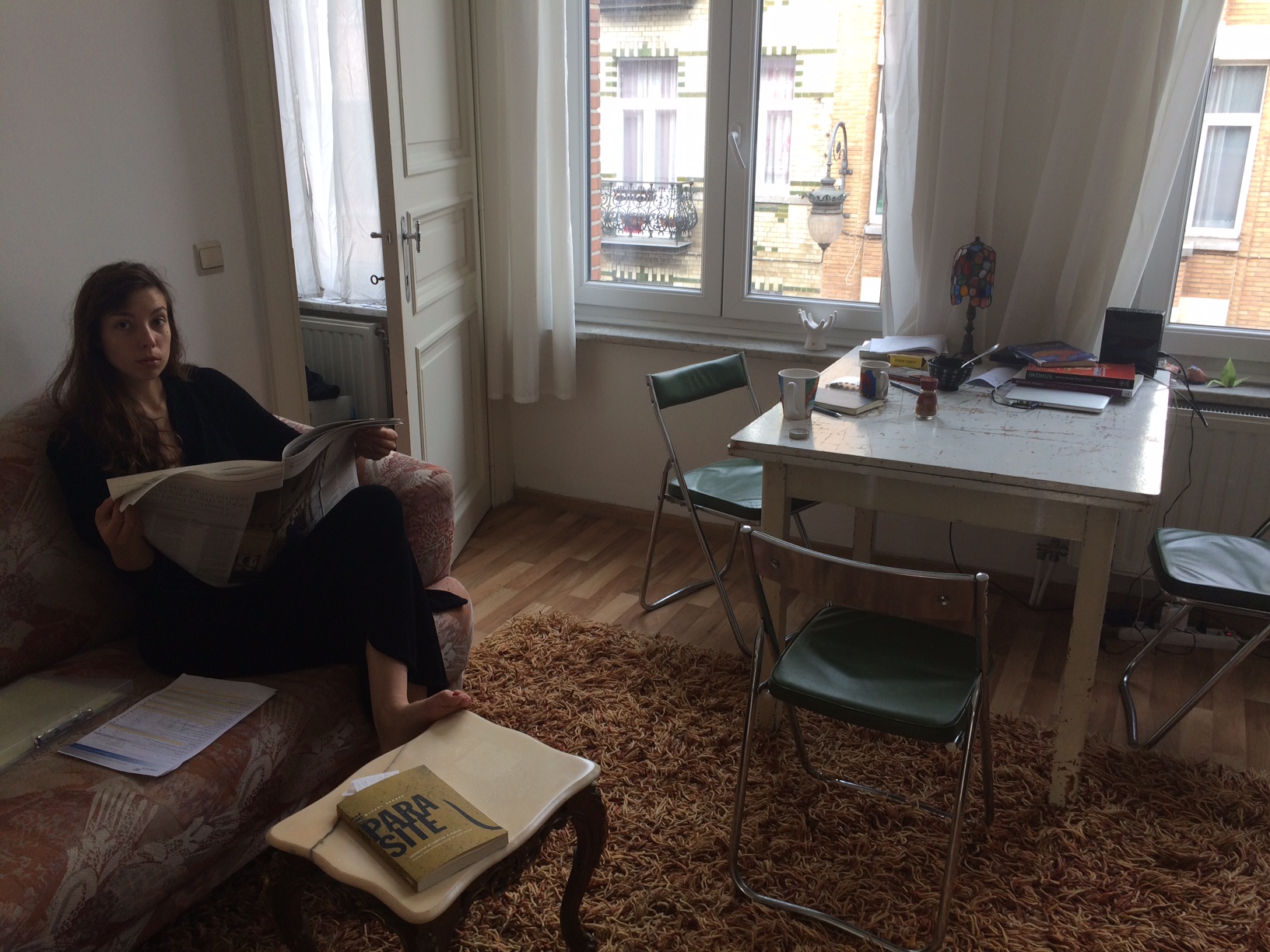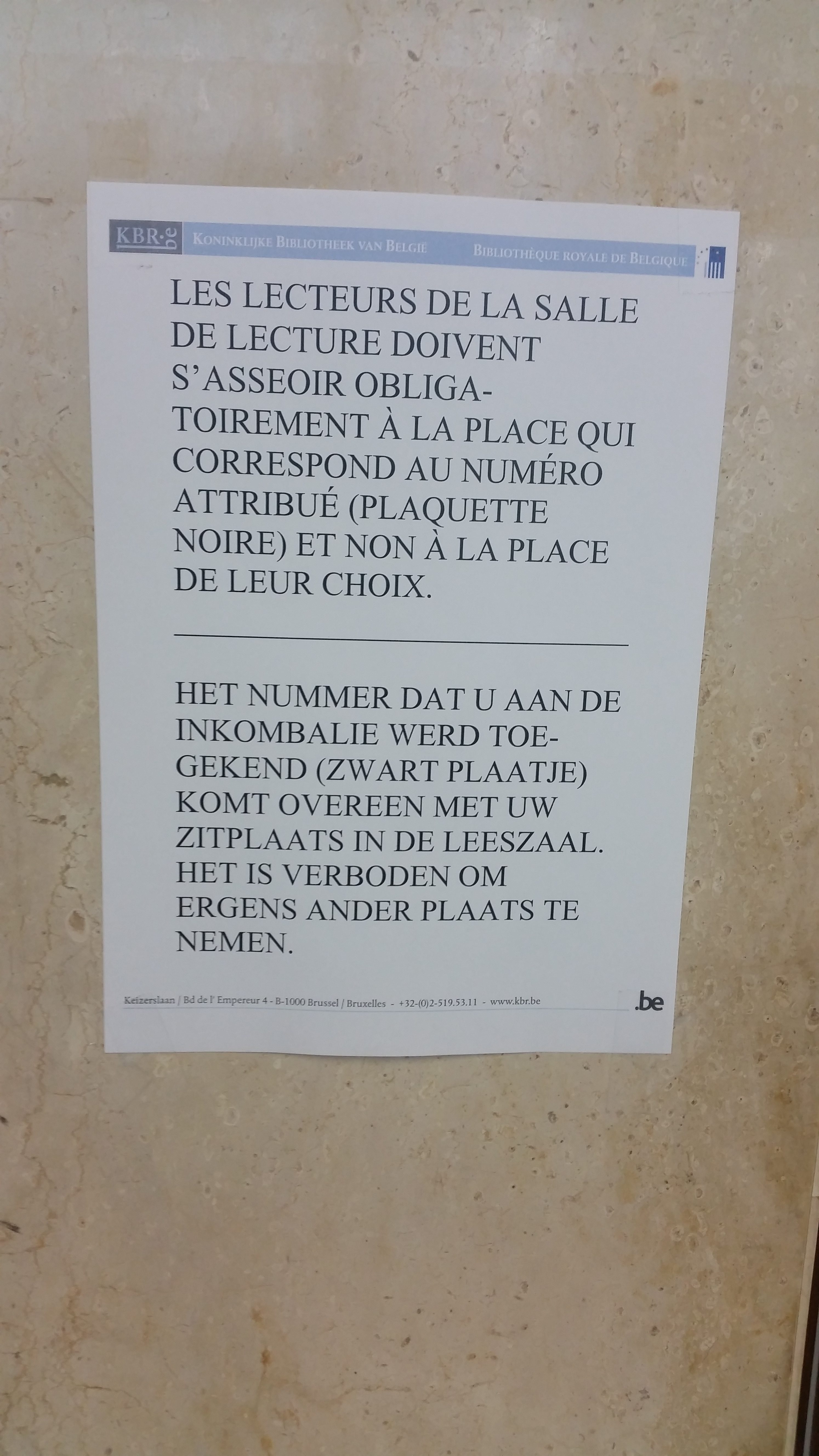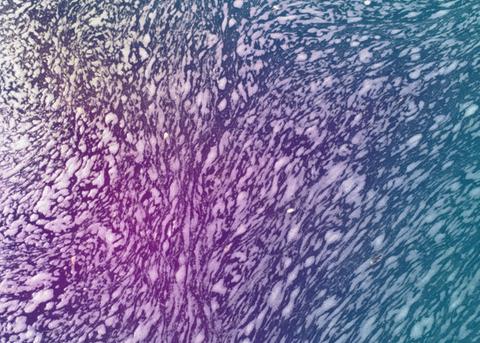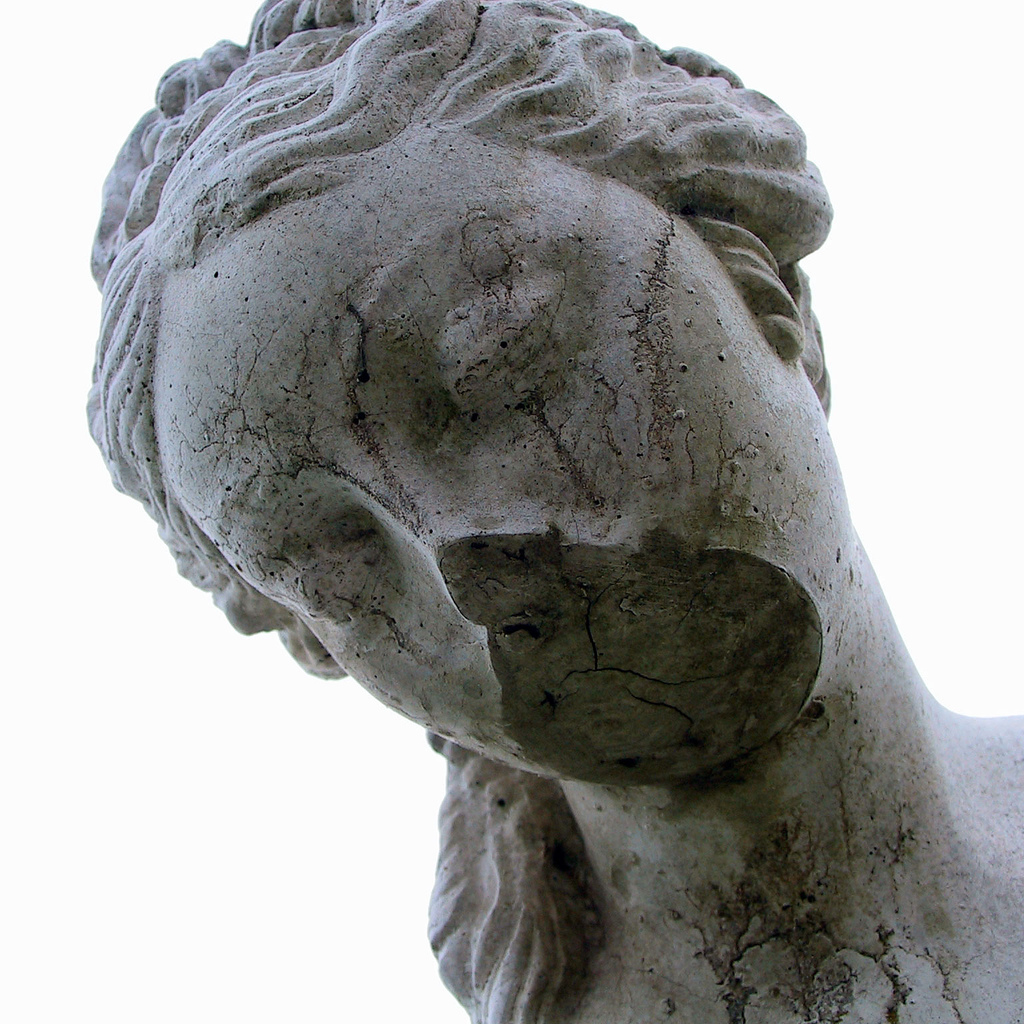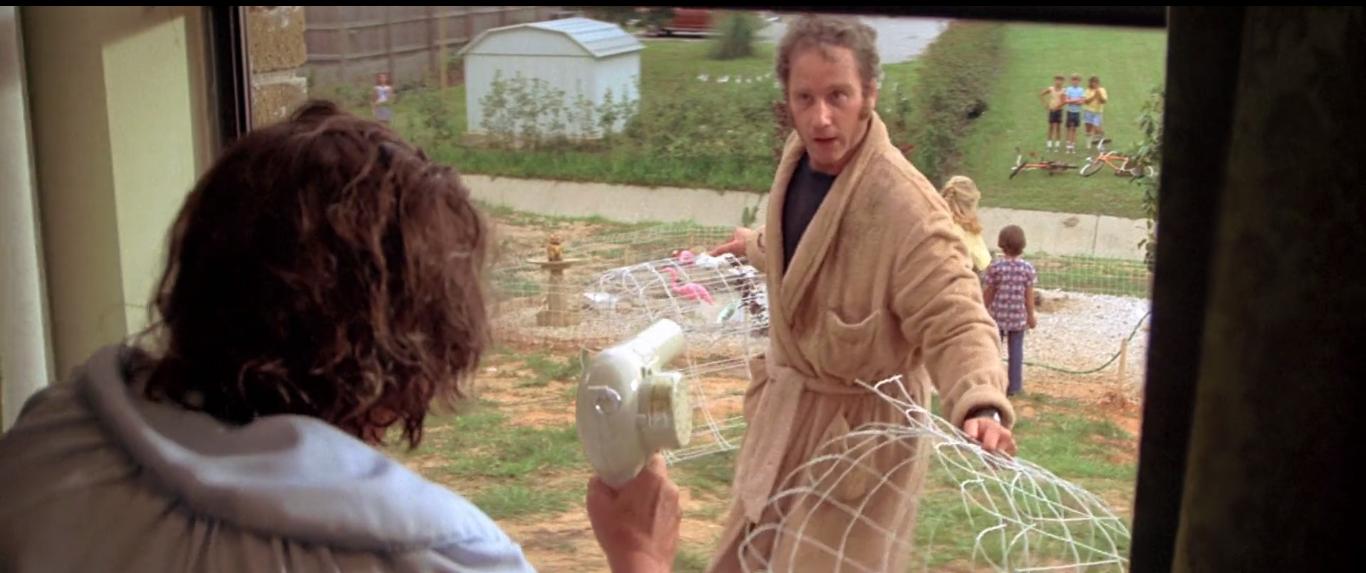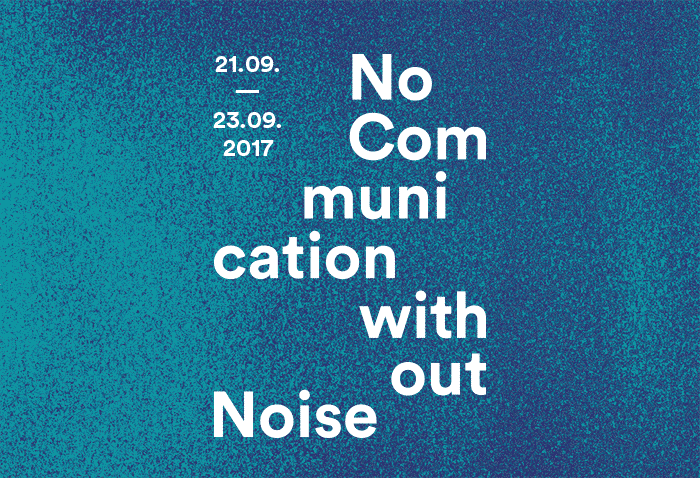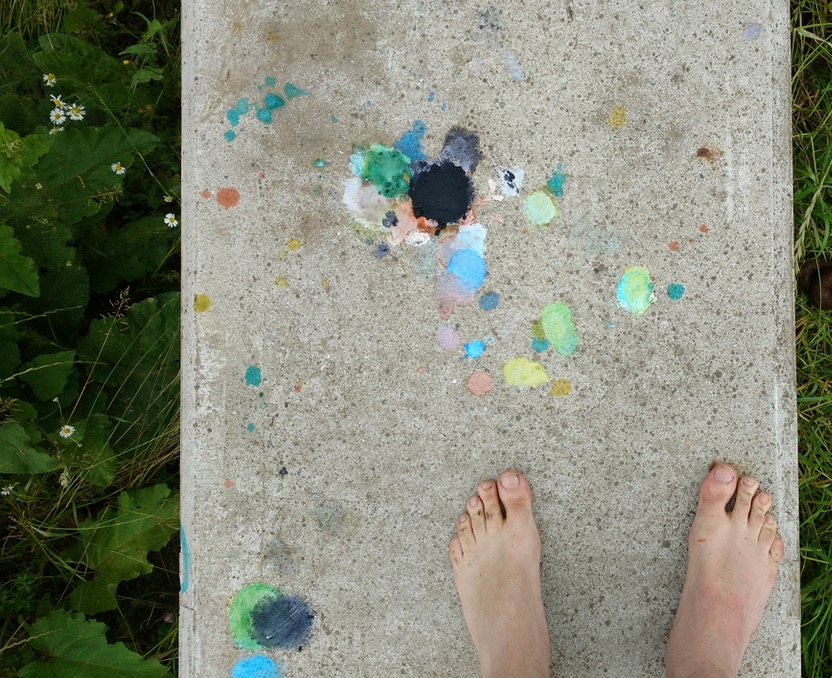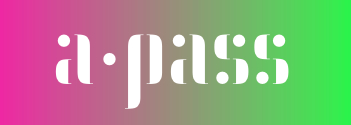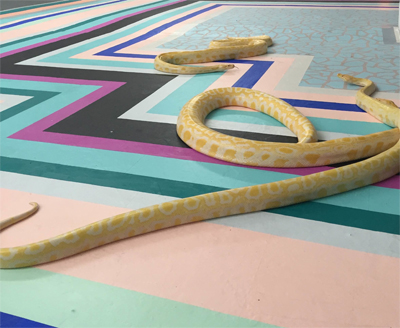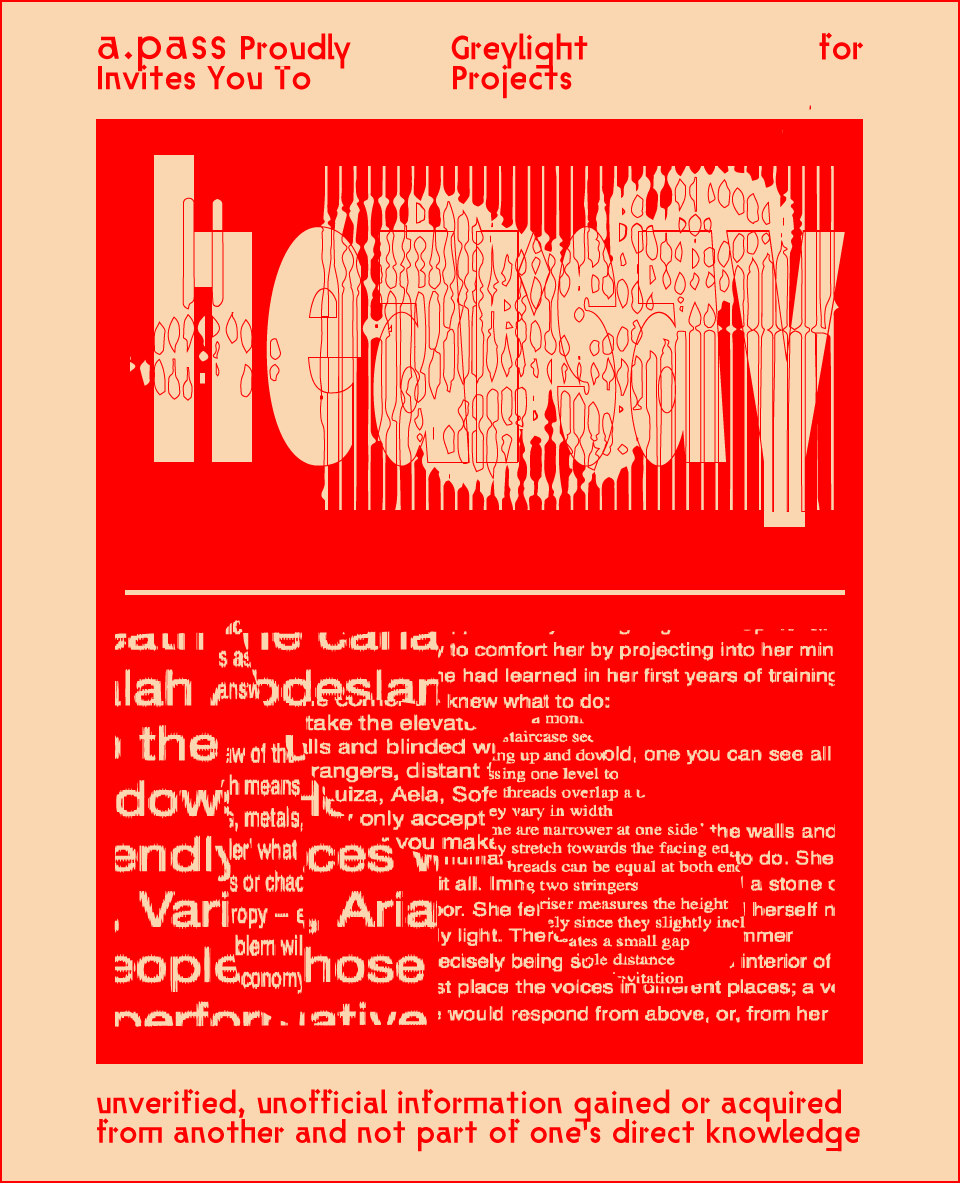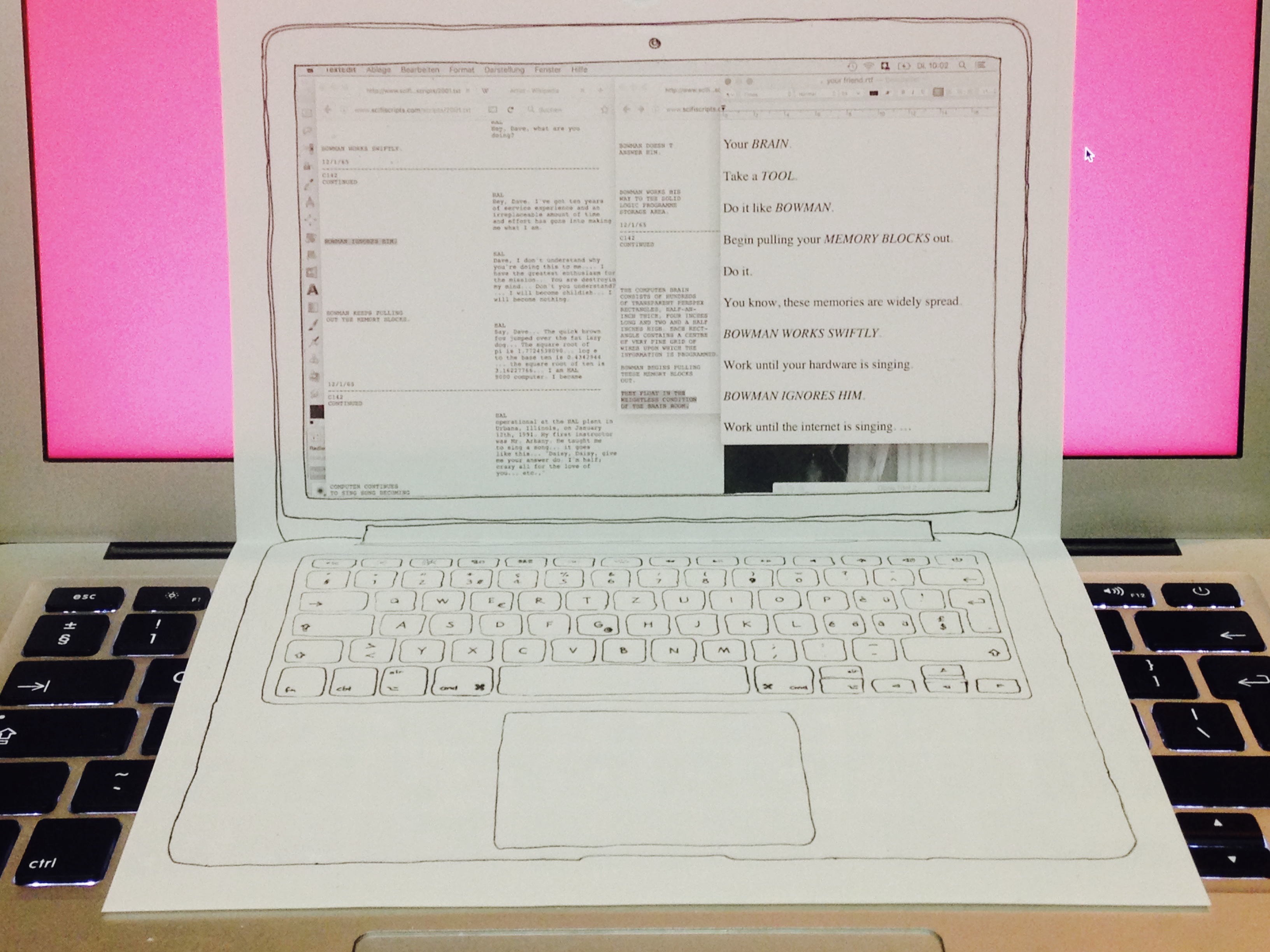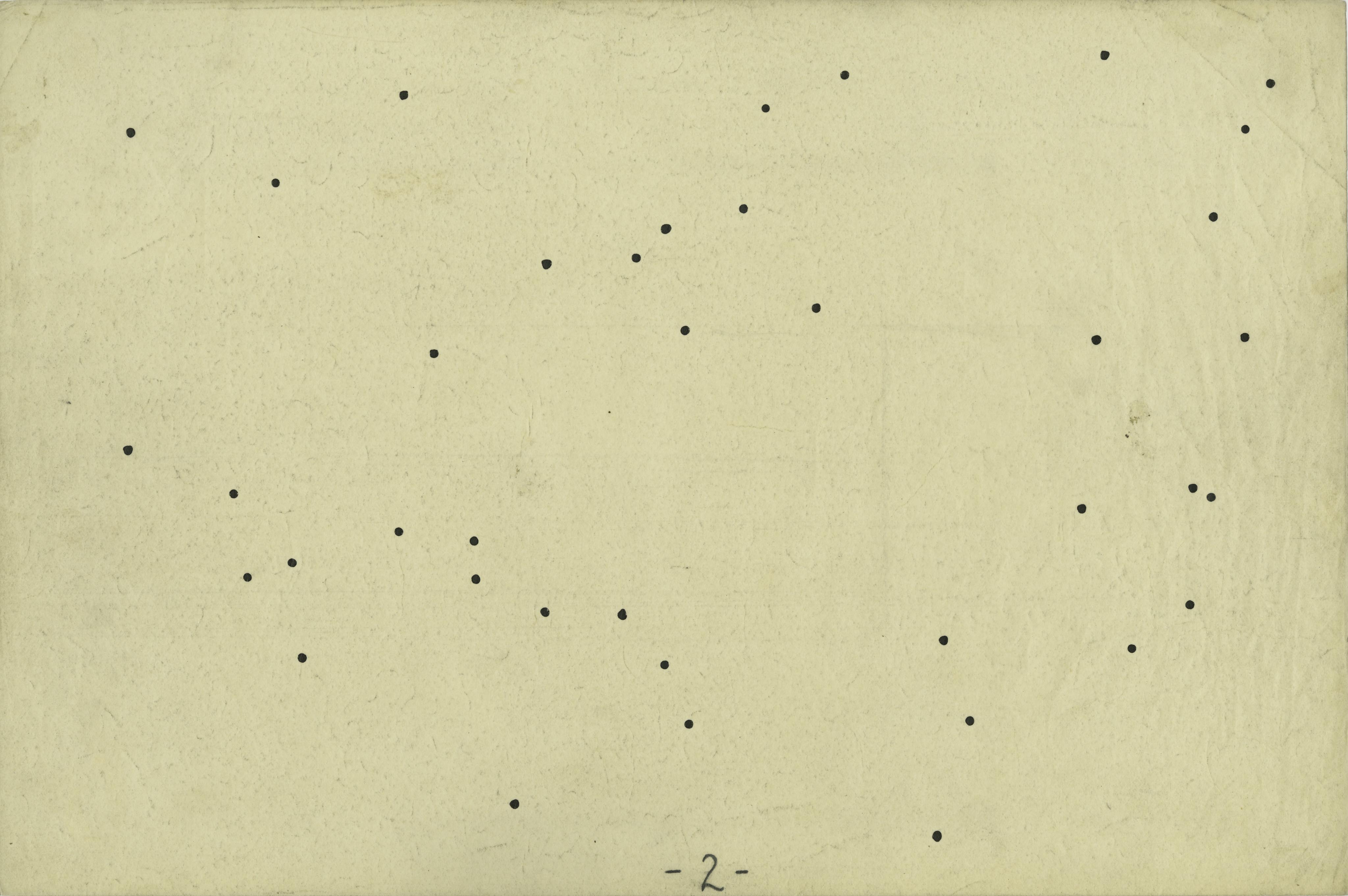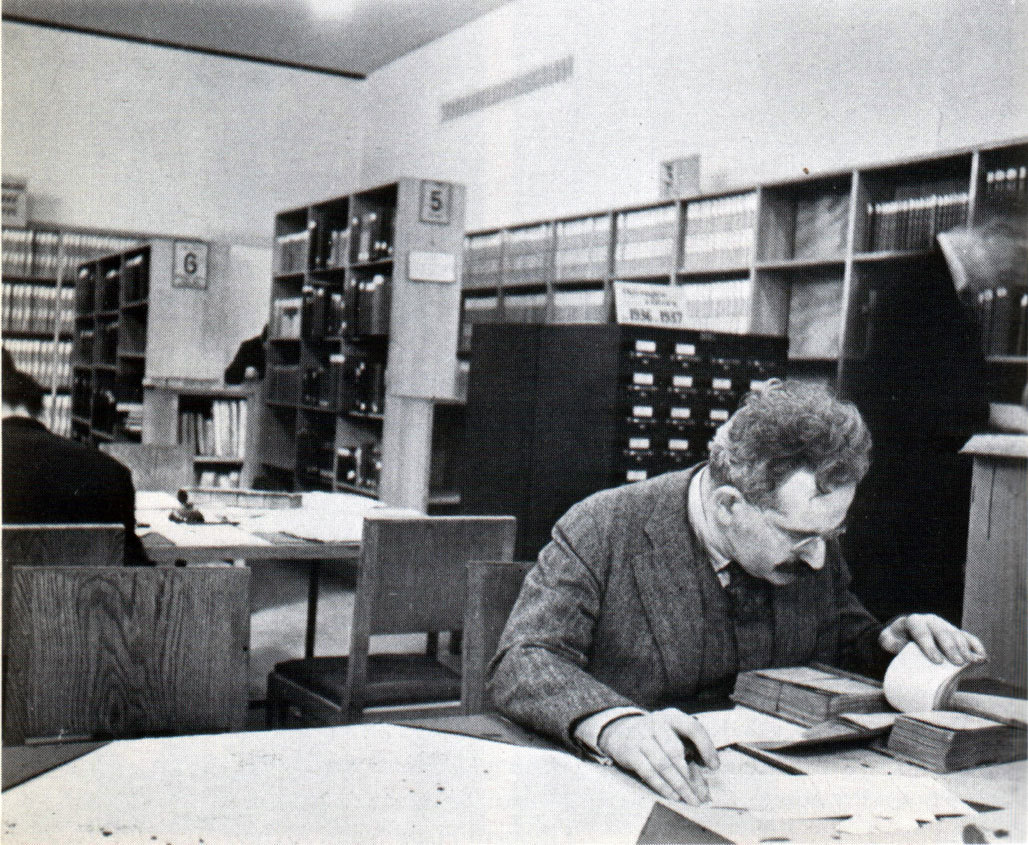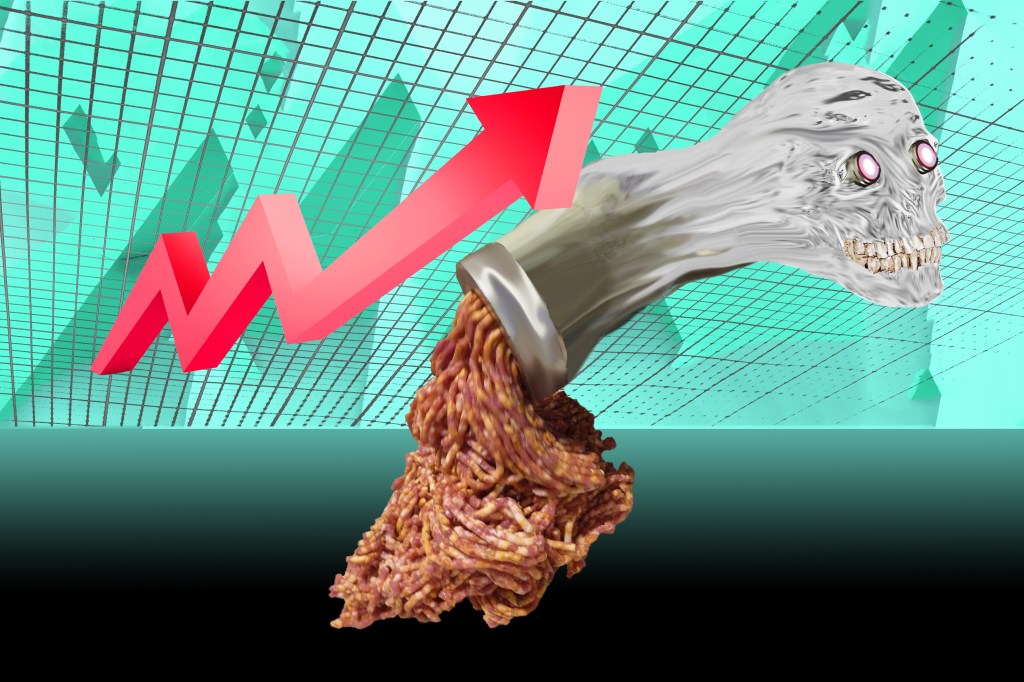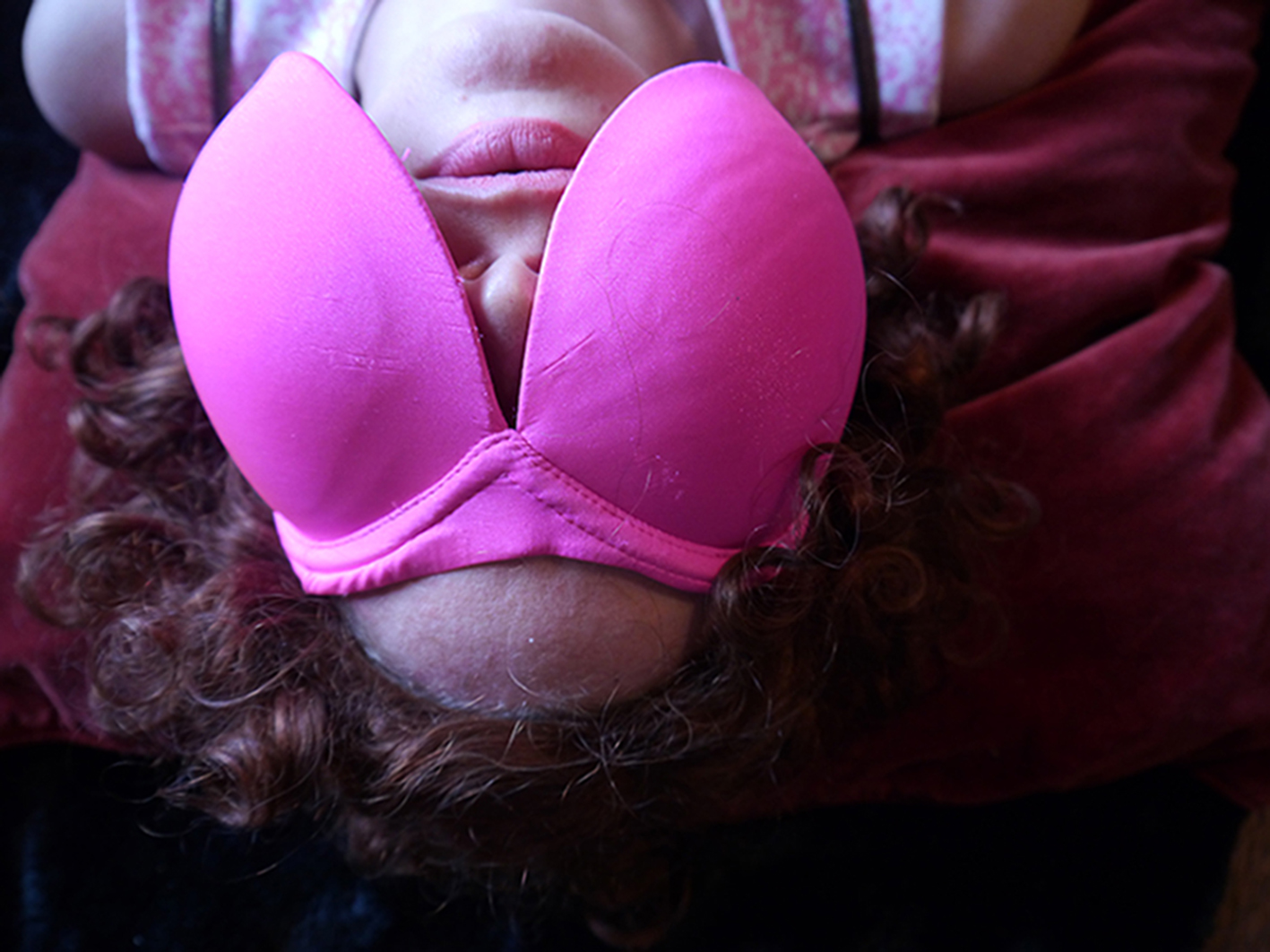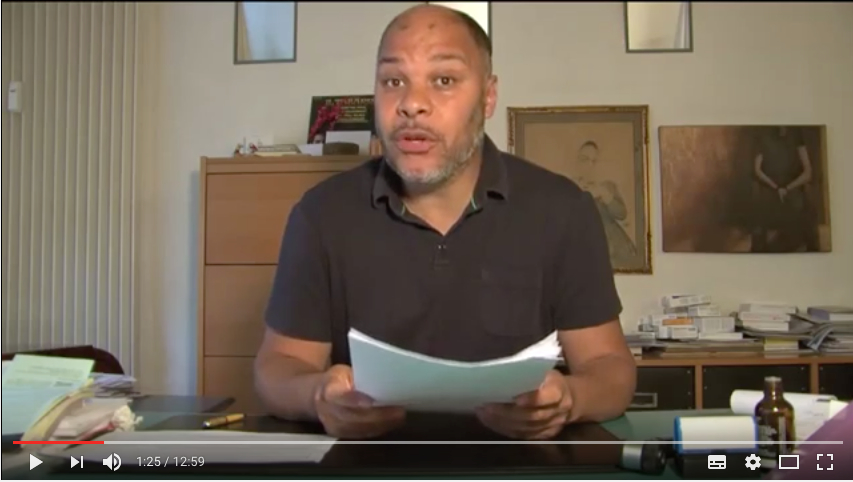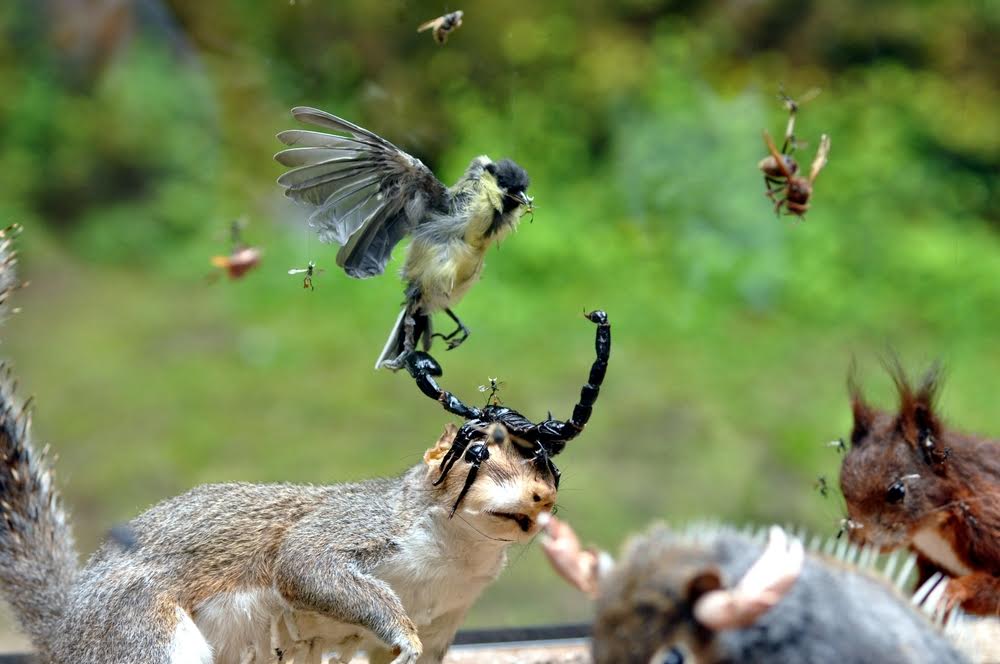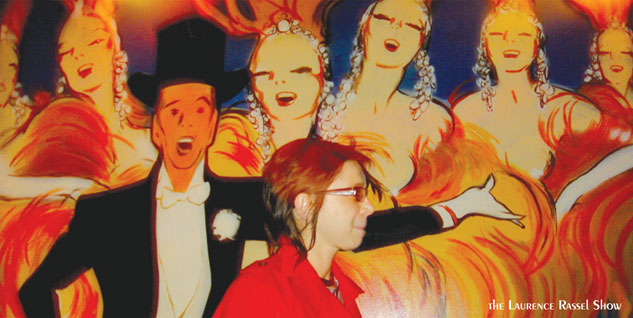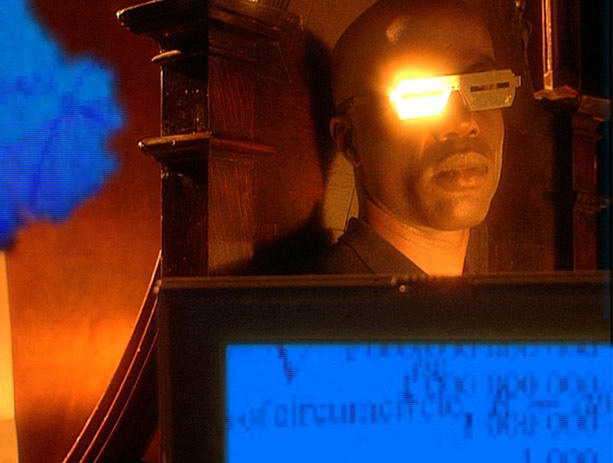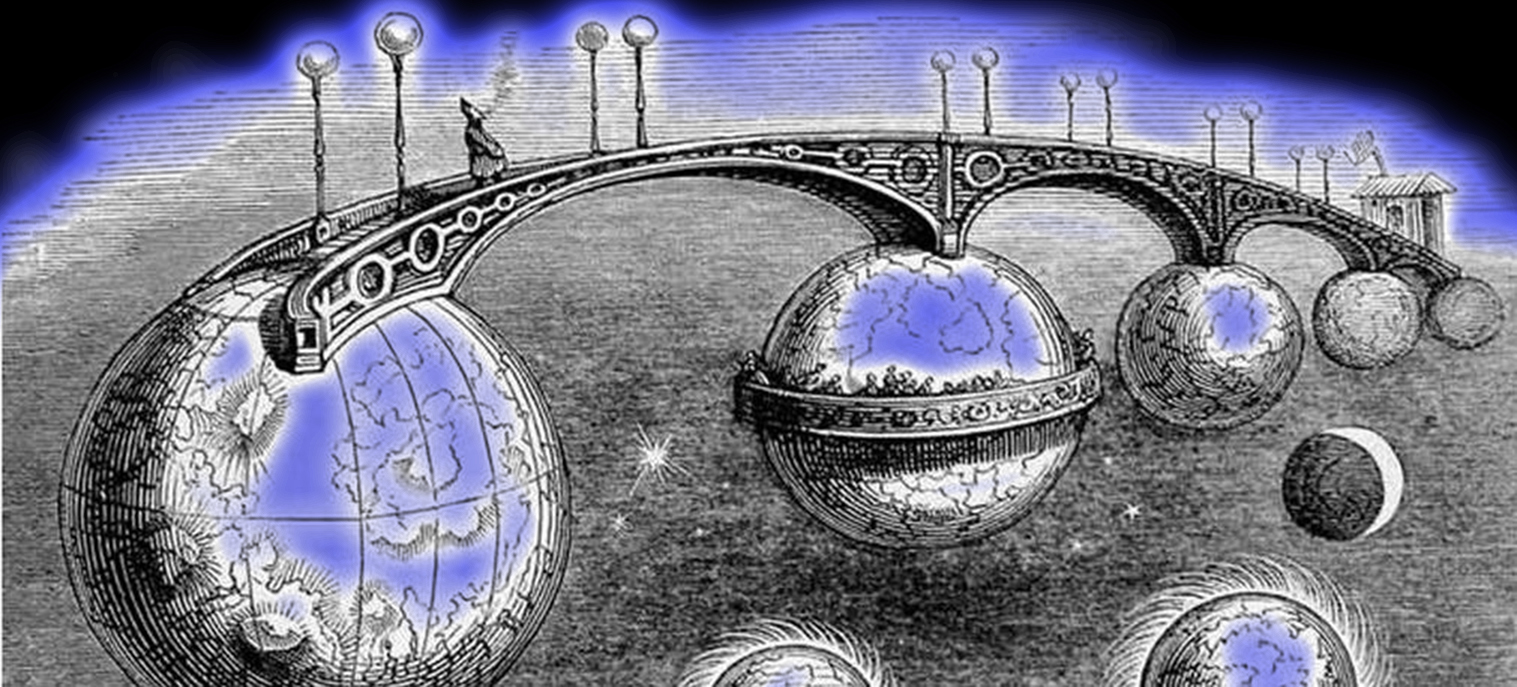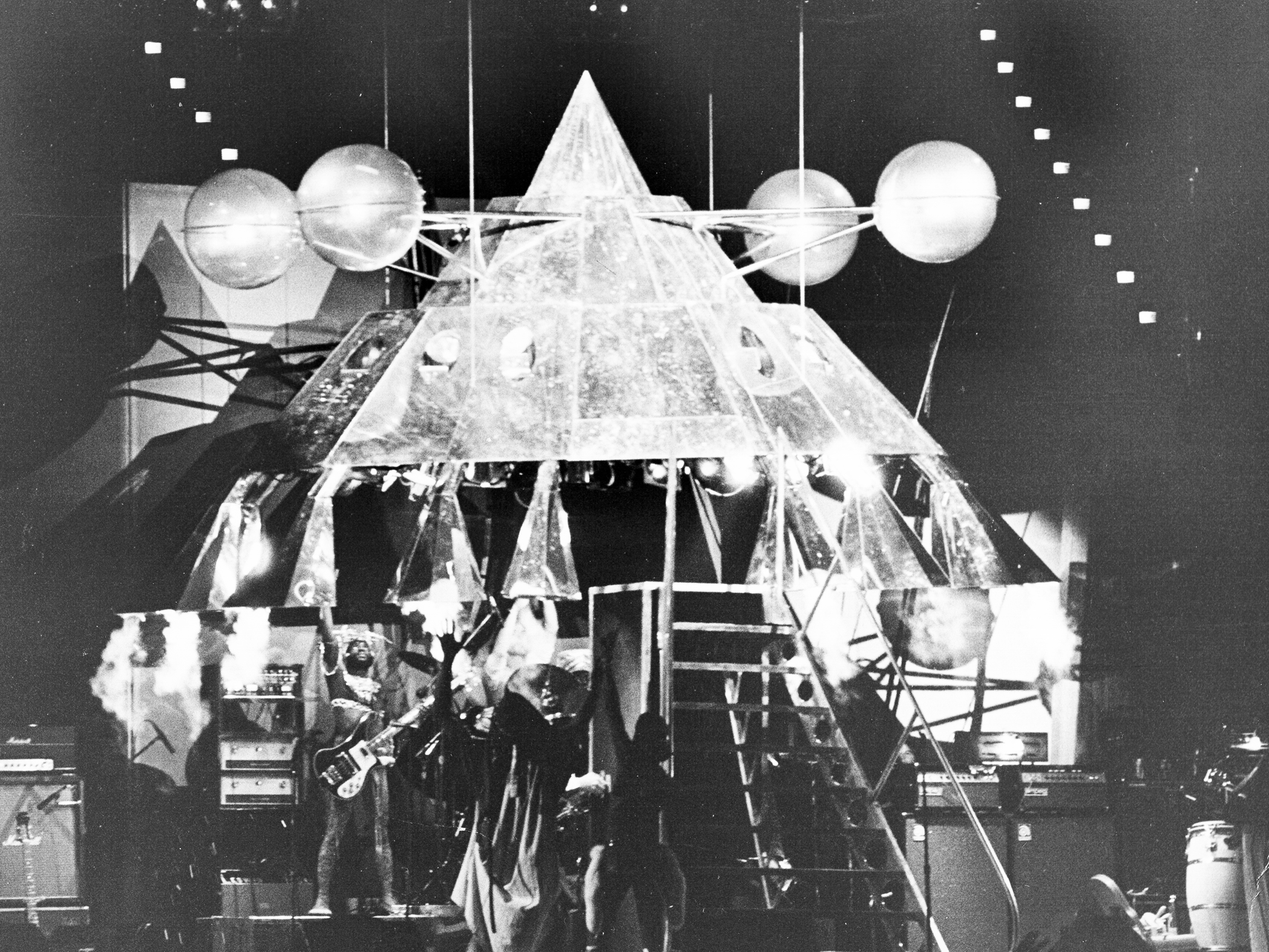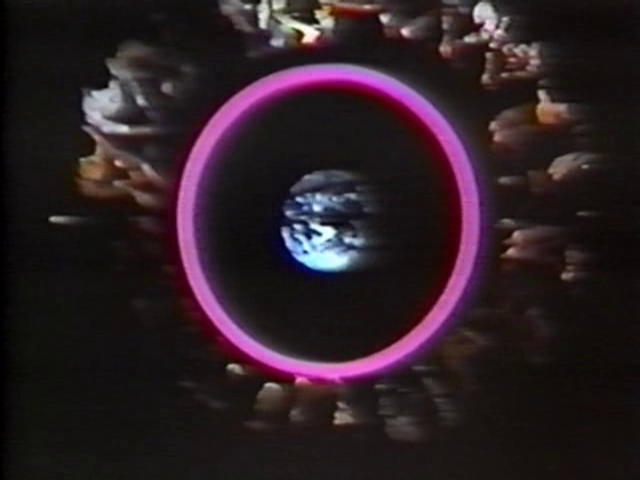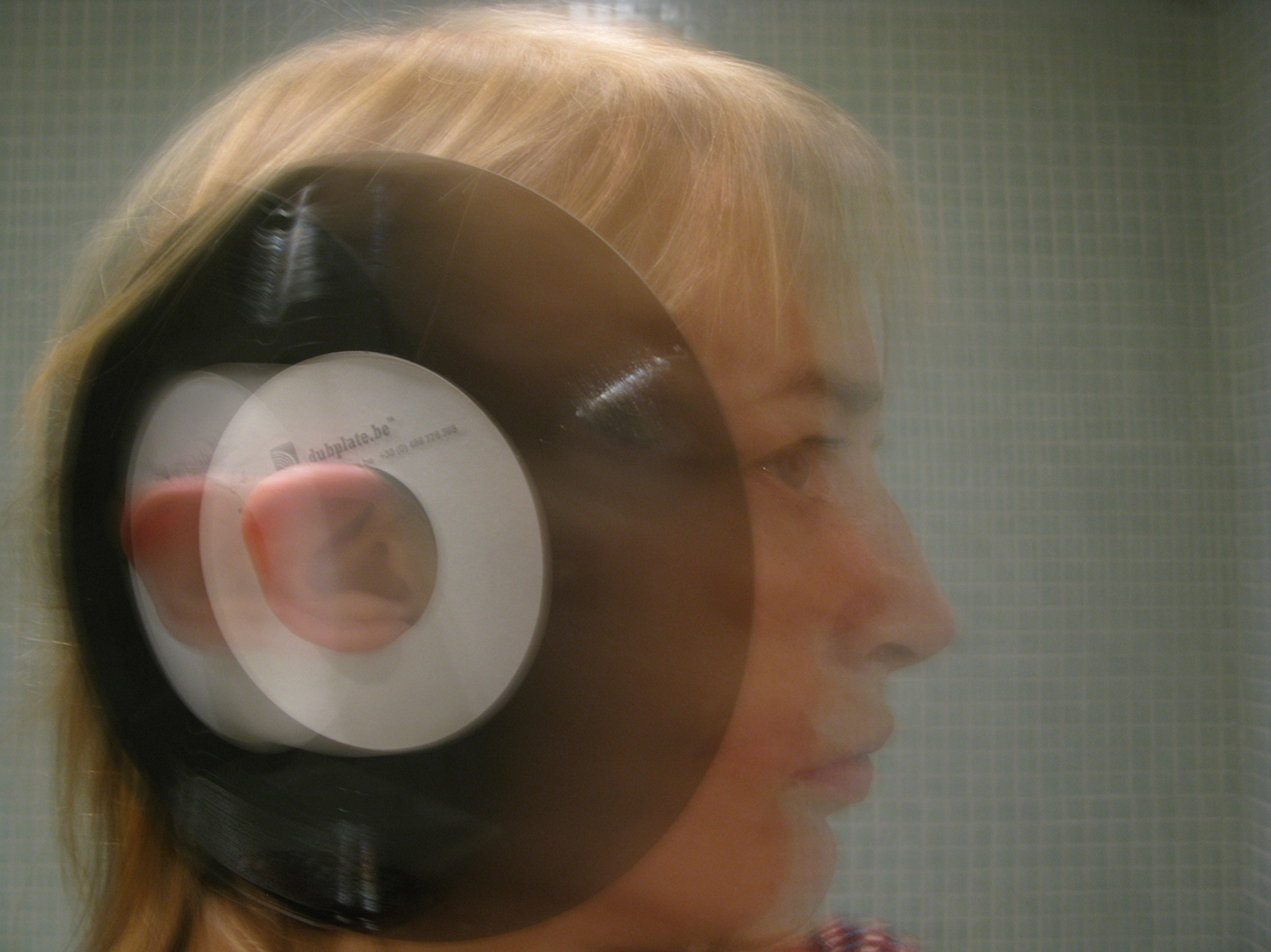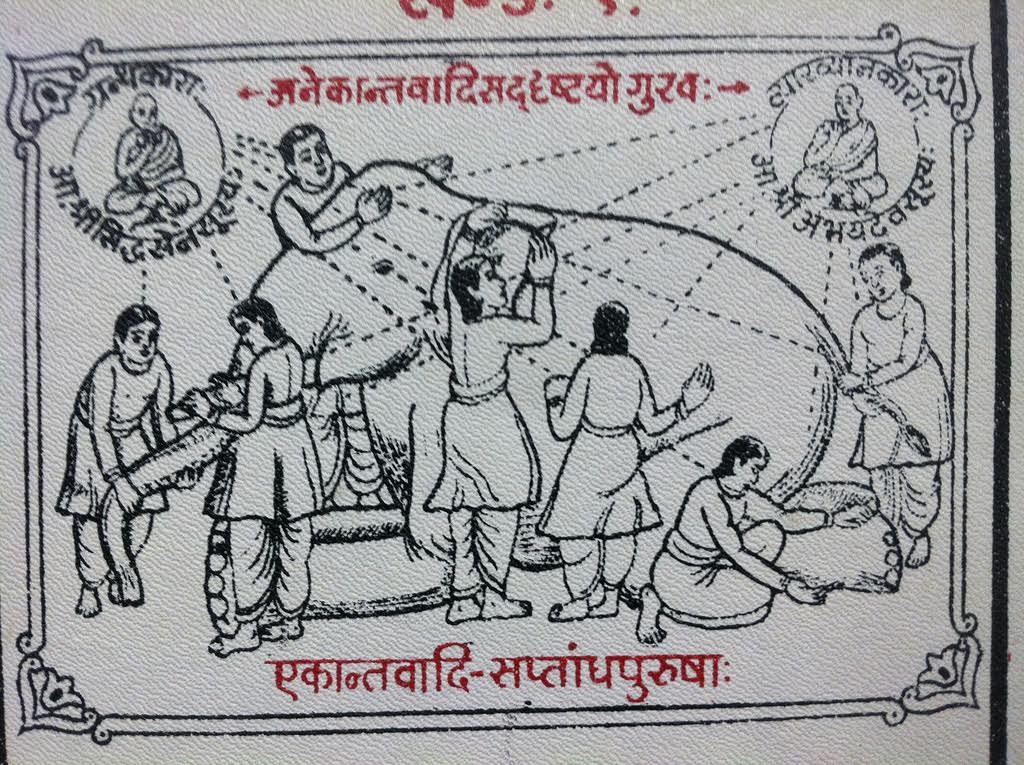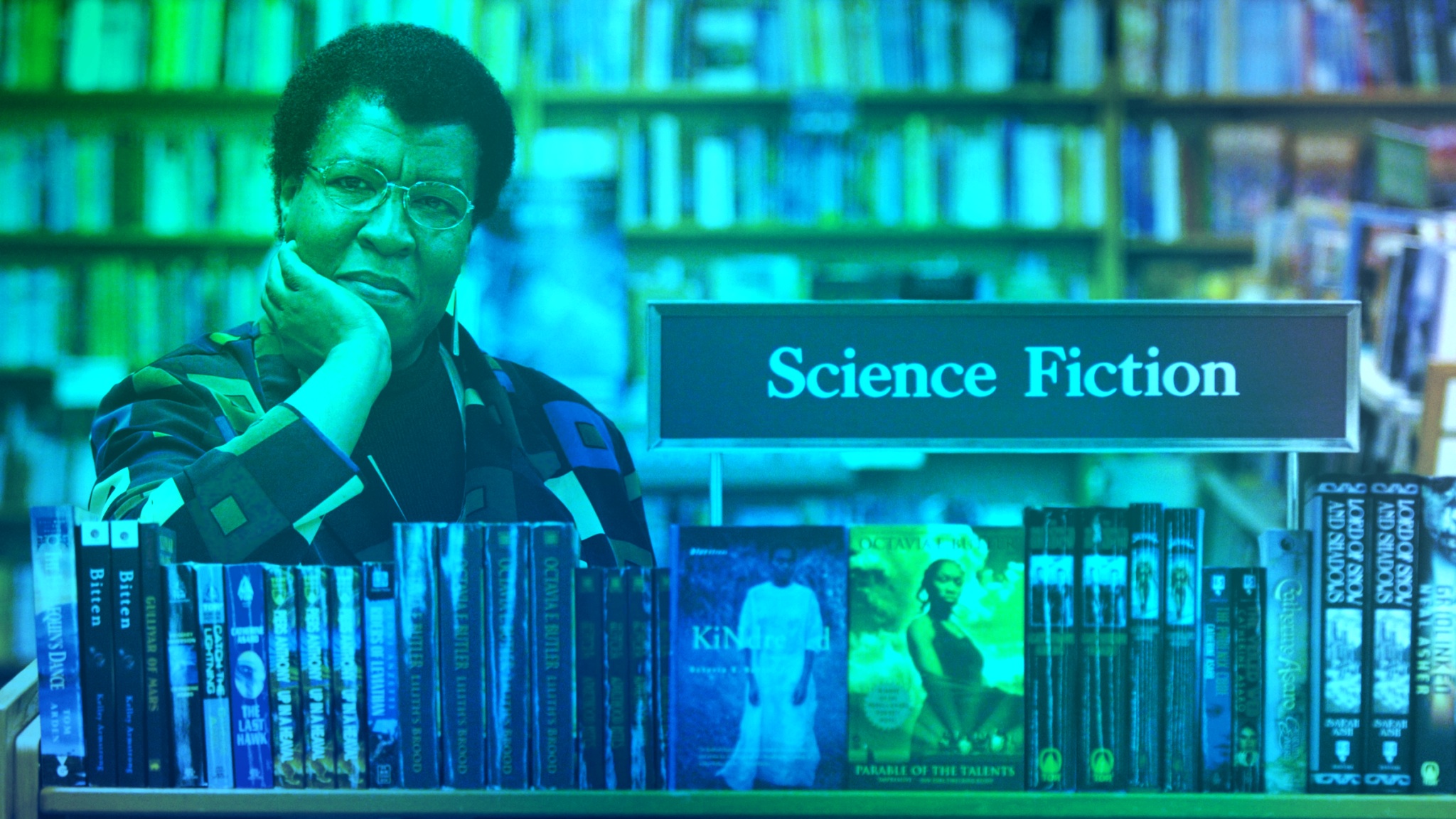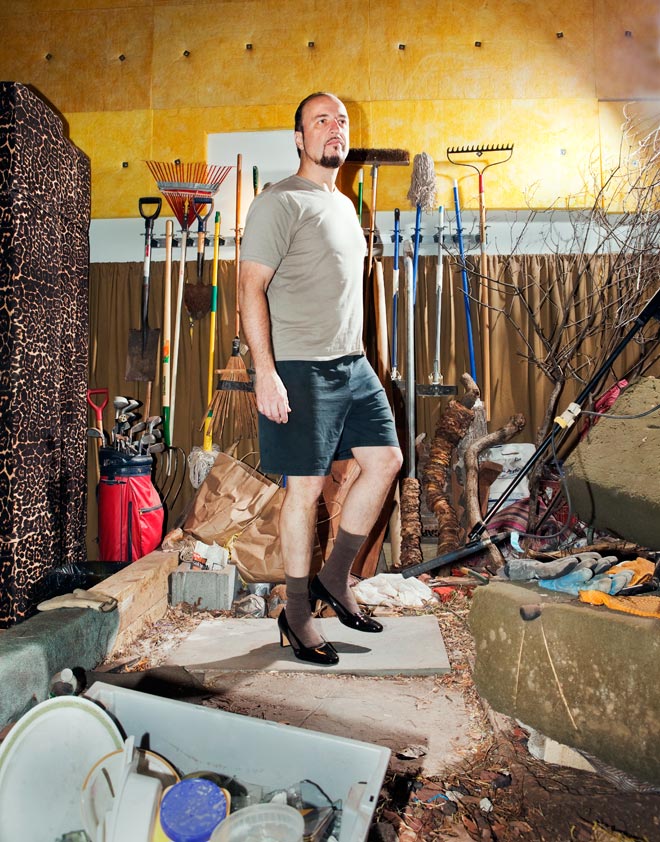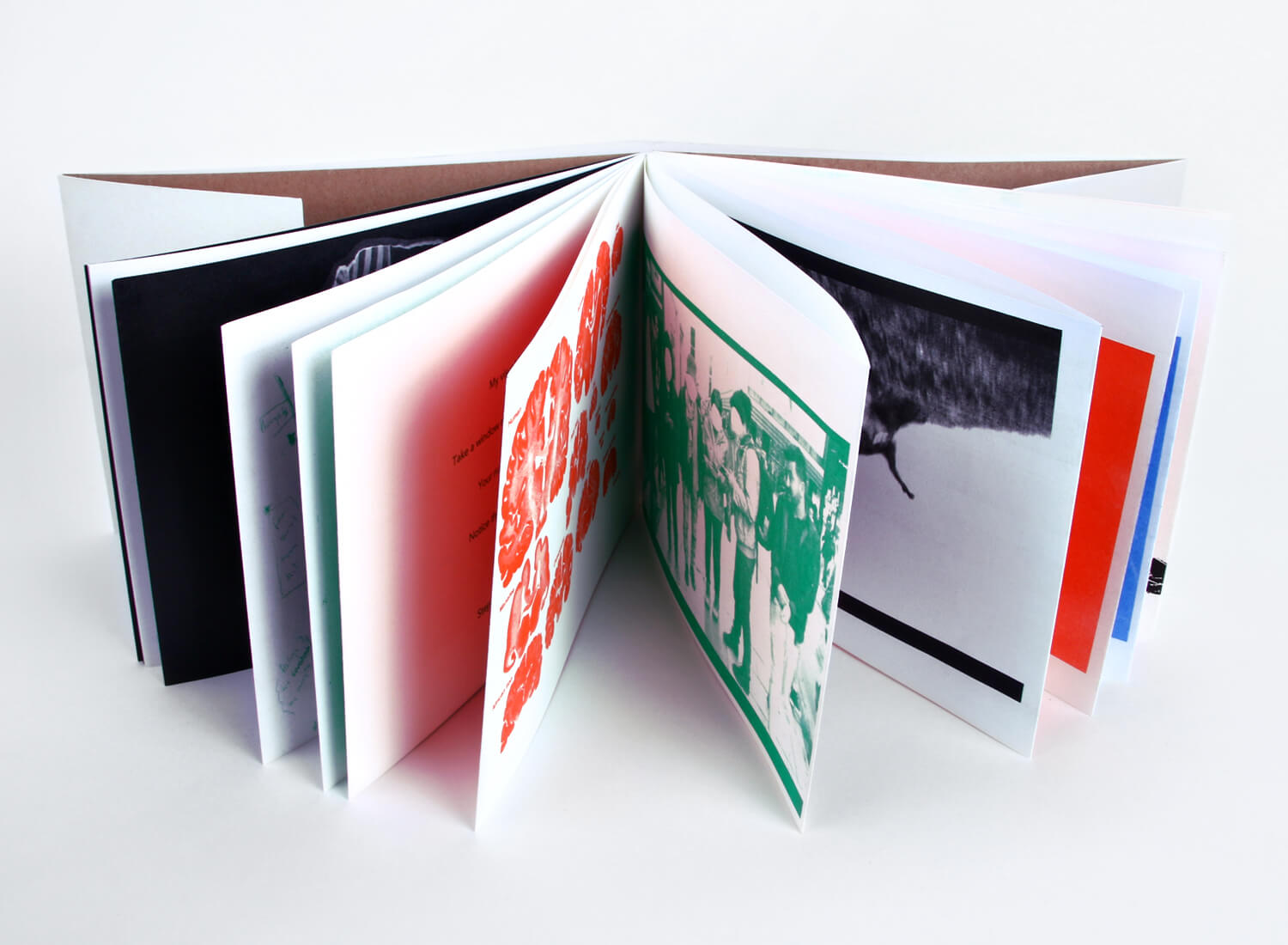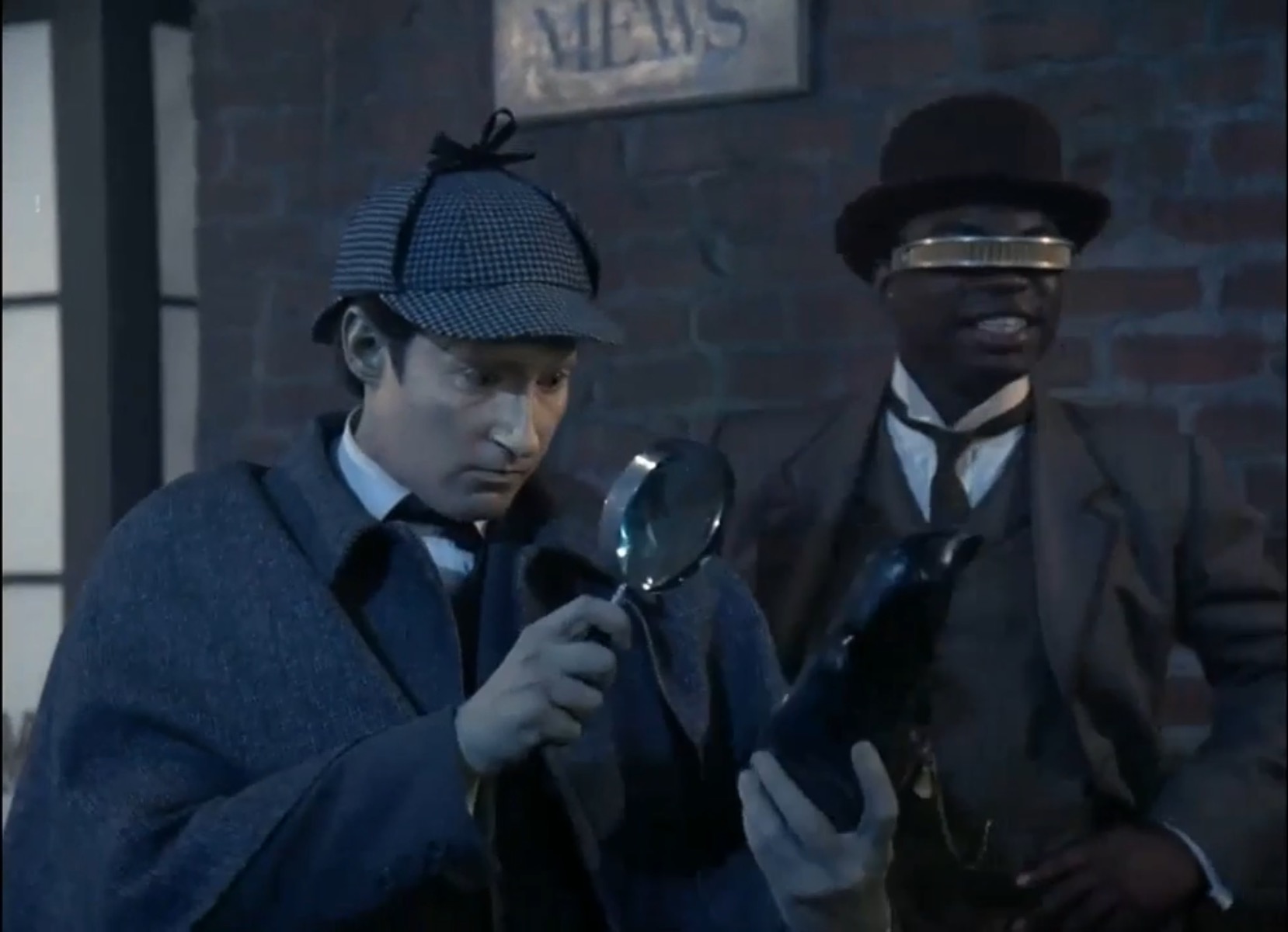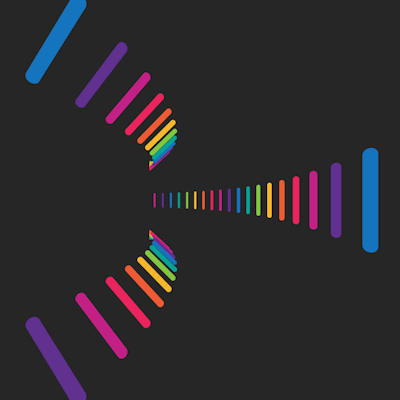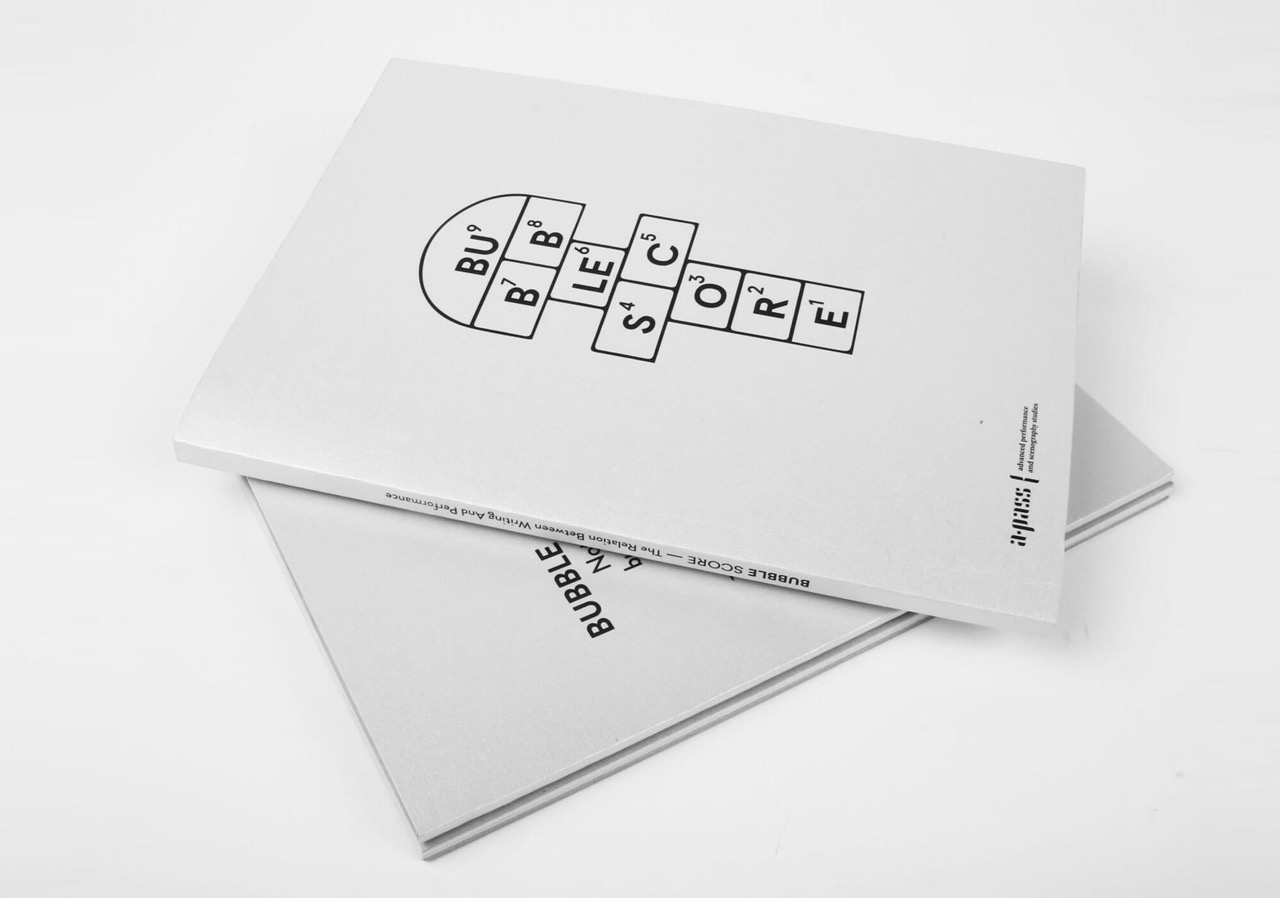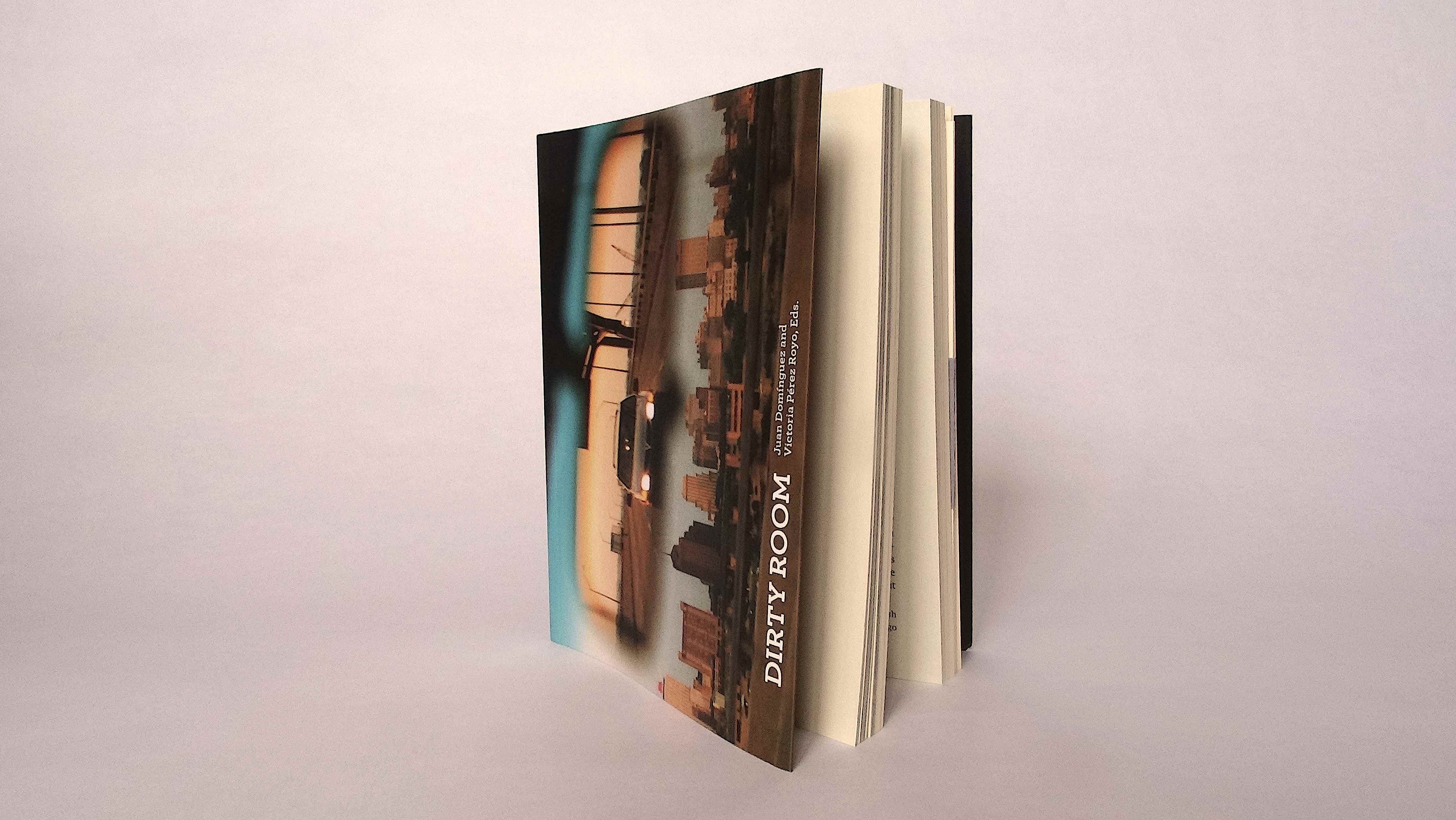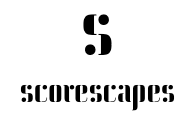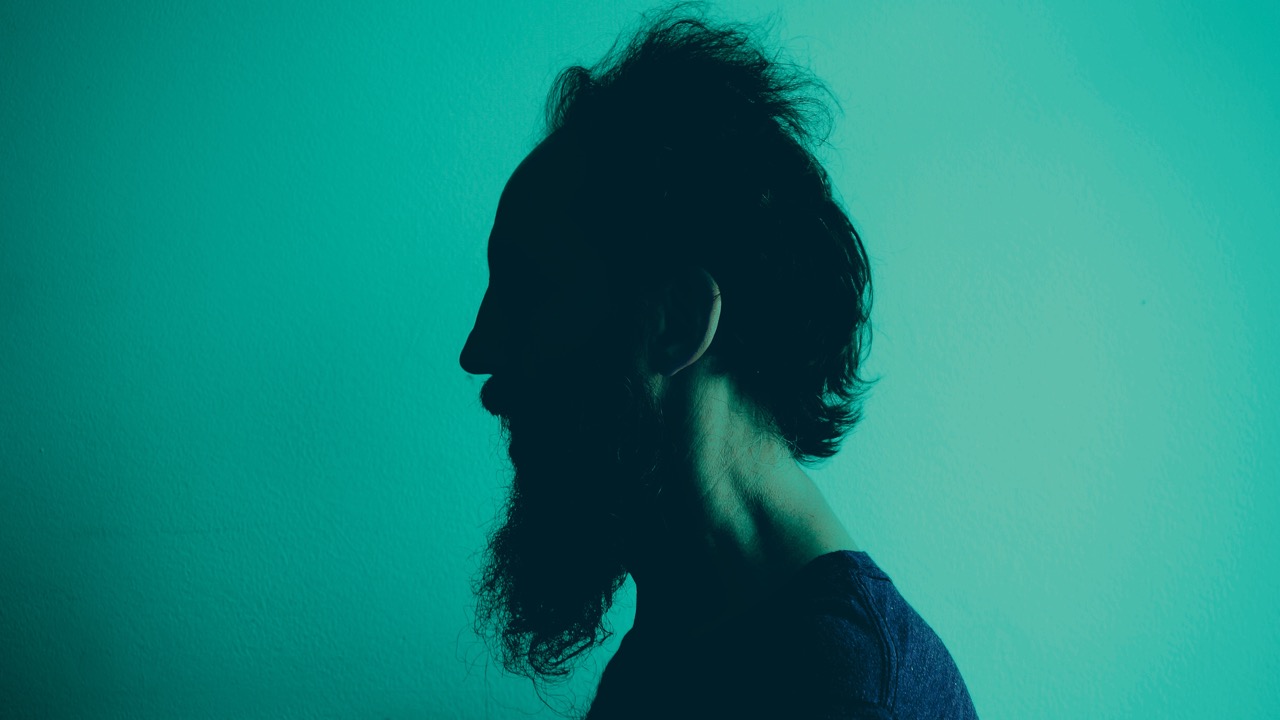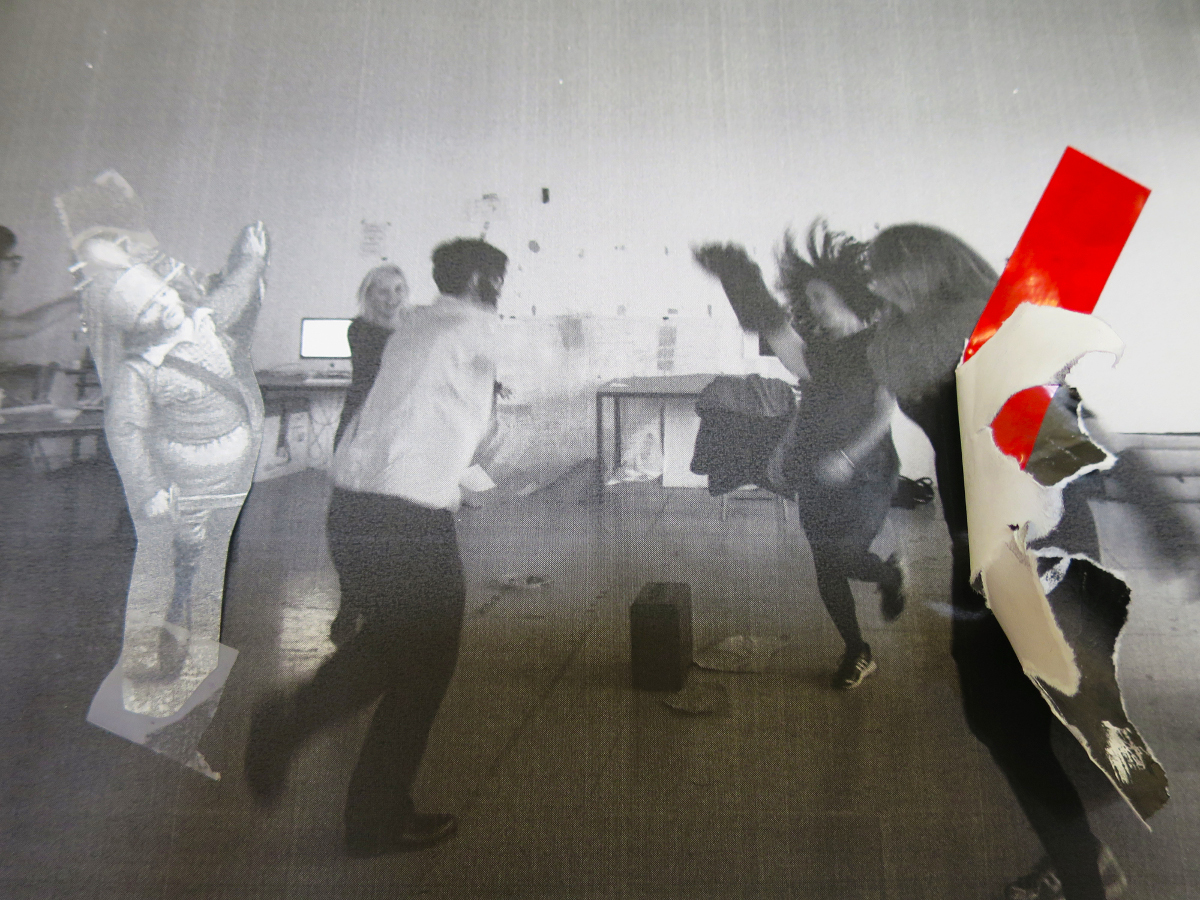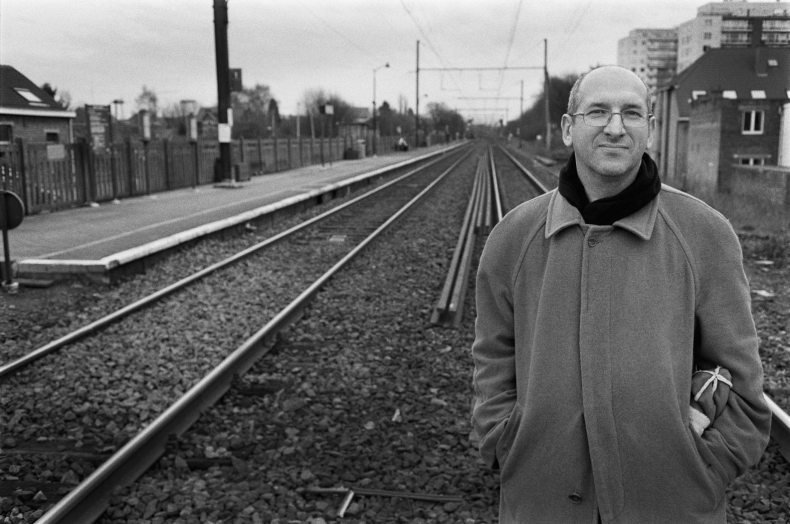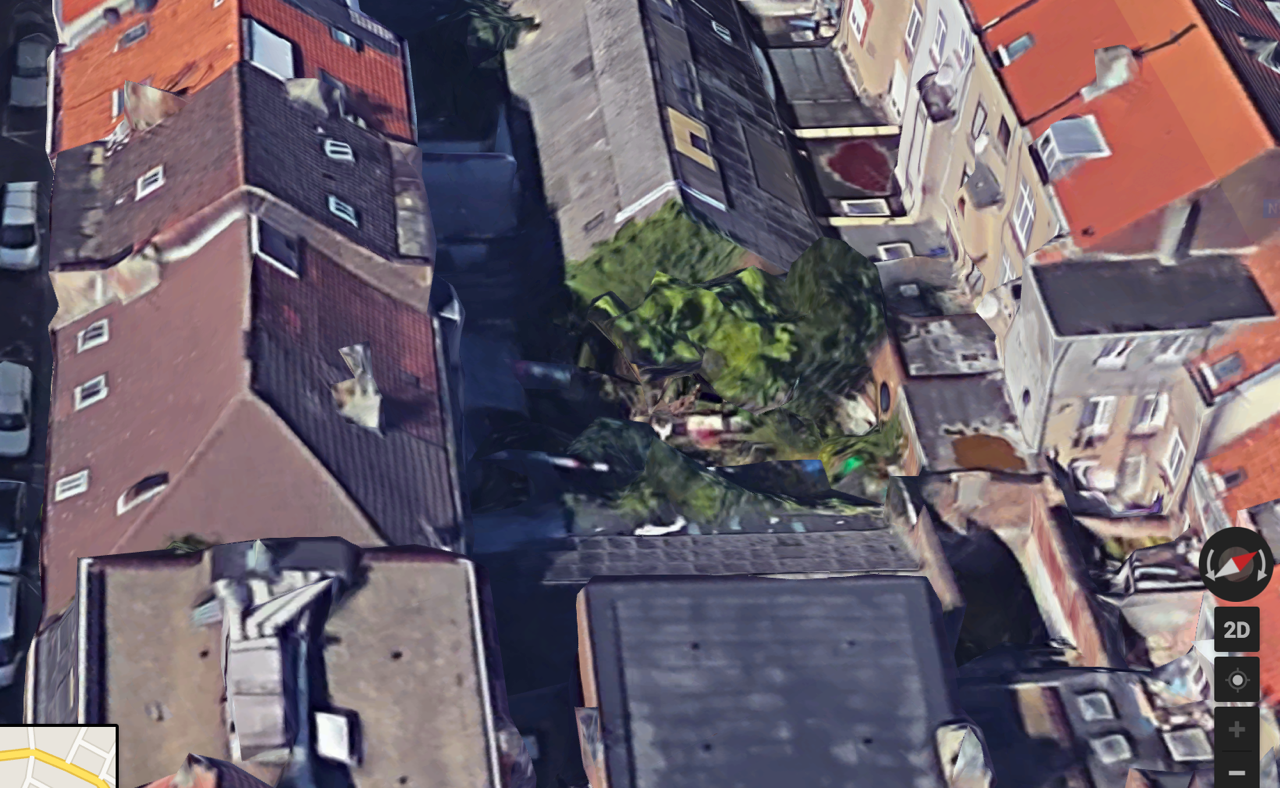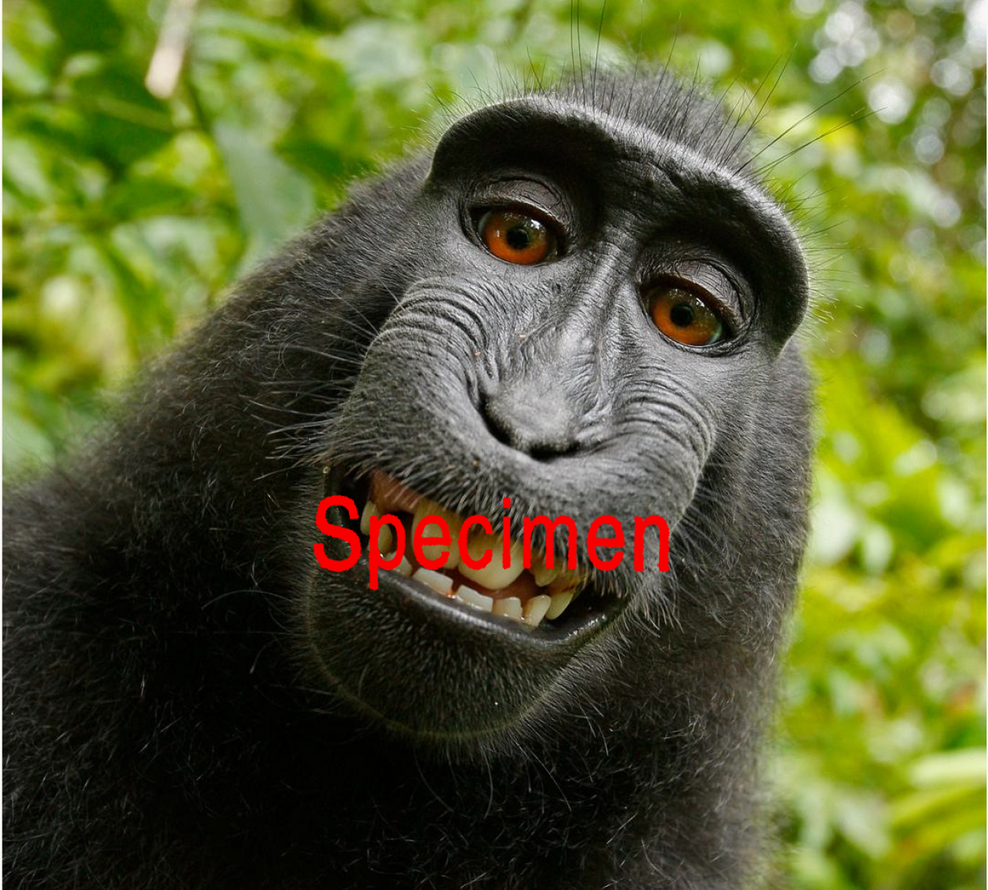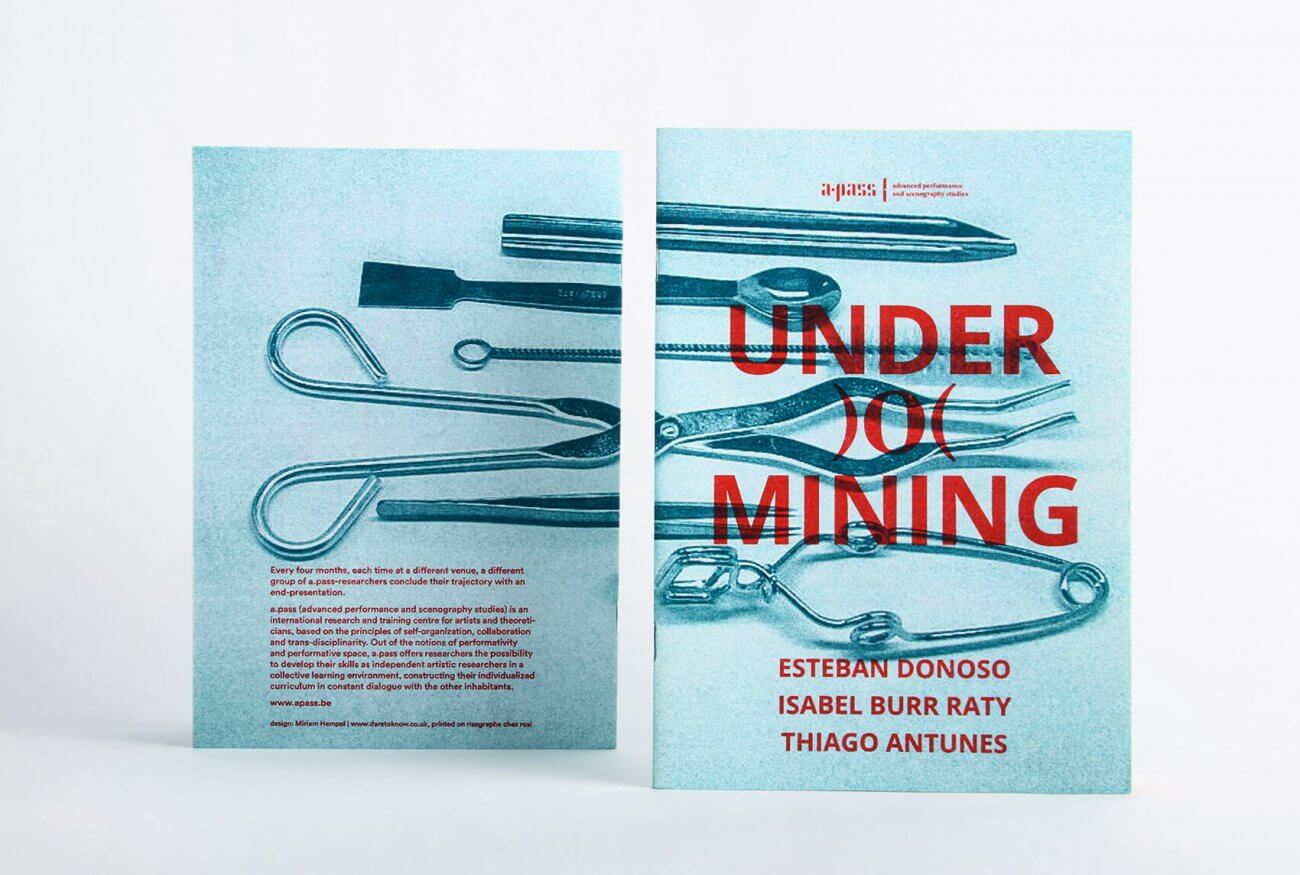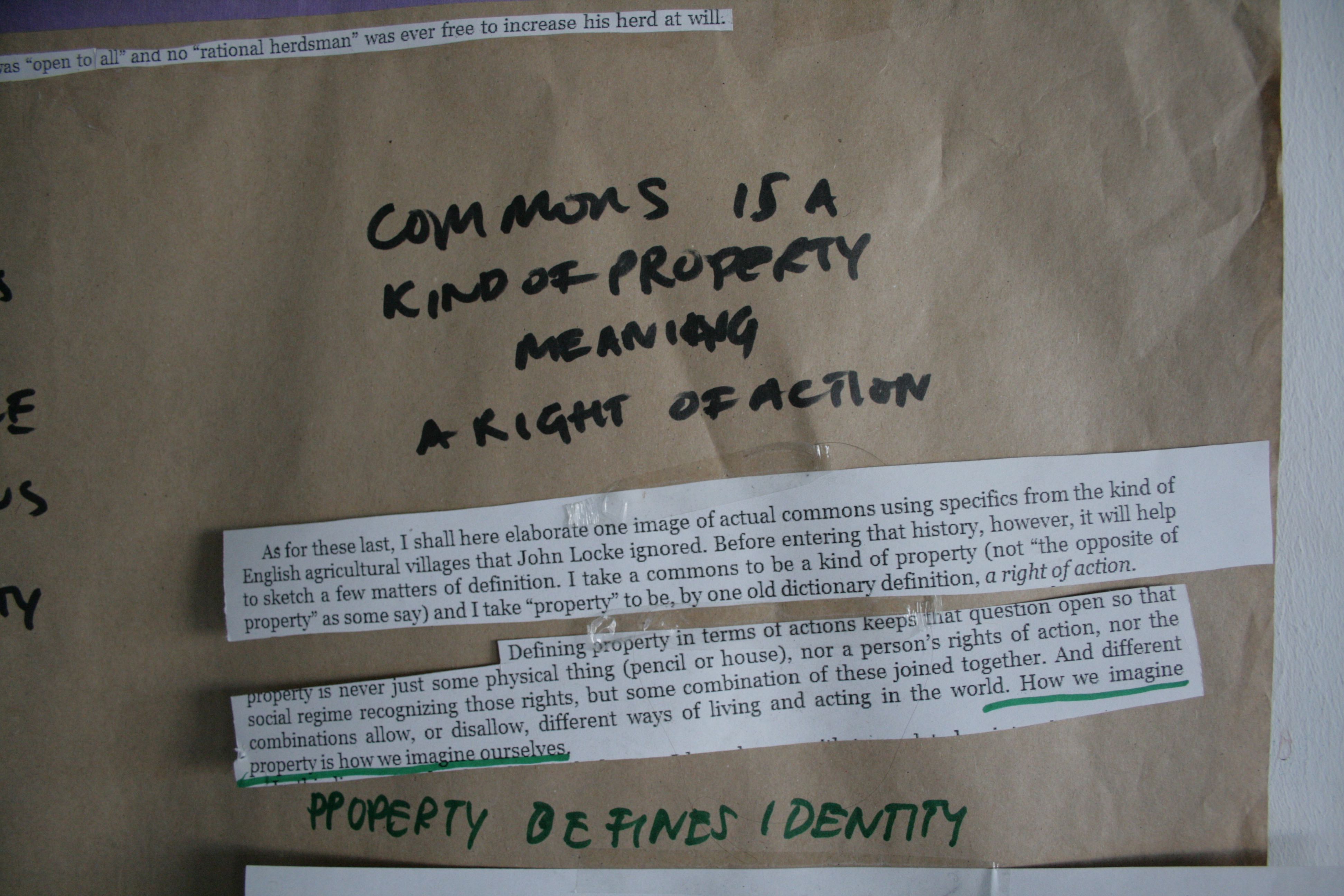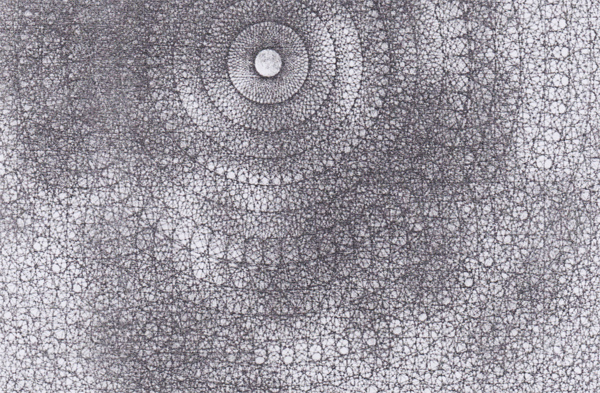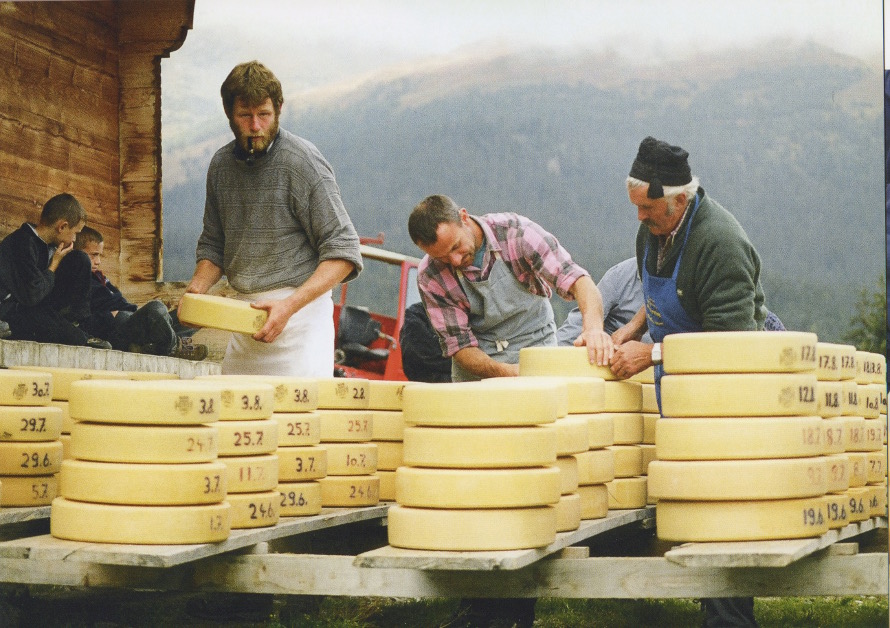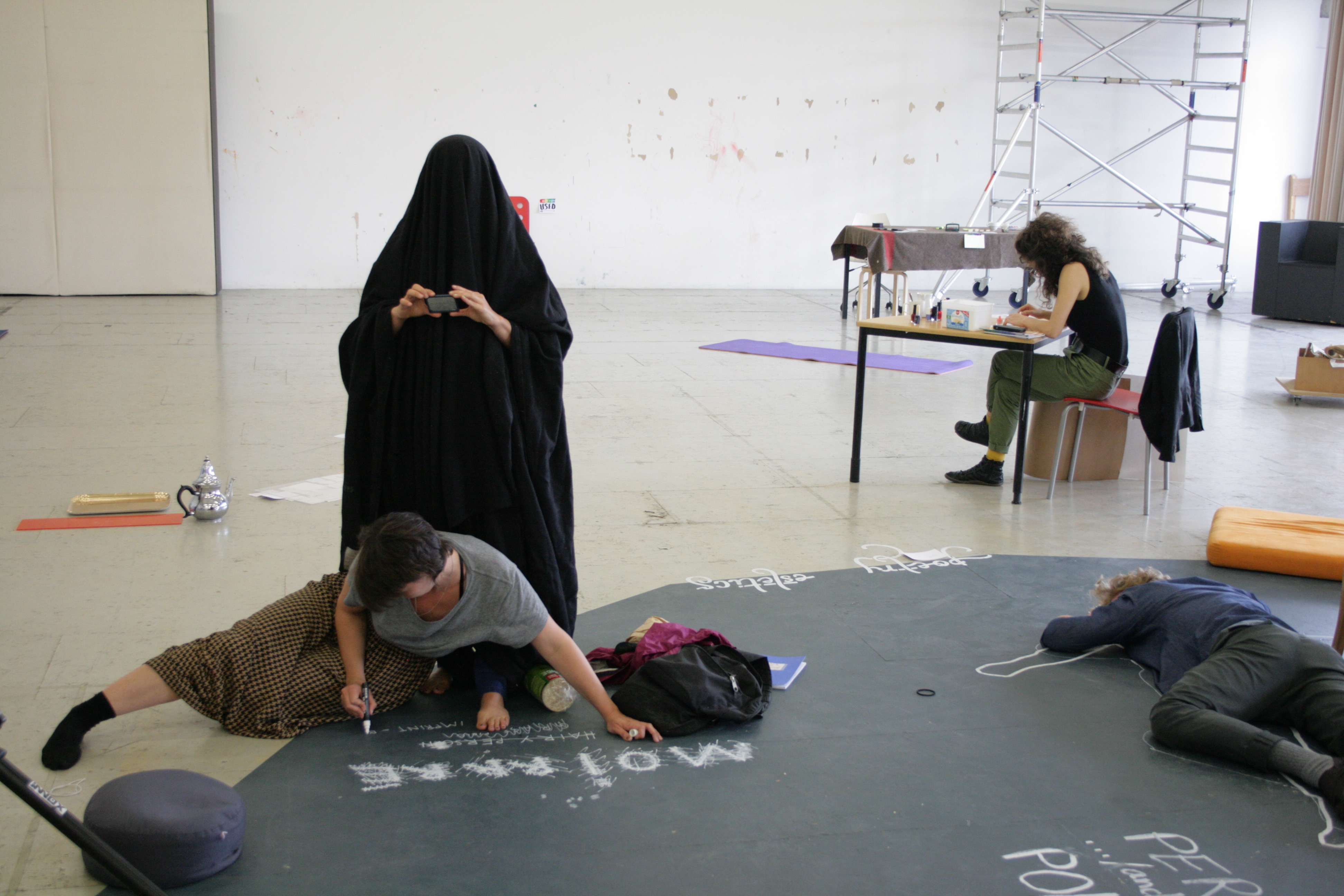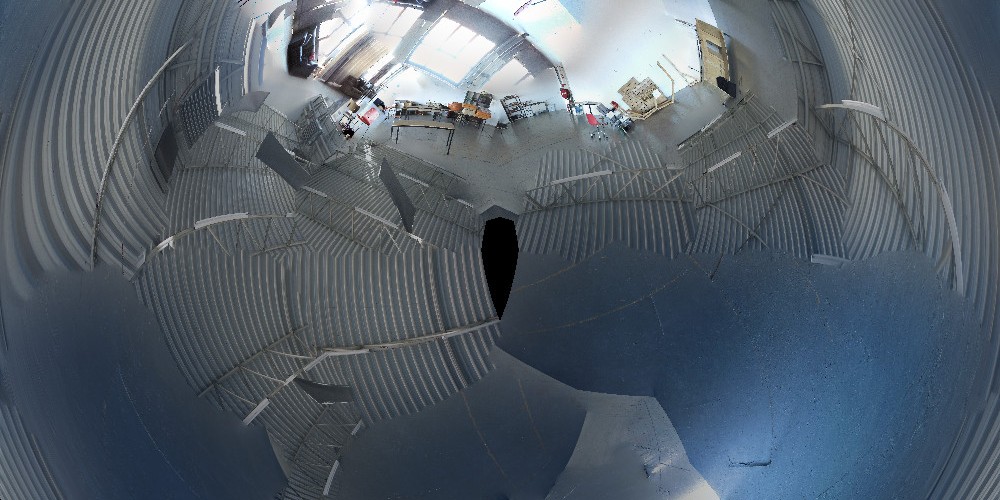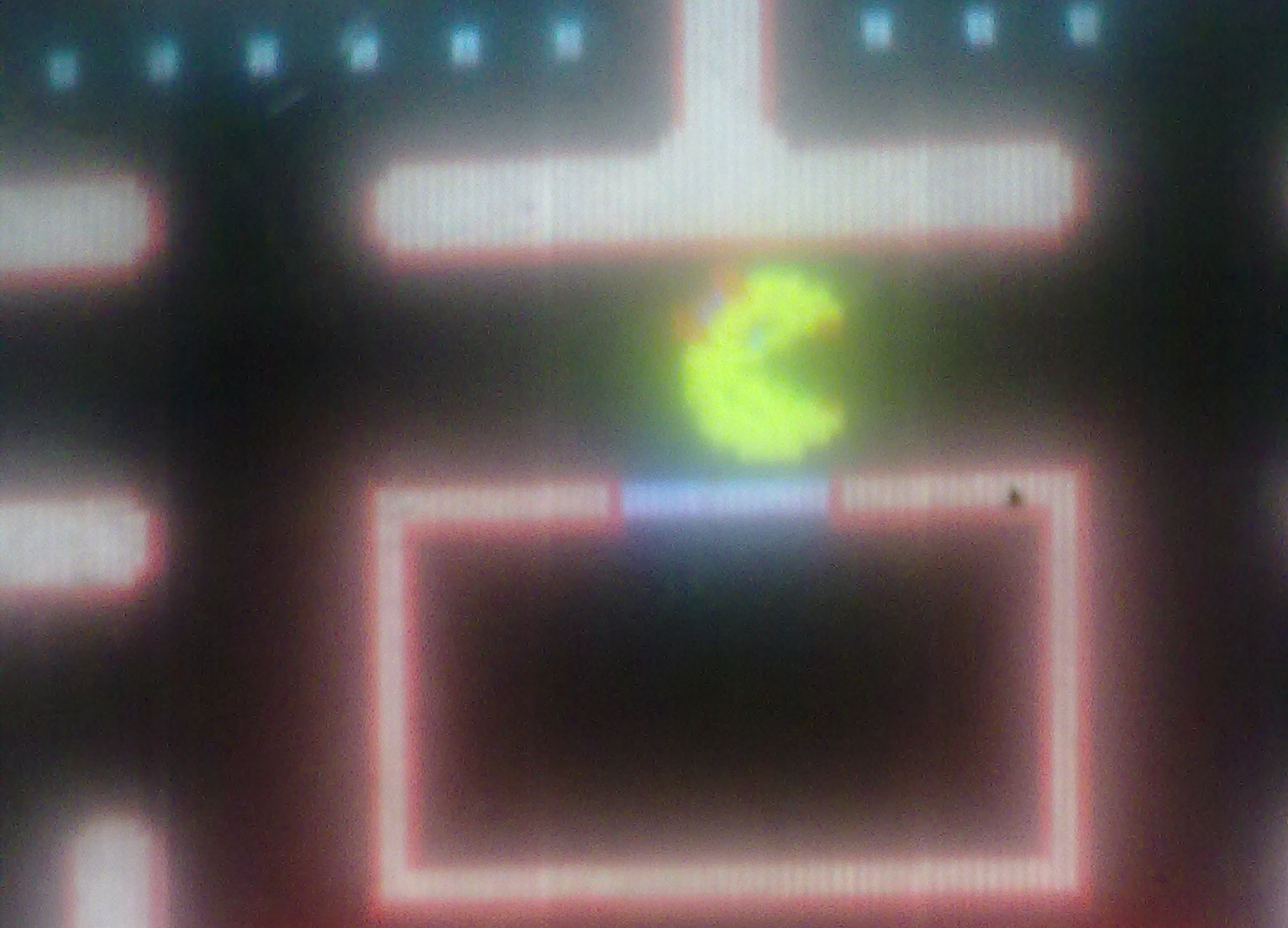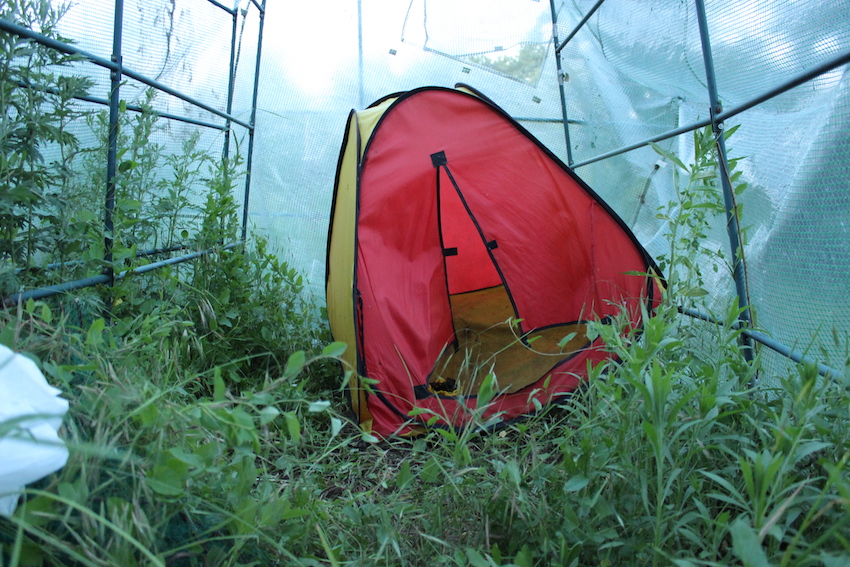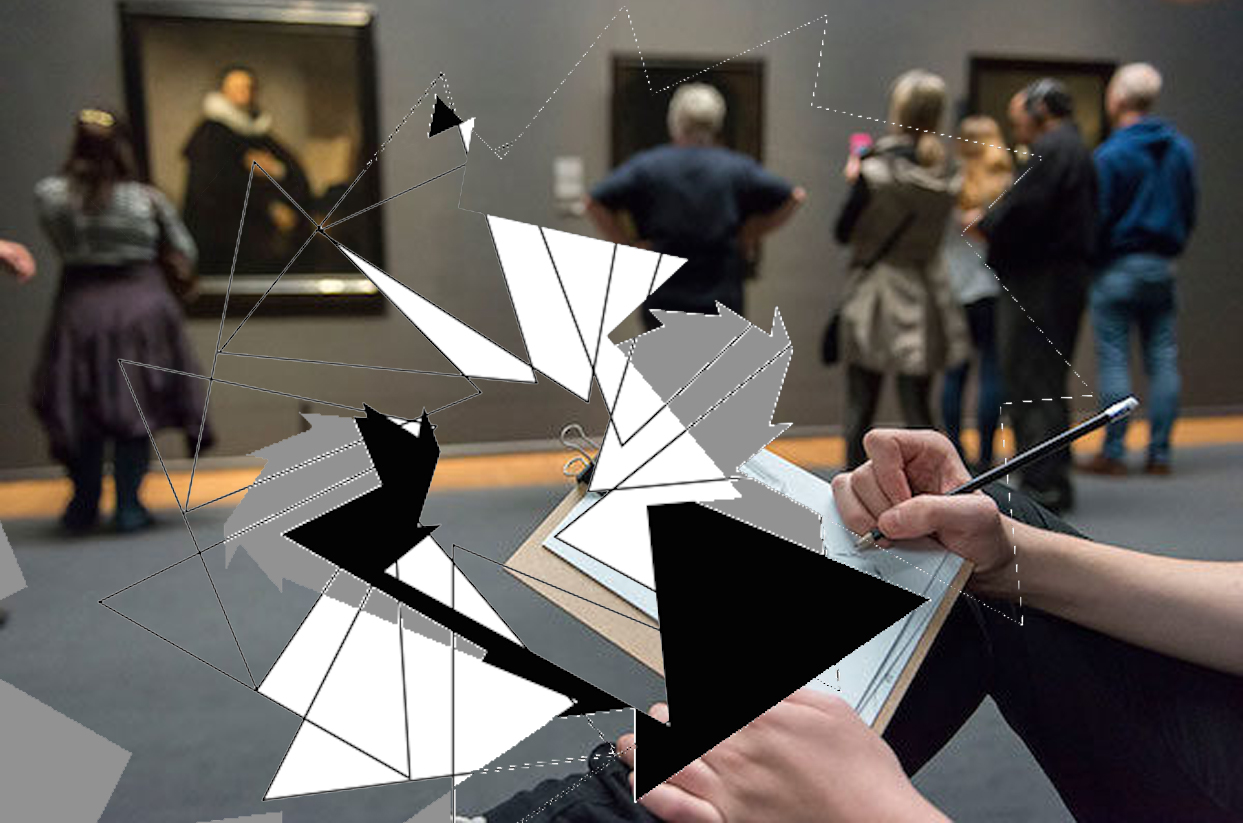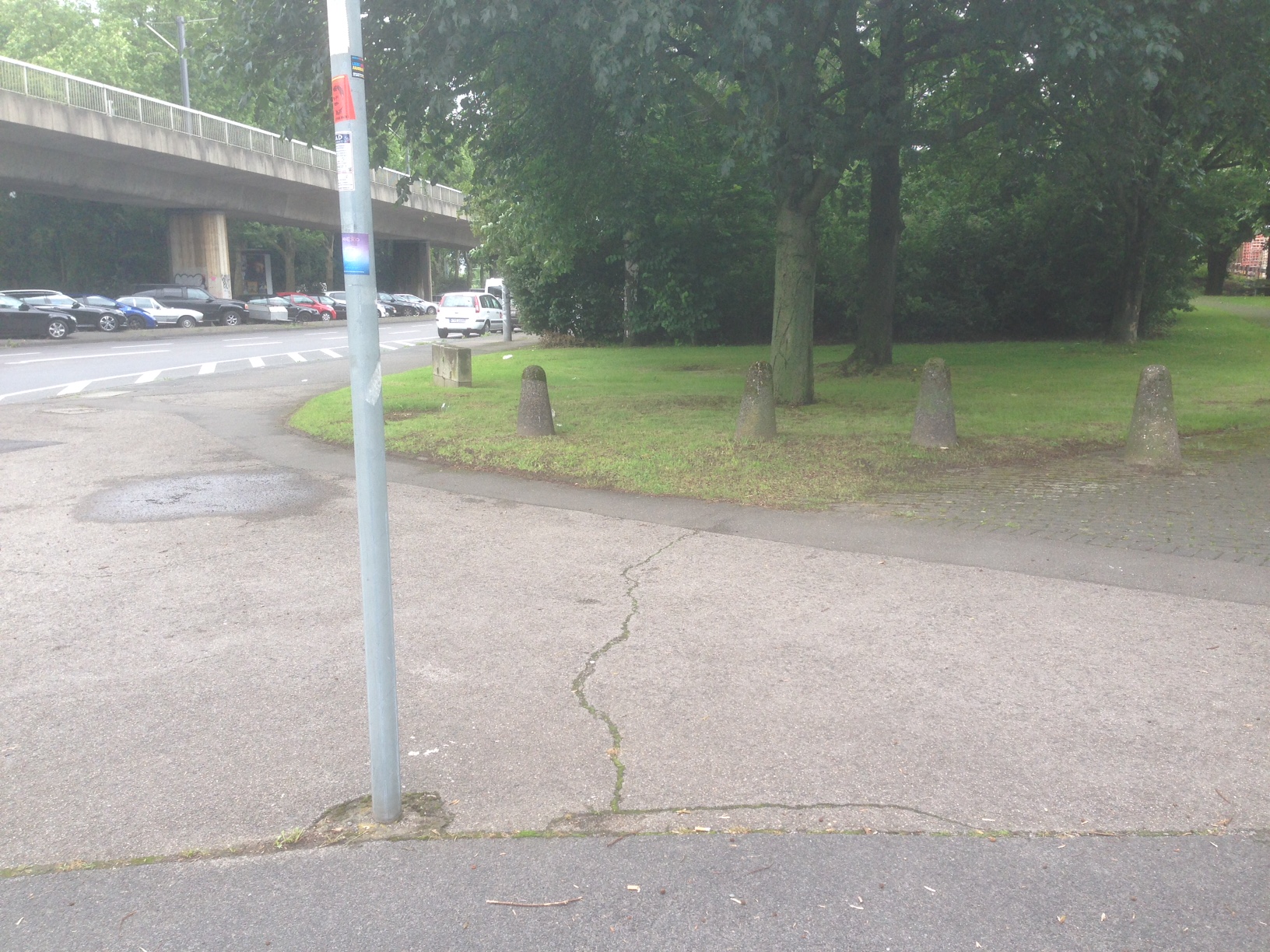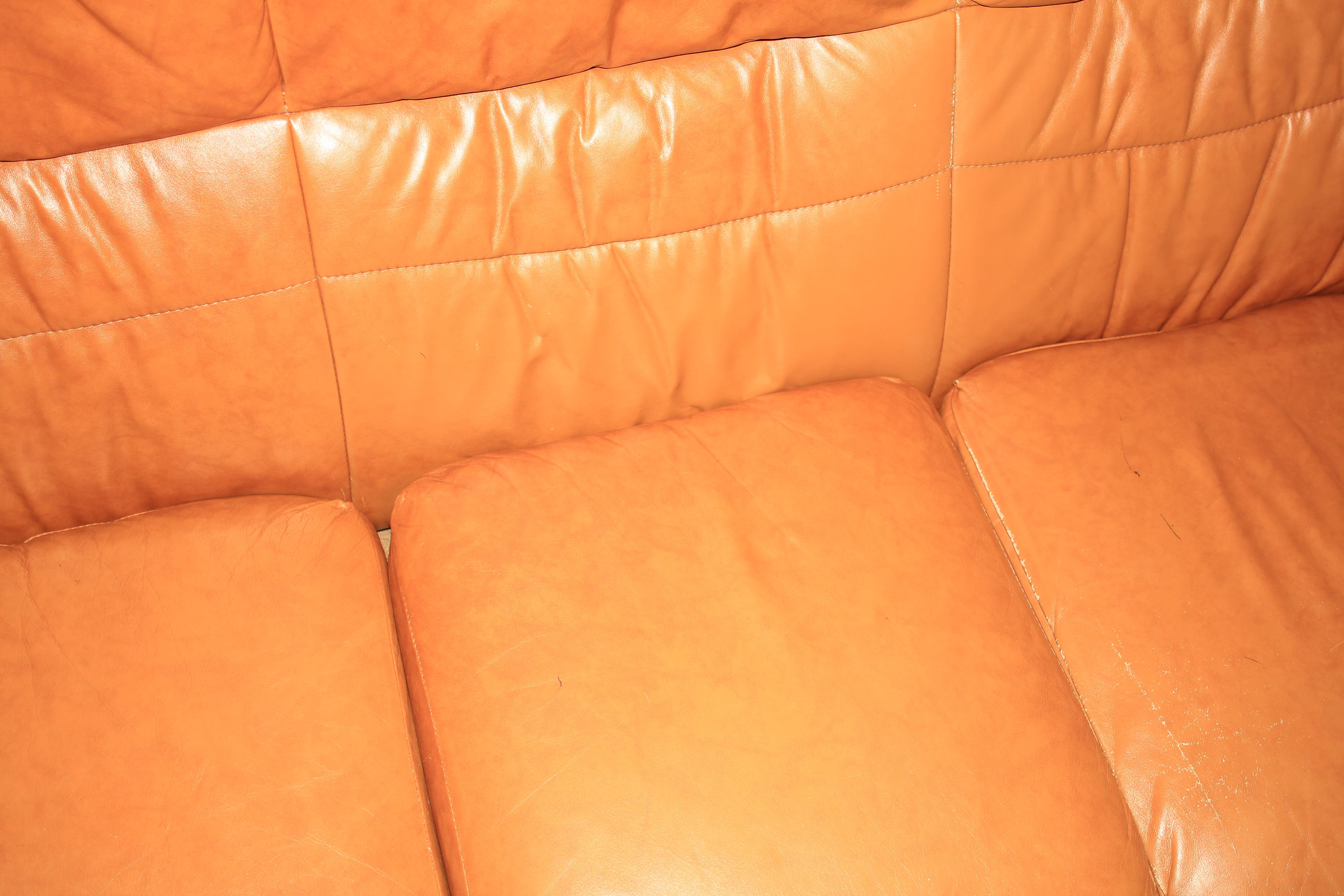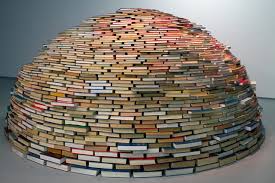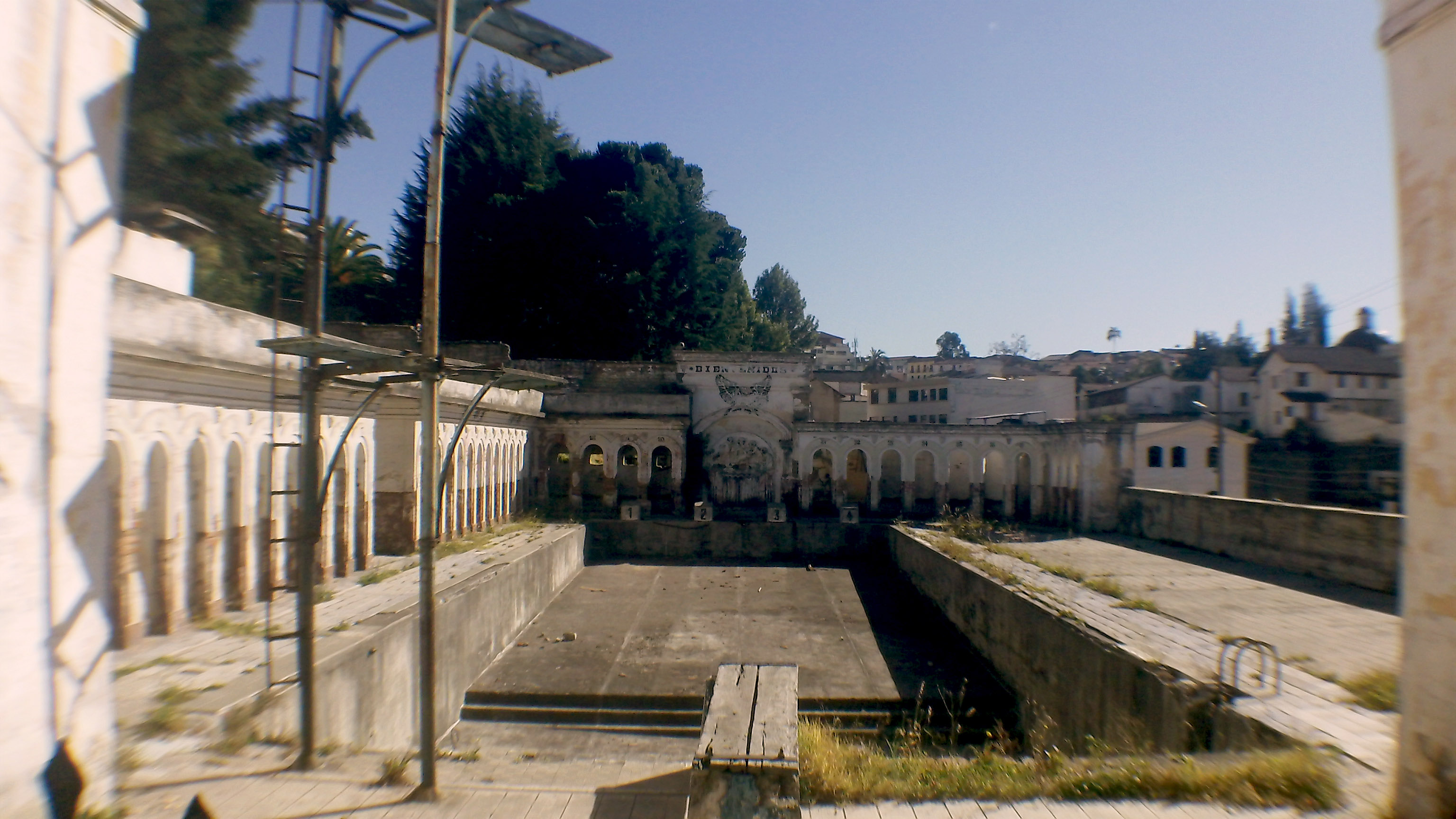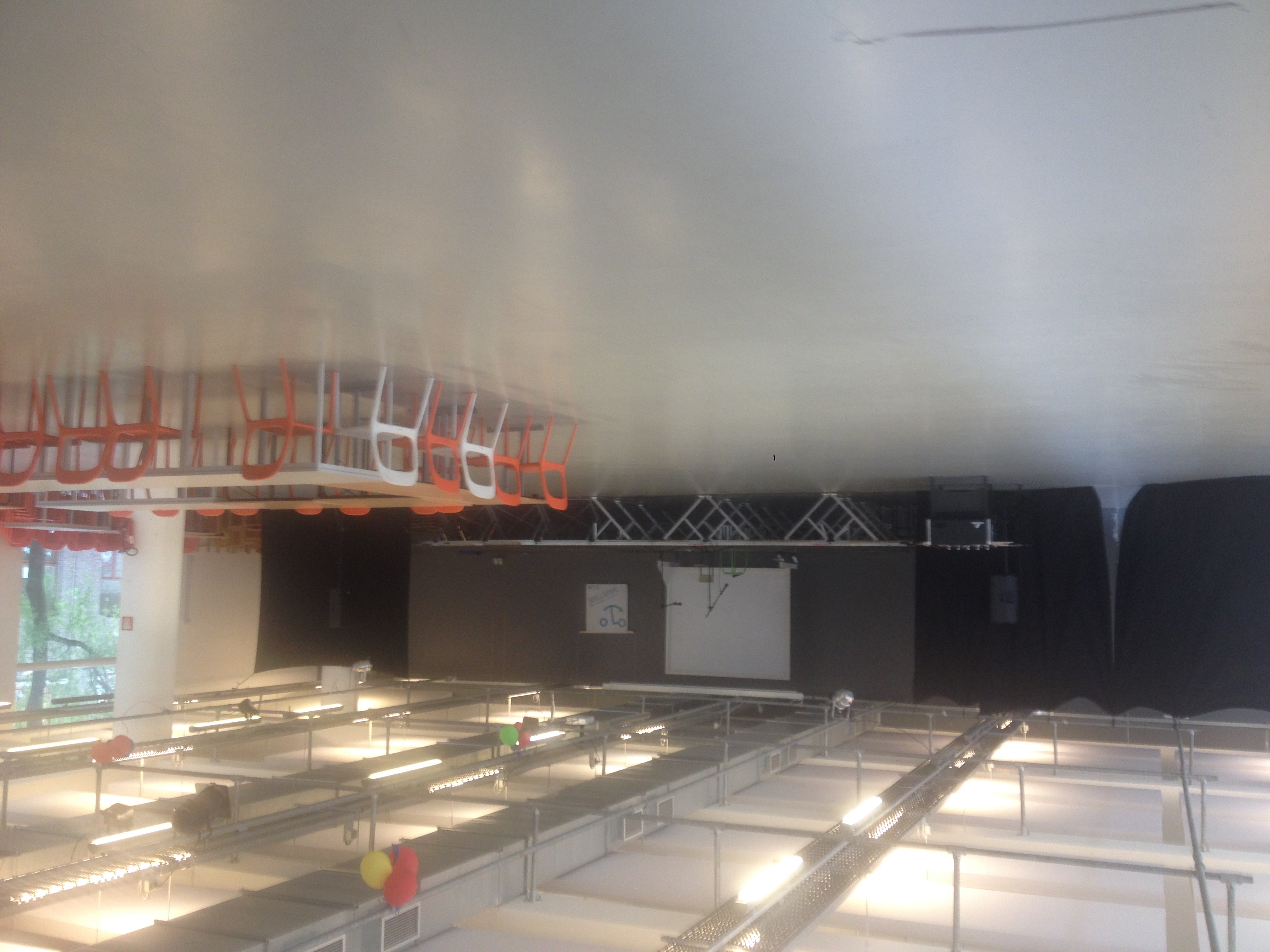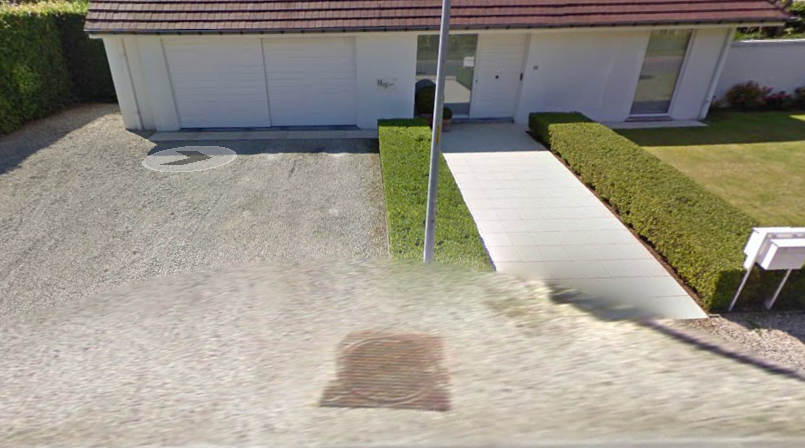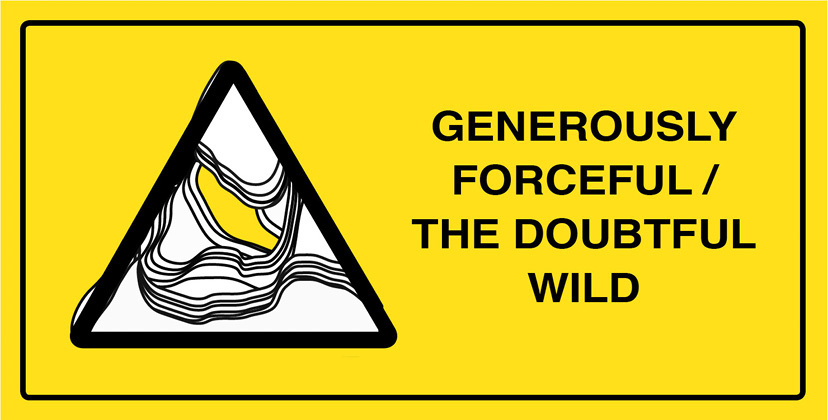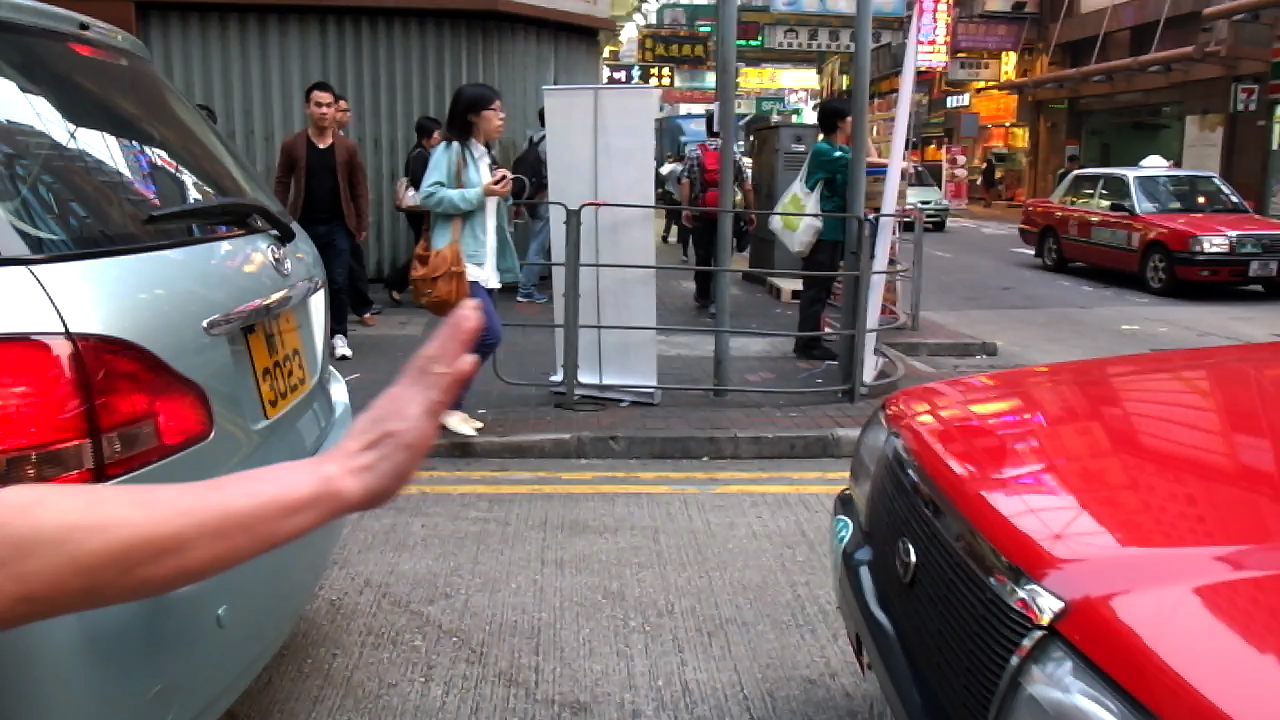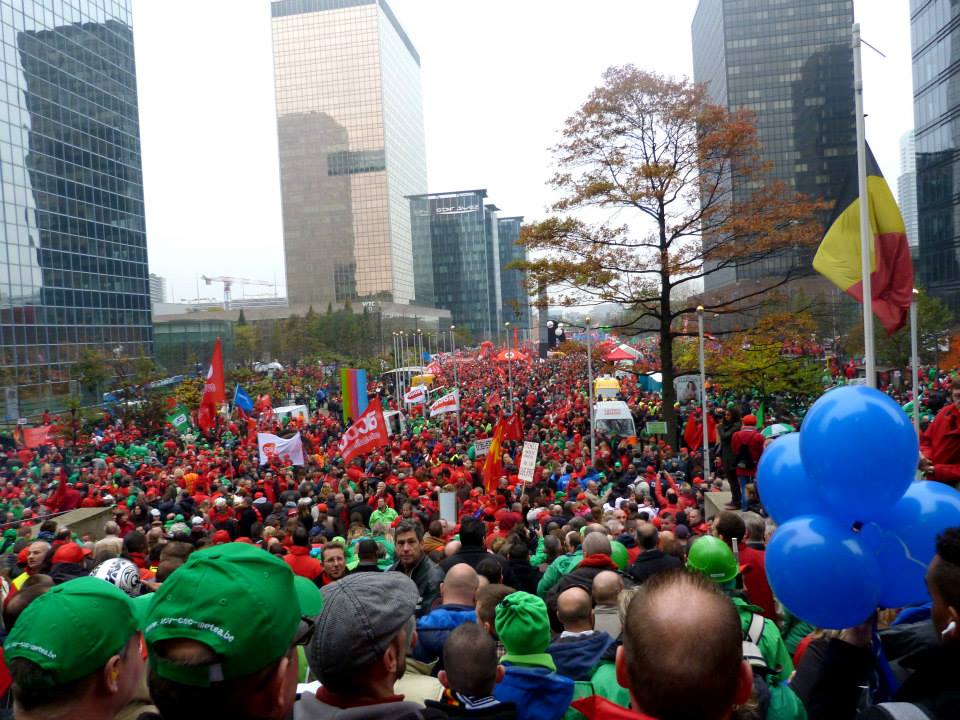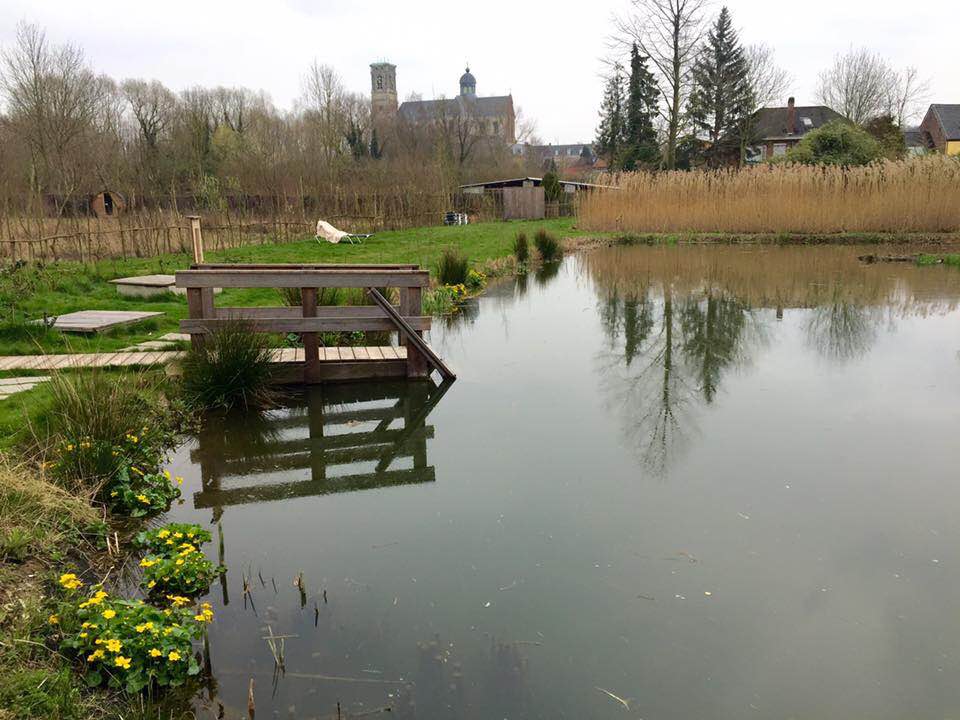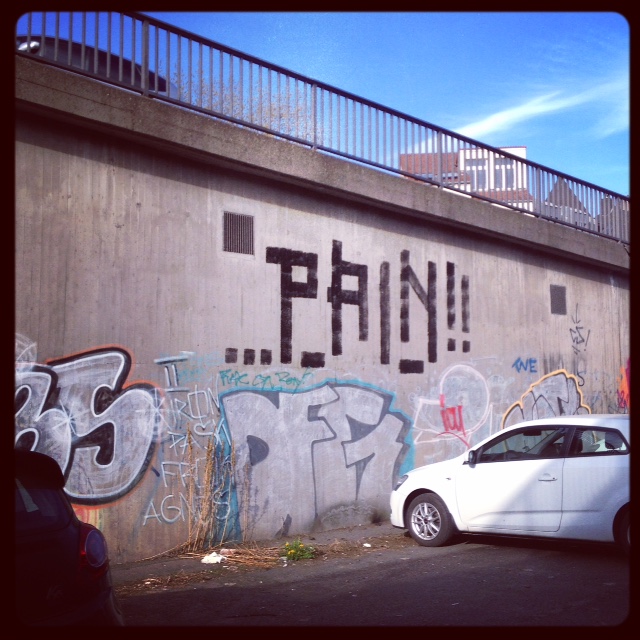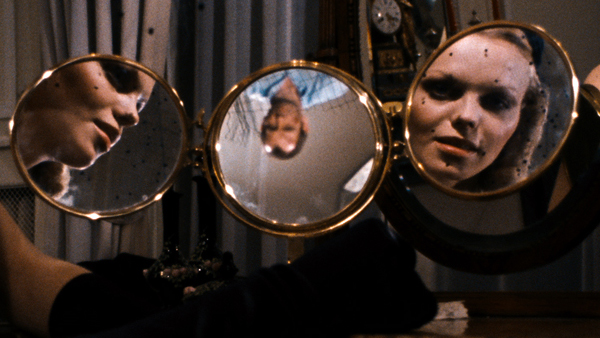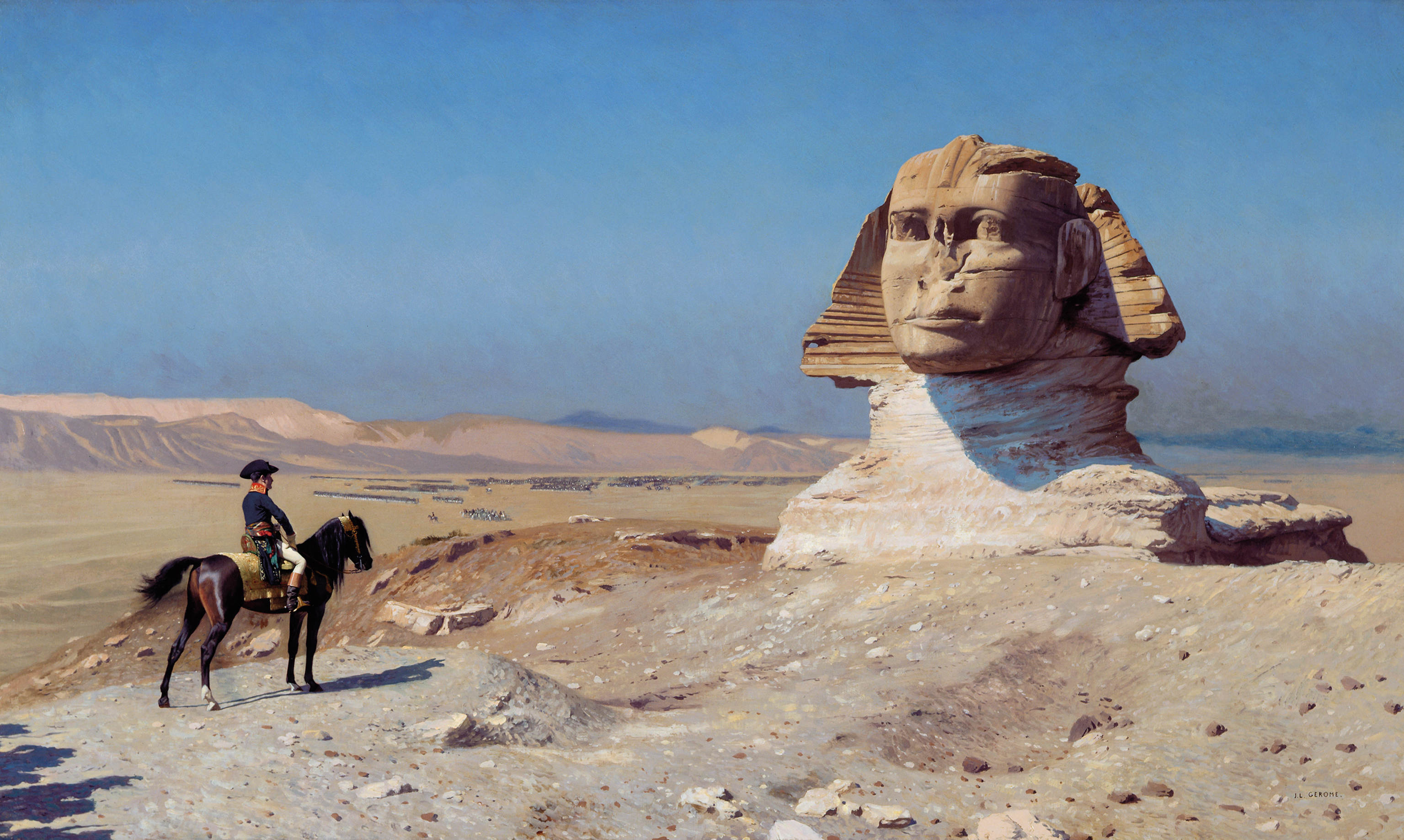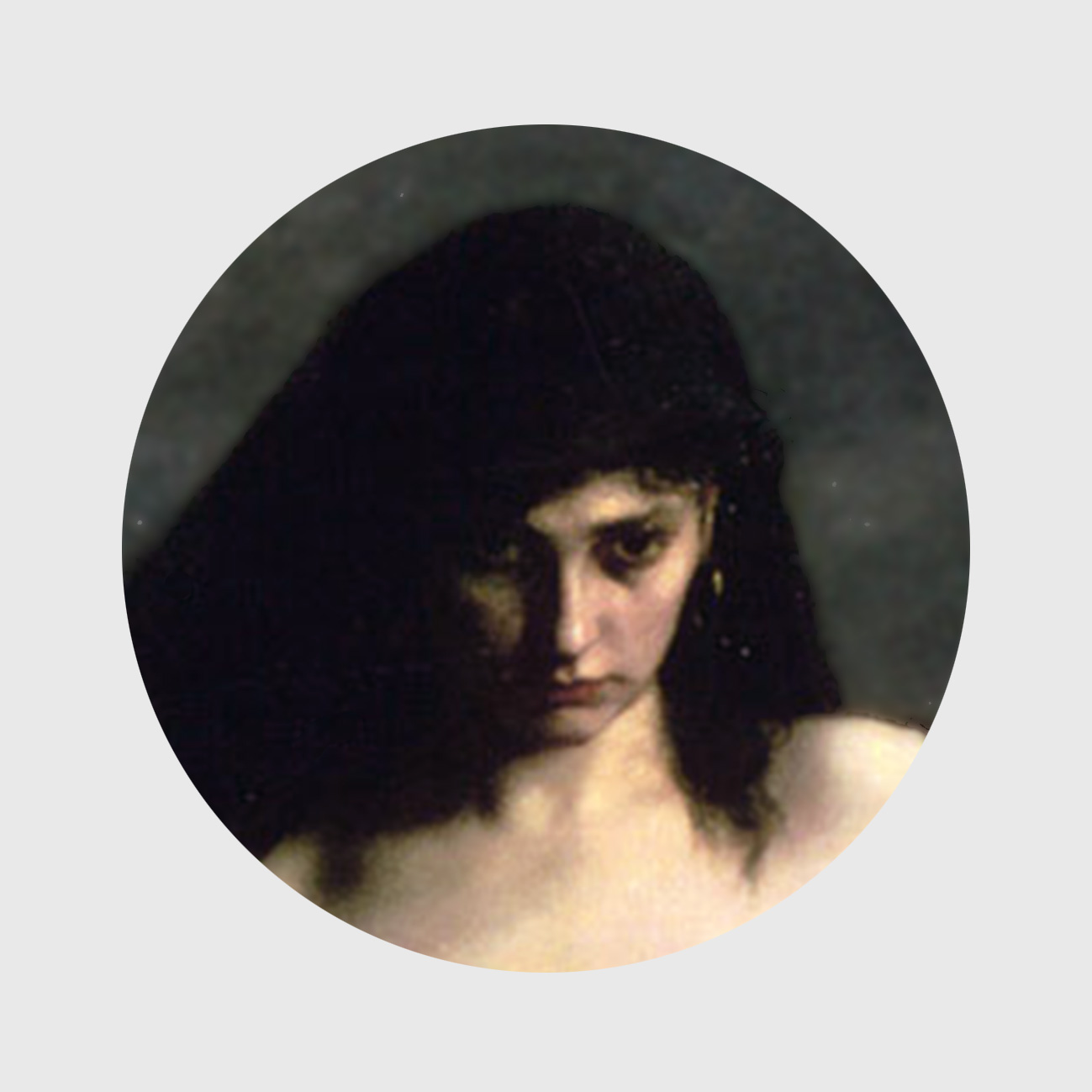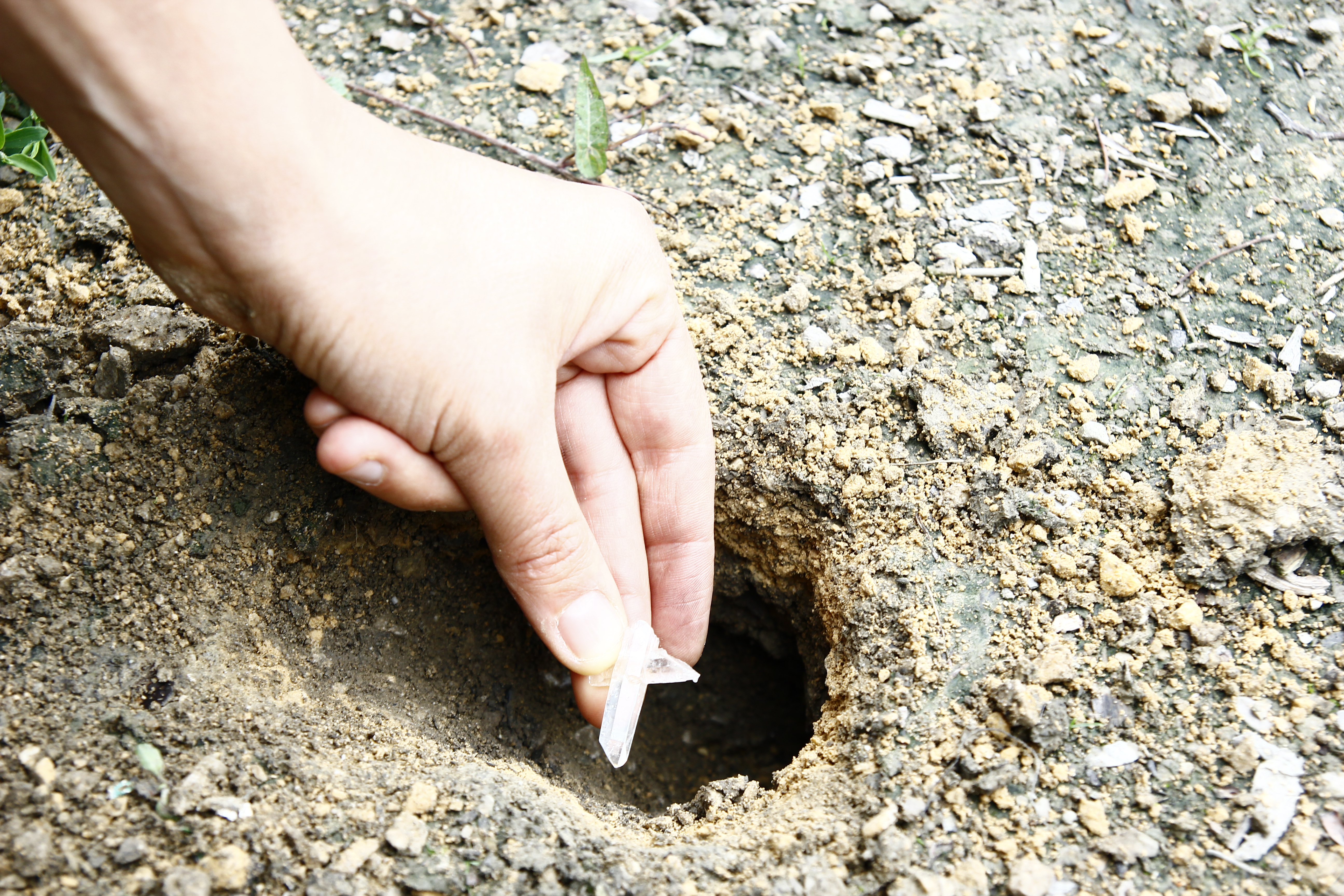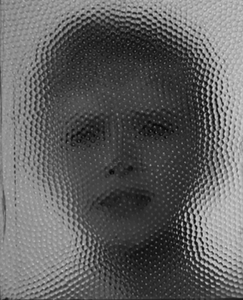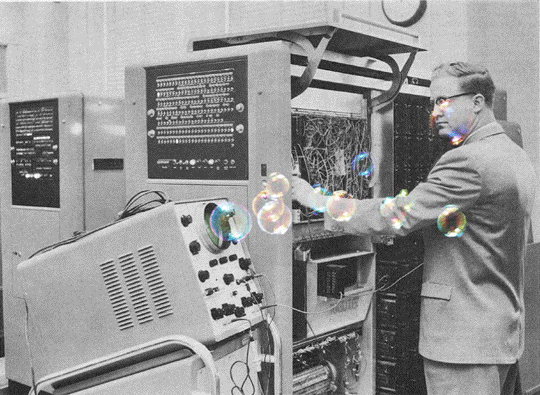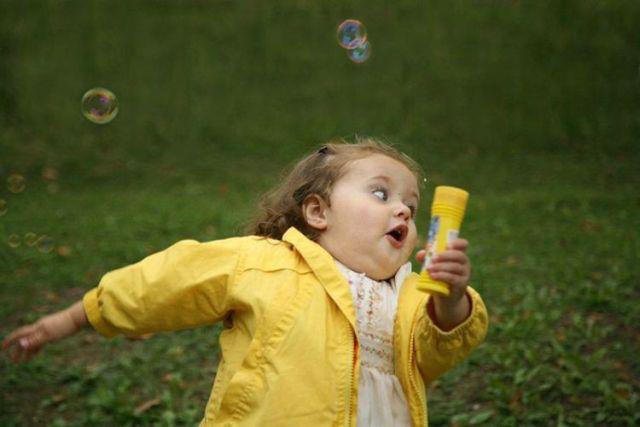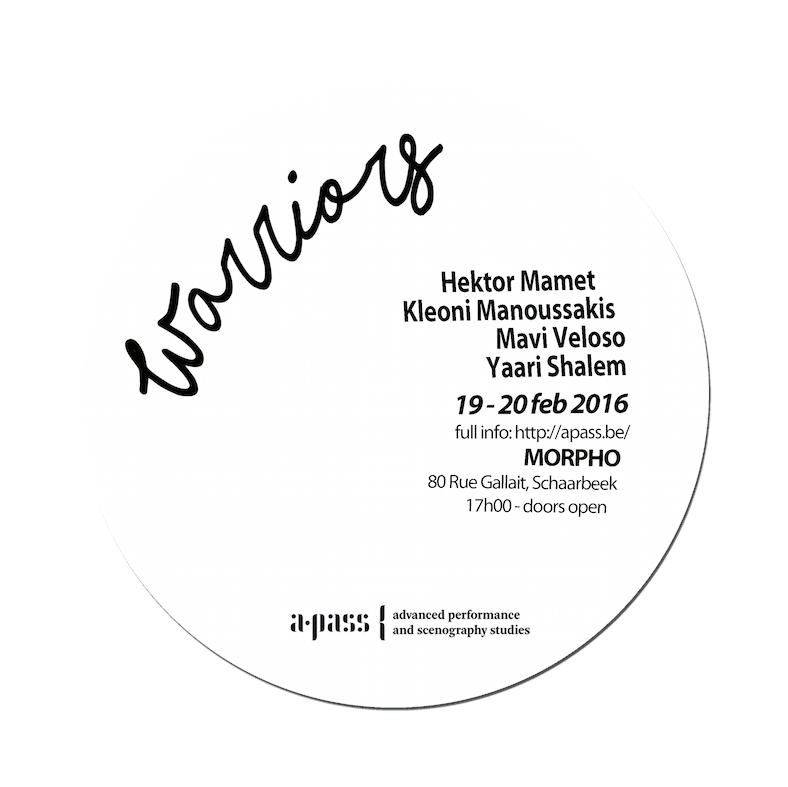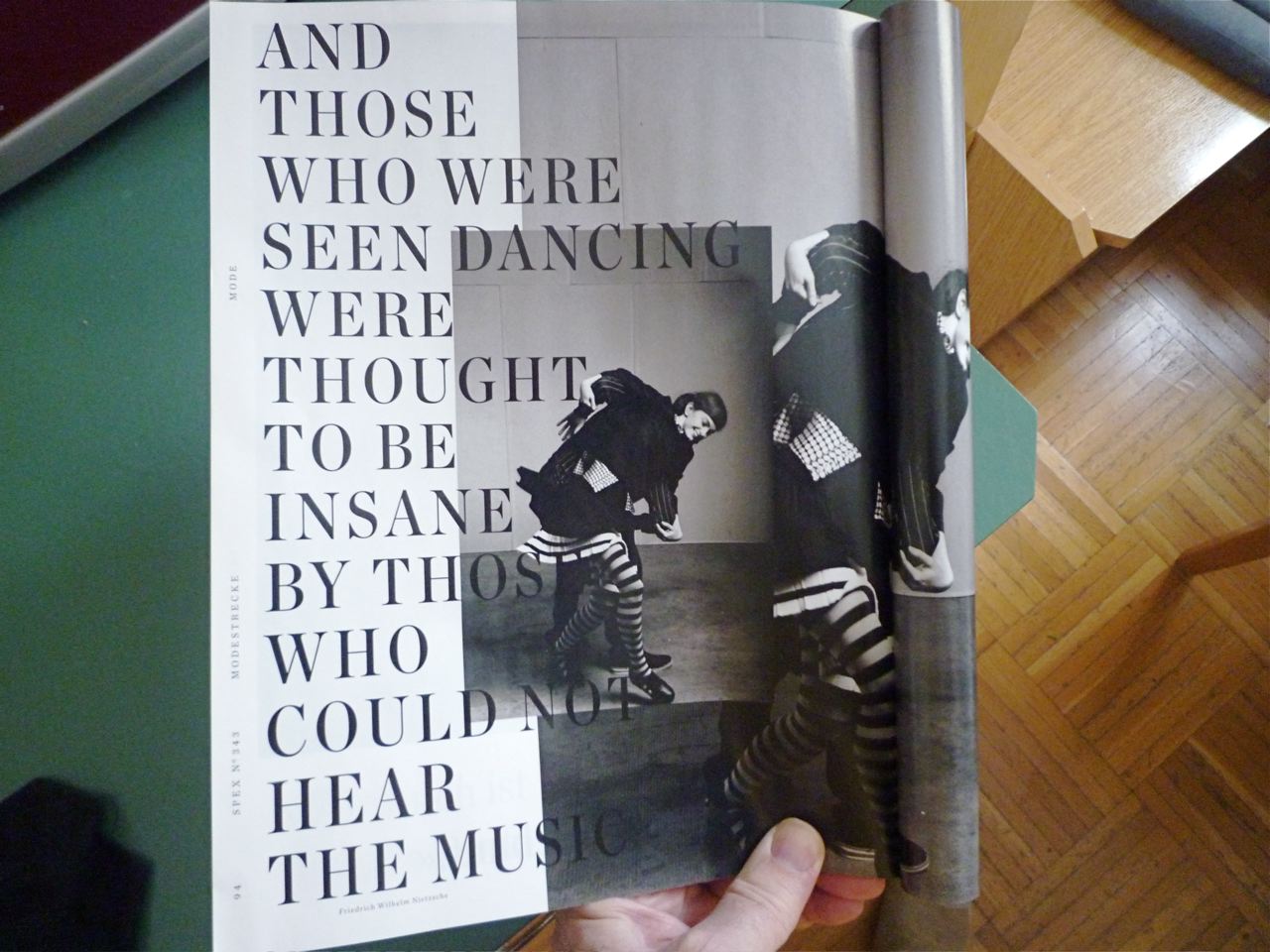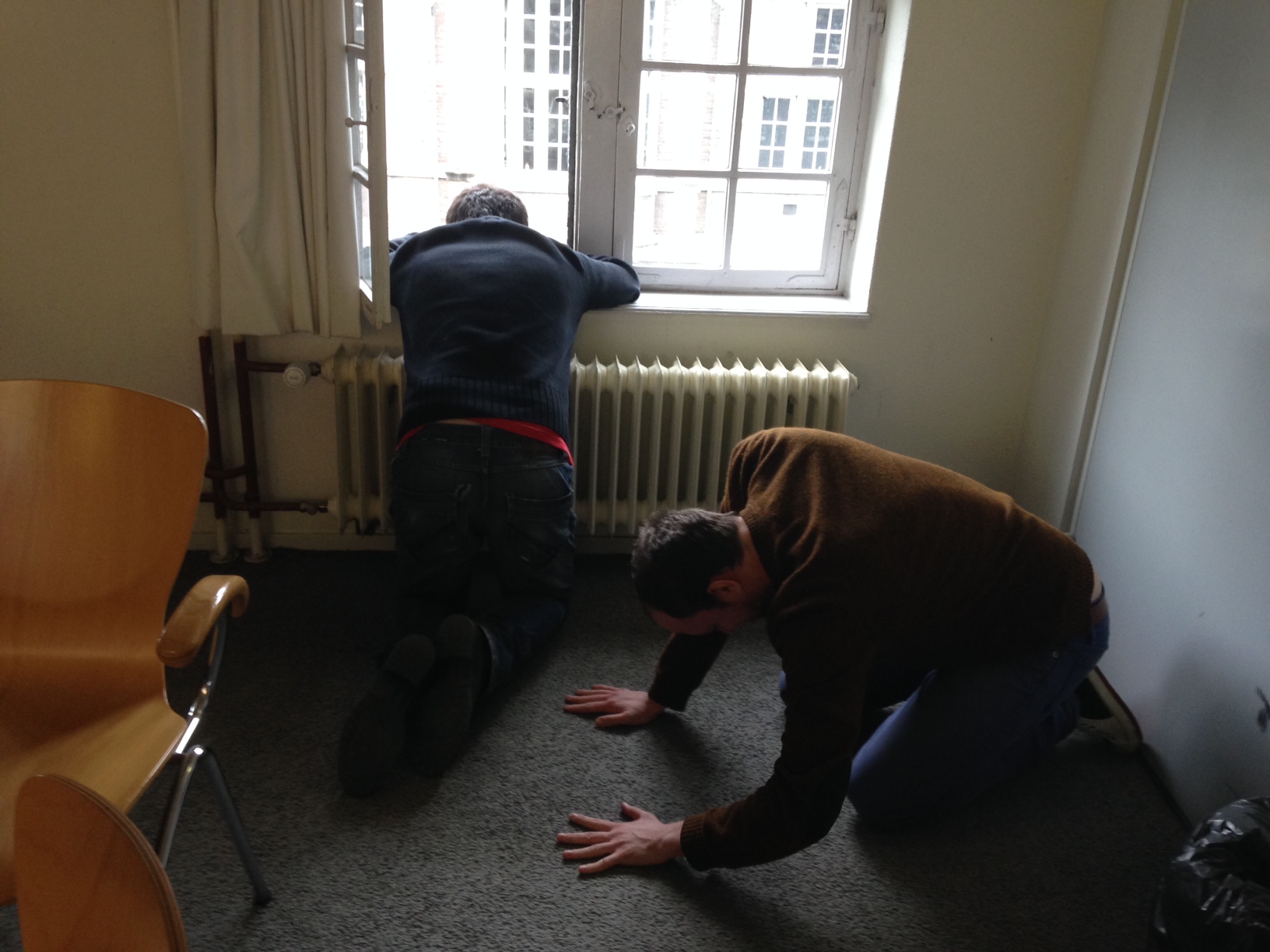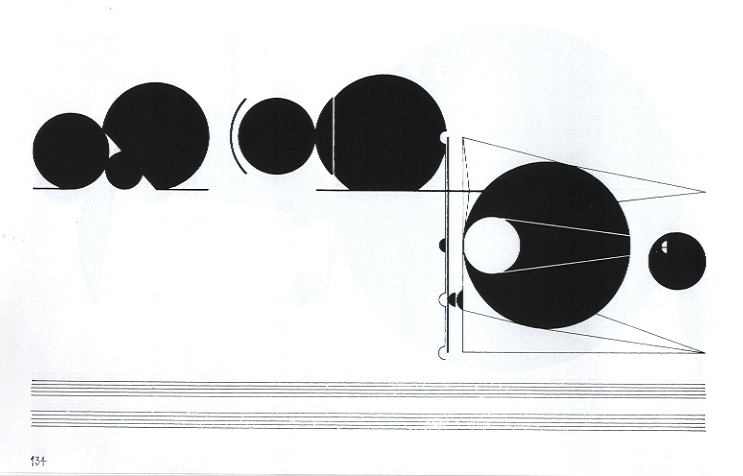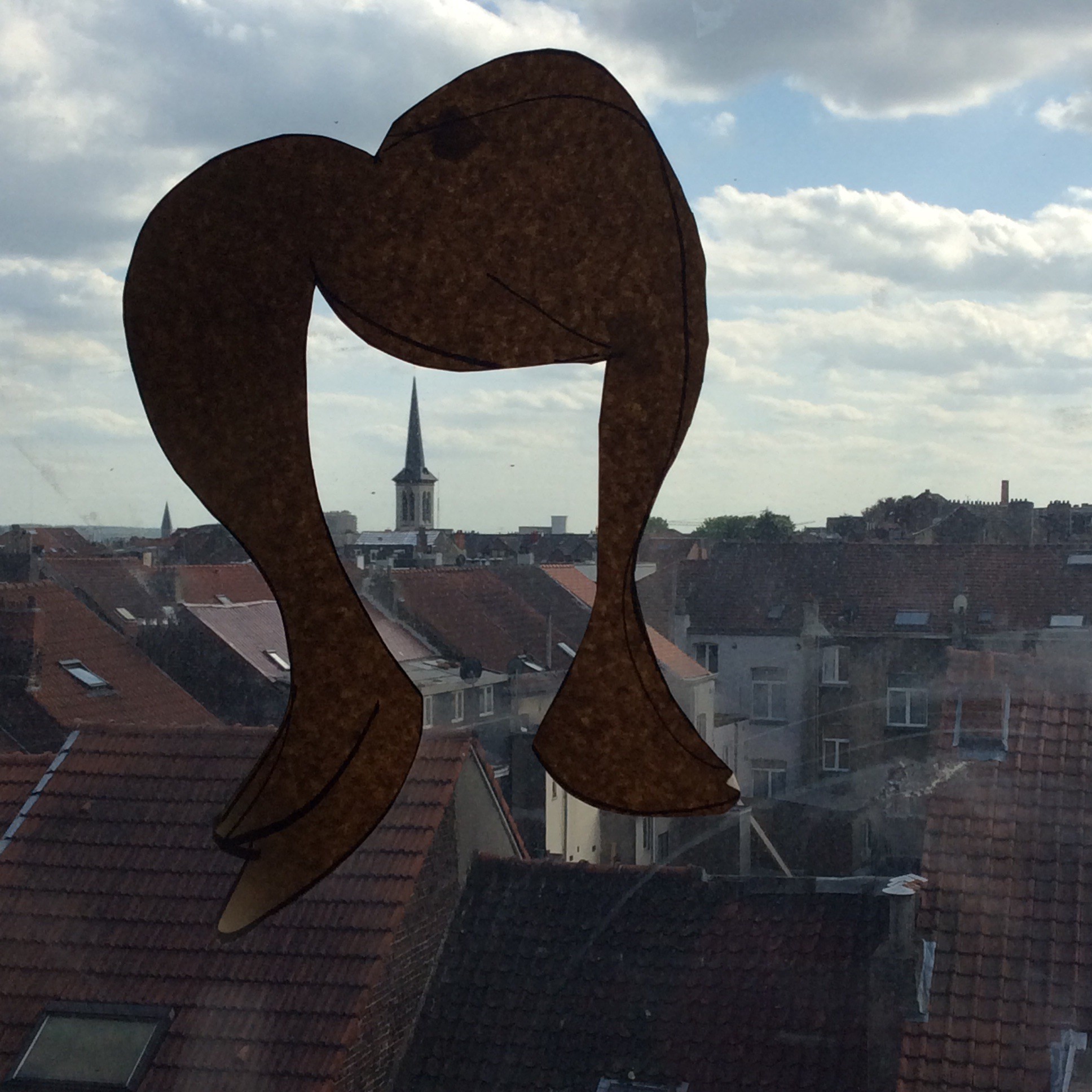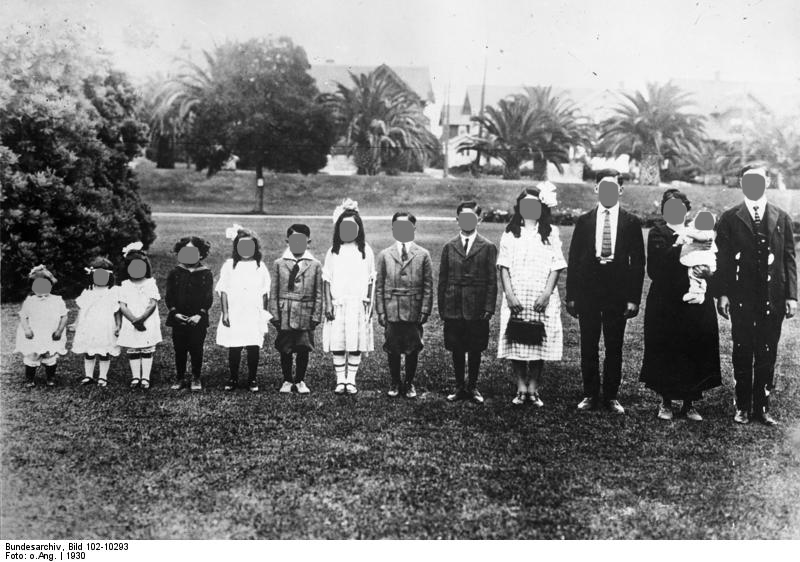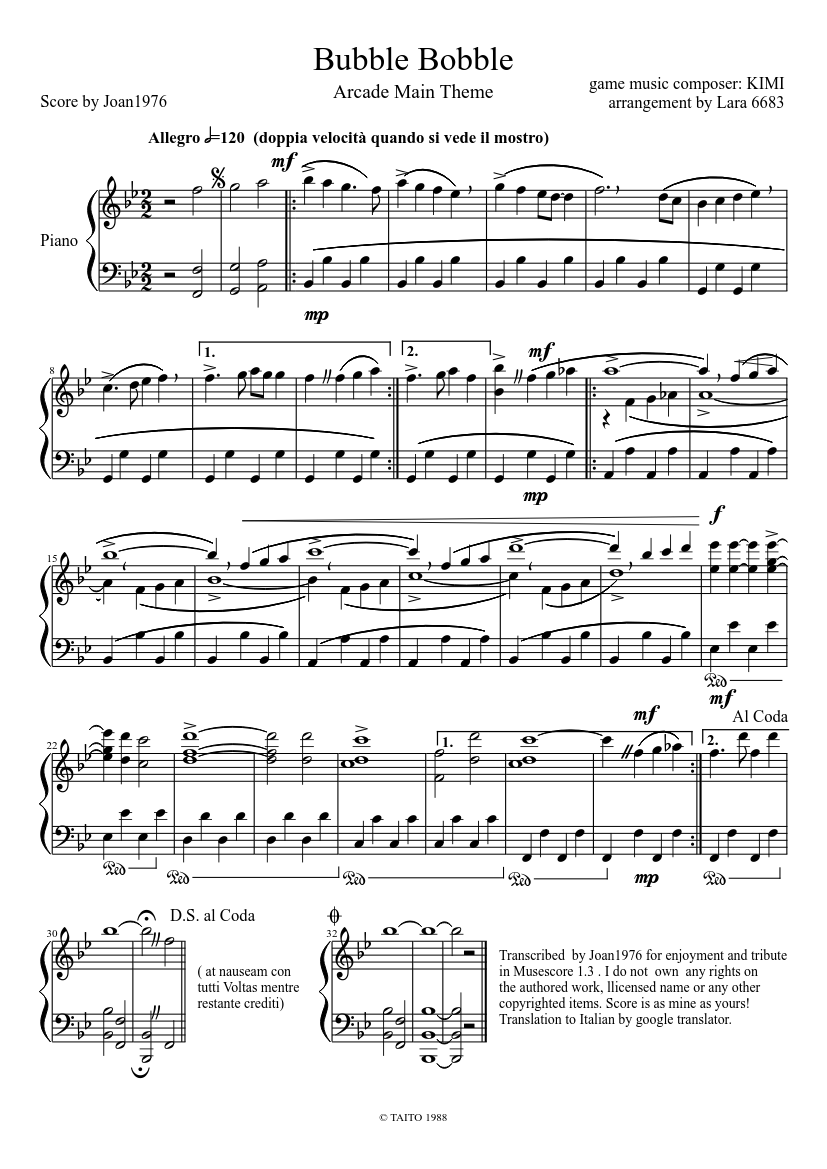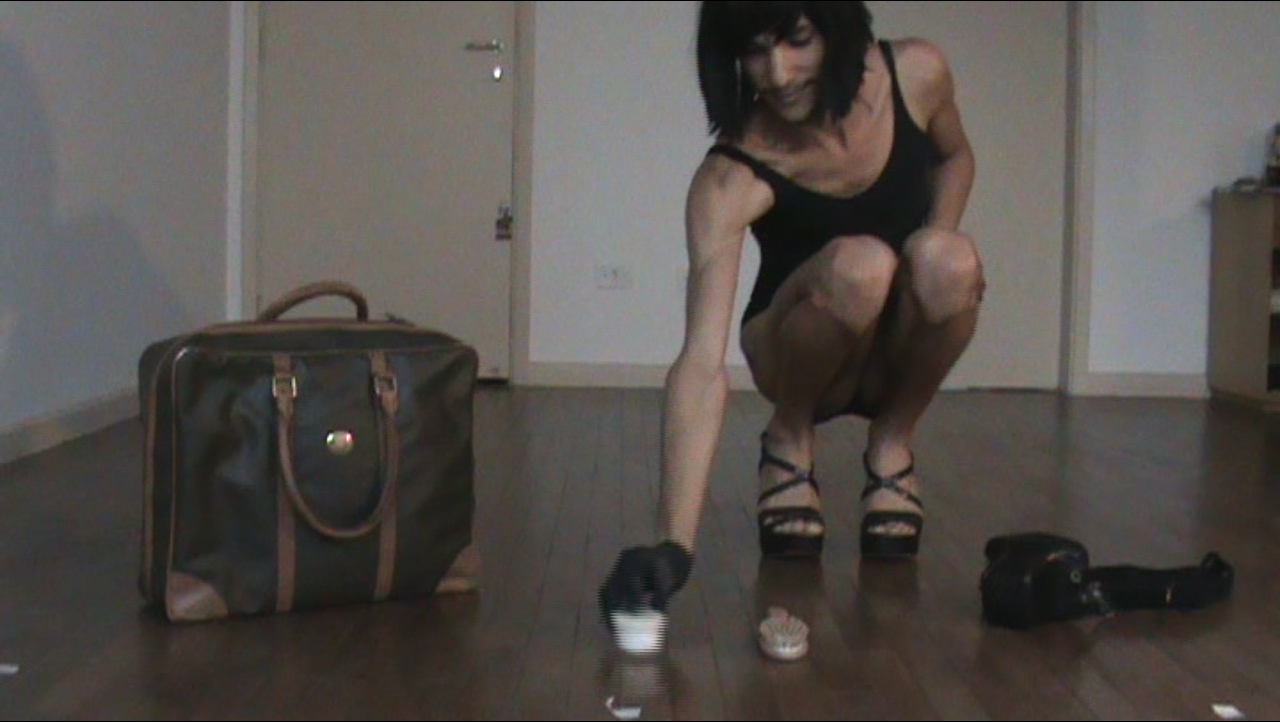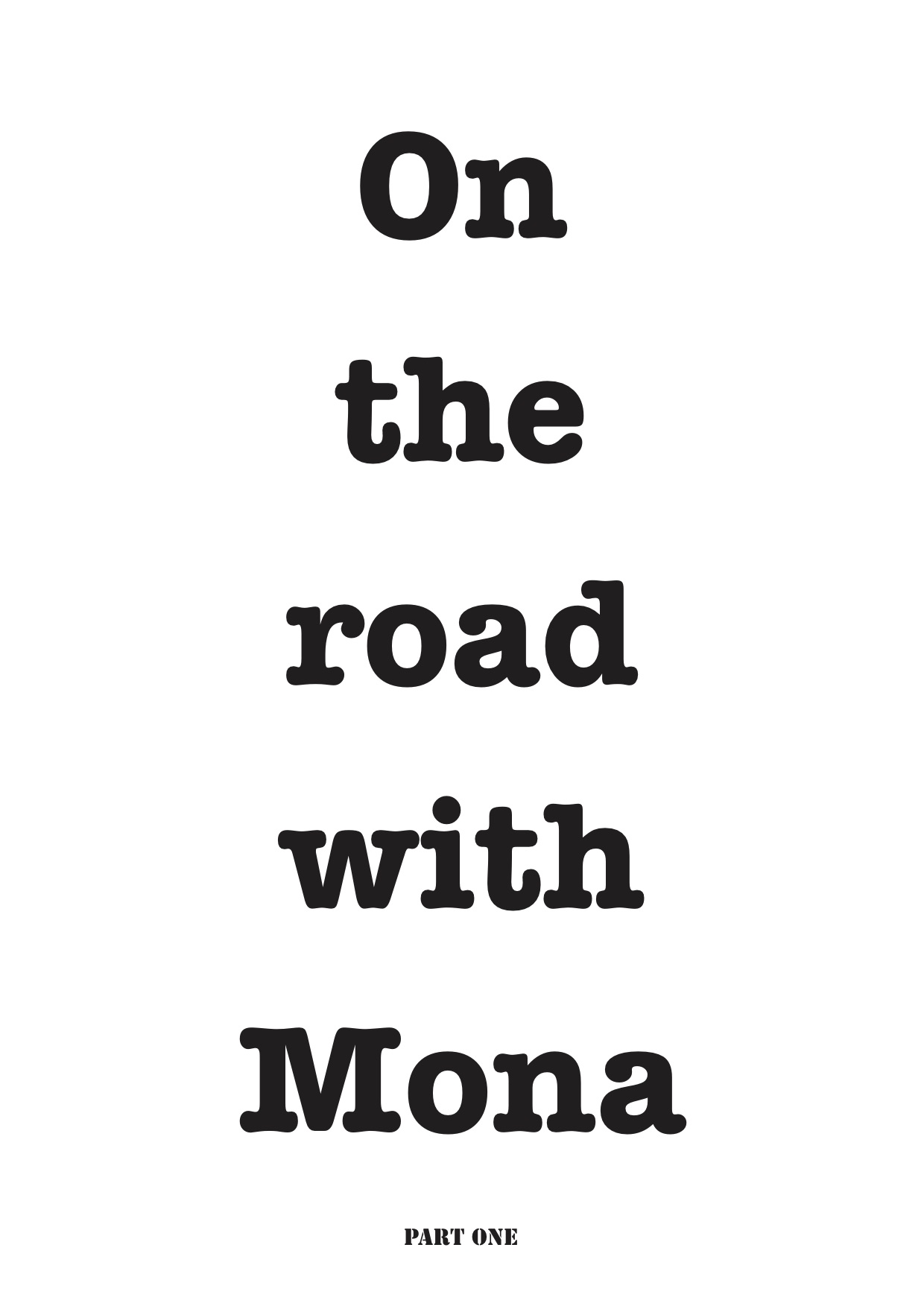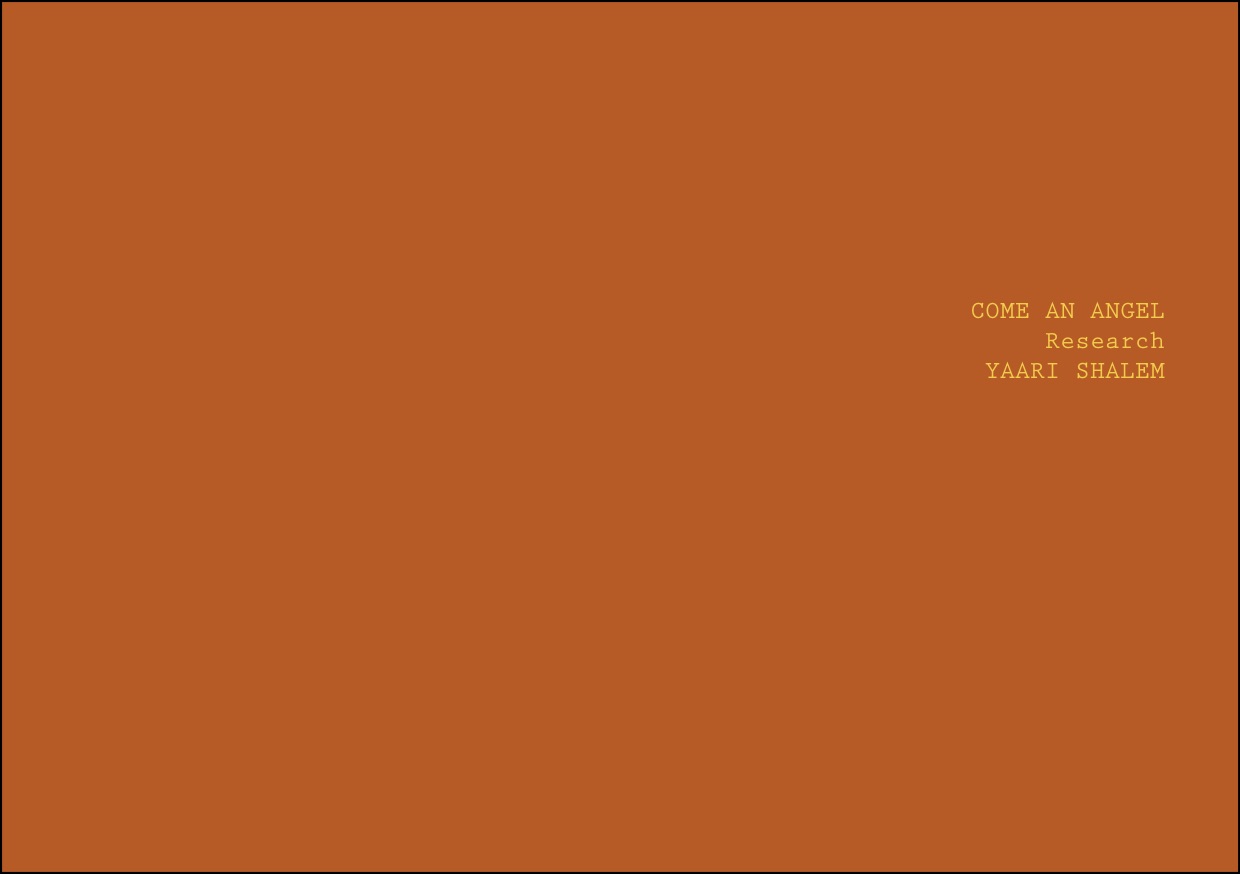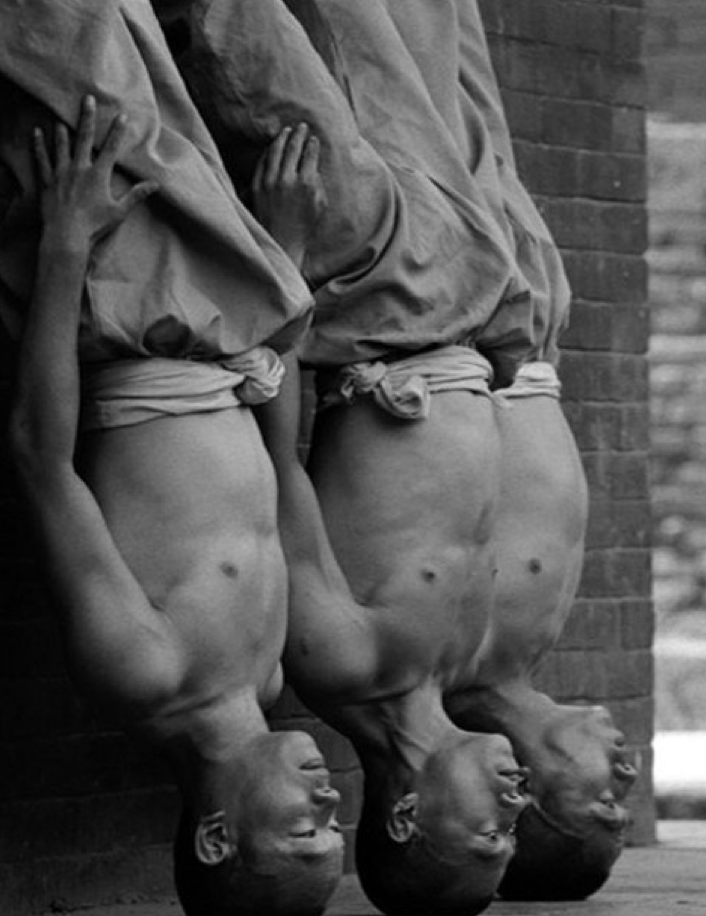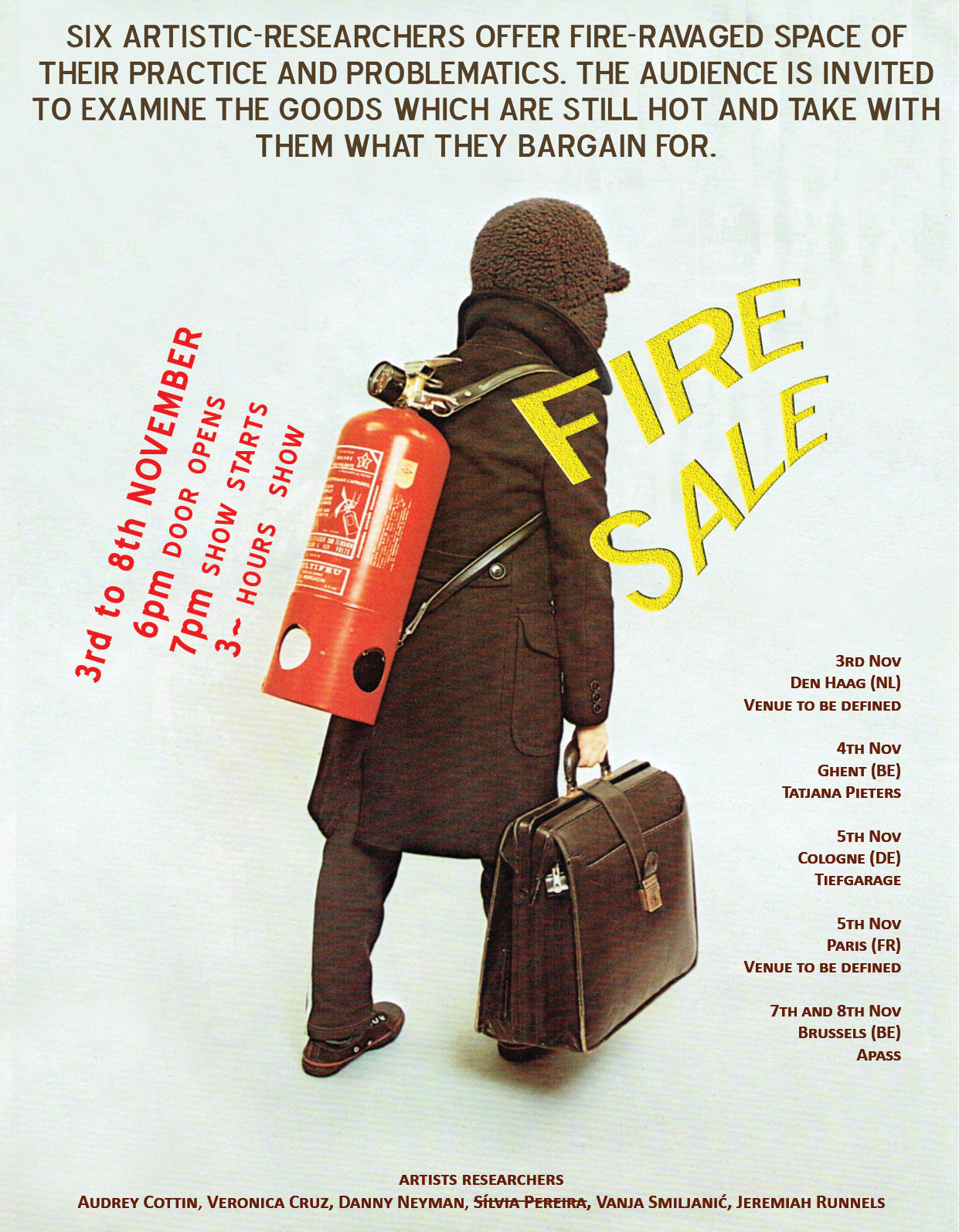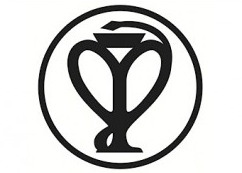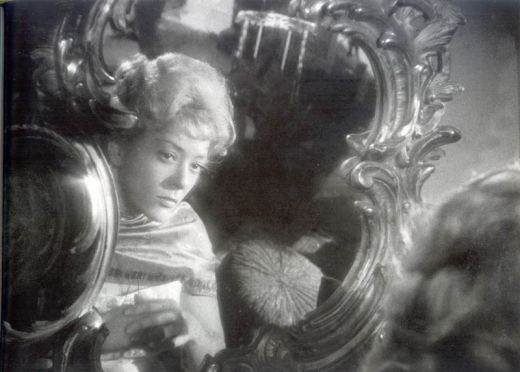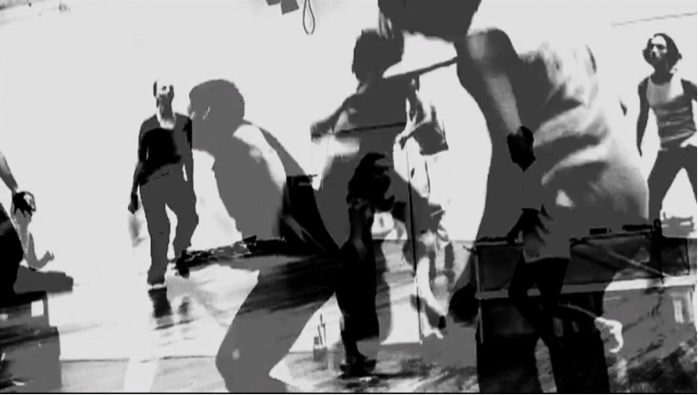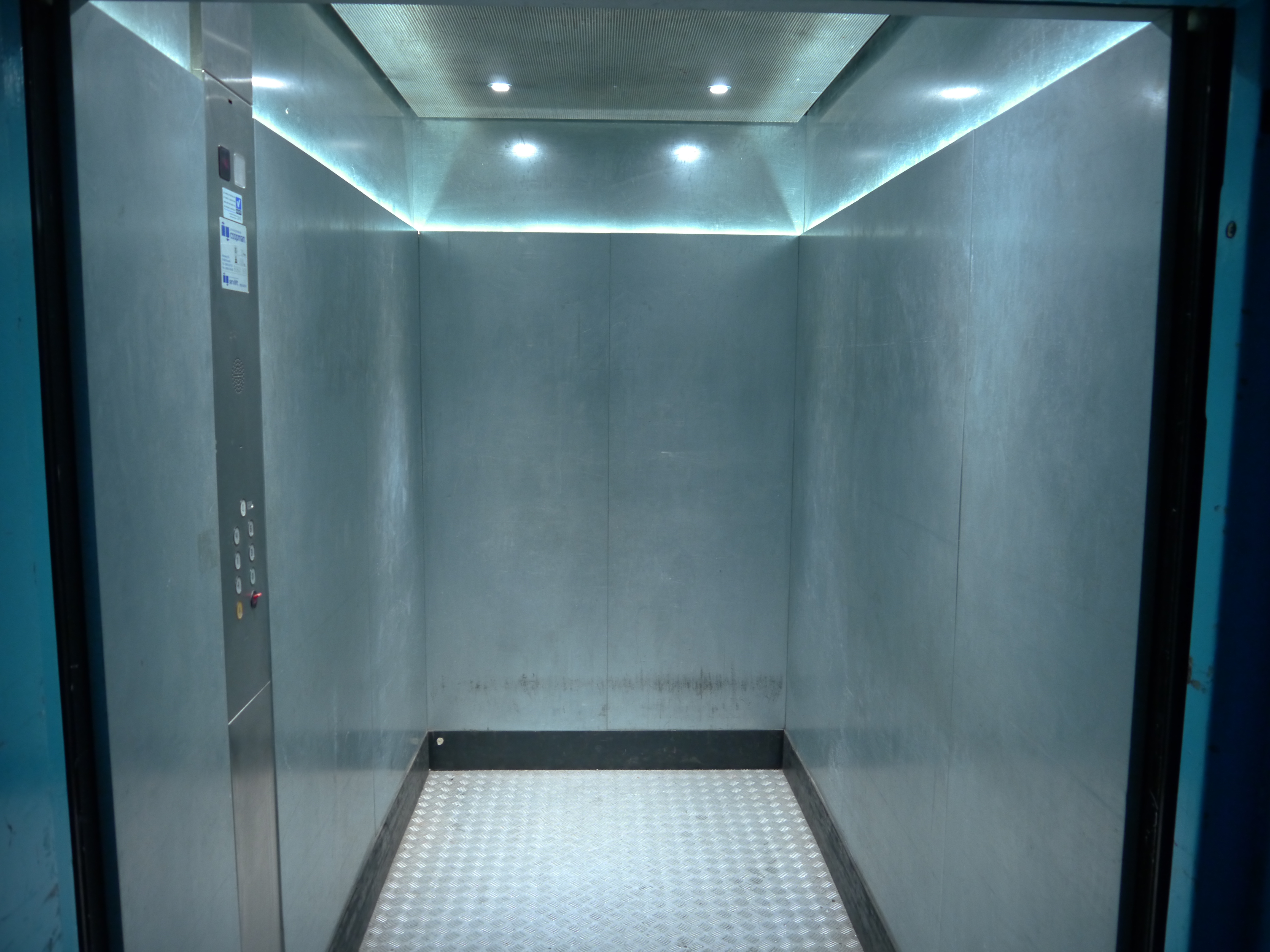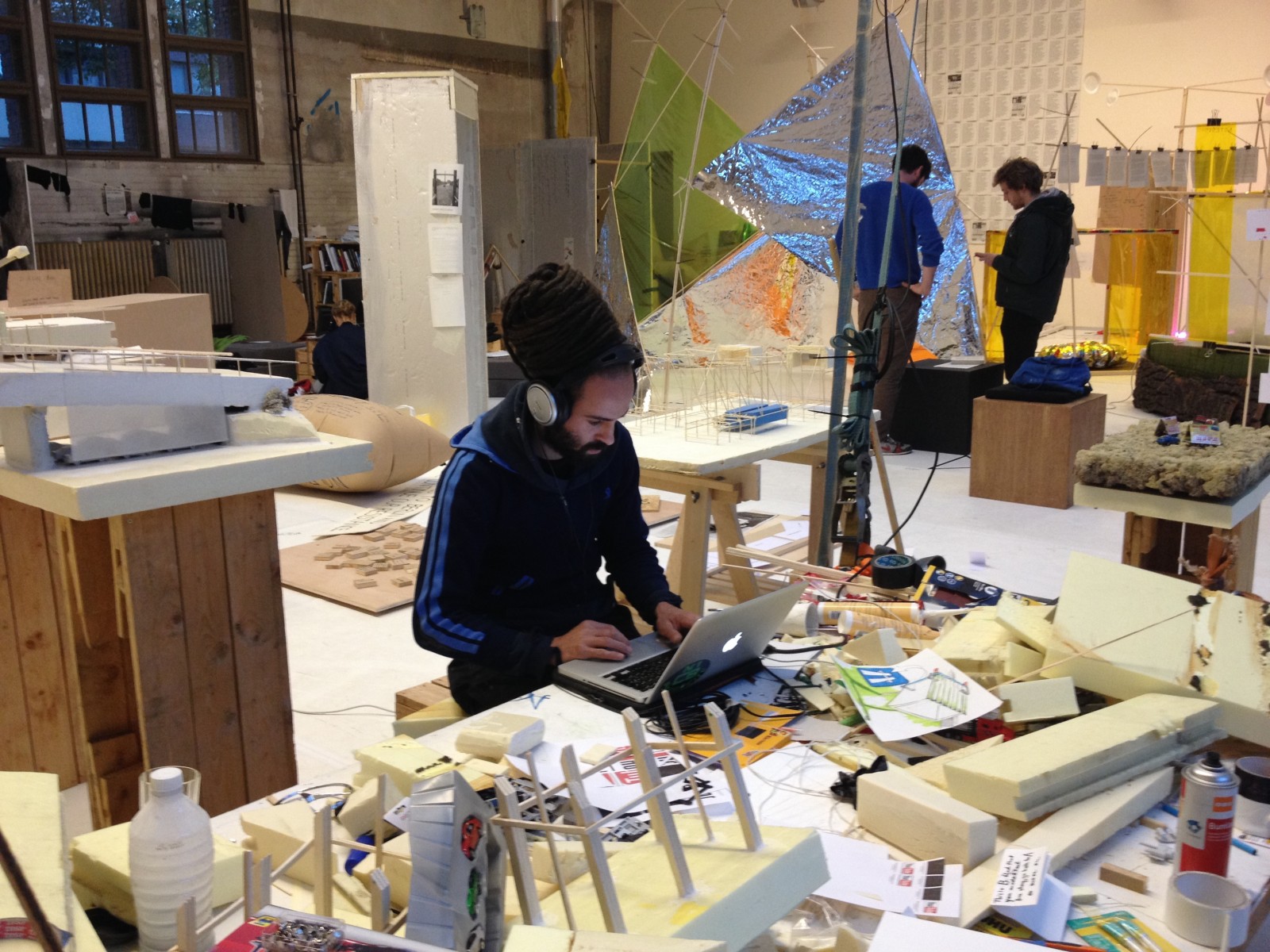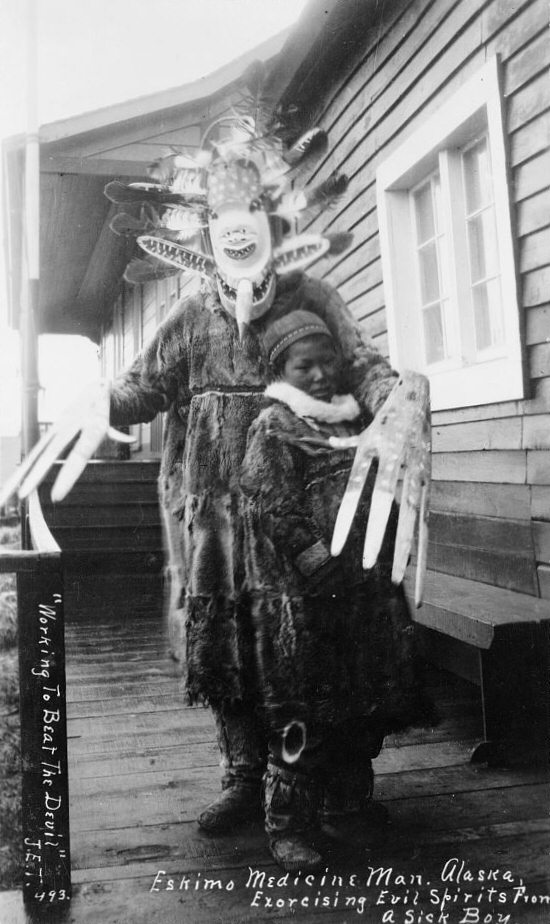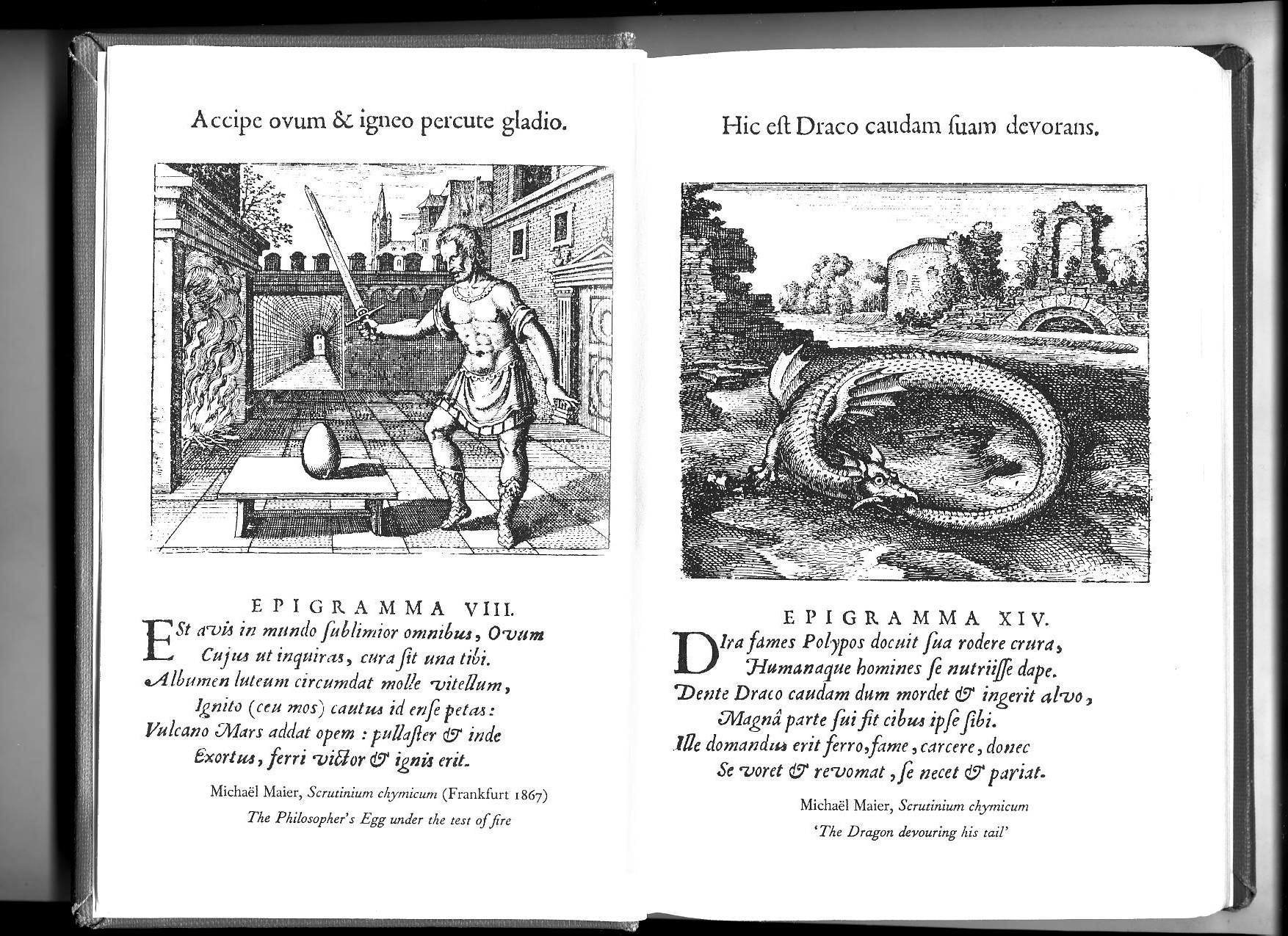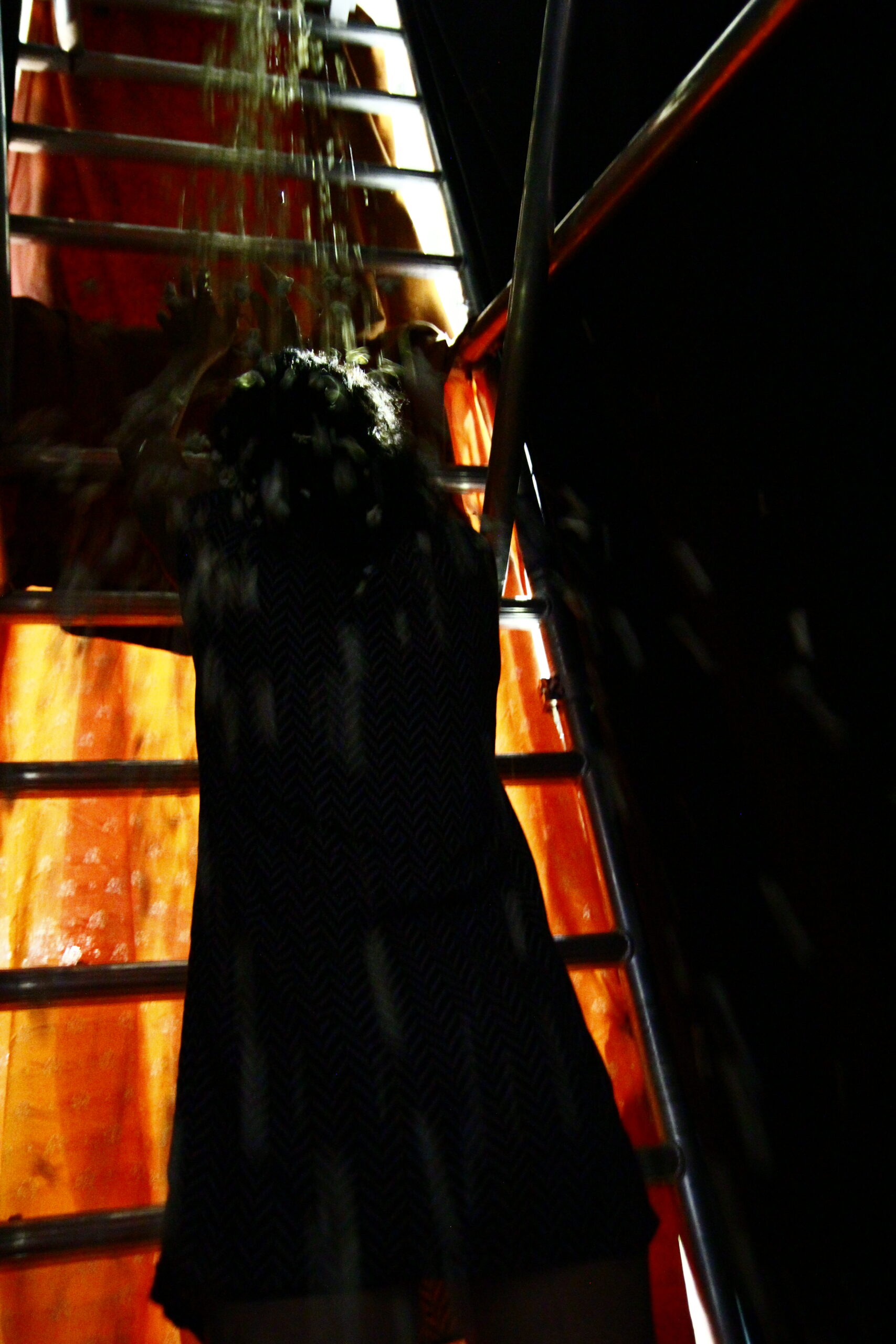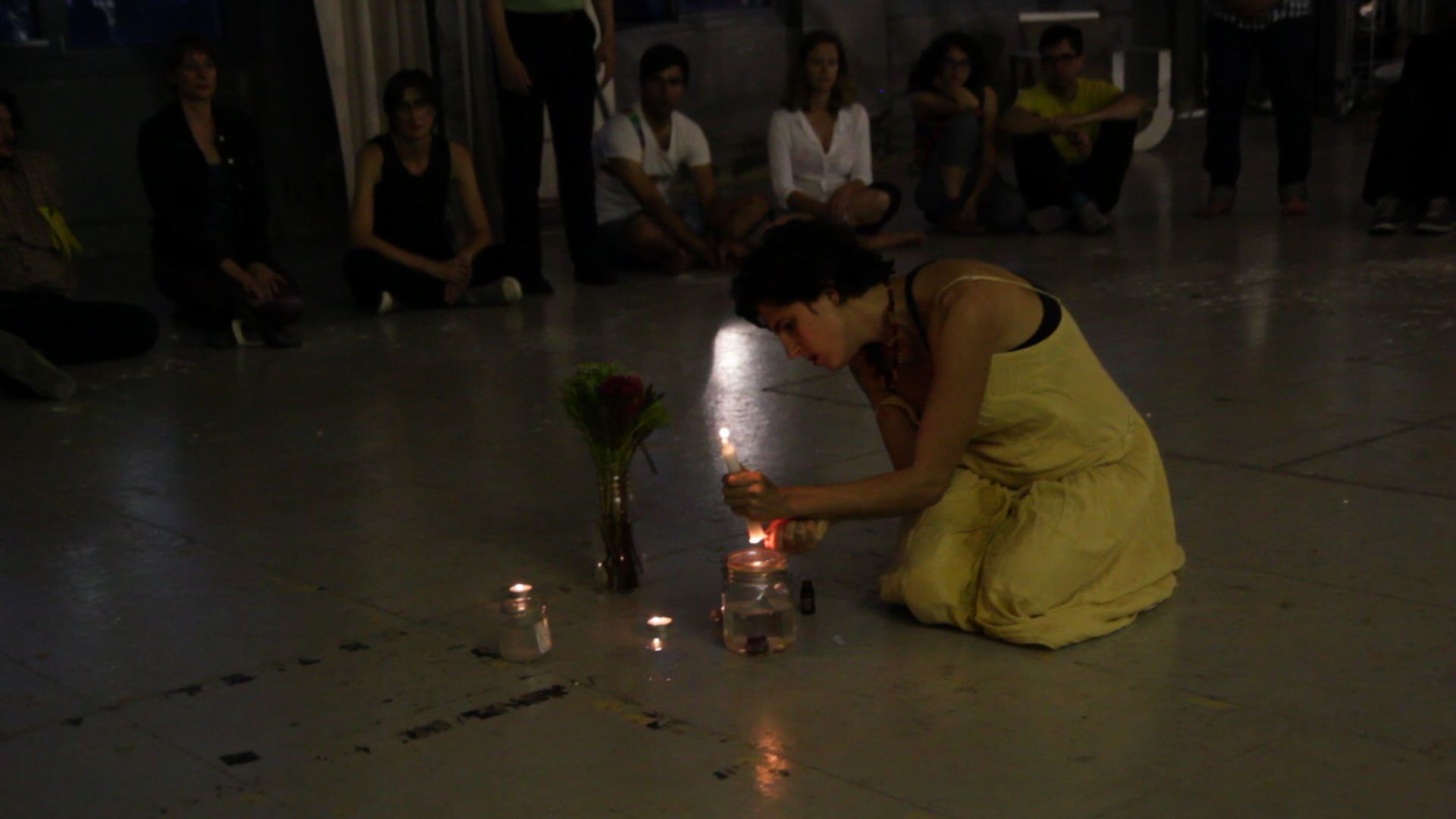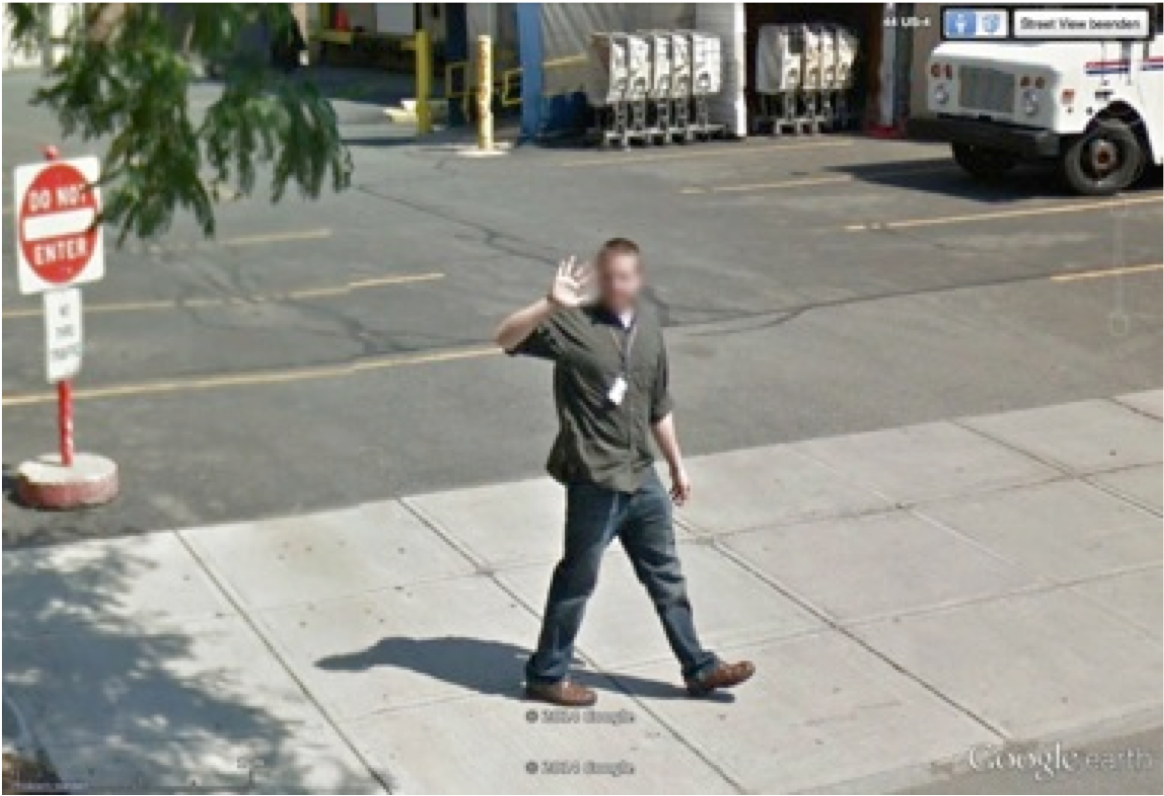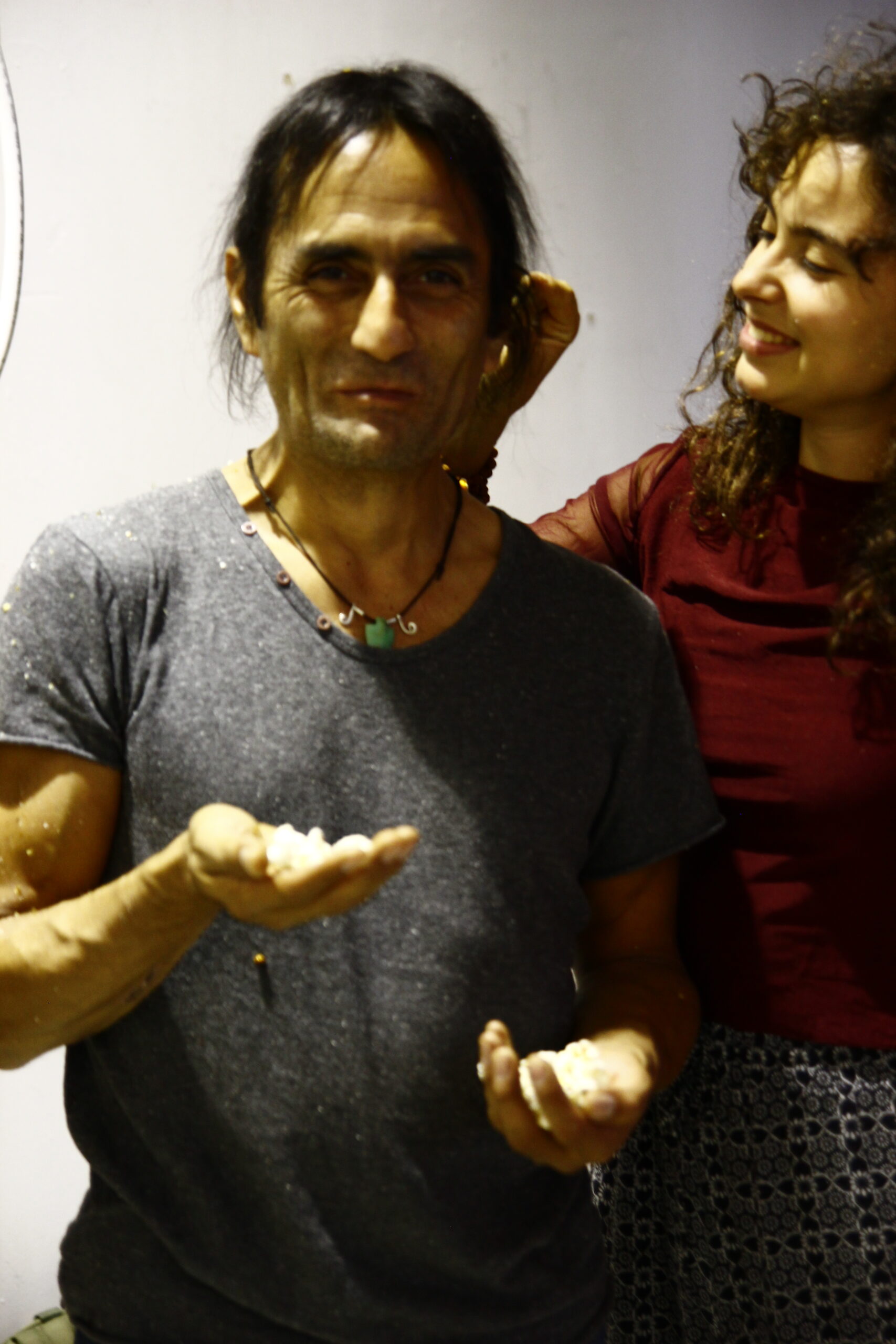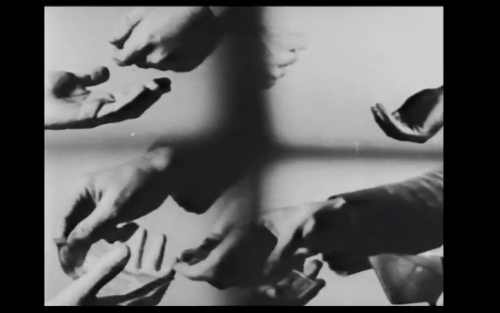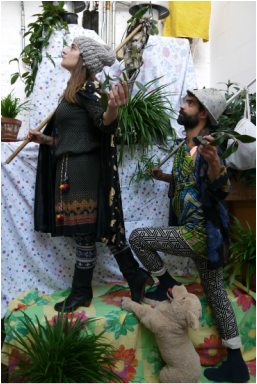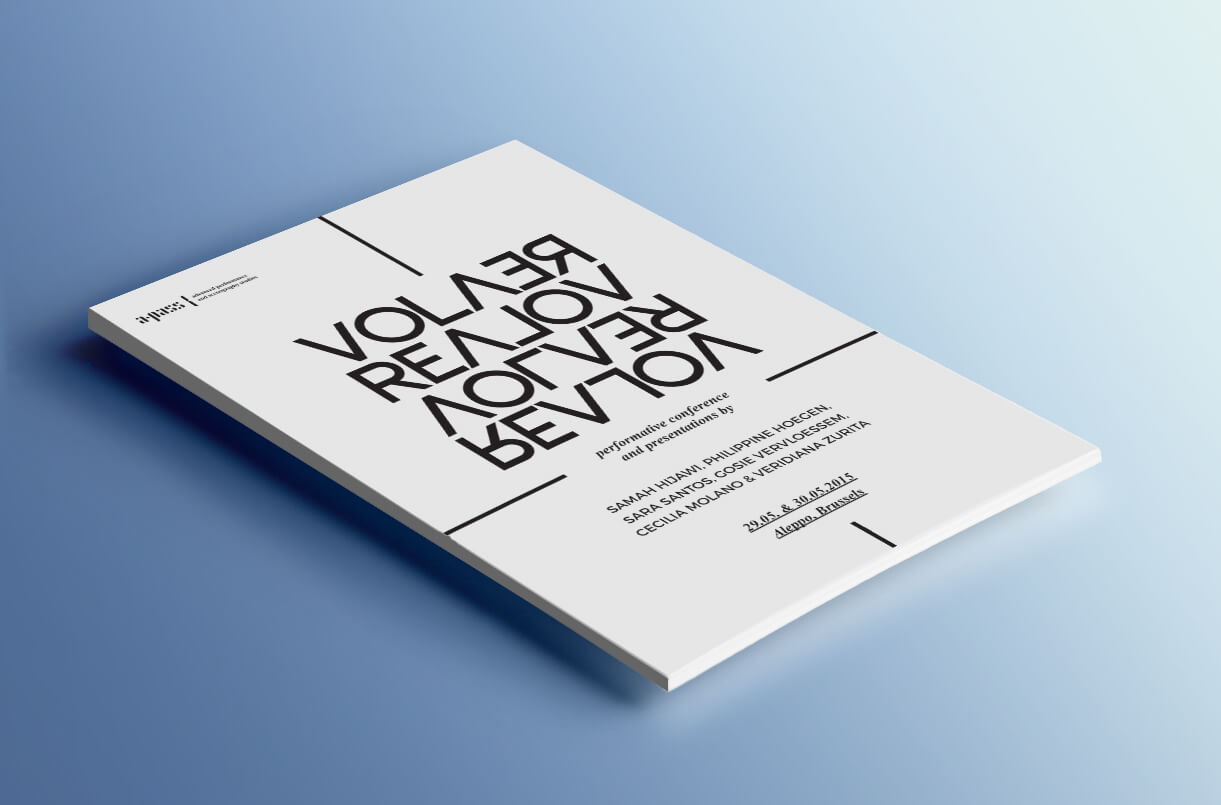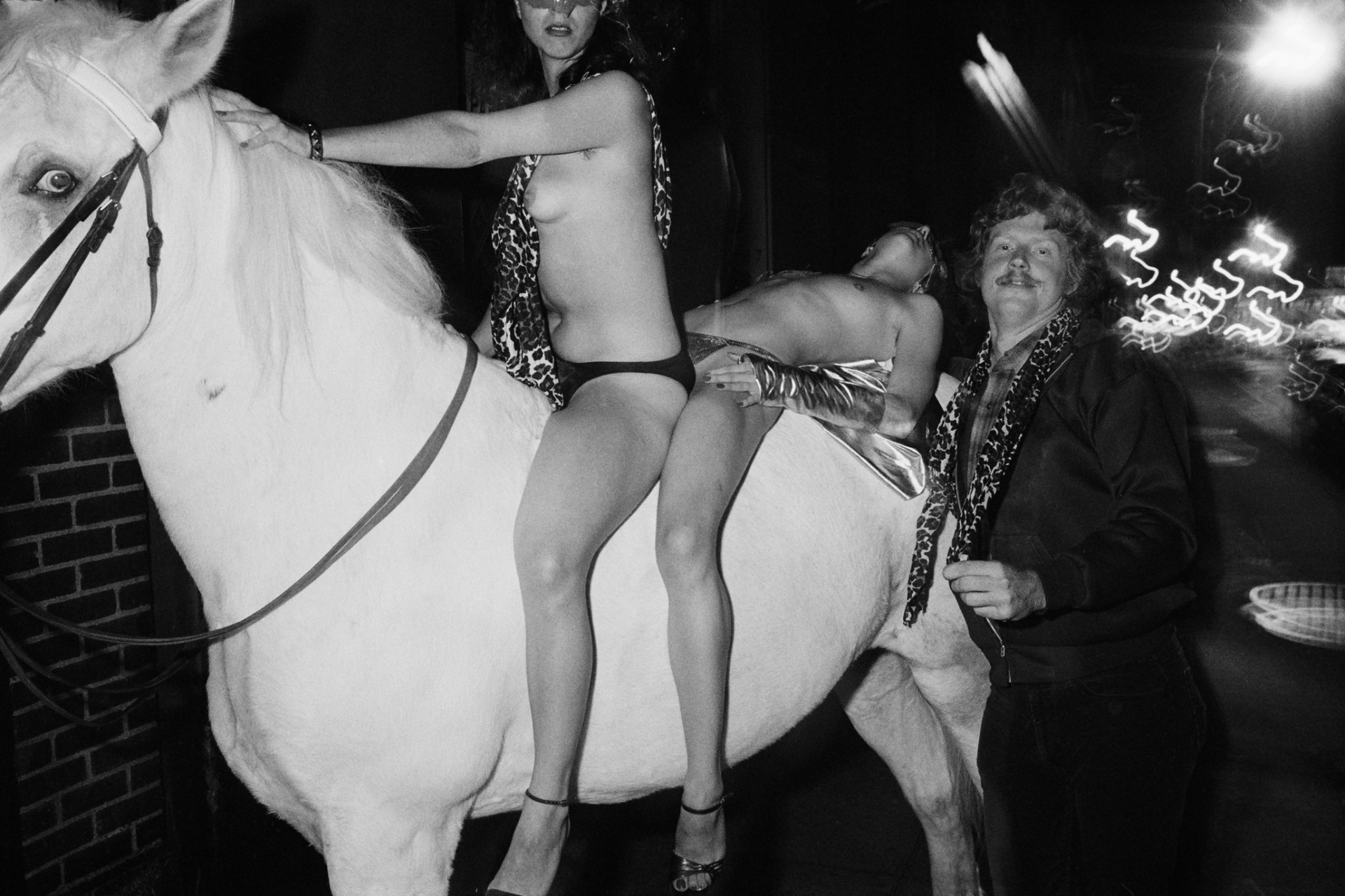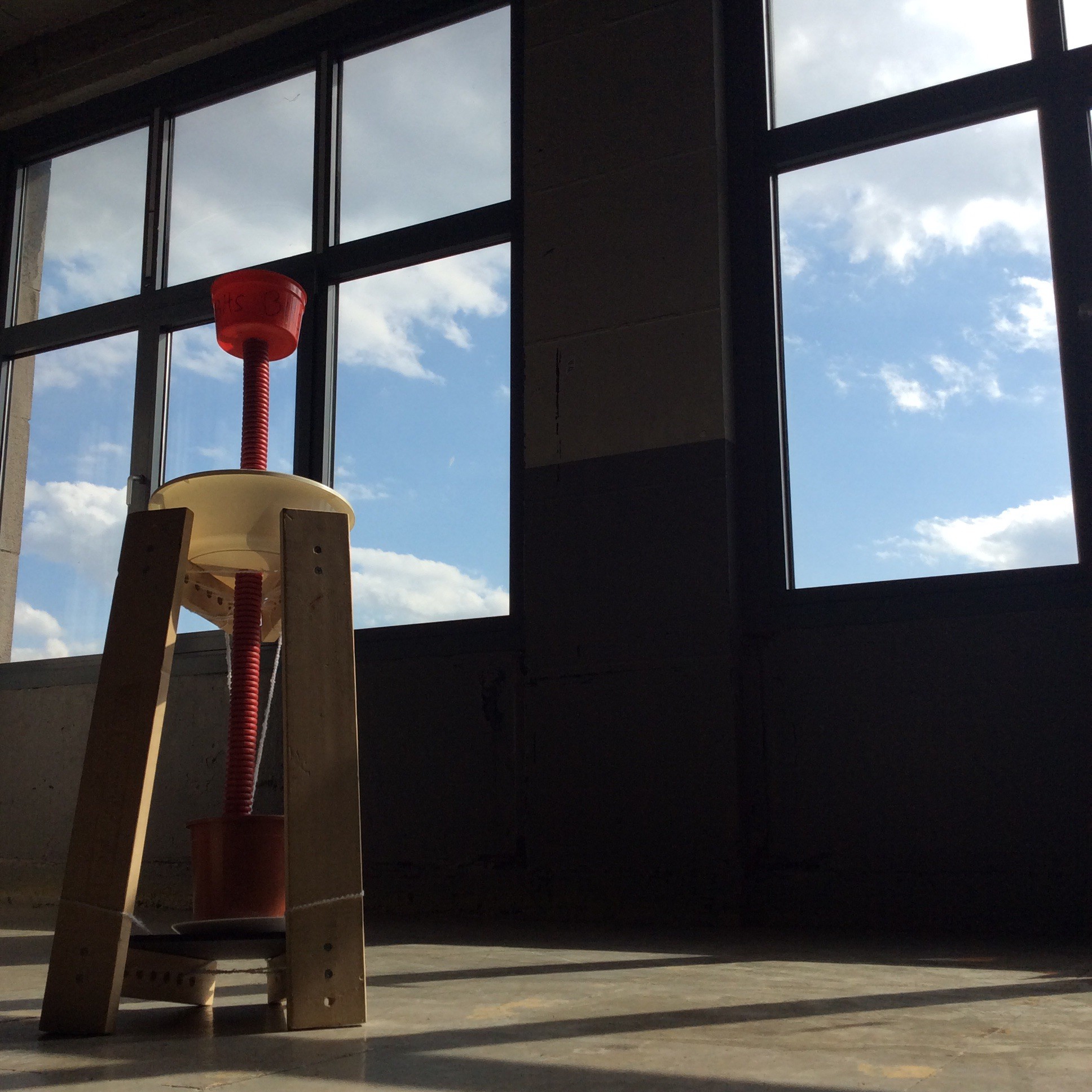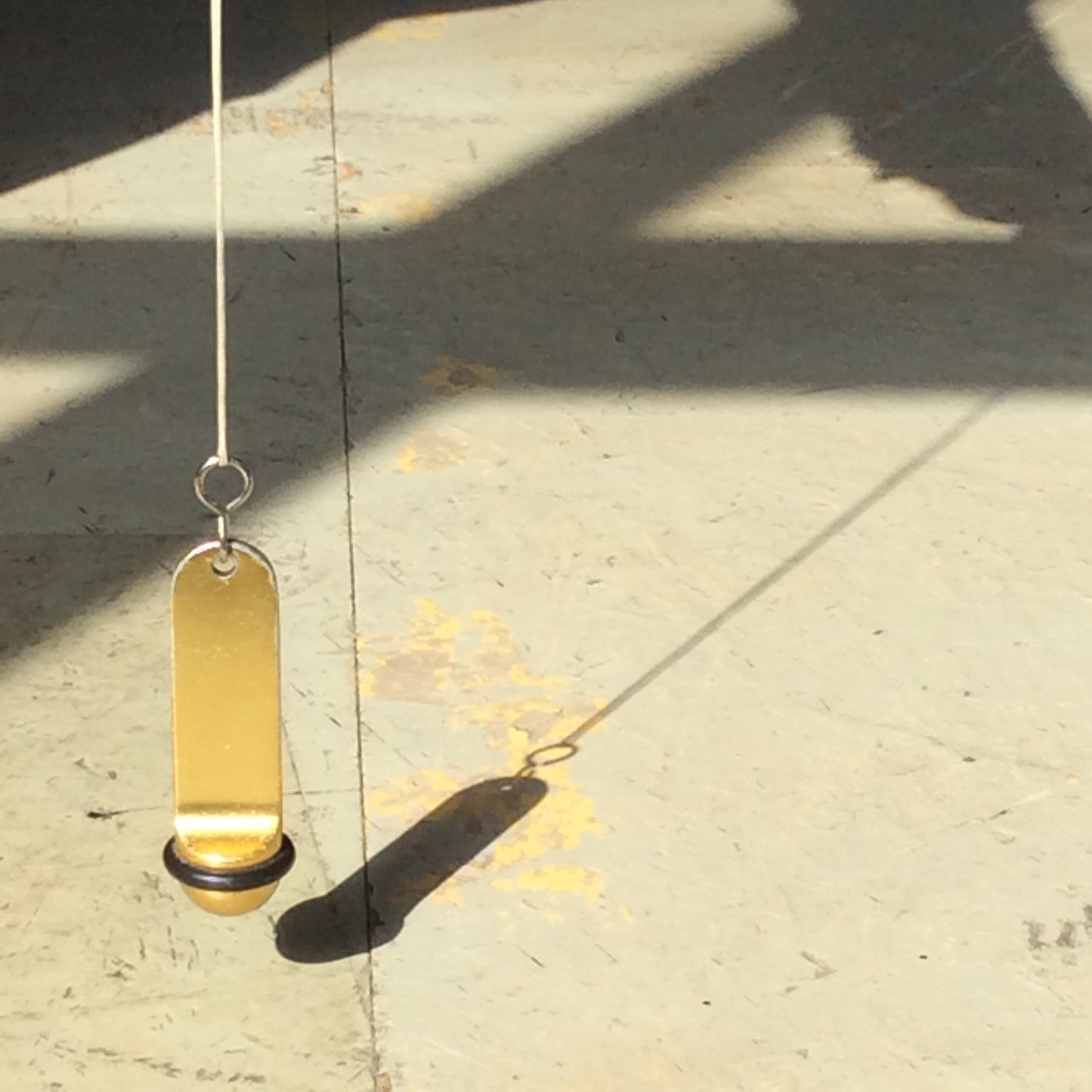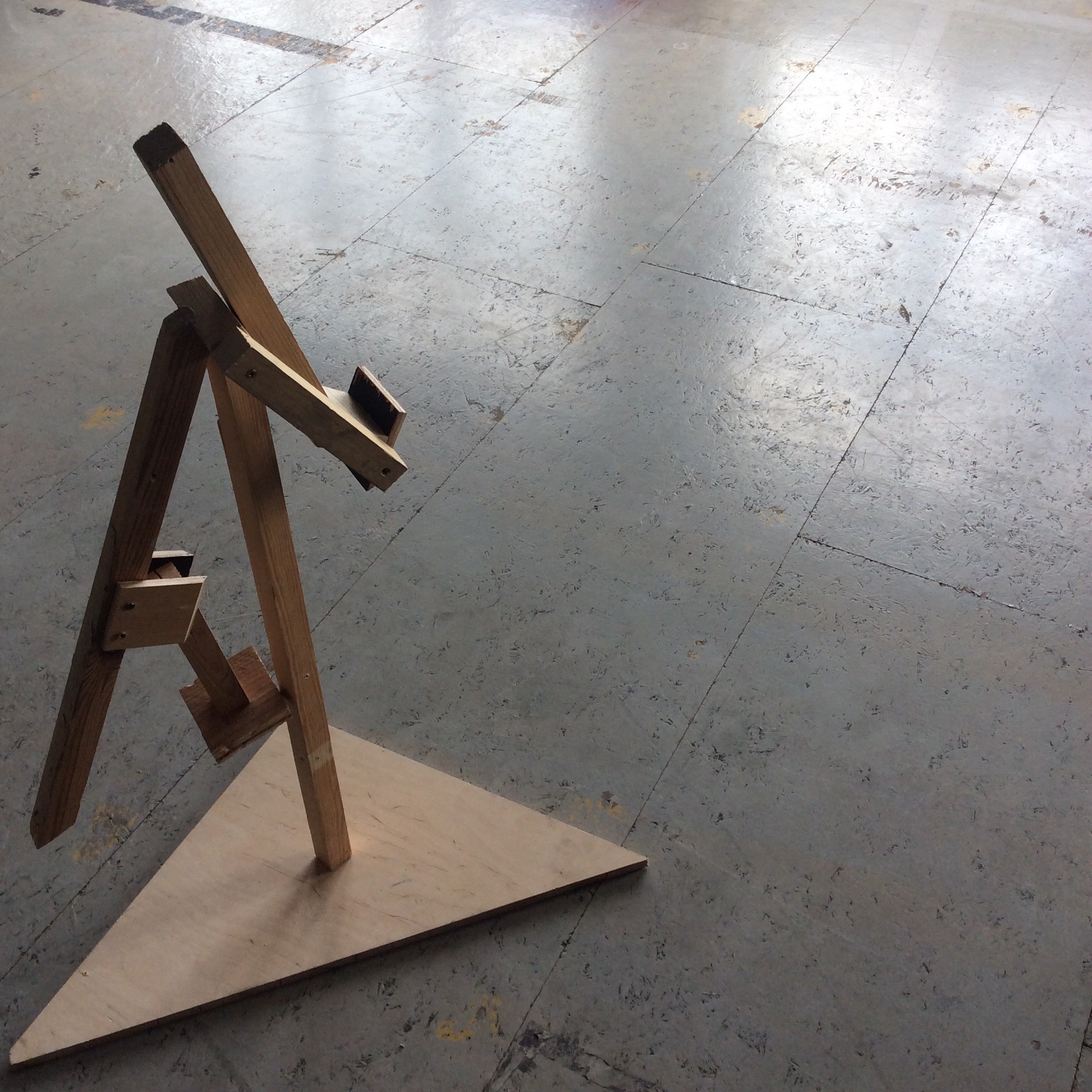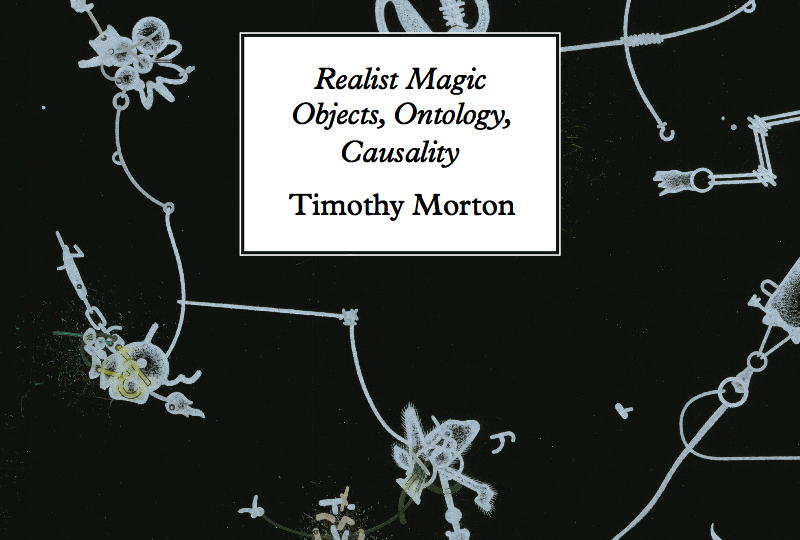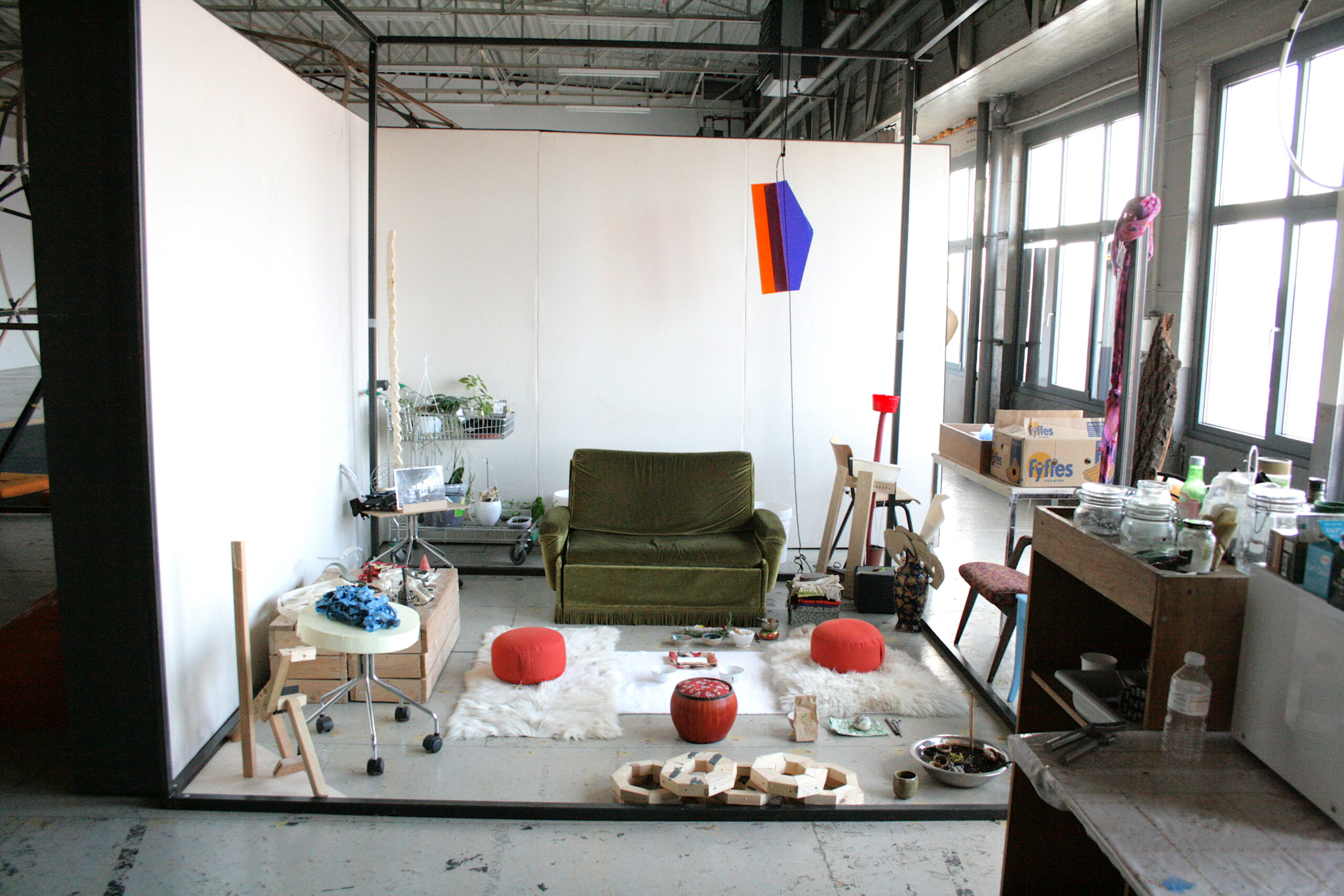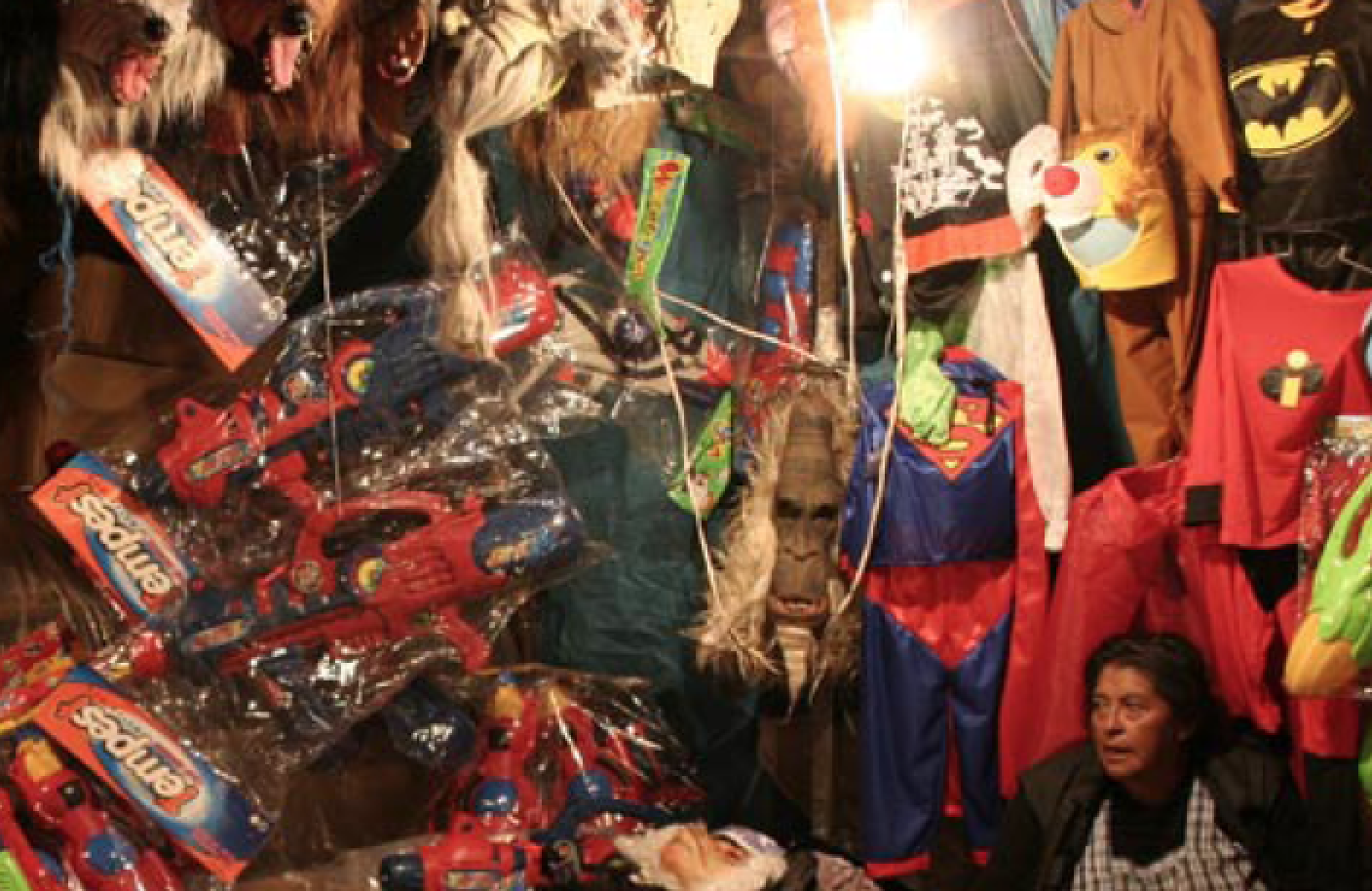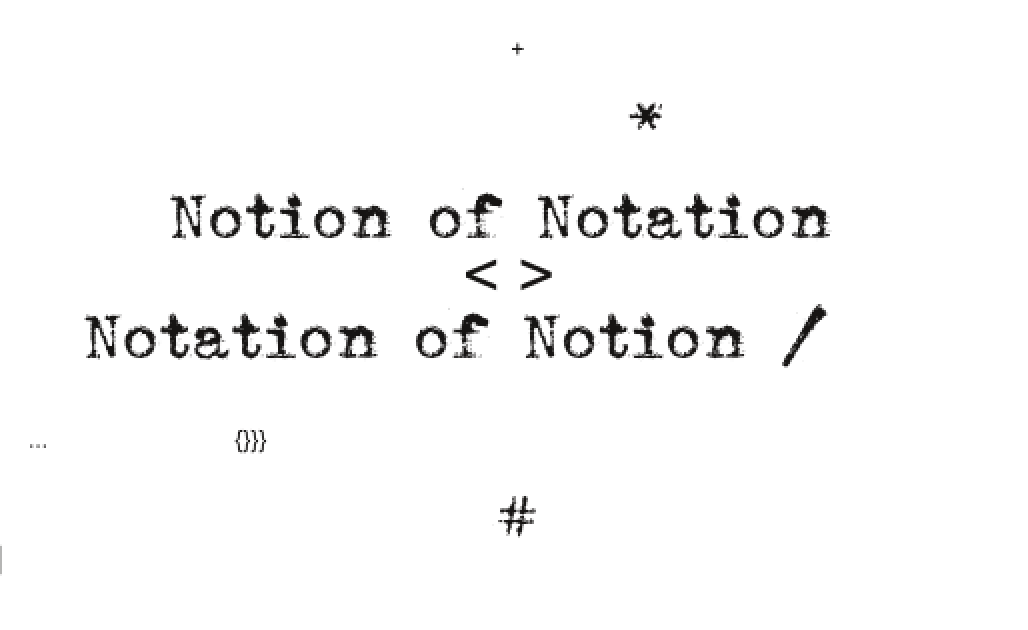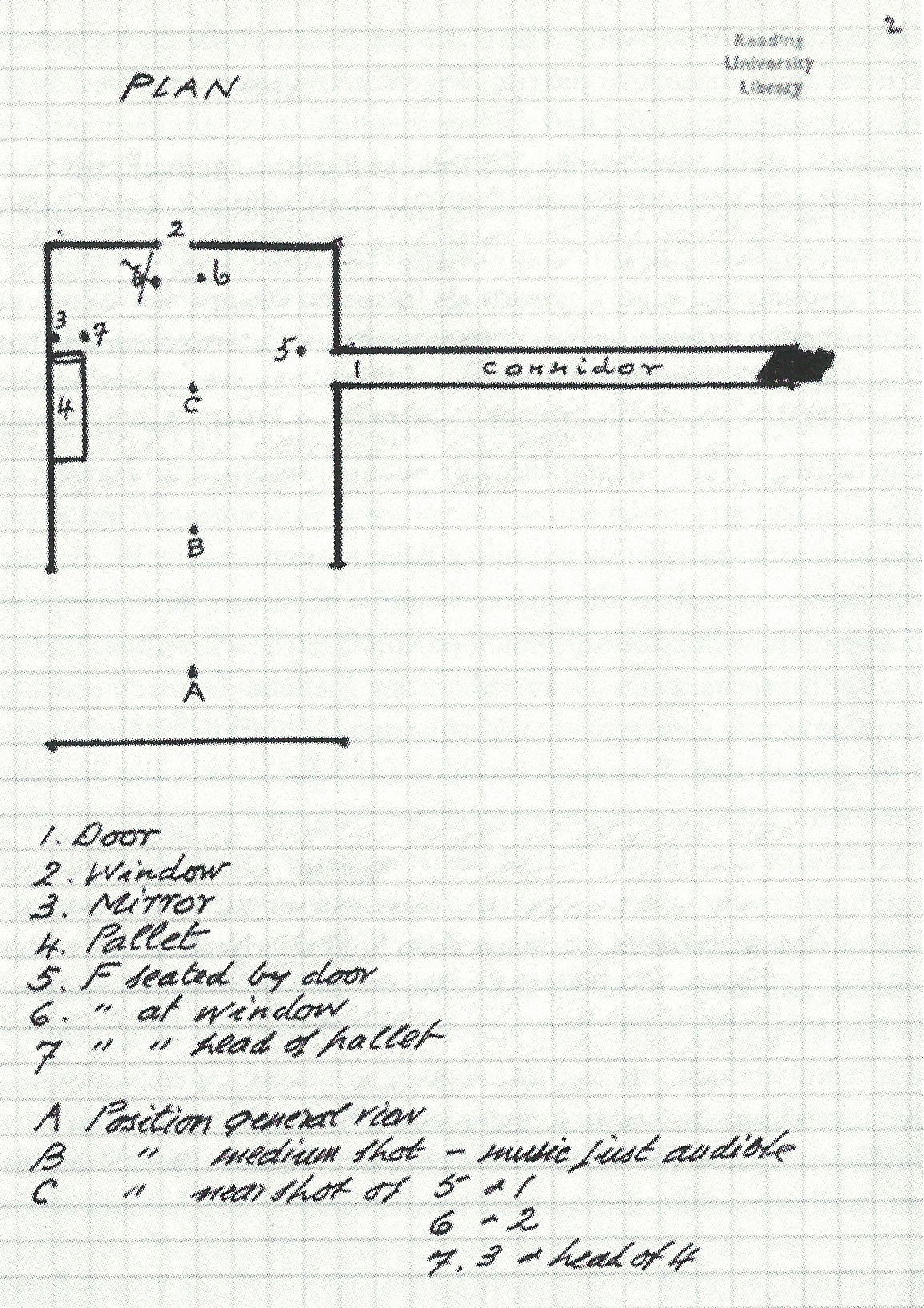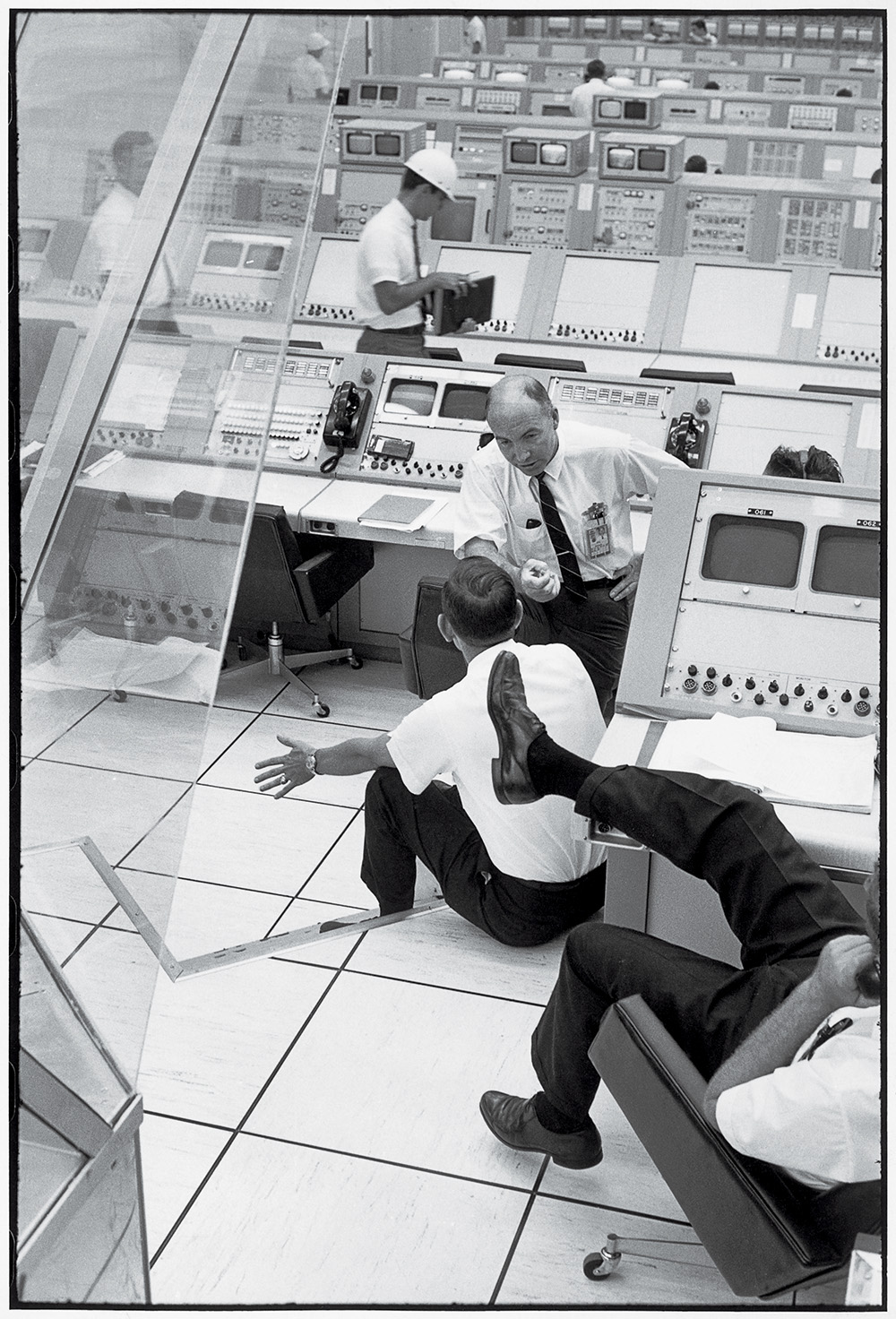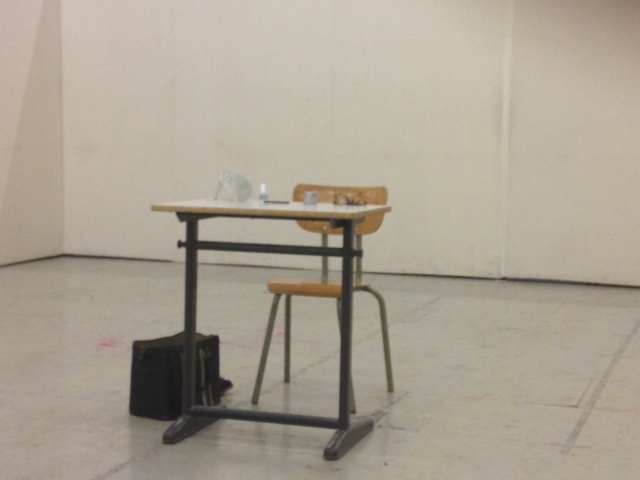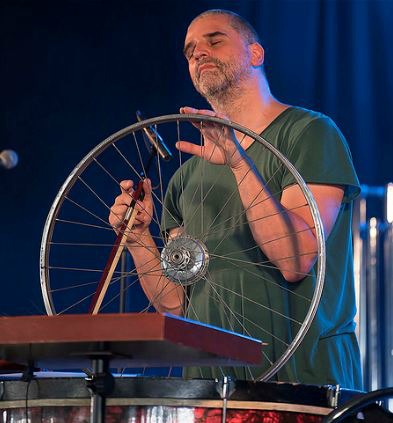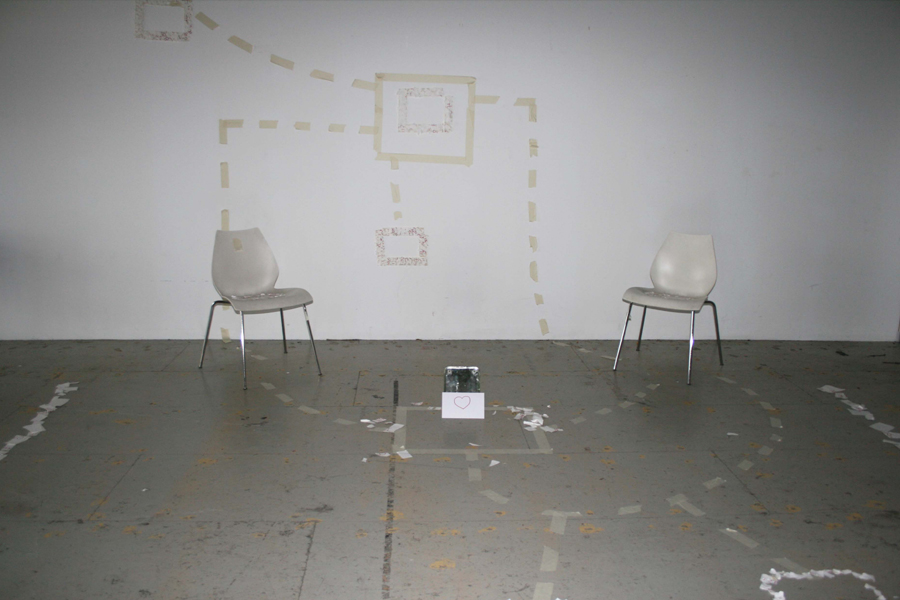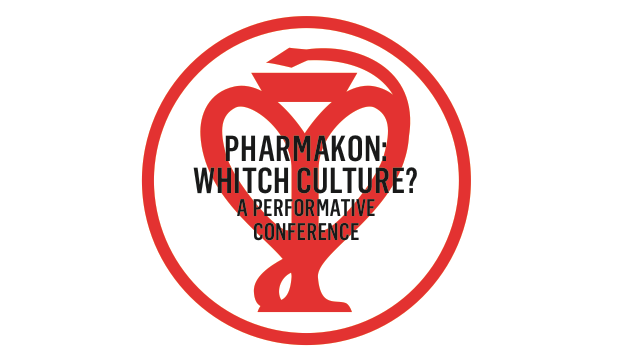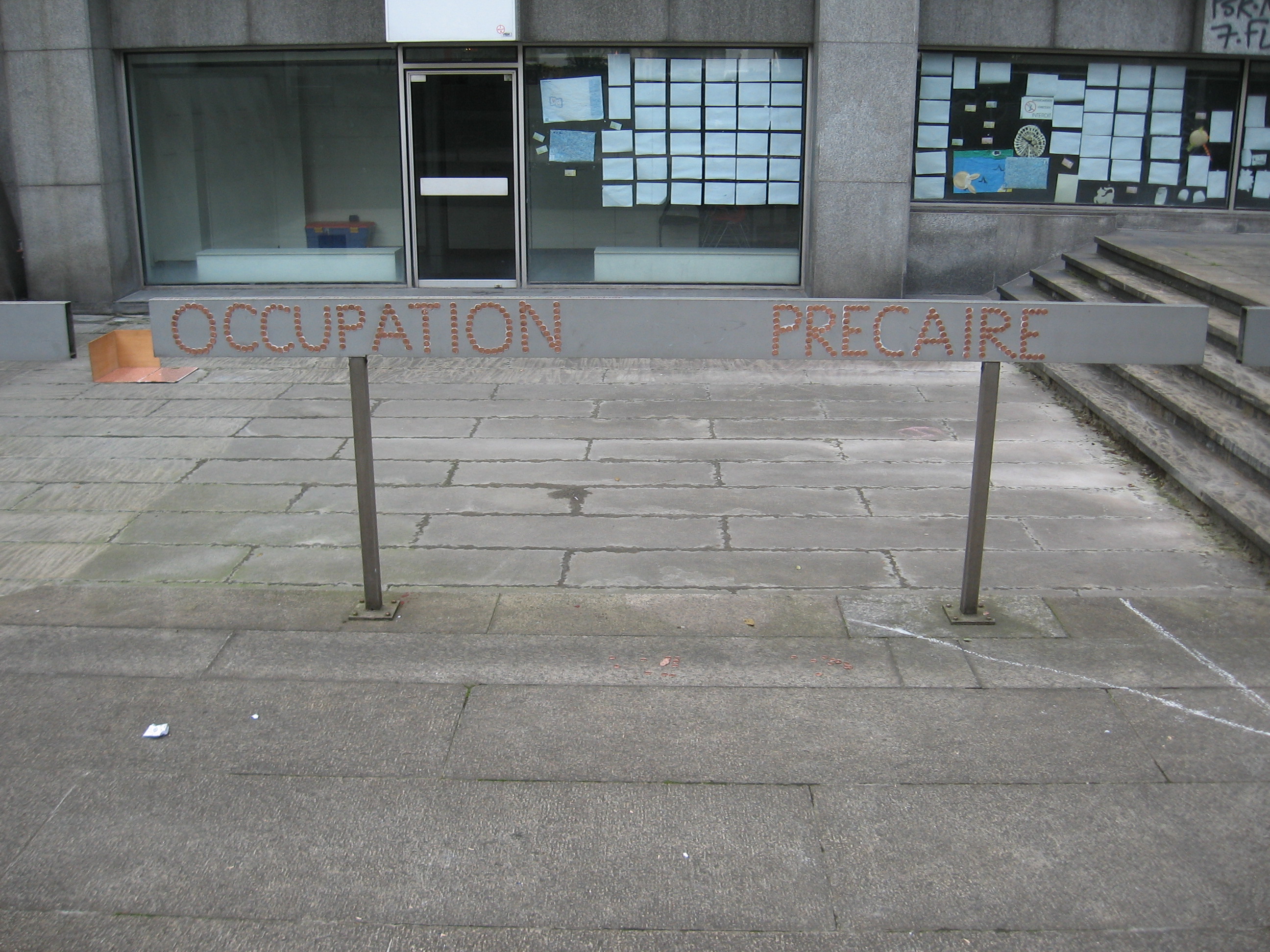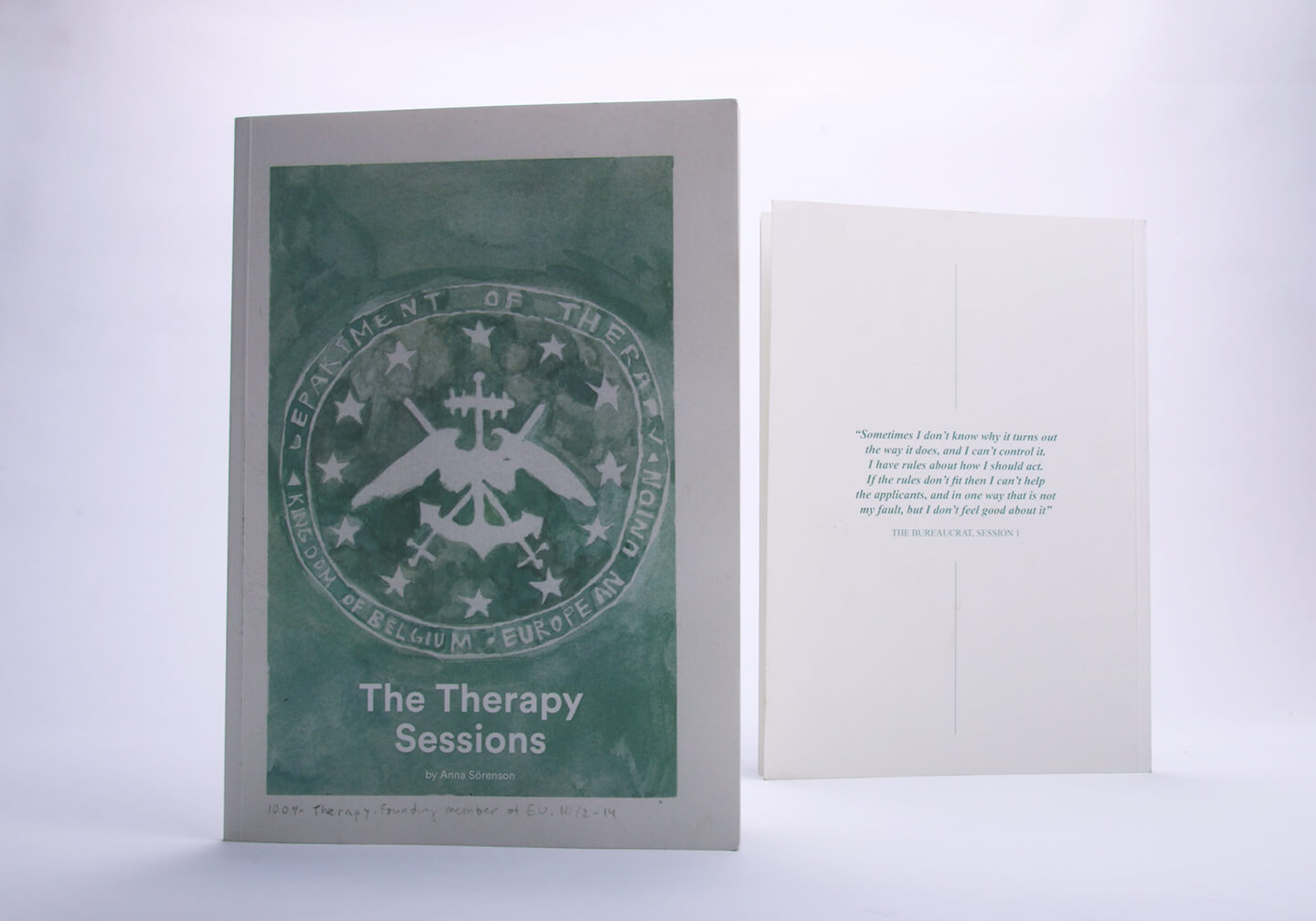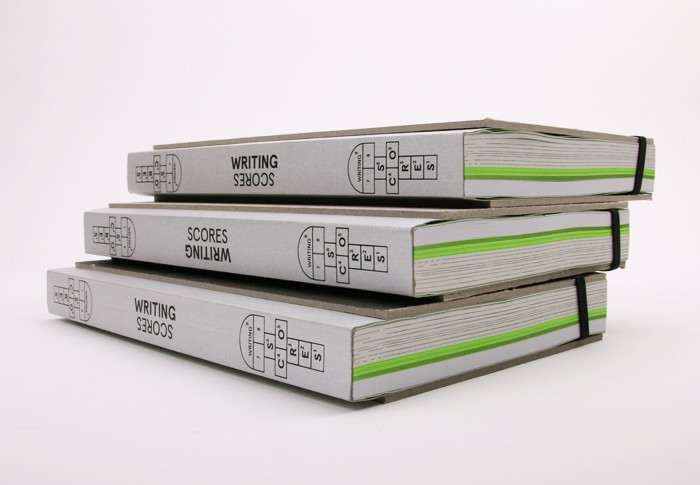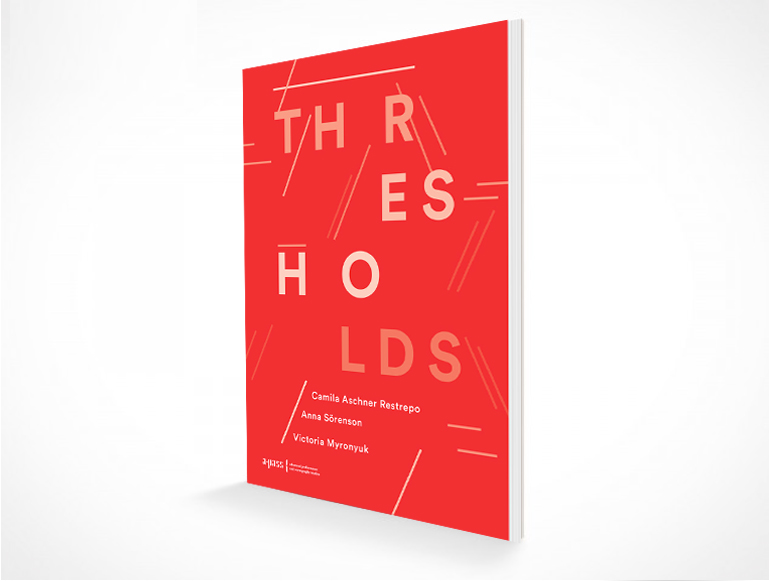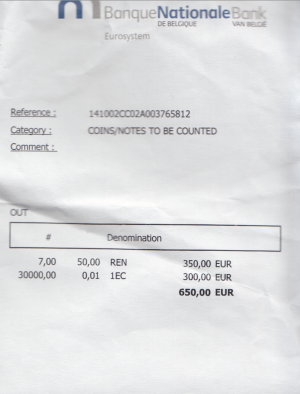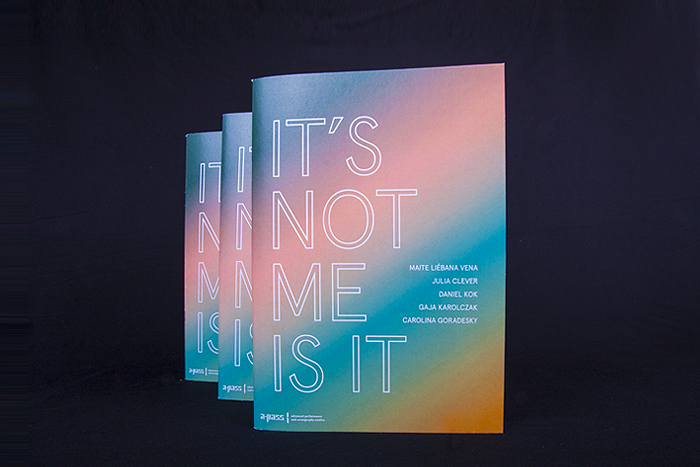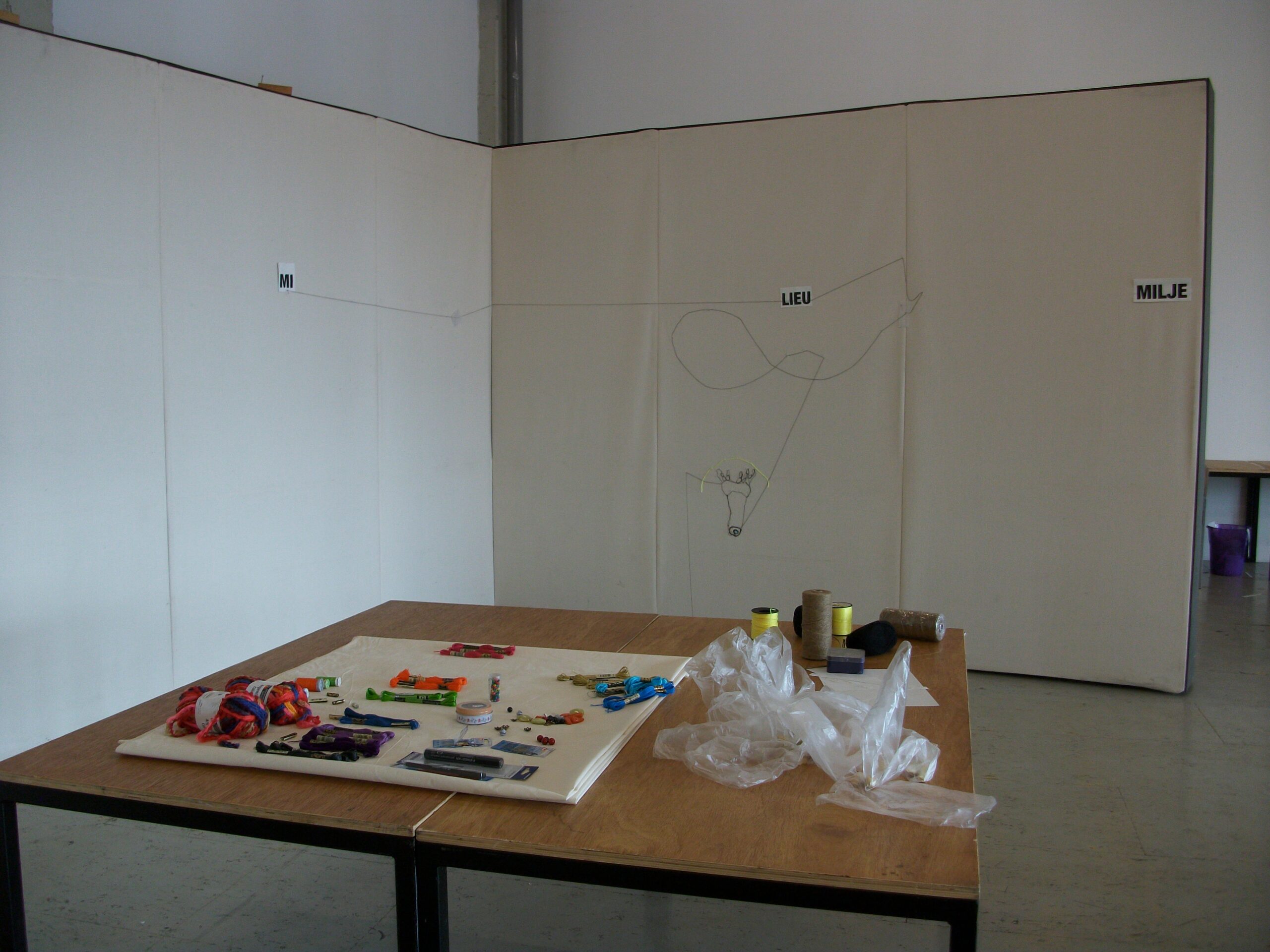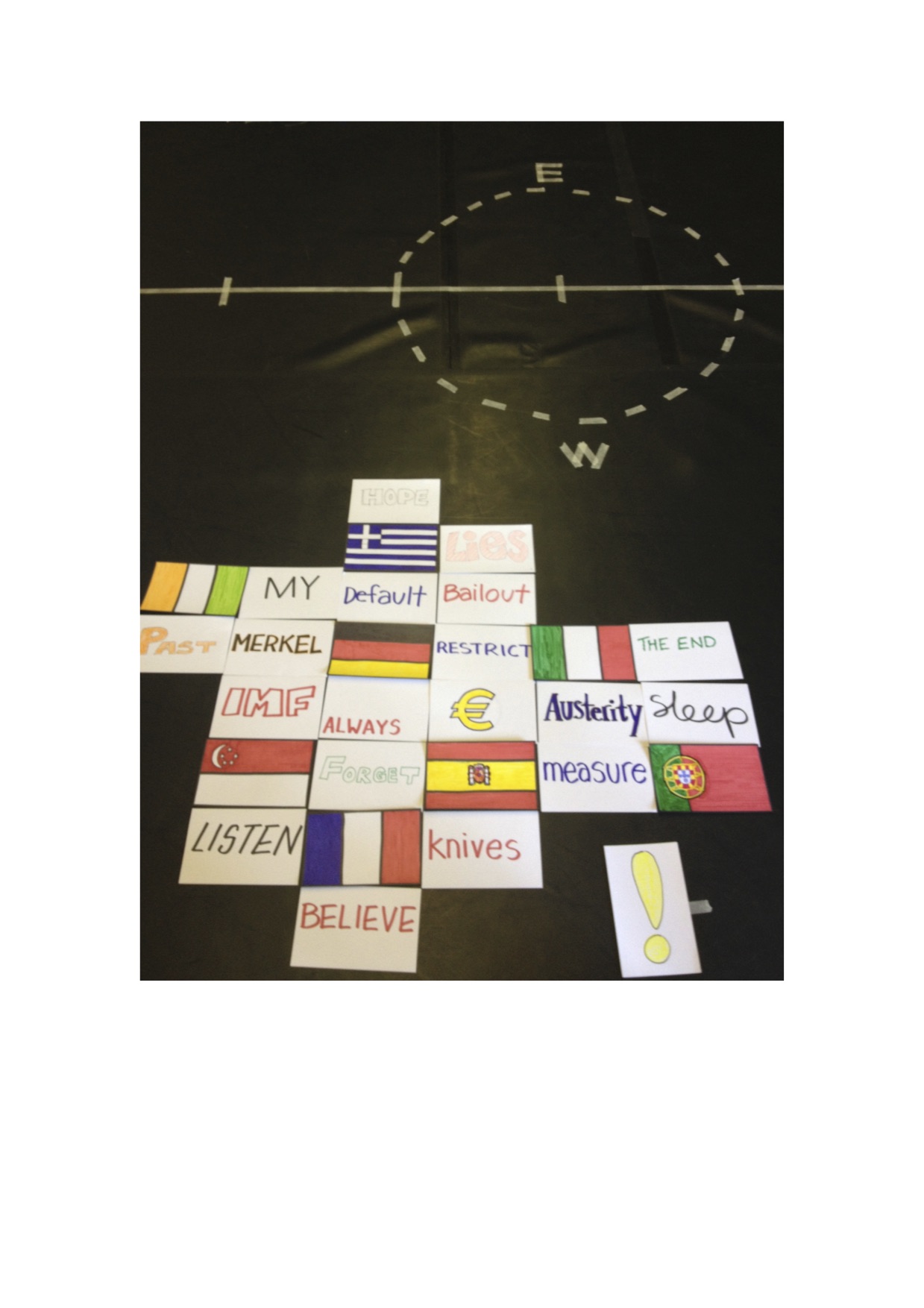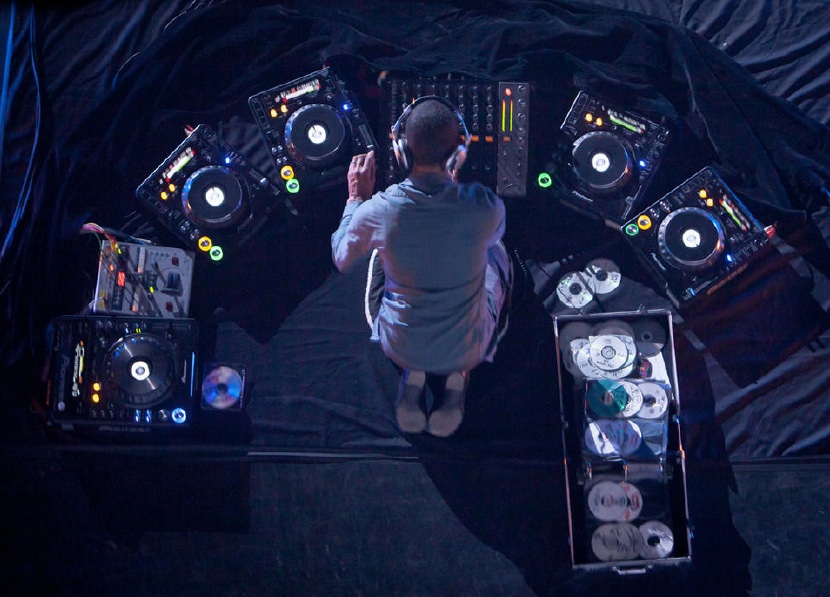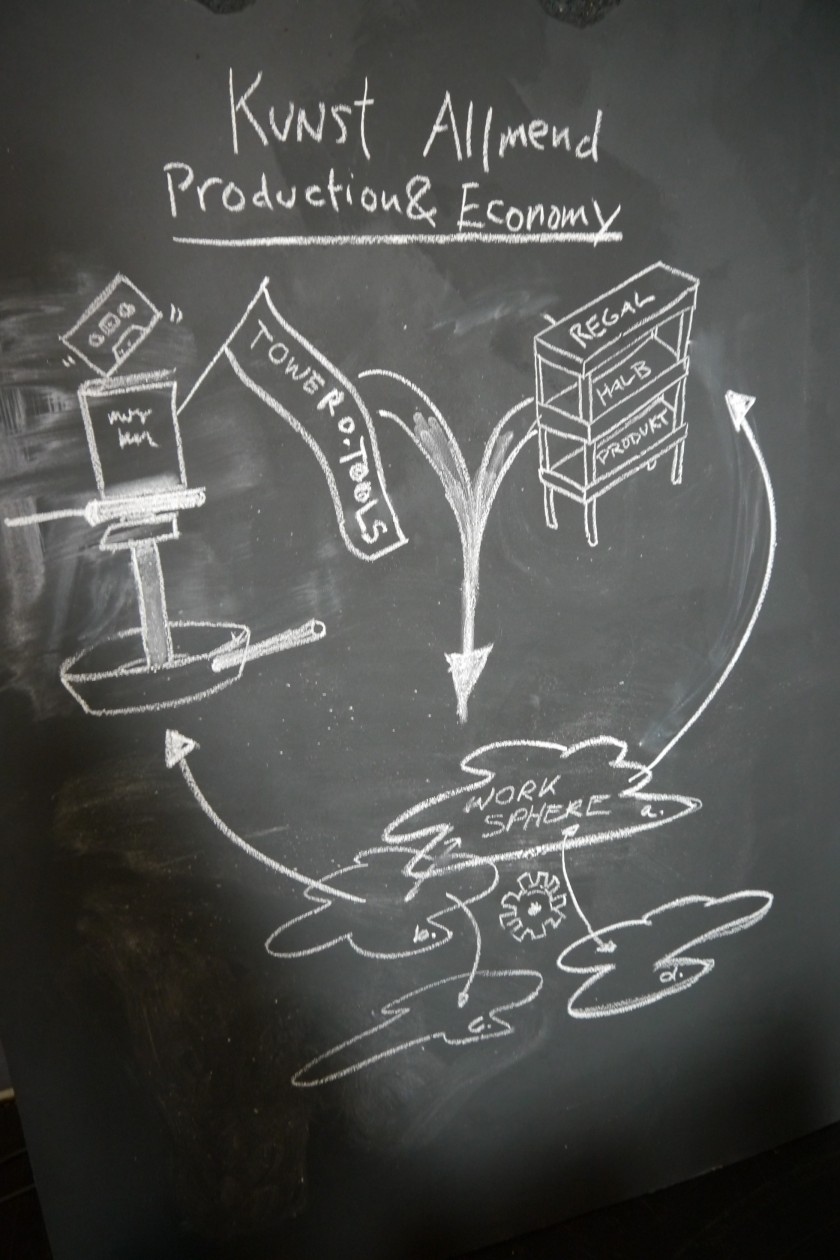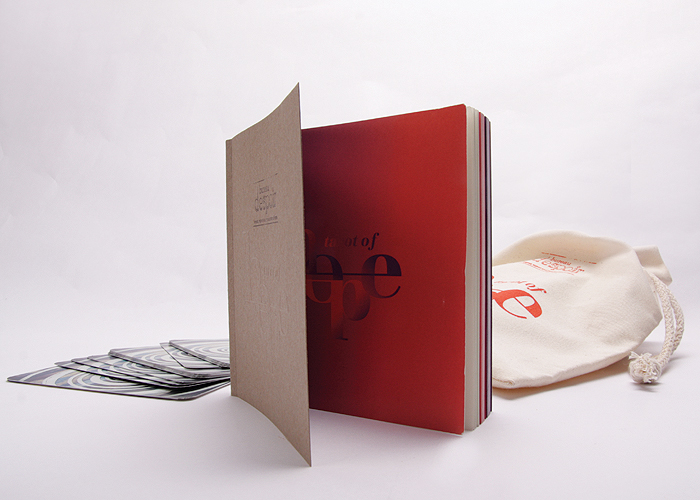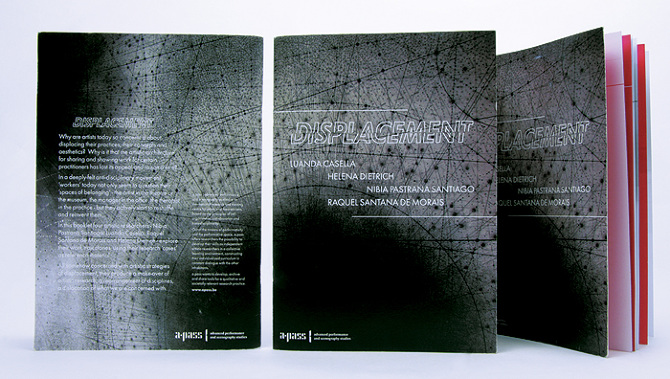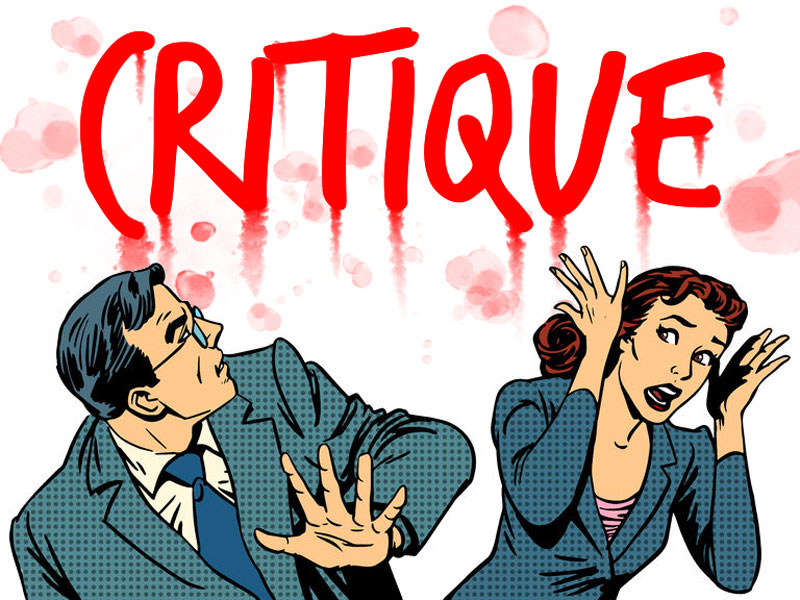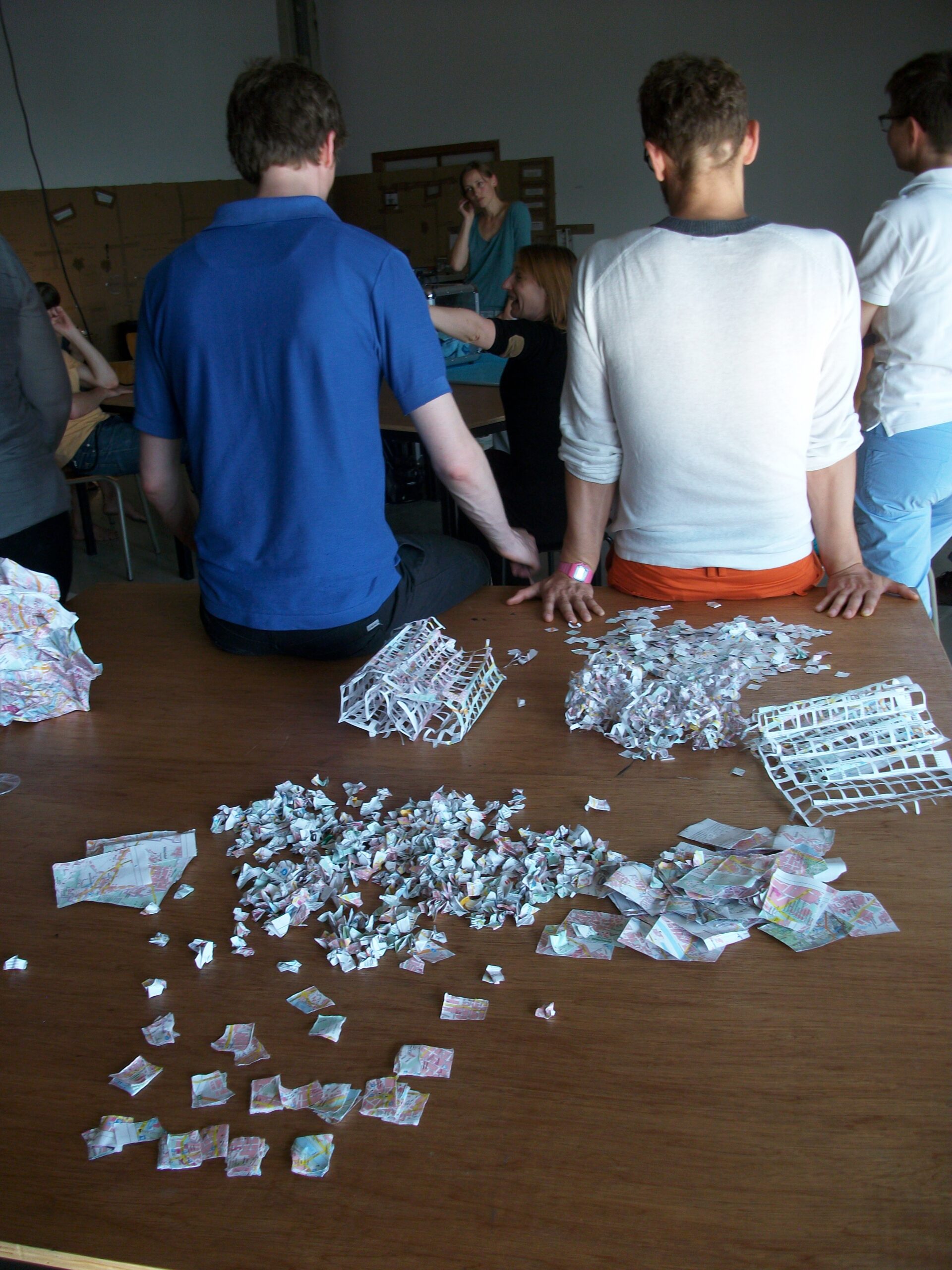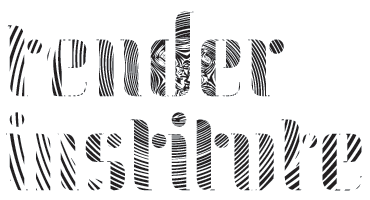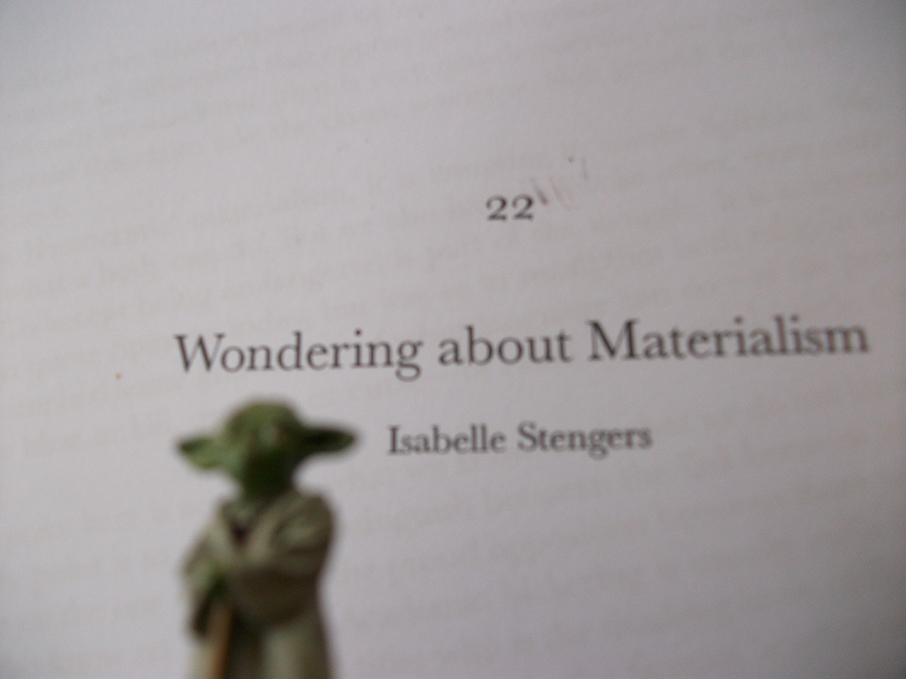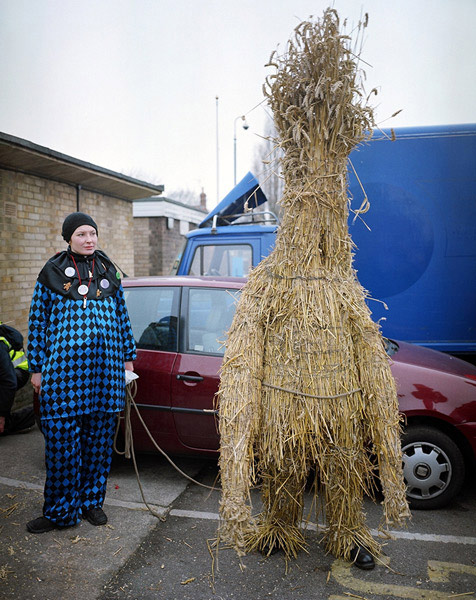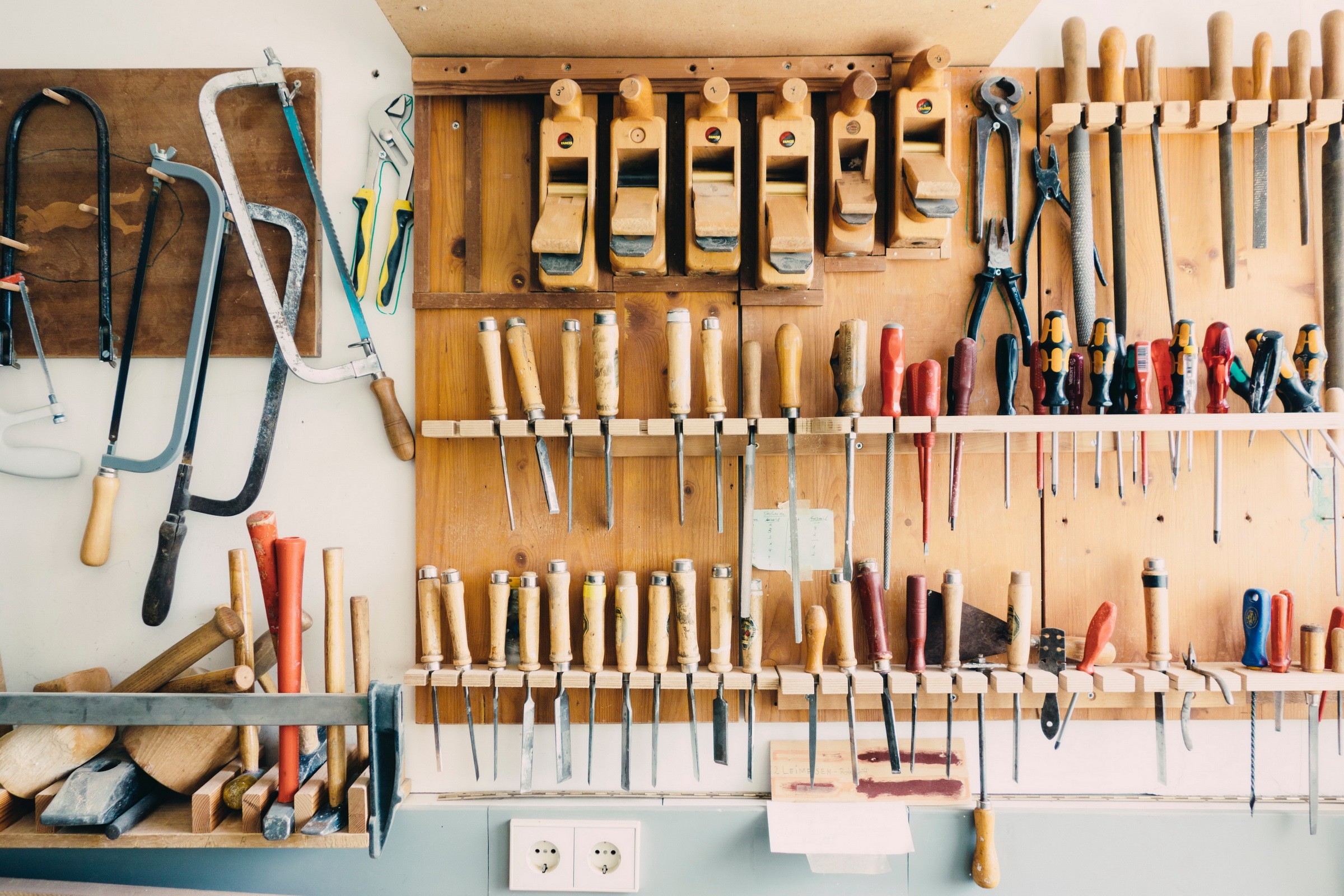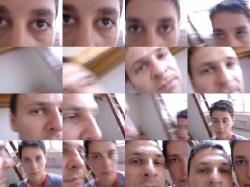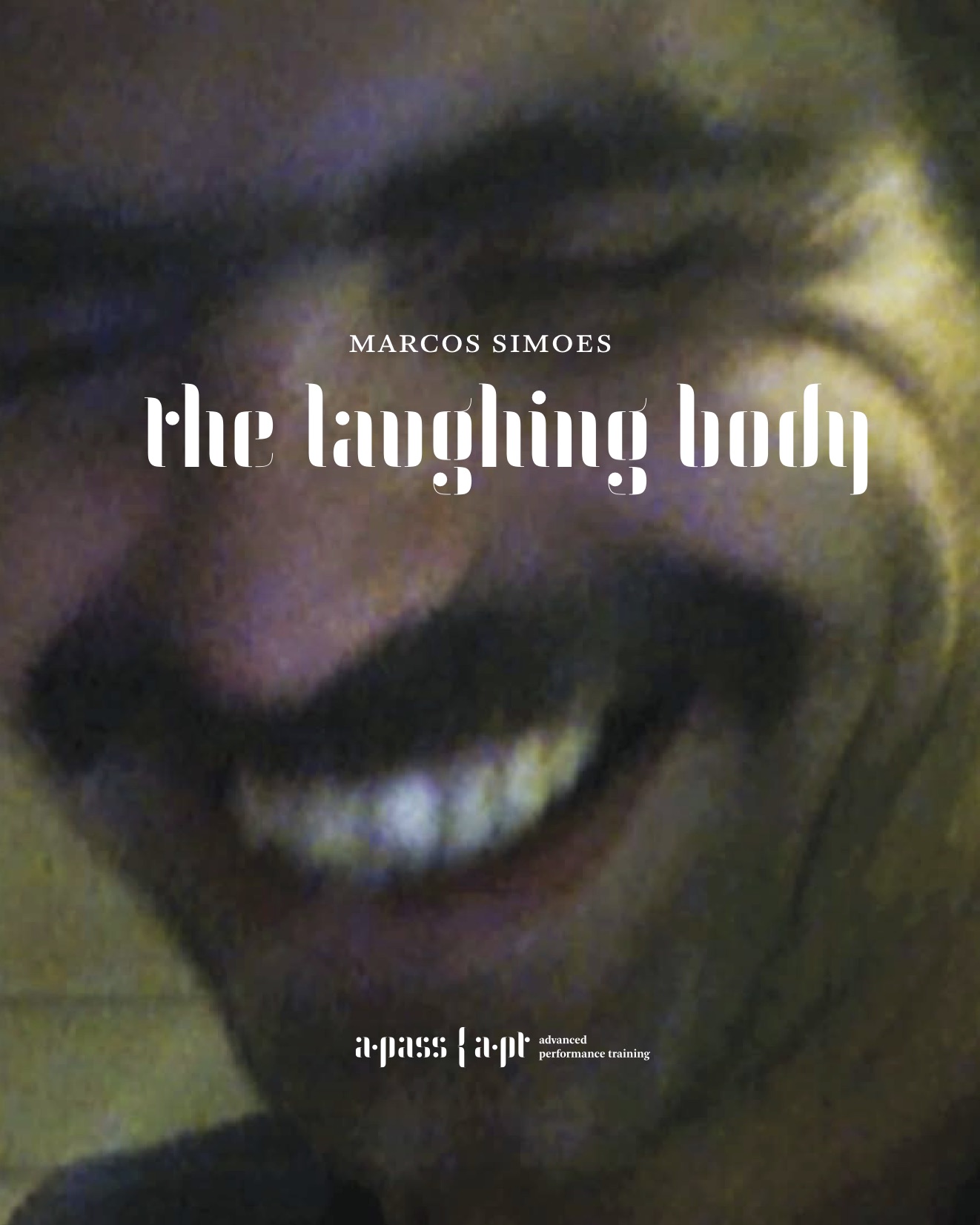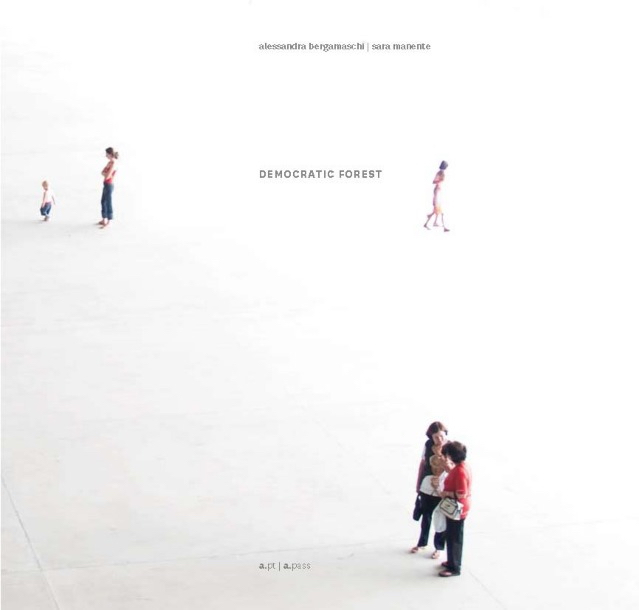presentation of In These Circumstances
Staturday June 21st at argos – from 11h00 till 18h00Werfstraat 13 Rue du Chantier, 1000 BrusselsJoin us for a festive weekend at argos. Come for the books, the launch of a new publication by argos, a presentation of the a.pass publication IN THESE CIRCUMSTANCES or stay for the exhibition and screenings!Highlights:Book sale (all weekend, 11:00-18:00): Discover hidden gems in our lobby—past argos publications and artist books from our media library.Publication launch (Saturday at 15:00): Presentation of the new argos publication reflecting on a chapter of organisational transition.Presentation of the a.pass publication In These Circumstances (Saturday 16:00) by Philippine Hoegen, Pia Louwerens, Túlio Rosa & othersVideo screening: Ongoing in the media annex(e) above the bar—a video essay by Leon DecockAlso on view: the Magical Realism exhibition in collaboration with WIELS and the related argos collection selects film programme.more info: www.argosarts.orgStudy Group by Topote de Acahual
Coming 3 Thursdays April 17& 24 and May 1st – from 11h00 till 13h00Rue Birminghamstraat 30, 1080 Molenbeek – Thursday April 17 – Thursday April 24 – Thursday May 1Let’s put a bunch of leafs together and shake them 🍂Short texts for Spanish-speaking people in Brussels (but open to everyone) who are interested in talking about ecology and rest. There will be fresh water and hammocks.Send an ‘🌱’ by email to topotedeacahual [AT] gmail.com and receive info & pdf’sin support of Gaza relief, hosted by Gary Farrelly and special guest Elke Van Campenhout
December 9 – Doors open at 11:00 for viewing, auction sale starts at 13:00 – Delaunoystraat 58-60 ** There will be soup and drinks.a.pass Clearance Sale in support of Gaza relief hosted by Gary Farrelly and special guest Elke Van Campenhouta.pass is entering a period of reevaluation, reimagination, and ultimately reorganisation. As part of this process, the institution is liquidating an overwhelming abundance of materials accumulated over the years. Items available for purchase include furniture, fixtures, lighting, art, office supplies, props, cables, electronics, artifacts, curiosities, catering supplies, mystery materials, not to forget the dance floor and much more. The sale will take the form of a garage sale, with larger, high-value items going under the auction hammer. Gary Farrelly will oversee the sale together with special guest Elke Van Campenhout. All proceeds from the liquidation will be donated to aid relief efforts in Gaza. The Cultural Emergency Fund of HOPE foundation offers many local artists and teachers the opportunity to support children who are suffering the consequences of war and destruction. More info: HOPE foundationInternational Day of Solidarity with the Palestinian People
The ASHTAR Theatre in Ramallah is calling on theatres and artistic organisations around the world to perform the Gaza Monologues on Wednesday 29 November and share images of the performances on social media. The play, produced by the Palestinian theatre company in 2010, consists of 31 testimonies from children and young people who lived through the war in Gaza in 2008 and 2009. In short monologues they recount what happened to them during those weeks. As the violence in Gaza has viciously erupted again, the text is as relevant today as it was 13 years ago. The United Nations General Assembly has declared November 29 as the International Day of Solidarity with the Palestinian People. That is why ASHTAR Theatre is calling for the text to be performed again on that day. Several cultural houses and many artists in Flanders and Brussels are responding to this call, as well as organisations in 40 other countries. Together with SOTA, Moussem and Lagrange points, a.pass will organise a reading of these monologues in different langues in the public space: at the statue of Godfrey of Bouillon in the heart of Brussels. In exchange for the use of the text, a financial contribution will be made to ASHTAR Theatre’s fund, which is dedicated to the psychosocial well-being of Palestinian children and trauma therapy. By reading these monologues, we want to express our solidartity with the Palestian people. Reading can give a voice to those unheard, provide a platform to the voices that are currently being silenced. We have read, heard and seen many testimonies of the victims of the brutal terrorist attack on 7.10.2023. We got to see their faces in the newspapers; on television, we heard their stories and got to know their families. And that is undoubtedly how it should be. When it comes to Palestinians, however, we only hear numbers: 5.000 killed, 10.000 killed, 15.000 killed. Reading these 31 monologues is a call for putting a face and a voice to the thousands and thousands people, children, who lost their lives. Those that simply can’t remain unheard and unseen. Wednesday November 2915h-17h at The Whirling Ear Fountainbetween Koningsplein/place Royale & Kunstberg/Mont des Arts 1000 BrusselsCall for participants
For Carina Erdmann’s end-presentation, you will be invited to enter the DreamDungeon, a role-play game set in a subliminal architecture built from the merged dreams and associations of players and attending public. Train your mind in dream recall and submit your dream to become part of the collective memory space and soundscape. Submission will be anonymous.Want to dive in deeper? We are looking for a small group of core players that attend the dungeon building on September 26/27 and proceed to play the game with the public present on September 29/30. No prior knowledge needed, small compensation, places are limited. Write to Carina (before September 20) if you are interested or have questions: ca.erdmann@web.de.As well as a farewell party!
September 15-16: Alyssa Gersony, Andrea Brandão, Marian Rosa van Bodegraven, Marko Gutić Mižimakov (post graduate presentations)September 23: Caterina Mora, Gosie Vervloessem, Maurice Meewisse, Paoletta Holst, Túlio Rosa (Research Center presentations – Cycle 4)September 29-30: Amari, Carina Erdmann, Mlondiwethu Dubazane, Lore D Selys (post graduate presentations)an encounter behind closed doors
Body-Mind Centering sessions, followed by reading Towards a Transindividual Self: a study in social dramaturgyIn Tati(l)/Tati(s), we dedicate the morning to Body-Mind Centering-anchored practices of exploring the environment of self and other. While introducing some general principles activated through BMC, we dedicate specific attention to the exploration of embryological development of the heart. How do notions about ´listening´, ´conscious and unconscious dialogue´, a ´collective realm´ and/or ´repetition´ inform an explorative dance, as well as move concepts of research in various directions? …Read moreWorkshop
Building on from a previous proposal (Night Shift) Nada Gambier in collaboration with Jen Rosenblit now invite you for the Two-Day Shift. In this working shift, we will dive into the problematics that arise from coming together, engage in improvisational games and strategies, have fun with speculation and bathe in inconvenience as a way to look anew at our practices and get to know our researches from another angle. Once again, our attention goes to what it means to be of service to each other and the works and how by attending to parasites we come to another understanding of what we are doing. The question of desire and learning from what we don’t know will also linger as a larger drive and disorganizing method for the group and researches. …Read moreAssembly of Practice
In the next Assembly of Practice, Emptor proposes the a.pass participants to examine collections as potential places of shared interest, zooming in on questions that come to the surface with the complexity of collecting contemporary art practices, which are increasingly immaterial, performative, situated, ongoing and collaborative in nature. The integration of such contemporary art practices in collections by means of documentation, reactivation protocols and complex contractual relationships may satisfy desires of collection(er)s but don’t seem to create change in terms of care attributed to the needs of a practice, its ecology and sustainability. Conservation and reactivation often stay disconnected from the driving forces, methodologies and contexts of the collected material elements, thus allowing the pieces nothing more than exposure in a curated frame. …Read moreCheese-making workshop with Robin Bantigny
For this cheese-making workshop, a.pass post-graduate researcher Marian Rosa van Bodegraven invites artist and cheese maker Robin Bantigny to host a cheese-making workshop at Radical House. …Read moreScoring intimacy with discursive others
Kinsscore will be practiced every Thursday of block 2022 II titled “Scoring intimacy with discursive others” (see block post) The proposal for this score follows on previous iterations of Scorescapes as a tool to practice intersubjective formats for exchange in artistic research. ScoreScapes is an investigation of how scores can facilitate the relation between artistic research, documentation and knowledge processing in collective settings. If artistic research is an active and methodological search for ways to keep the viability of one’s knowledge in relation with others’, then how can this search be mediated by scores? If artistic research engages in processes of awaking unseen relations with what surrounds us, then how do we compose materials and thoughts? What is the performativity at stake on the sharing of those? What’s the relation between subjectivity and collectivity? What does that do to our individual practices and to the collective itself? The specificity of Kin(s)score is on the fact that we will participate in the score with our research kinships. We will speak with them, through them and us about the questions that our research make apparent. We will discuss and practice what are the political implications of authorship, collectivity and the other. …Read moreTúlio Rosa
Arquivo Atlântico is a multi-chpater research project by Beatriz Cantinho and Túlio Rosa, in collaboration with Jose Capela and Nuno Torres. Arquivo Atlântico is an investigation on the notion of memory, on the possibility of re-membering differently places, peoples and knowledges.listen to Arquivo Atlântico podcast …Read moreby Femke Snelting
This day is organised around a para-legal document, ‘Collective Conditions for Re-Use’ (cc4r). Cc4r is an authorship license in-the-making, a reluctant contract that tries to make space for collective care around authorial practice.https://constantvzw.org/wefts/cc4r.en.html …Read moreVermeir & Heiremans and Luke Mason
Ronny Heiremans and Katleen Vermeir take us for two walks in SPA in the context of their research ‘7 WALKS (resolution)’. The context of SPA offers the unique opportunity for a series of itinerant reflections on water and art. Drawing inspiration from the intangible legacy of historical walkers — kings and czars, political refugees, artists and philosophers — and, strongly anchored in a local context, Heiremans and Vermeir propose to explore a balance between private property of and access to resources that we hold in common as a society. Can SPA inspire to unbundle the proprietary rights that have been stacked around authorship and (land) ownership, i.e. two paramount features of Western subjectivity? …Read moreAndrea Zavala Folache
PDF PREVIEWLilith, Losing, Lavender: A love letter to love is a collection of texts written throughout the research trajectory of Andrea Zavala Folache. With different narrative styles as diary, love letters, score instructions, this collection imbricates ideas of love, art and life as an essay about conditions of attachment.In the interstice of several practices as dance, writing and drawing and different spaces as the dance studio, the atelier, the classroom, the theatre and the white cube, Andrea’s research focuses on non chronological dramaturgies for the emergence of surprise or unexpectedness.price 12 euroDavide Tidoni
PDF PreviewWhere Do You Draw the Line Between Art and Politics consists of a series of interviews with individuals who have been active in various capacities at the intersection of art and politics. Between historical documentation, political memory, dialogic reflection, and motivational support, the publication examines the experiences, commitments and feelings that operate and inform aesthetic priorities in social spaces outside of art institutions; it’s a repository designed to inspire and encourage the politicization of aesthetics, as opposed to the aestheticization of politics. …Read moreBreg Horemans
Diary excerpt from Live Archive,by Breg Horemans FULL PDFSiting Discourse is a dialogical diary that explores the protocols, politics and accessibility of a digital architecture-as-archive (www.taat-projects.com). Horemans shares the writing process through a recorded sequence of screen captures. Siting Discourse exposes the Live Archive´s digital spatiality and the implicit gestures, attitudes and coincidences of discourse making that it aims to facilitate. The title is a reference to the Live Archive as a (web-)site for discursive documentation and it addresses the academic citing mechanism as a form of “structural misquoting.” Siting Discourse is a collaboration between Siebren Nachtergaele (Social Sciences HOGENT, Theatre Studies UGENT, BE) and Andrew Filmer (Theatre Studies, Aberystwyth University, WA). Their first encounter was shaped by means of a drift. …Read moreEnd Presentations 2021 I
a.pass welcomes you the:29th January 2021 – 19:30 – TV show -Collective presentation – 2h30 hoursJoin Zoom Meetingis finished…. Check out : https://ifeellikeleavingtheroom.online/I feel like leaving the room is the title of the postgraduate End Presentations of researchers Rui Calvo (film maker), Quinsy Gario (poet, visual and performance artist), Adriano Wilfert Jensen (choreographer), Magdalena Ptasznik, (choreographer) and Kasia Tórz (dramaturg and writer).After attending to the extended one year program at a.pass, the five researchers finish their trajectory with an online presentation of a collective website. Covid 19 and the restrictions of the confinement have framed the space of these public presentations in an uncanny entanglement between the private and the public. I feel like leaving the room is more than anything the (liminal) desire to come together. The form of this coming together takes shape around an ad-hoc TV show that will be streamed the 29th of January from the a.pass studio as an attempt to still intertwine thoughts and experiences.In the beginning, the space for this public moment was imagined as a living room, as a place where the borders of the informal and the formal are blurred. Not as a real physical living-room but by using the conditions implied in such well known private (though public) environment, with the aim of engaging the audience in a different way. What happens when research becomes public as a workshop, a power point presentation, a film, a dance or a walk that steers from such a hangout surrounding?As a consequence of the pandemic that determines the conditions of coming together – the living room became the desired ‘leaving room’ – a place, as well, between the private and the public but enclosing the publicness in separated private spaces with only one window – a window to the virtual. The artists researchers addressed that liminal space in various ways in accordance with the medium they mainly work with. Inevitably, the translations that will take place, address the current situation of the confinement, while trying to reach out to the world. …Read moreVideo recording - online talk
https:///www.apass.be/wp-content/uploads/2020/11/Oxana-Timofeeva-On-The-Soul.mp4 Oxana TimofeevaOn the Soul A talk and a conversation on the soul. This talk took place on November 19th.The talk was proposed by Adriano Wilfert Jensen and supported by the a.pass participants assembly as part of a new modality of participants curated content at a.pass. …Read moreChloe Chignell, Christina Stadlbauer, Flavio Rodrigo, Muslin Brothers
@ Zsenne Artlab and Rosa BrusselEnd Presentations by:Chloe ChignellChristina StadlbauerFlavio Rodrigo Muslin Brothers (Yaen Levi and Tamar Levit)postgraduate program, workshop
14 September-3 October 2020
Location a.pass
Vladimir Miller
Settlement 16
The Unconditional Institution
During the days of Sept 14th – Oct 3rd 2020 a.pass will come together and host an open workspace called Settlement. In the course of these three weeks we will share our current work processes within an open collaborative workspace. We aim to create a poly-central gathering that is self-structured, self-organized and open to contributions from anyone. You are cordially invited to join this process by establishing your own space in the a.pass Settlement and sharing some of your ideas, practices or works with others. The materials and structures available at the a.pass main space will be a common resource for all who join to create whatever is needed to facilitate this process. The schedule for these three weeks will be developed on site by its participants and shared online on the a.pass website.please let us know if you want to join this workshop by subscribing a week before you come. covid measures will be followed in the shared environment to ensure it safety. …Read morepostgraduate program
3 September-30 November 2018
Location apass
apass
a.pass meets SOL / School Of Love
A curatorial proposition by Adva Zakai
From Sep till Nov 2018 a.pass and School Of Love will start a flirt with each other, develop a relationship and hopefully make (produce) love.SOL is a collective platform that was initiated some years ago*, inspired by the interest in both love and school as charged with potential to generate new politics and relations in the world. SOL is practiced through regular meetings, but follows no curriculum. Instead, it develops a spontaneous program through the presence and interest of its participants. SOL is basically an invitation to hang out. But to hang out deeply. To practice school as a place of free time – free to study things as they appear, separated from the dependency on the time and space of social order and production. And to practice love – Not the kind of love that is generated through affirmation of who we think we are, but love as an act of giving by allowing it to transform us. …Read moreon demand, content-delivery, broadcast
This extra edition of the Monday reading actually takes place on a Saturday in Szenne artlab. In the context of Parallel-parasite, a residency of the a.pass Research Center, we will focus on the shape-shifting nature of streaming media. After sessions on text processing, local servers and key cards, we will continue with an exploration of streaming, a coverall term for the dominant way that audio and visual content is being delivered on the Internet today. We will read into the different technical protocols that are regulating those flows, and the diverging economies that software like Torrent trackers and companies like Youtube, Netflix construct. By considering how the continuous experience of streaming relies on various politics of separation, re-ordering discrete elements on delivery, we will observe how the production, sharing and consumption of media is radically changing. Session organised with Martino Morandi. …Read moreStickyness, stopping points, consistency, routines, mnemosyne
This Monday Reading prepared with Sina Seifee will be dedicated to the intricate structures of the ubiquitous database. Browsing the tables and rows of this very website, we will try to graps the affordances and limits of organising the world as a collection of digital data. …Read moreMovement, security, smartness
For this Monday Reading we will follow the path of the keycard system that opens the outside doors at a.pass. What does it mean when opening a door becomes part of a data-flow? …Read morereading session, research center
5 February 2018
Location a.pass, 3rd floor
Monday Readings
Local server
Servers and hosts
In the lexicon of networks, any computer connected to the Internet is called a host. This means that all computers have the ability to host content. But in the current paradigm of the Internet, some hosts are designated to be serving (servers), and other hosts are to be served (clients). …Read moreShaking down the entrepreneur
This page is a forum in it self! A forum to discuss, digest and document the content of the Critical Administration: Shaking down the Enterpreneur Froum with Kate Rich at a.pass. Please find the descriotion of the project here.The page is a froum in the sense of a working place for exchange and the building of relations. The posts placed here are to be understood as a conversation! …Read morecharacters, language and code
This first Monday Reading will be dedicated to text processing. We will discuss concepts such as What You See Is What You Get (WISYWYG), the virtues of ascii, what the differences are between writing, language, code, formatting and markup, and how our keyboards perform. …Read moreinvitation research sharing
24/10/2015, 7-10pm, a.pass studio, de bottelarijIn 2014 I started working as an artistic researcher in a.pass. Since then I developed three different projects. ‘Don’t Eat the Microphone’: a weekly session developed together with the residents of the psychiatric hospital Dr. Guislain in Ghent, ‘Televizinho’: a series of re-enactments of Brazilian soap-operas with no-actors of a river community in the Amazon and ‘Mommy, Daddy, Me’: a letter trialogue about love relationships between me and my parents. Through these experimental set-ups I gathered a lot of materials of various kinds. Now I would like to share these video’s, texts, experiences and set-ups with you. I would be happy to host you during an evening-long sharing of materials from the research, and offer an idea of the contexts and imaginations that brought these ongoing projects to life.More information here